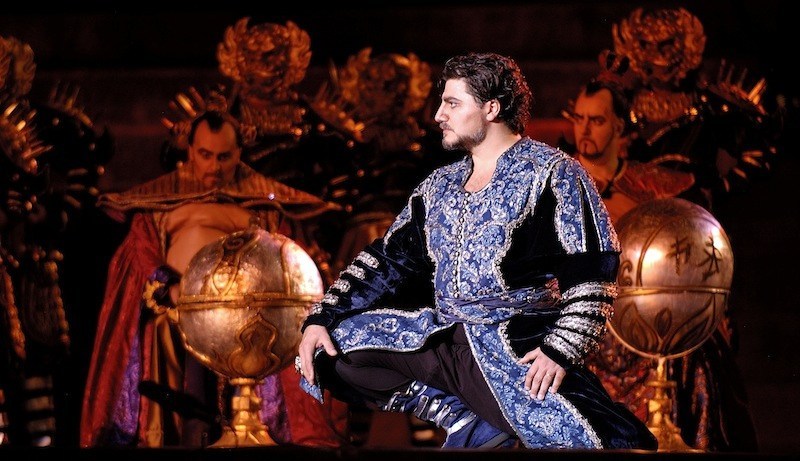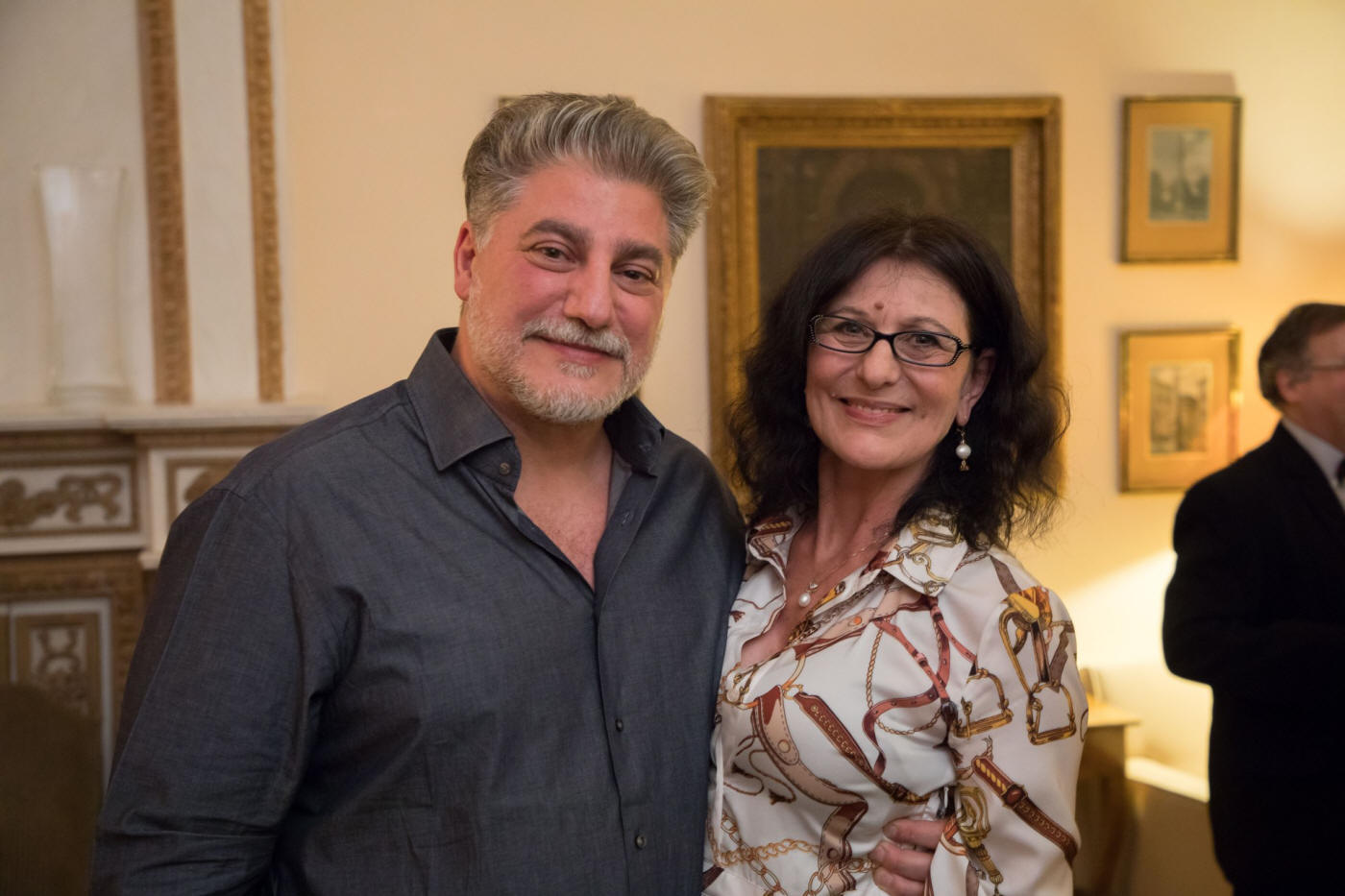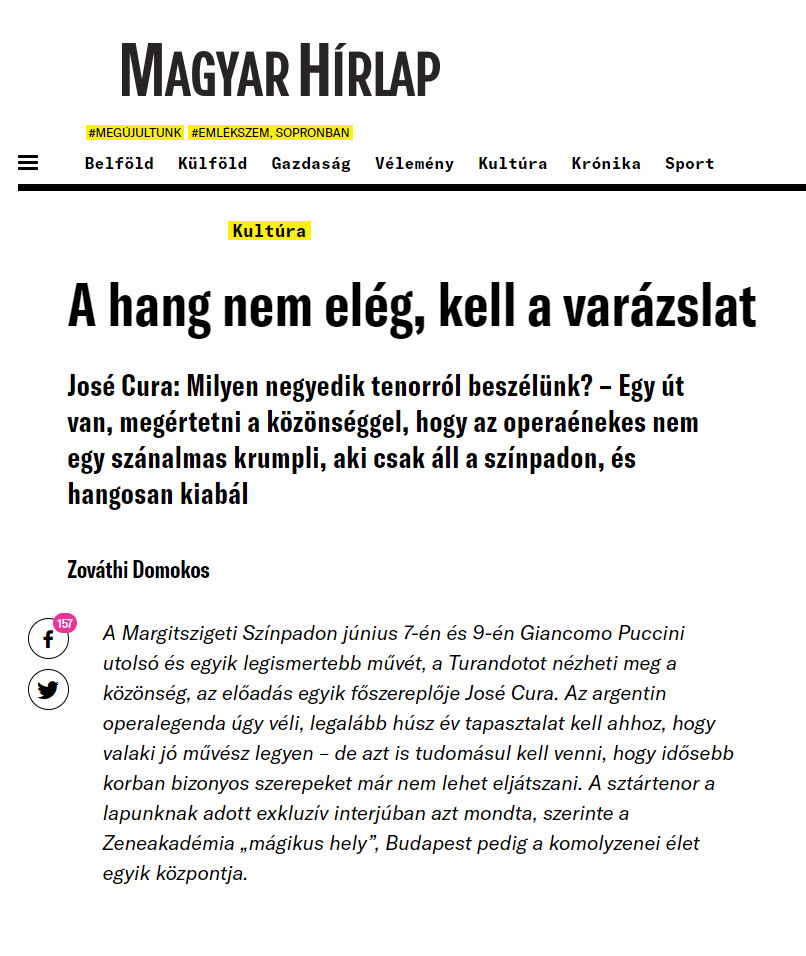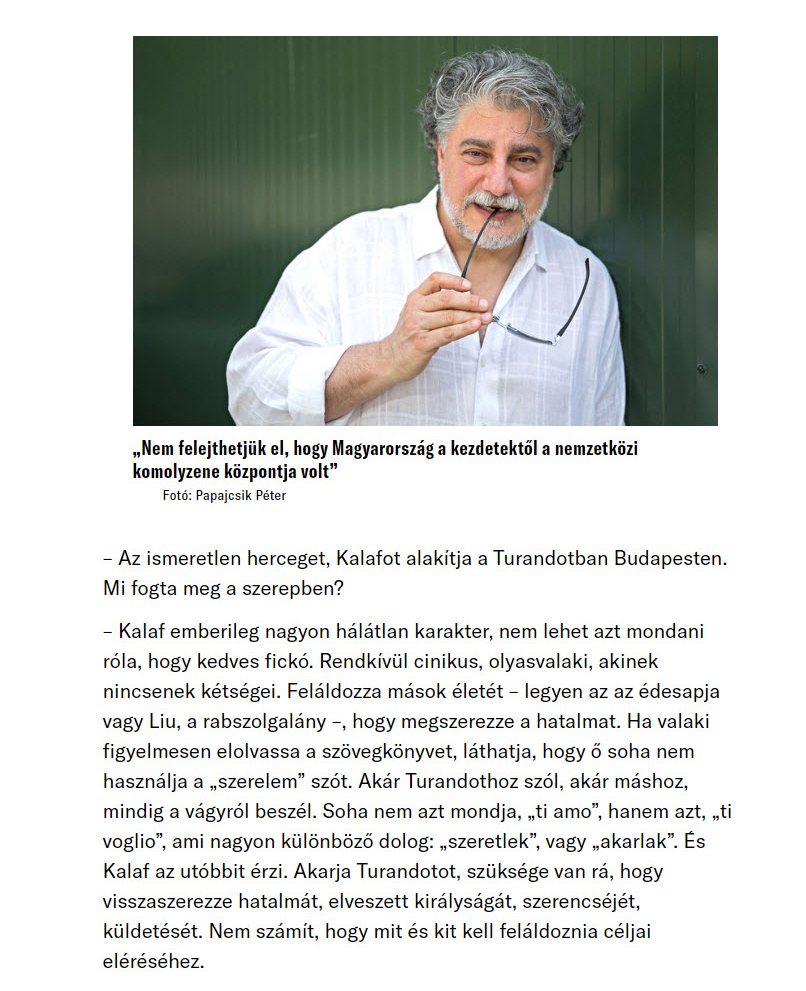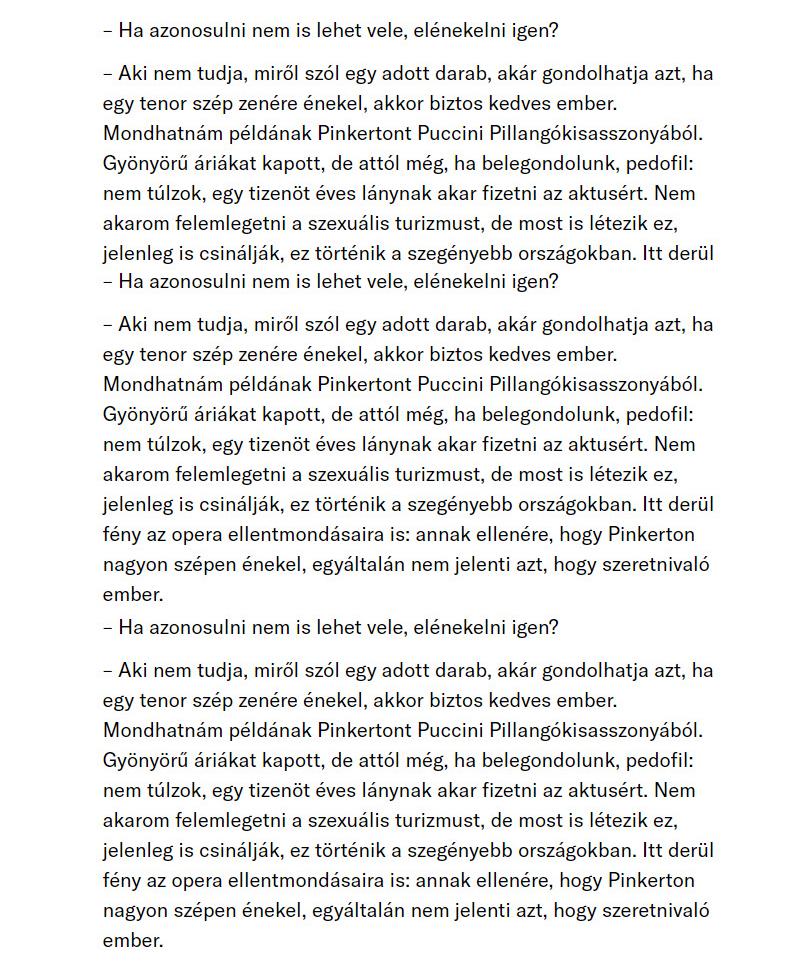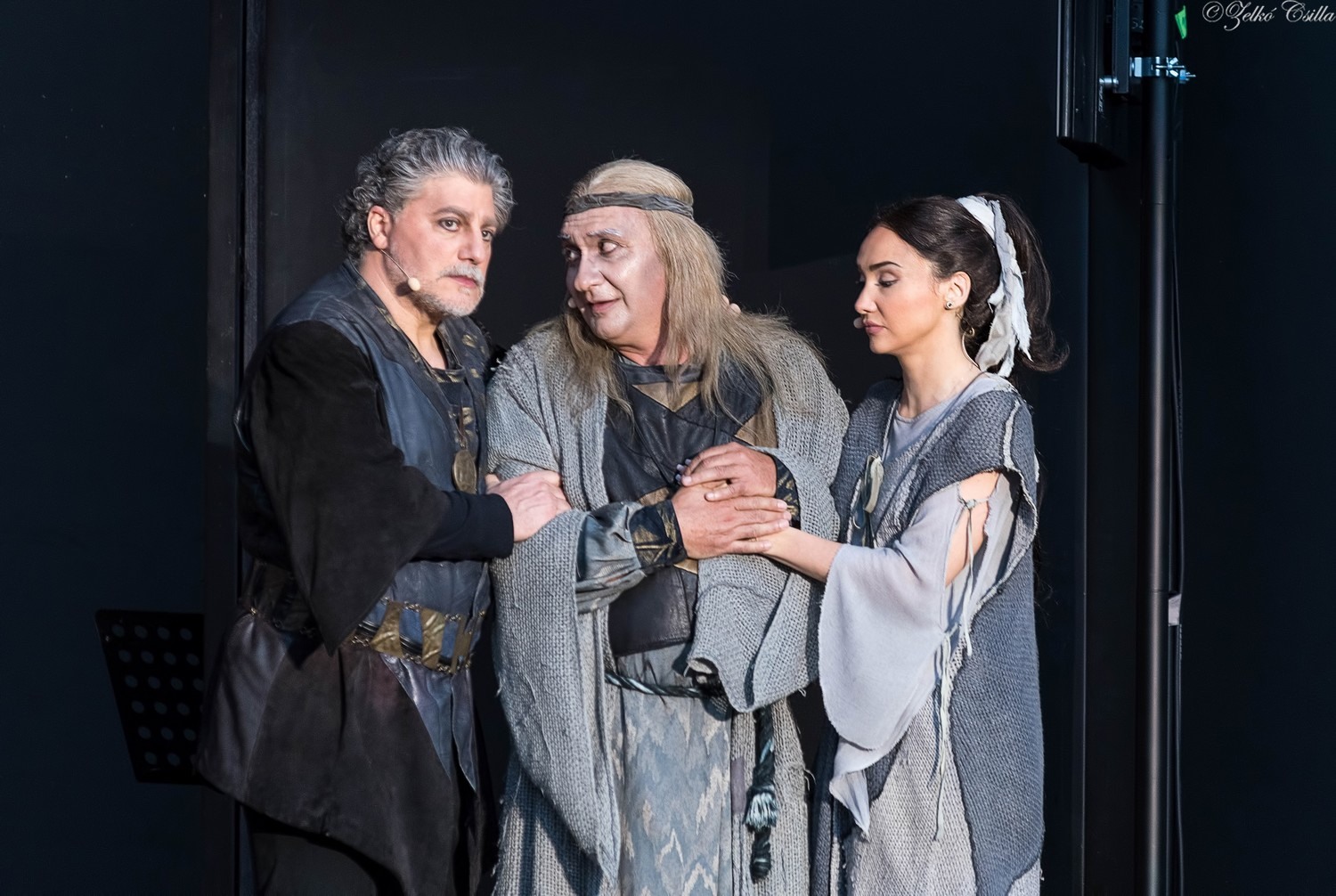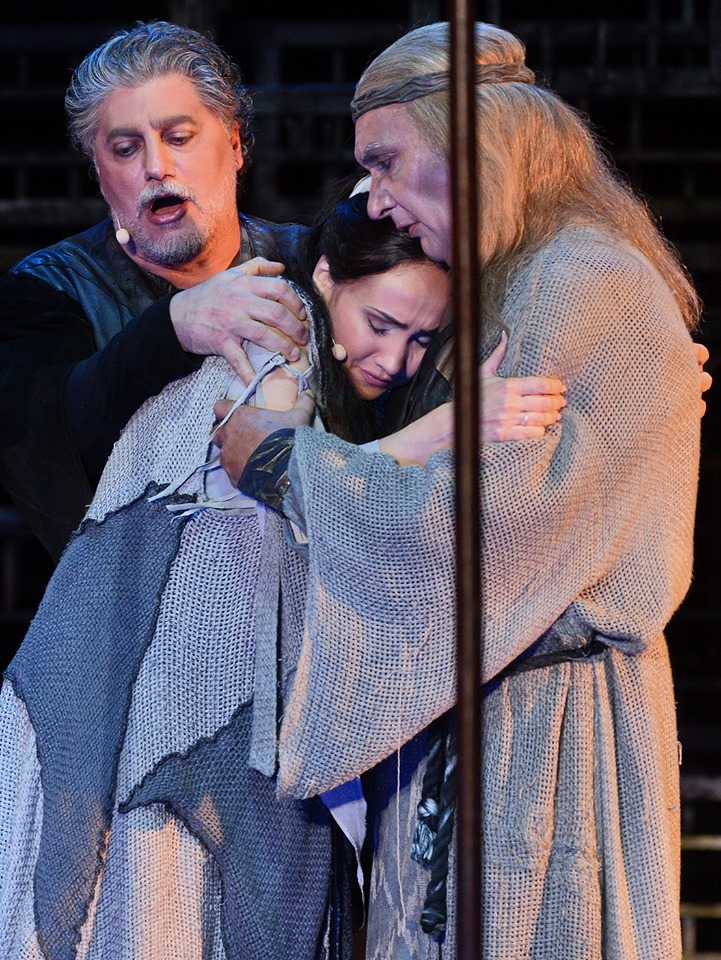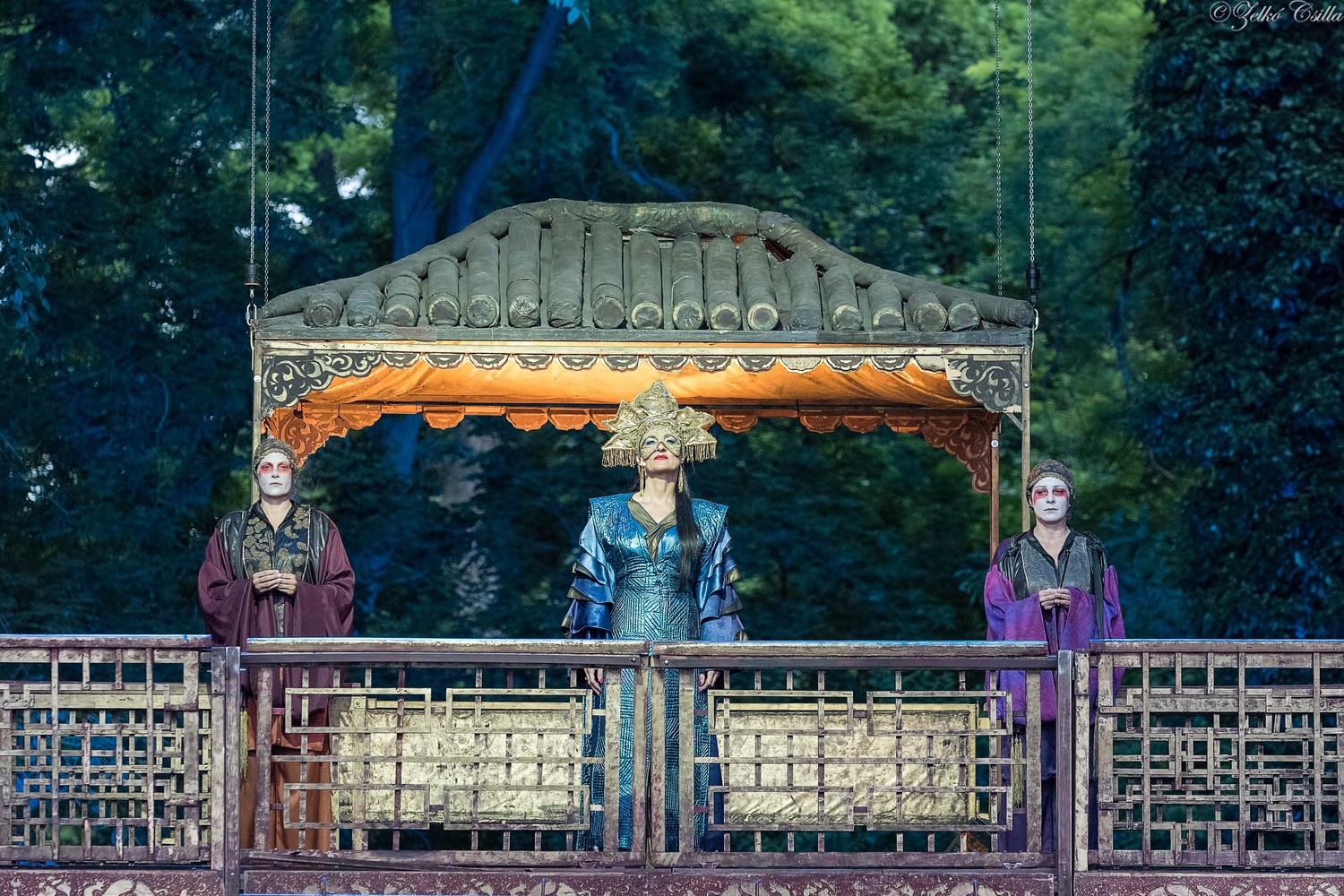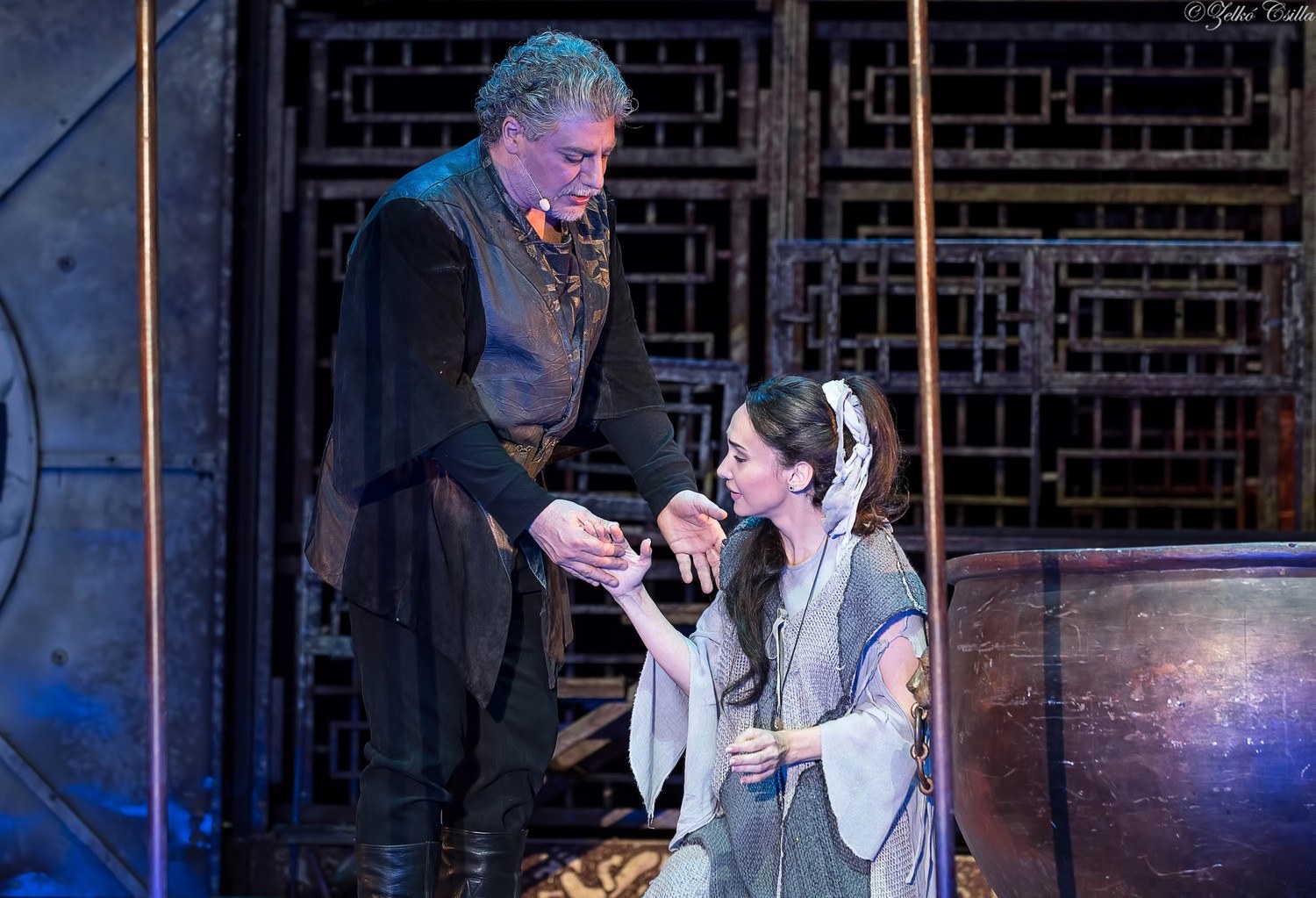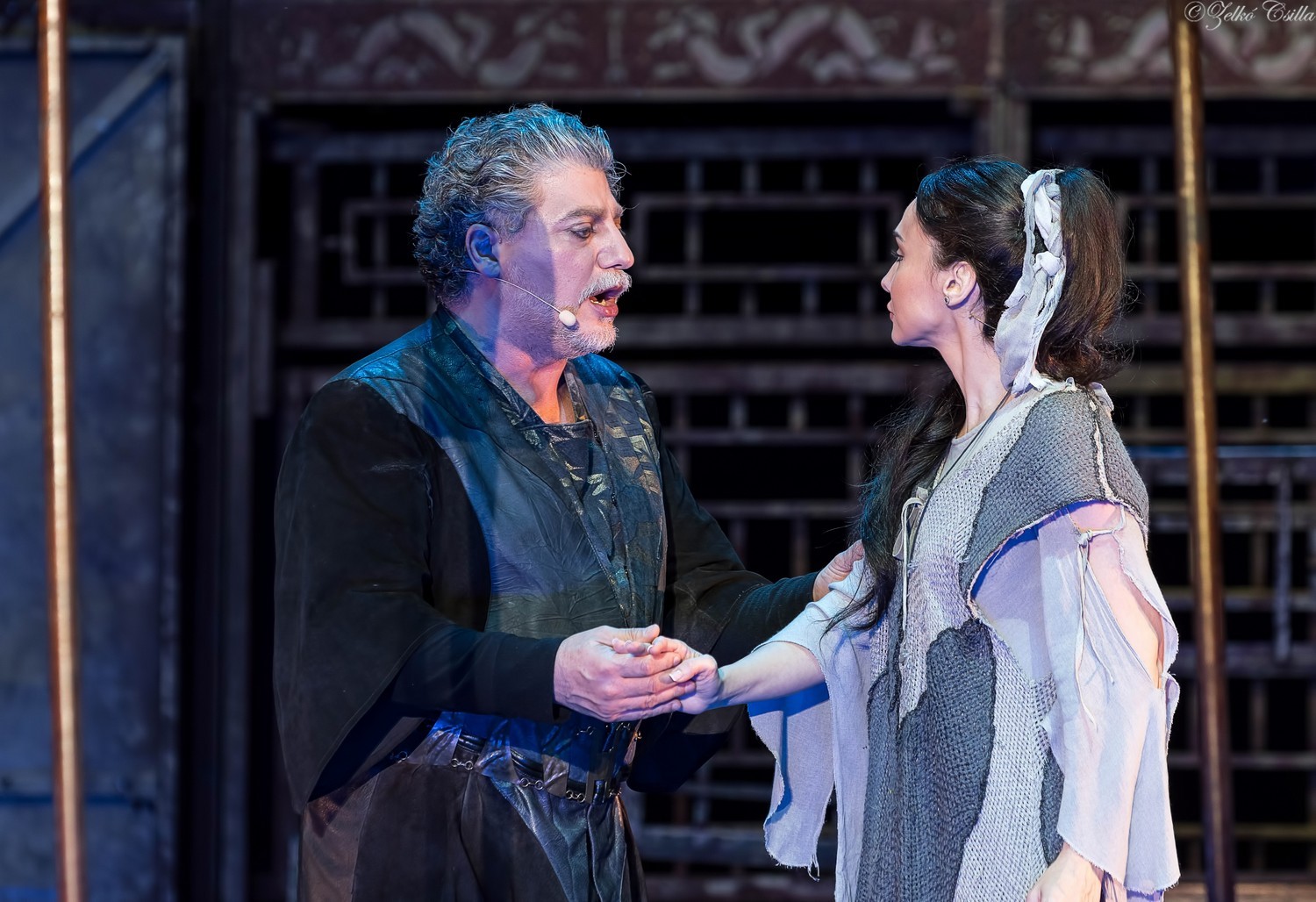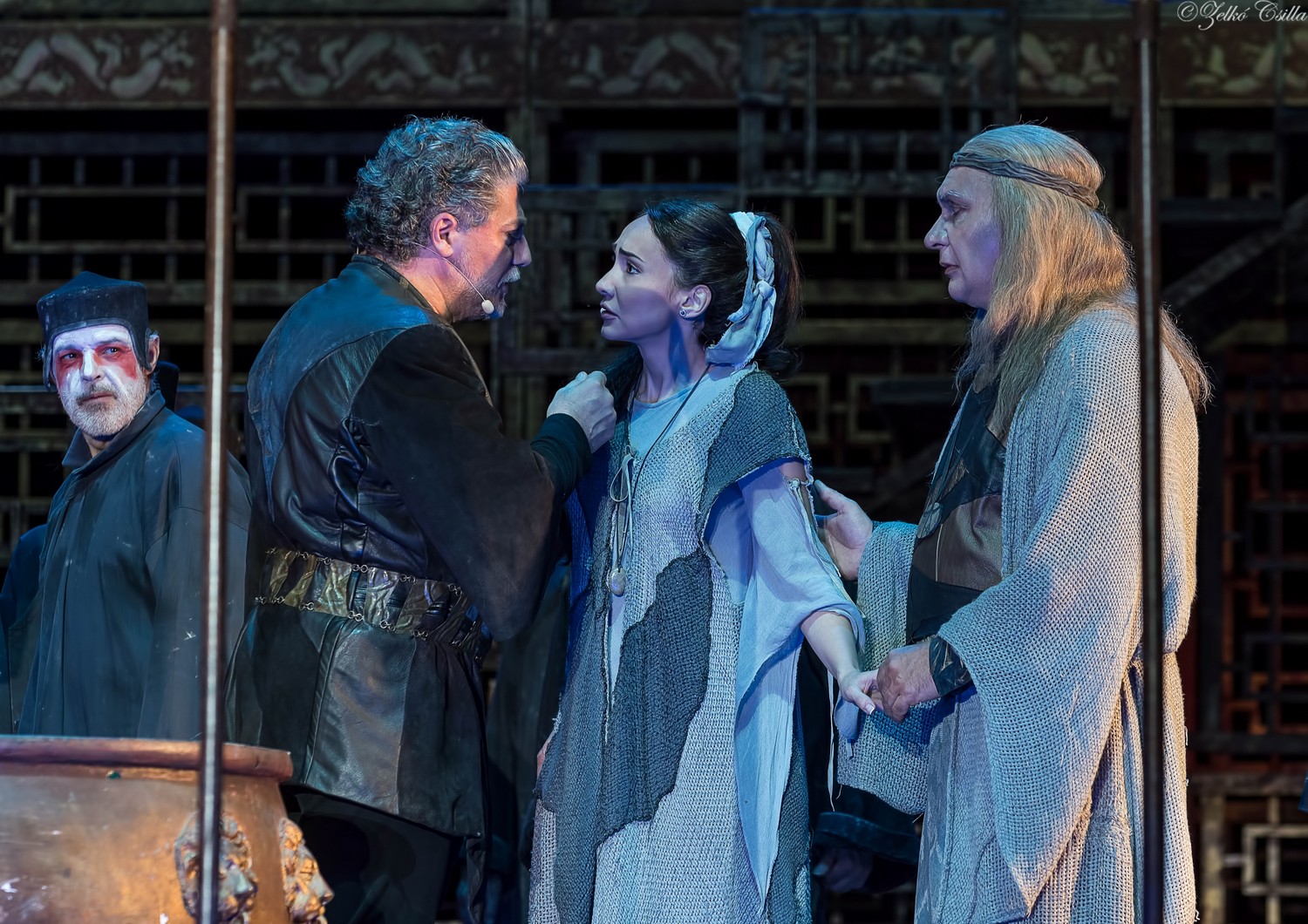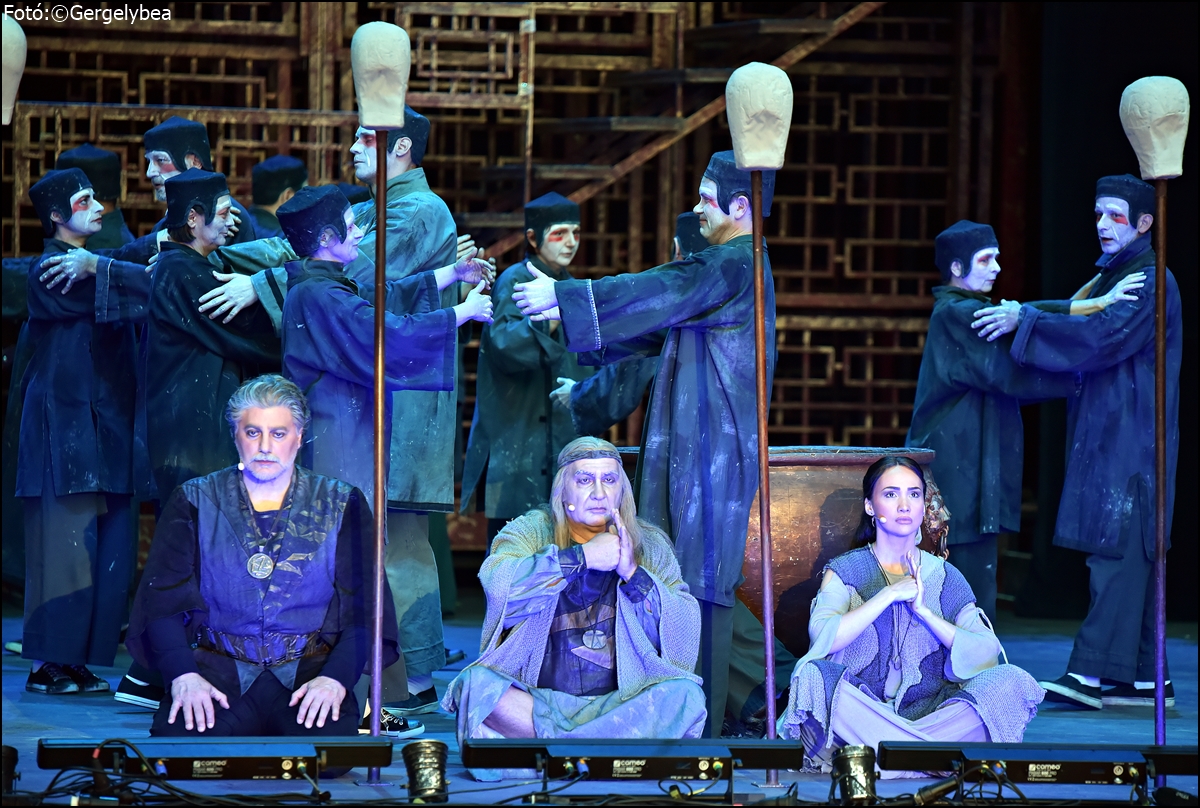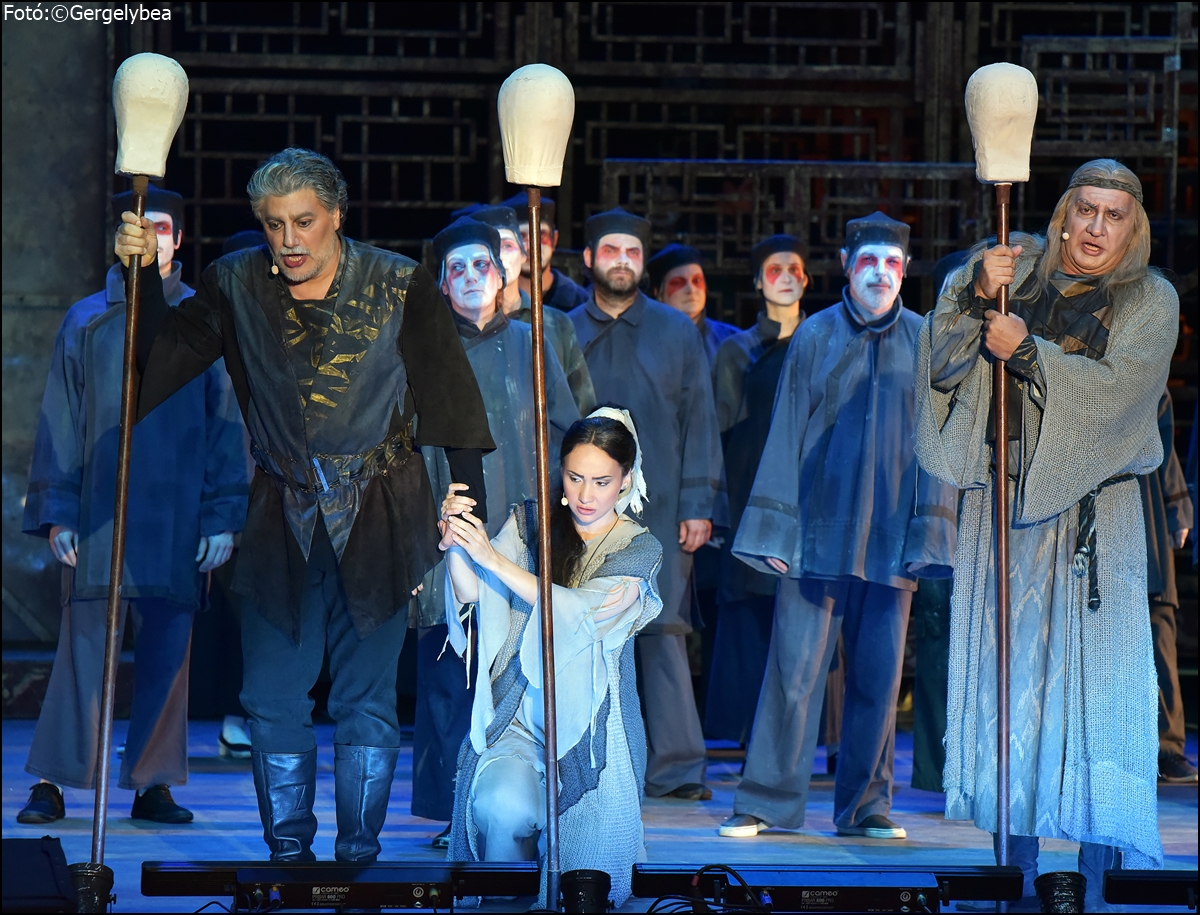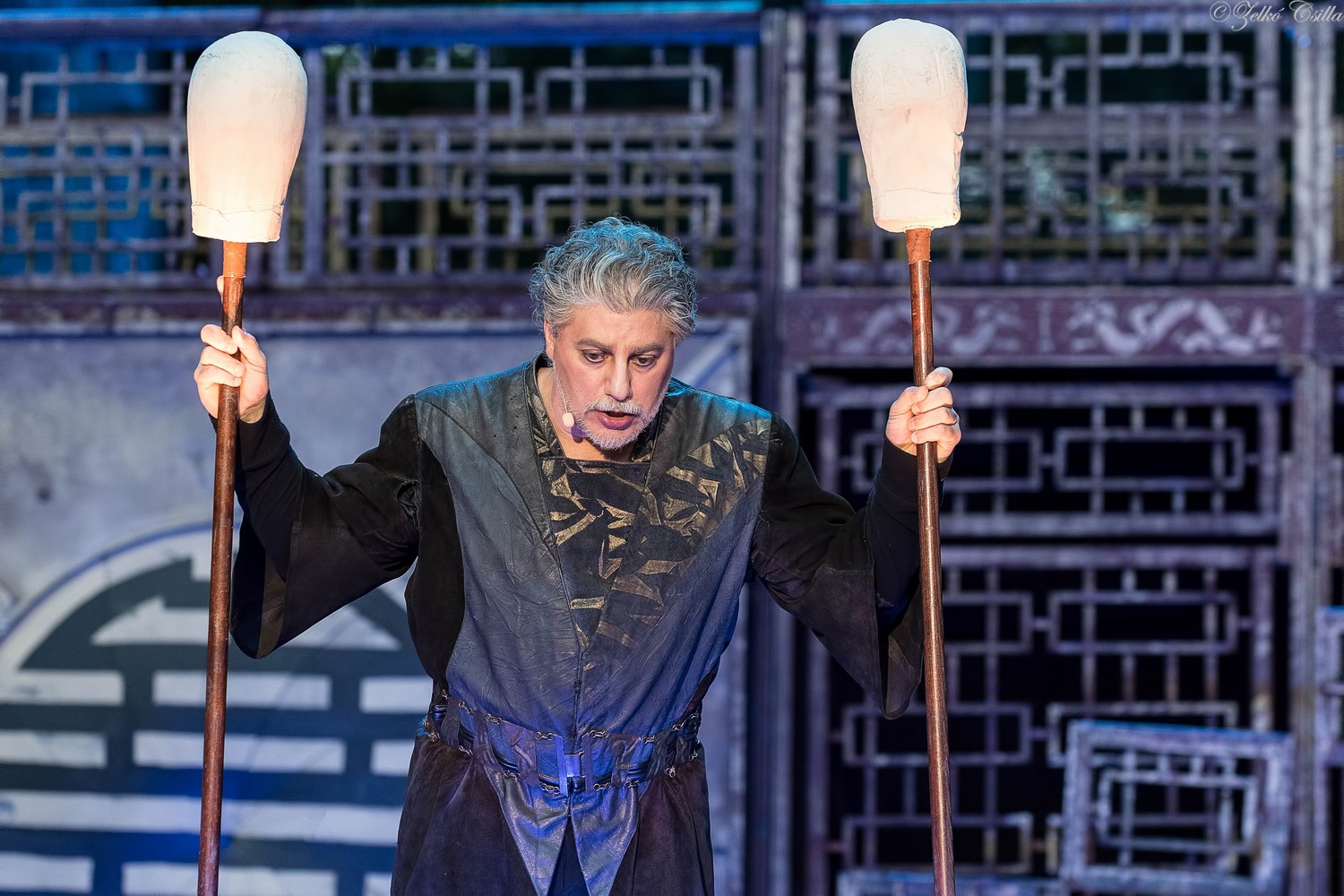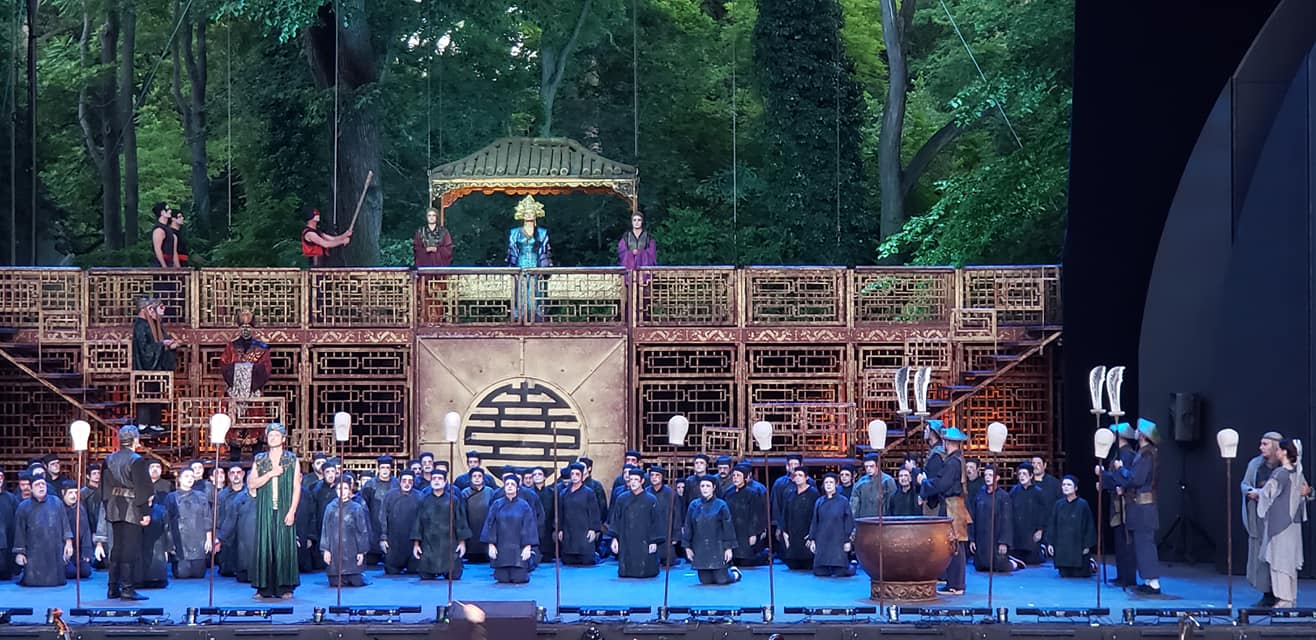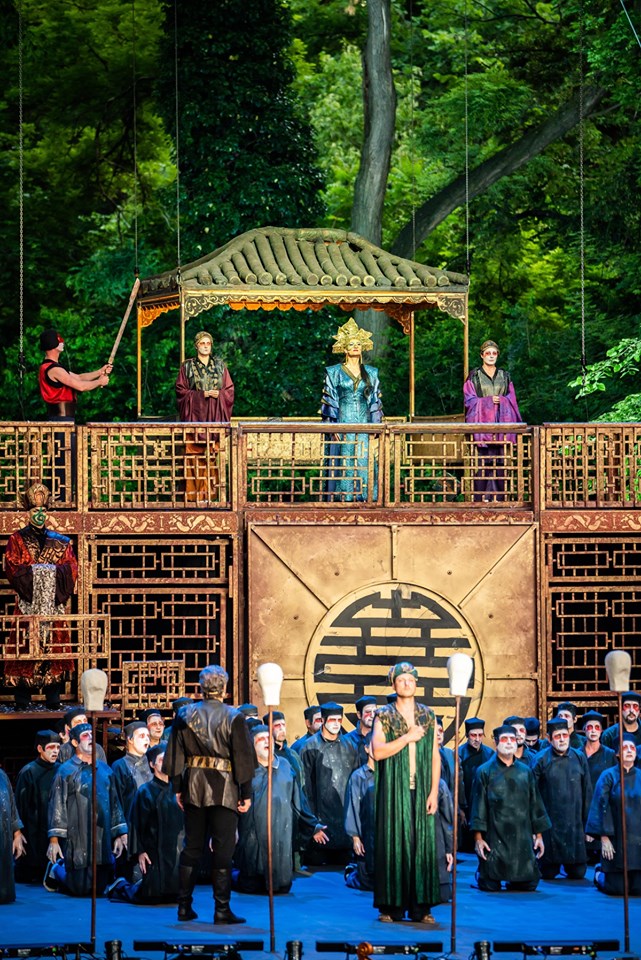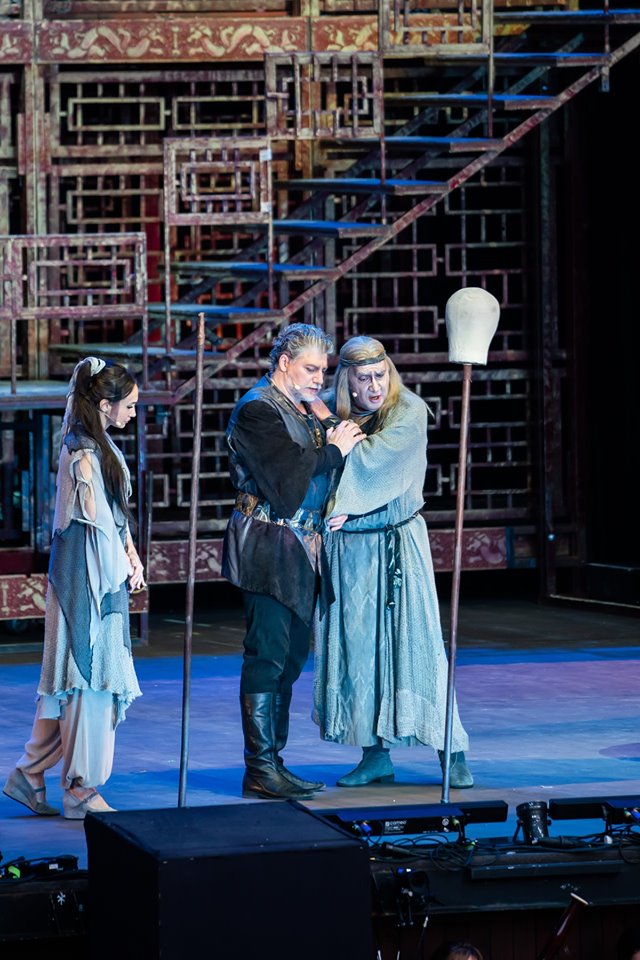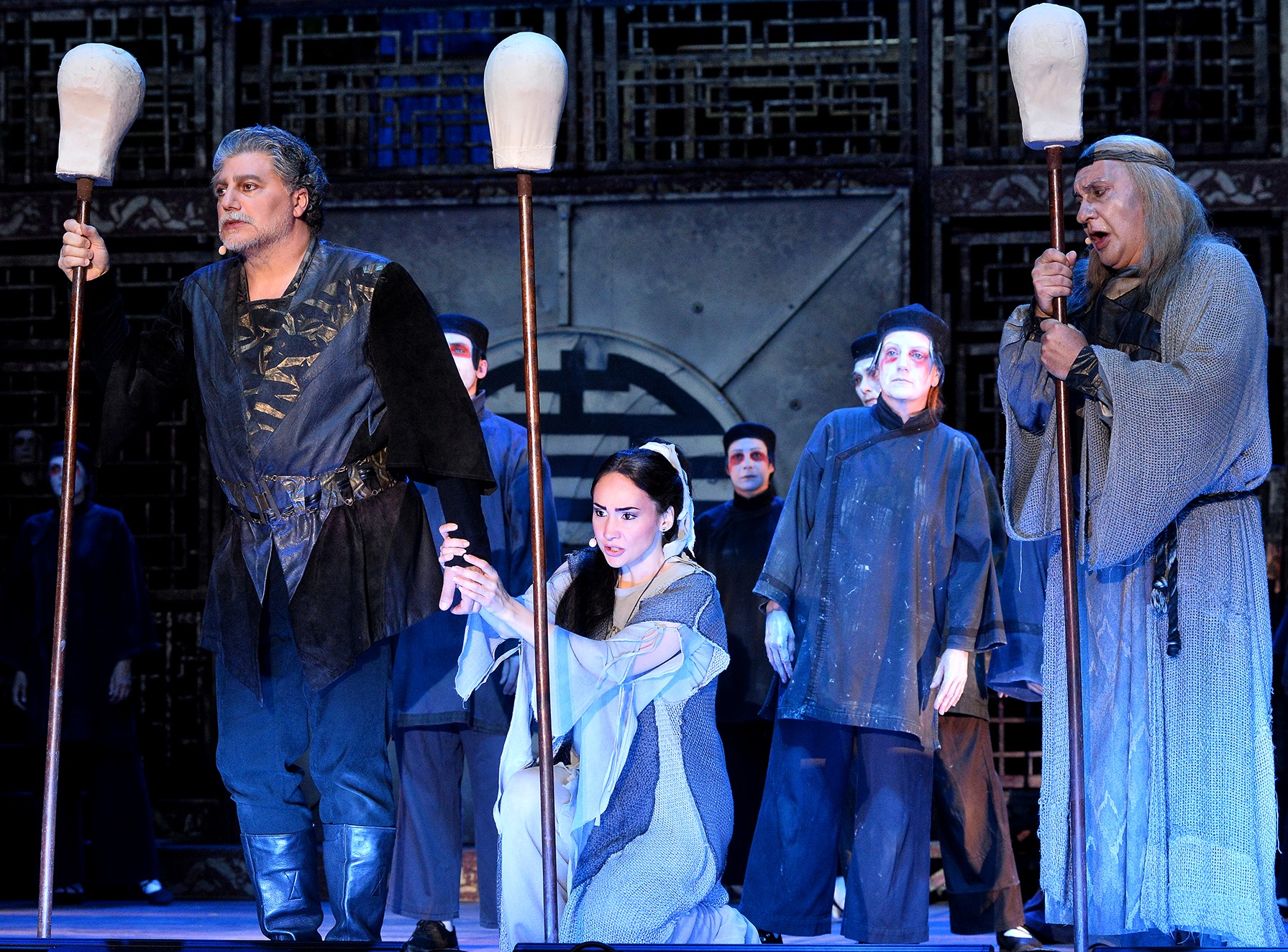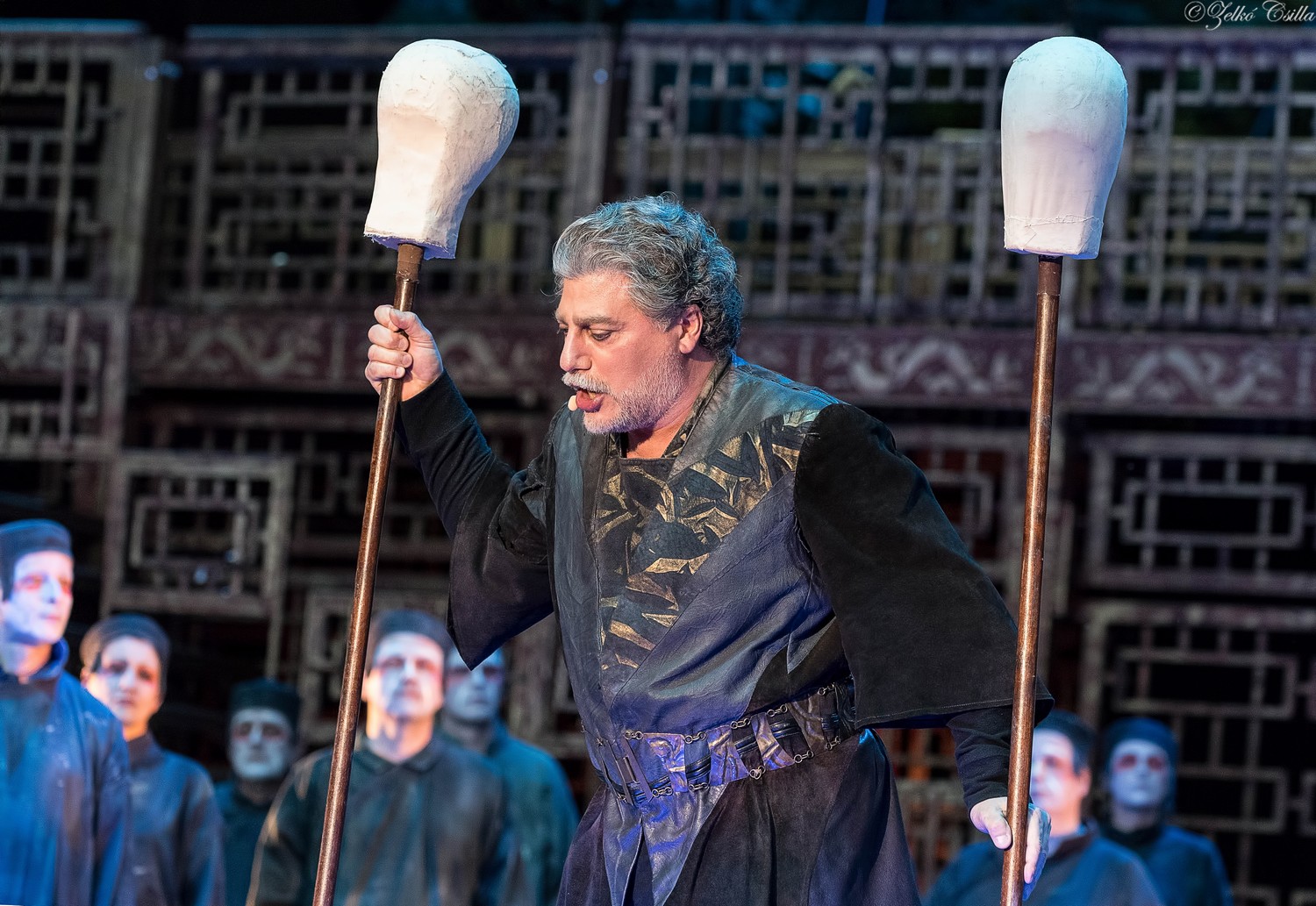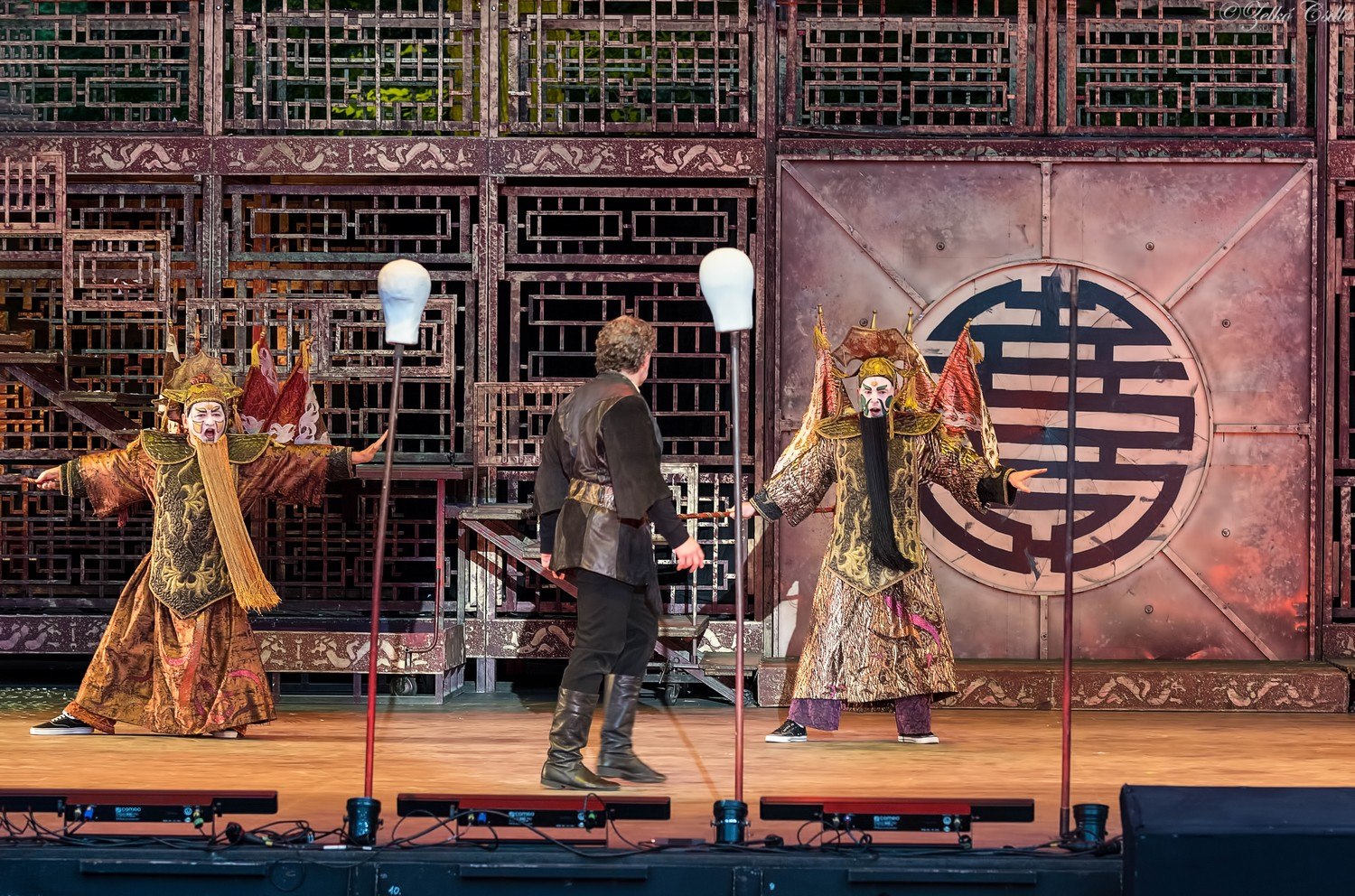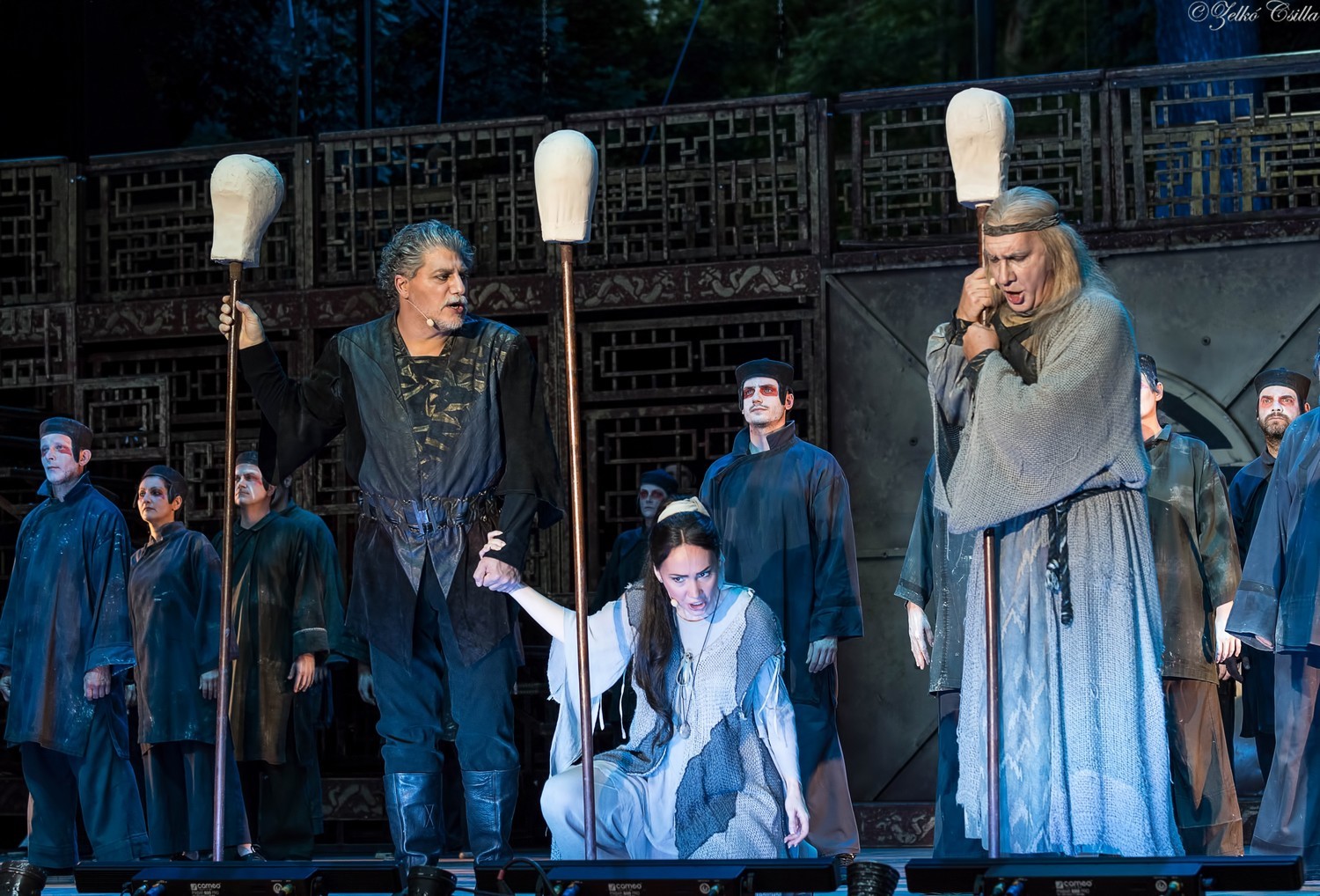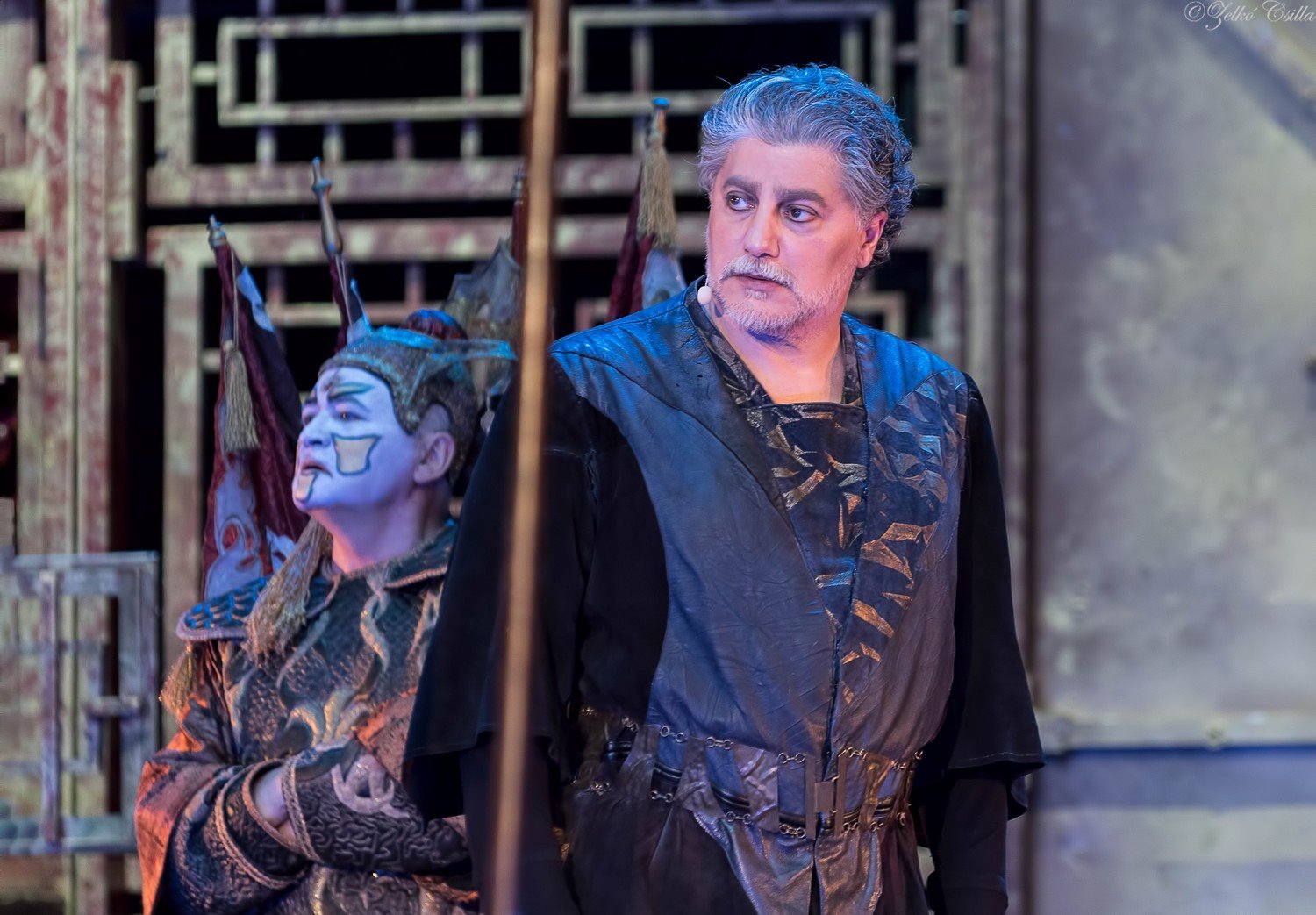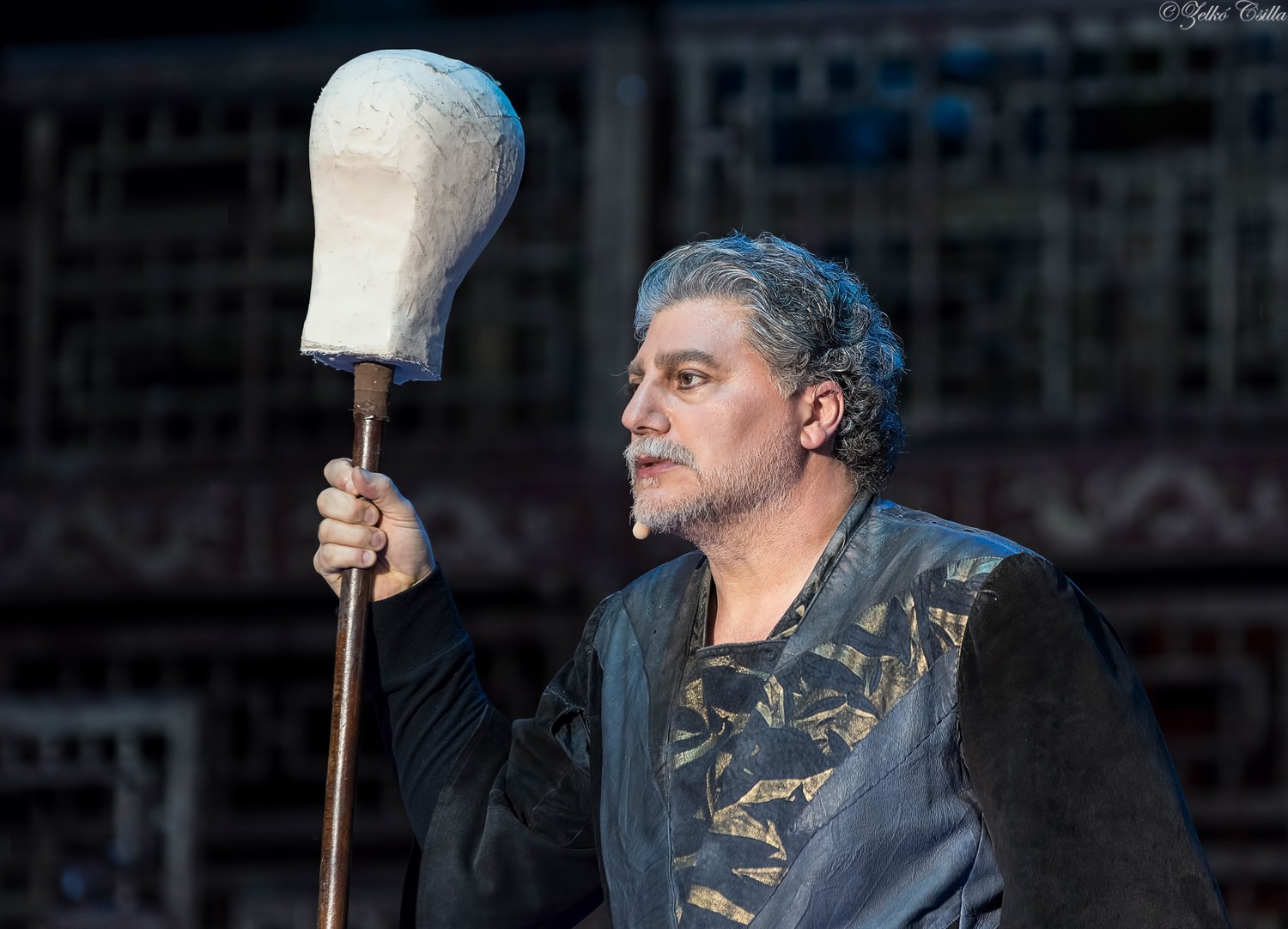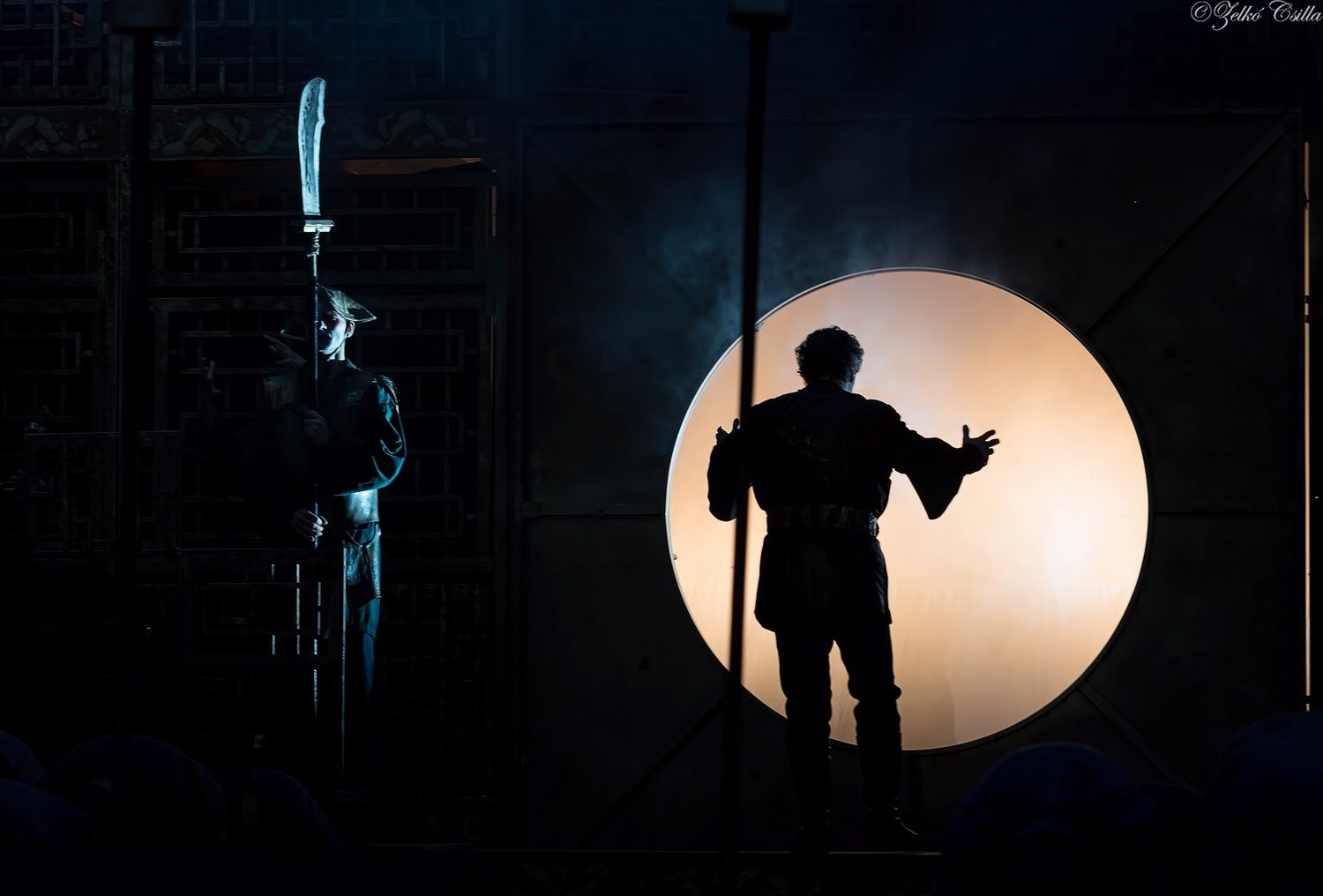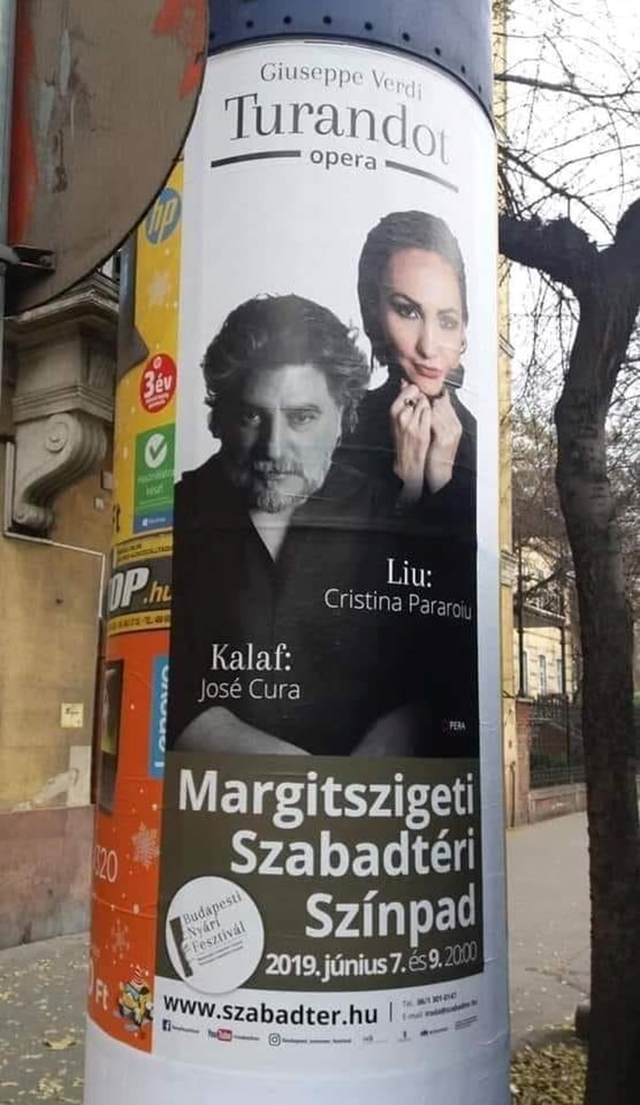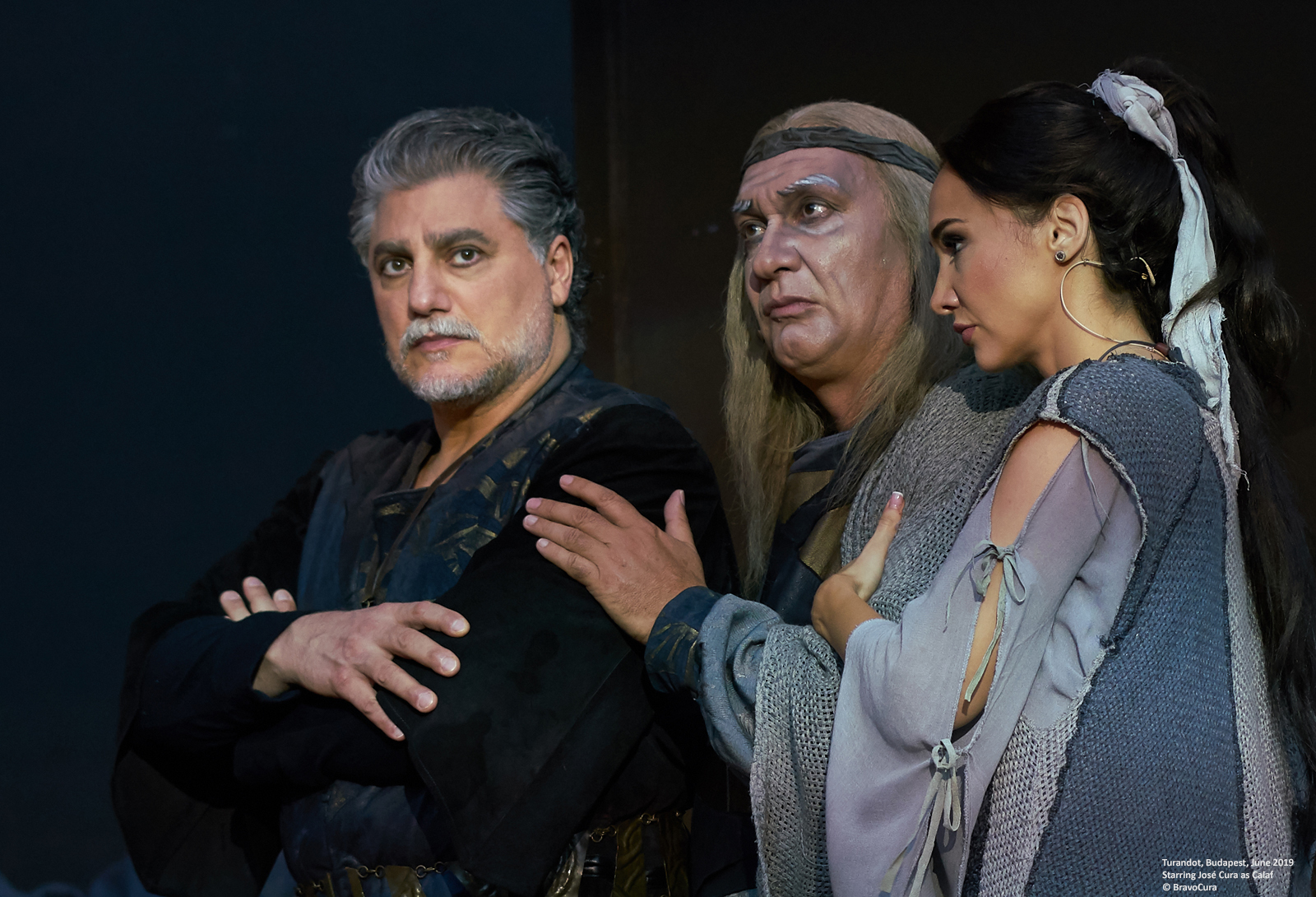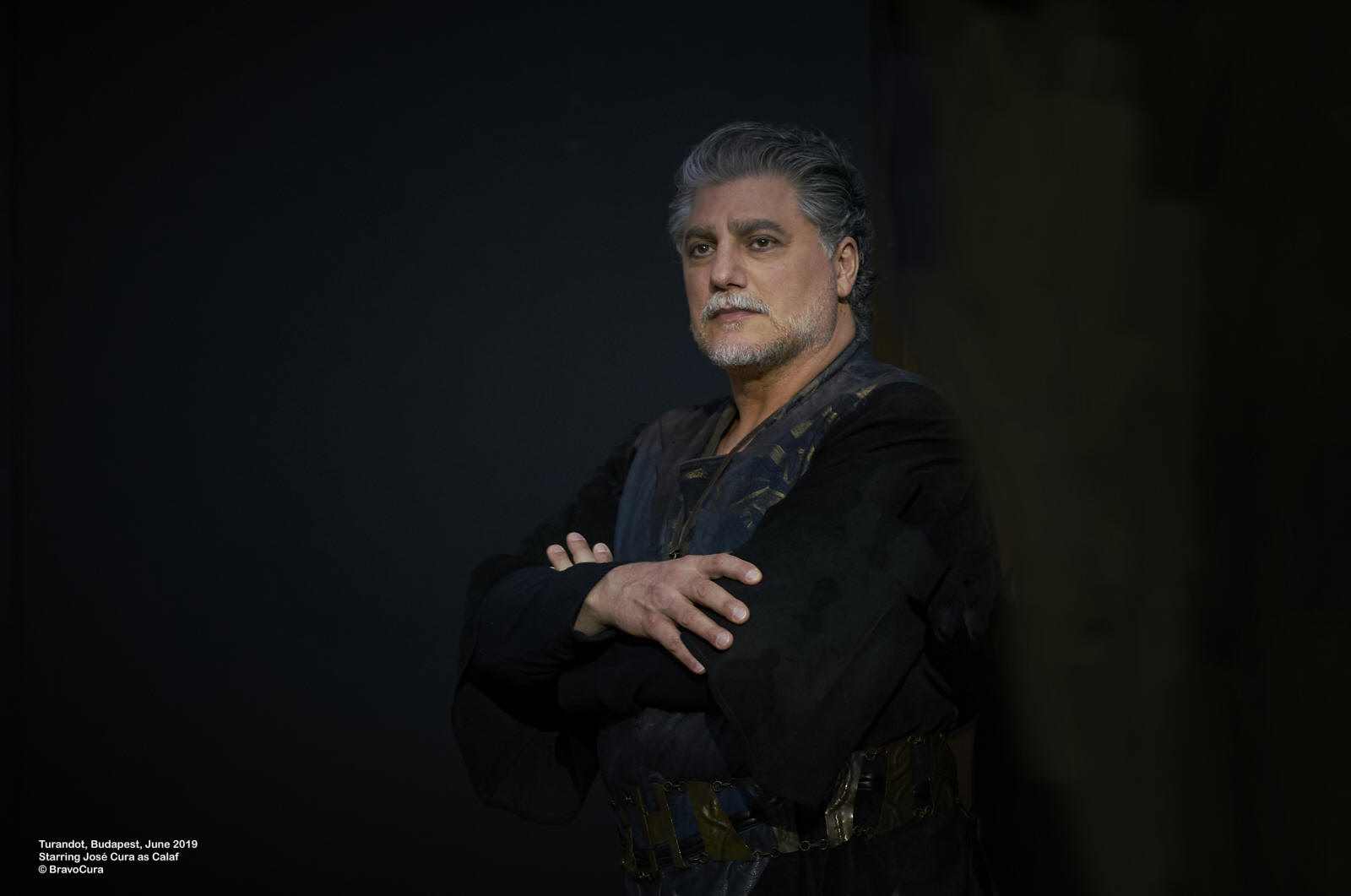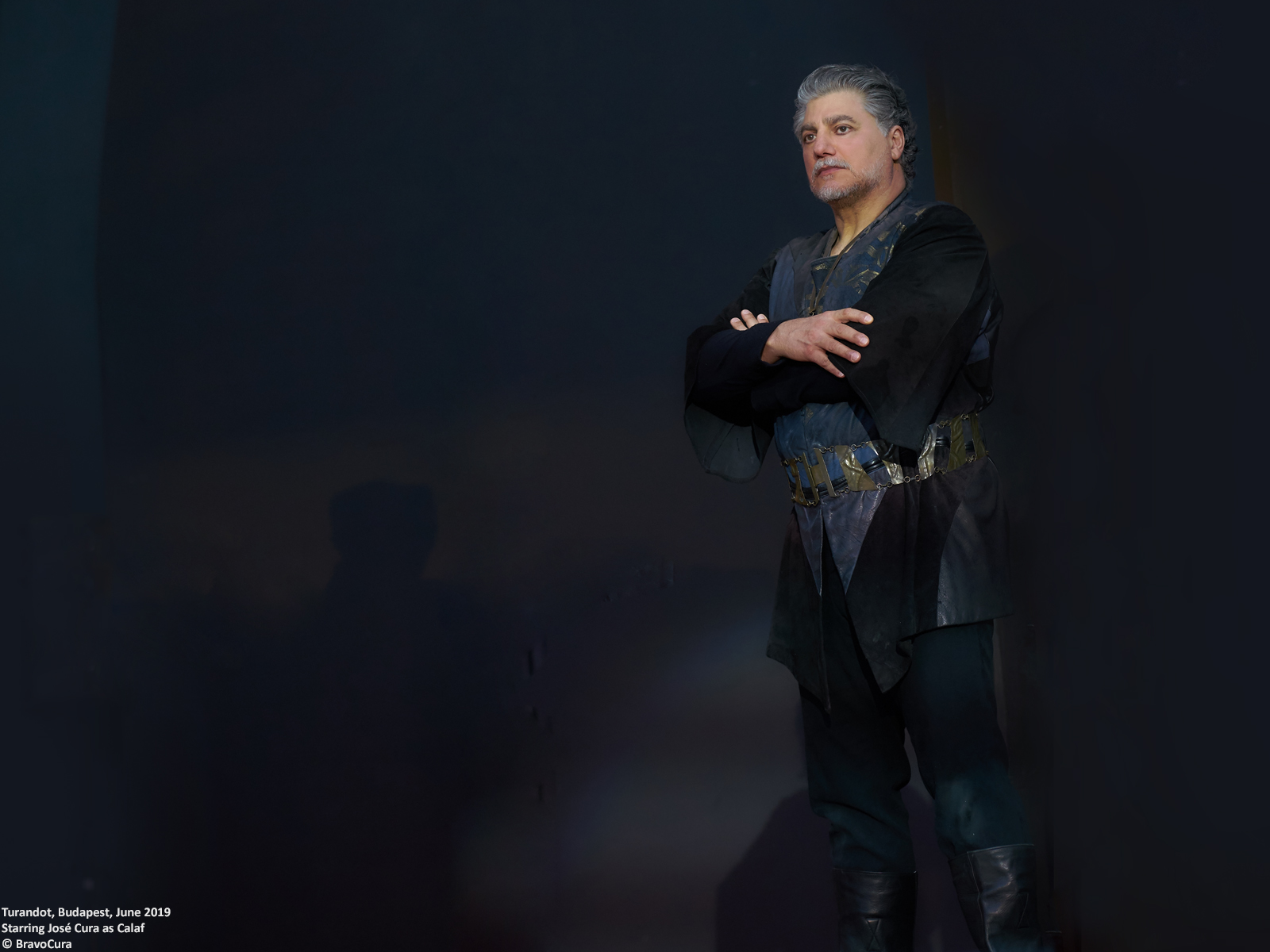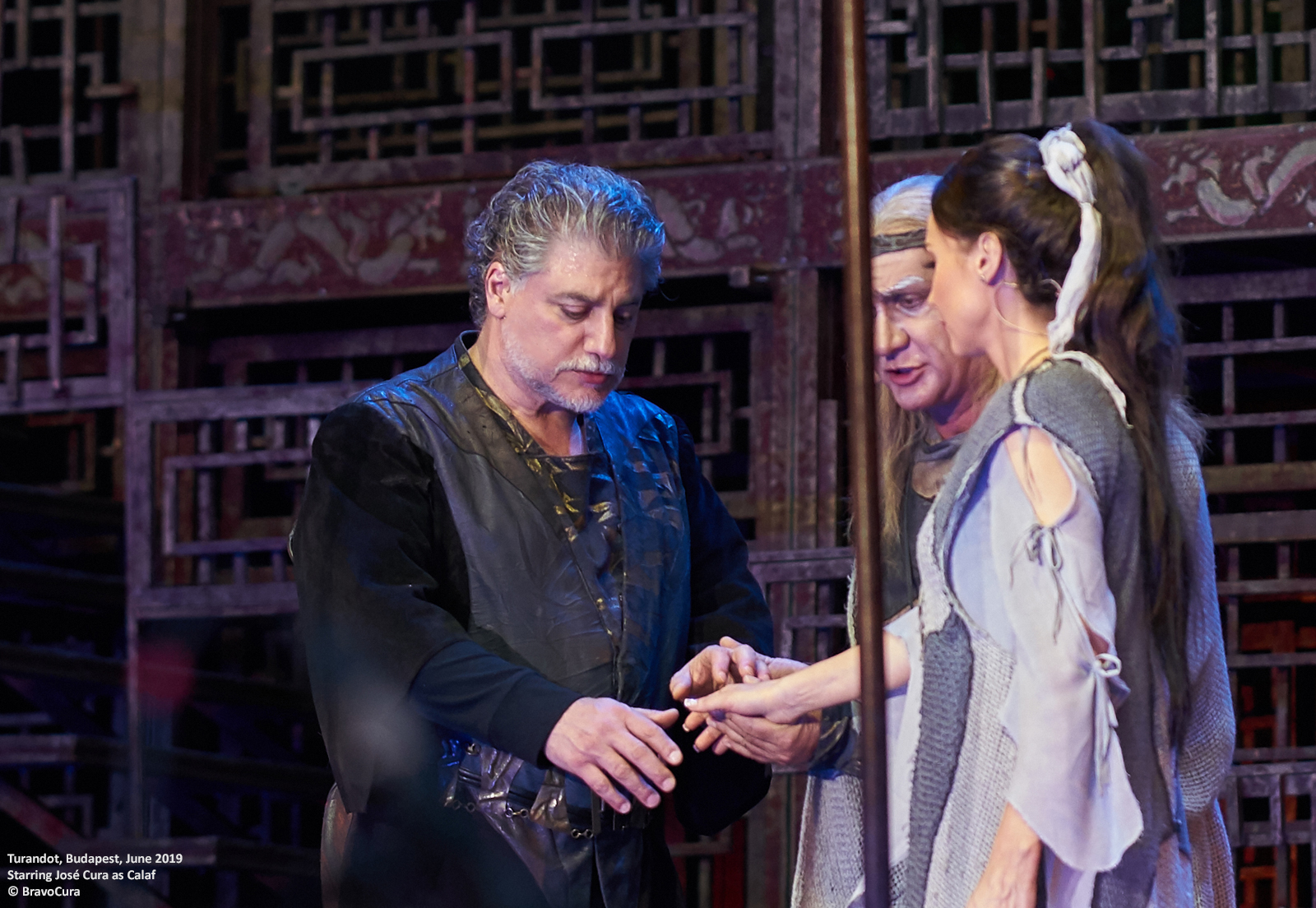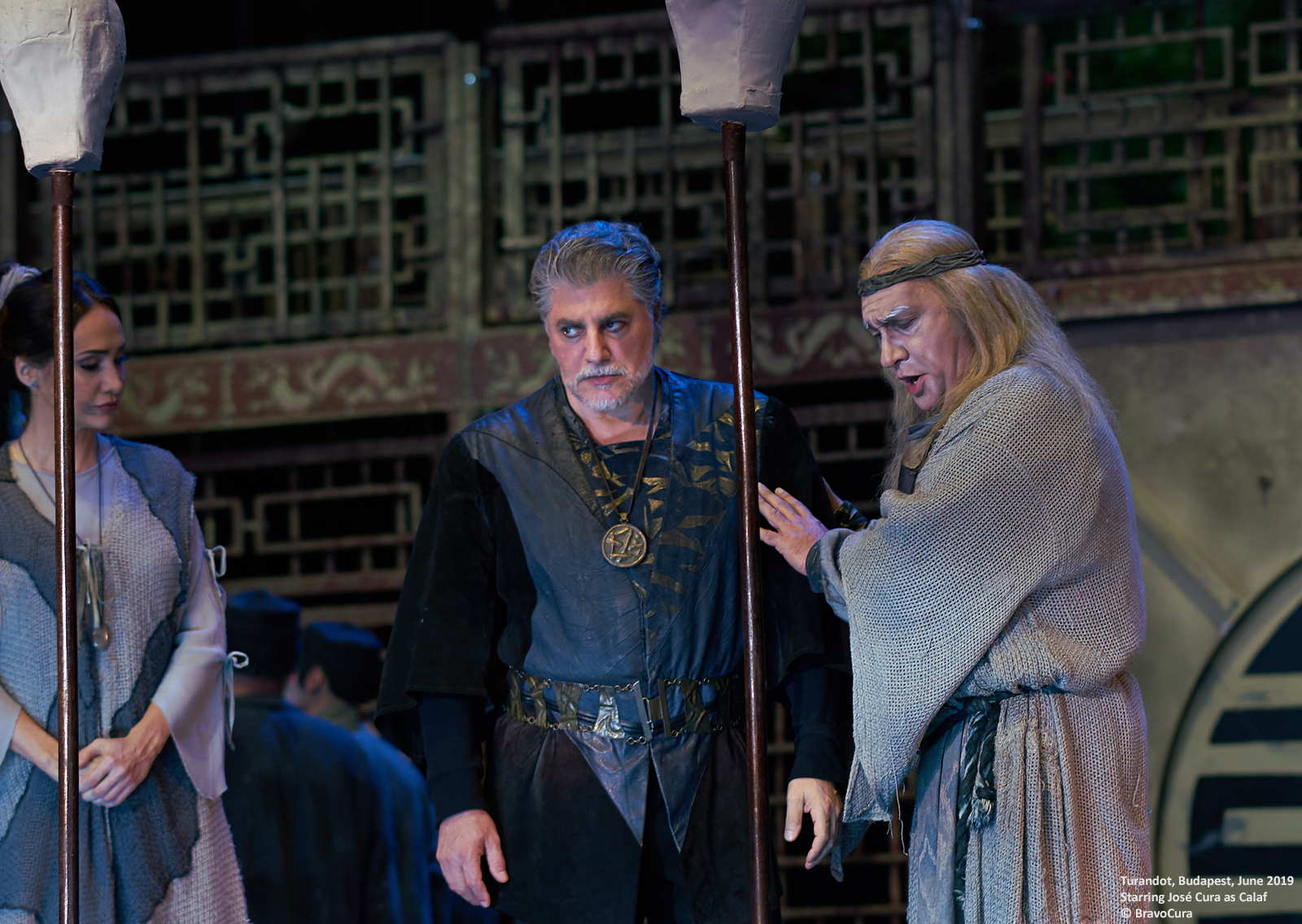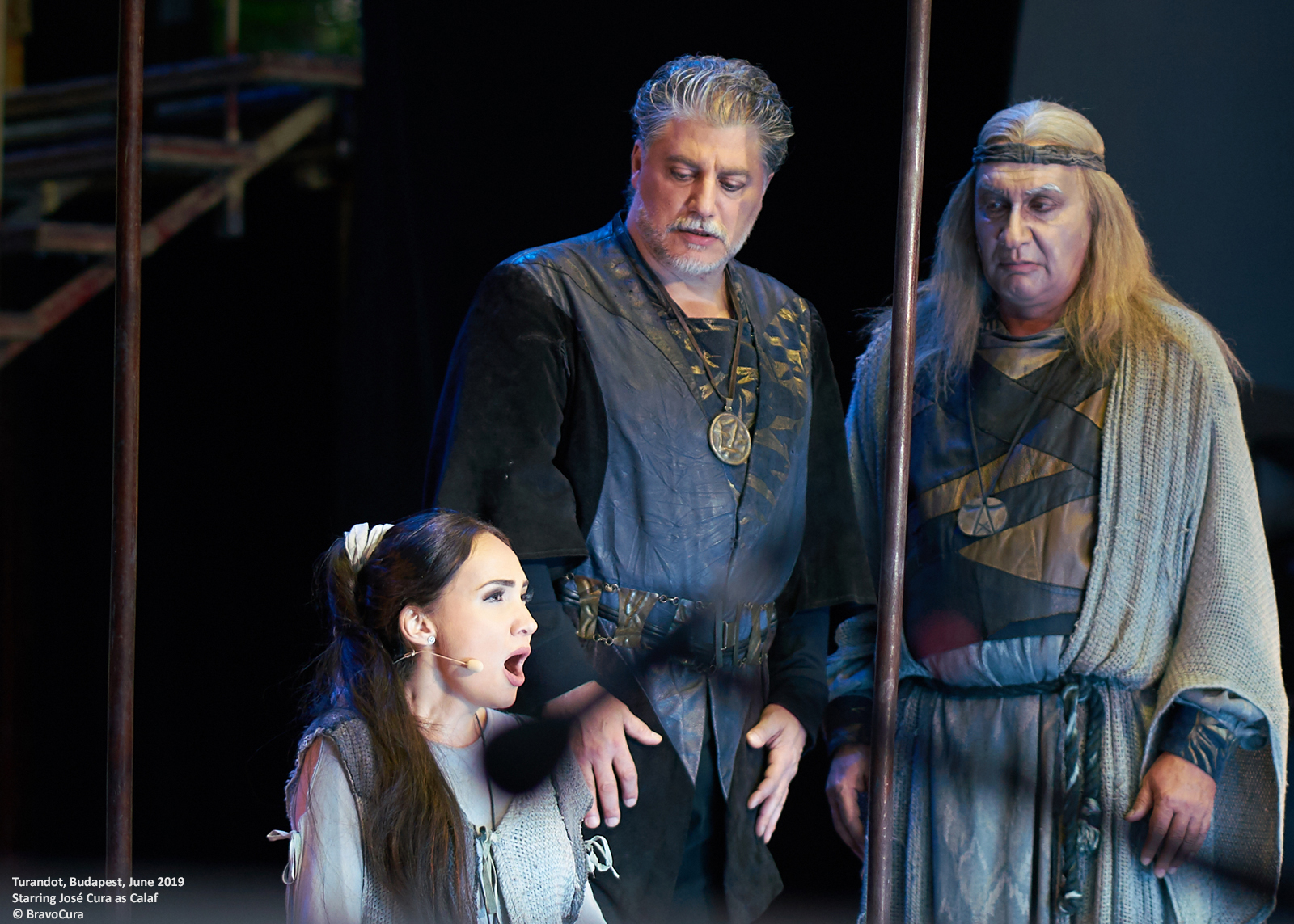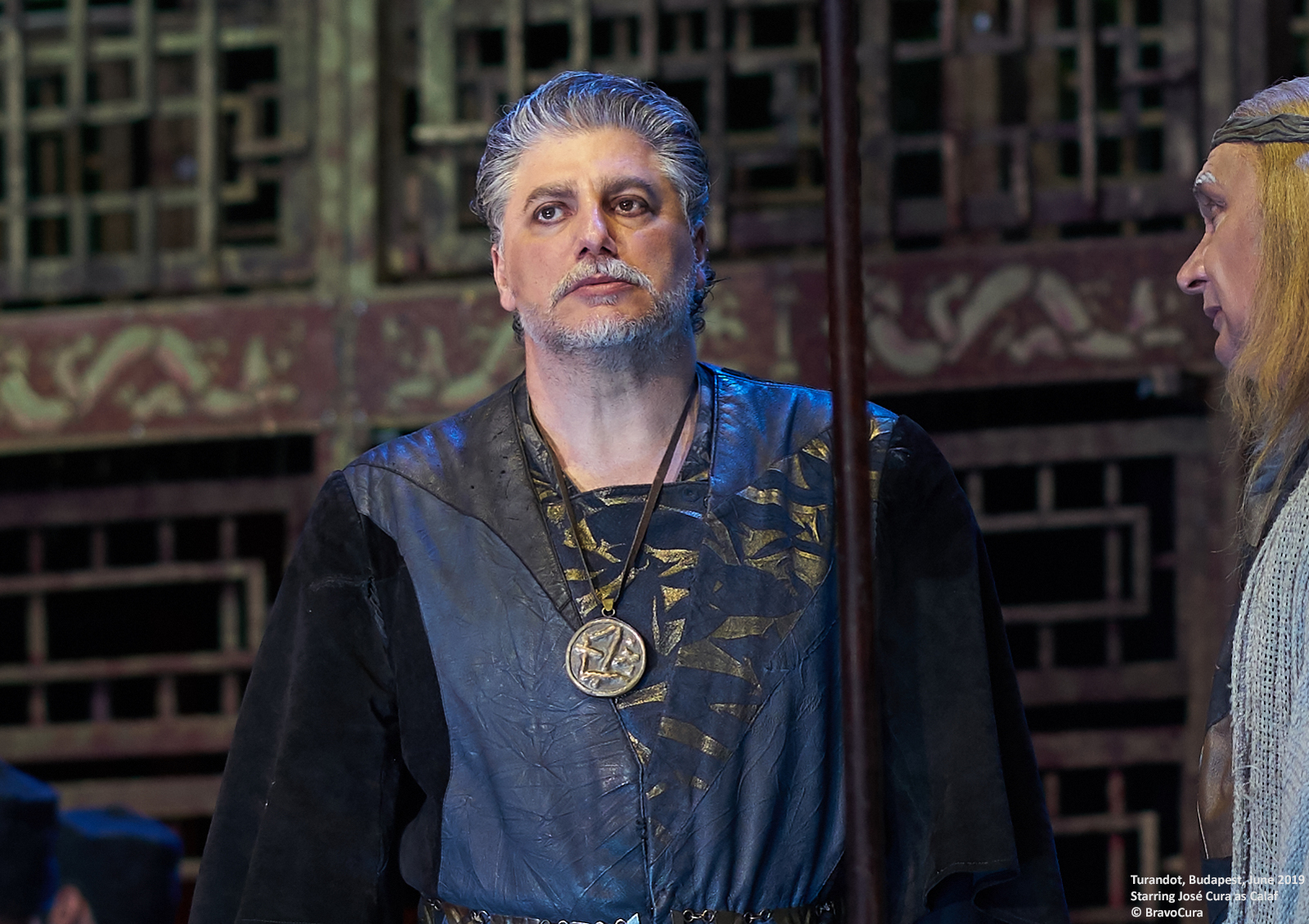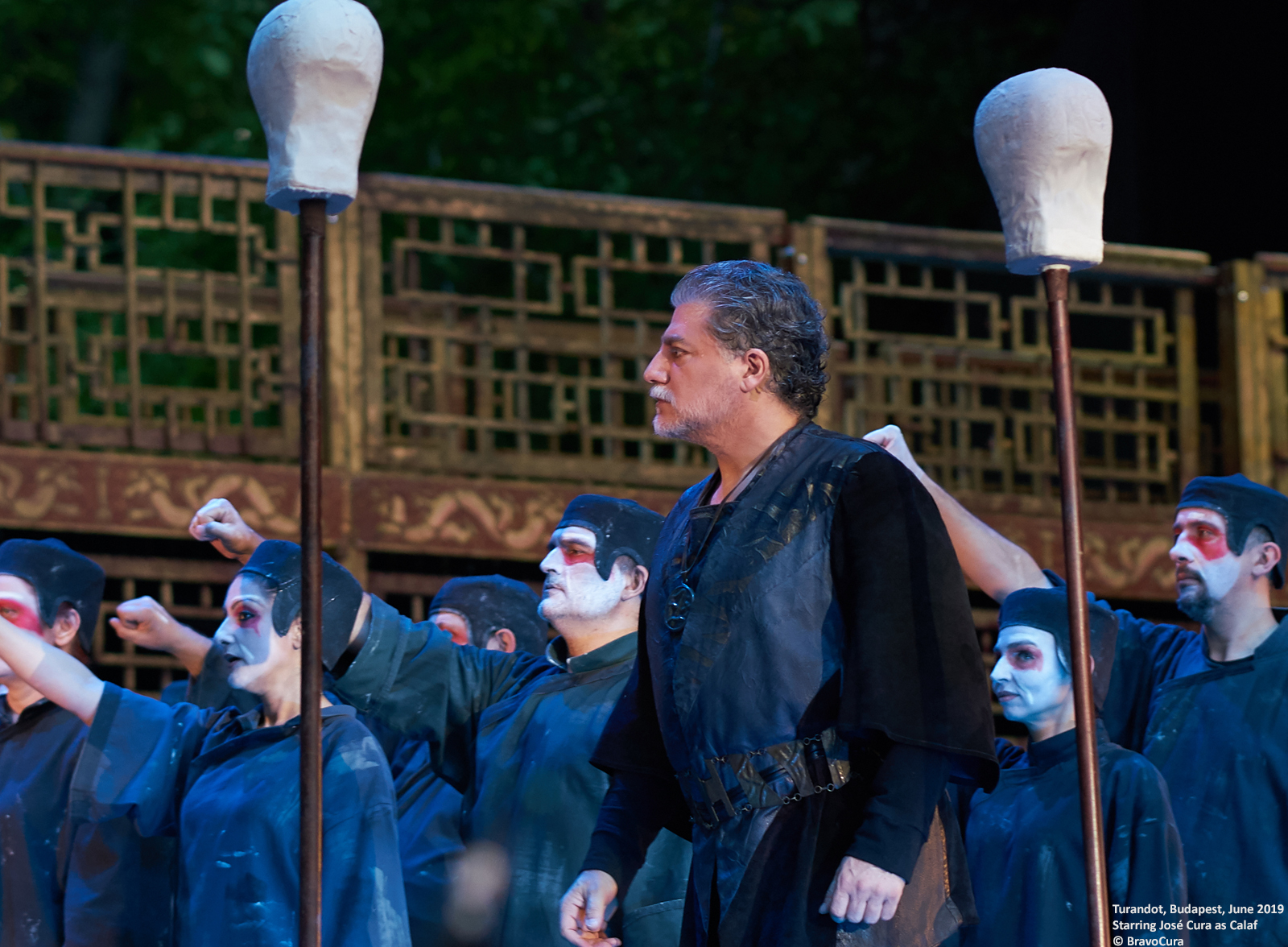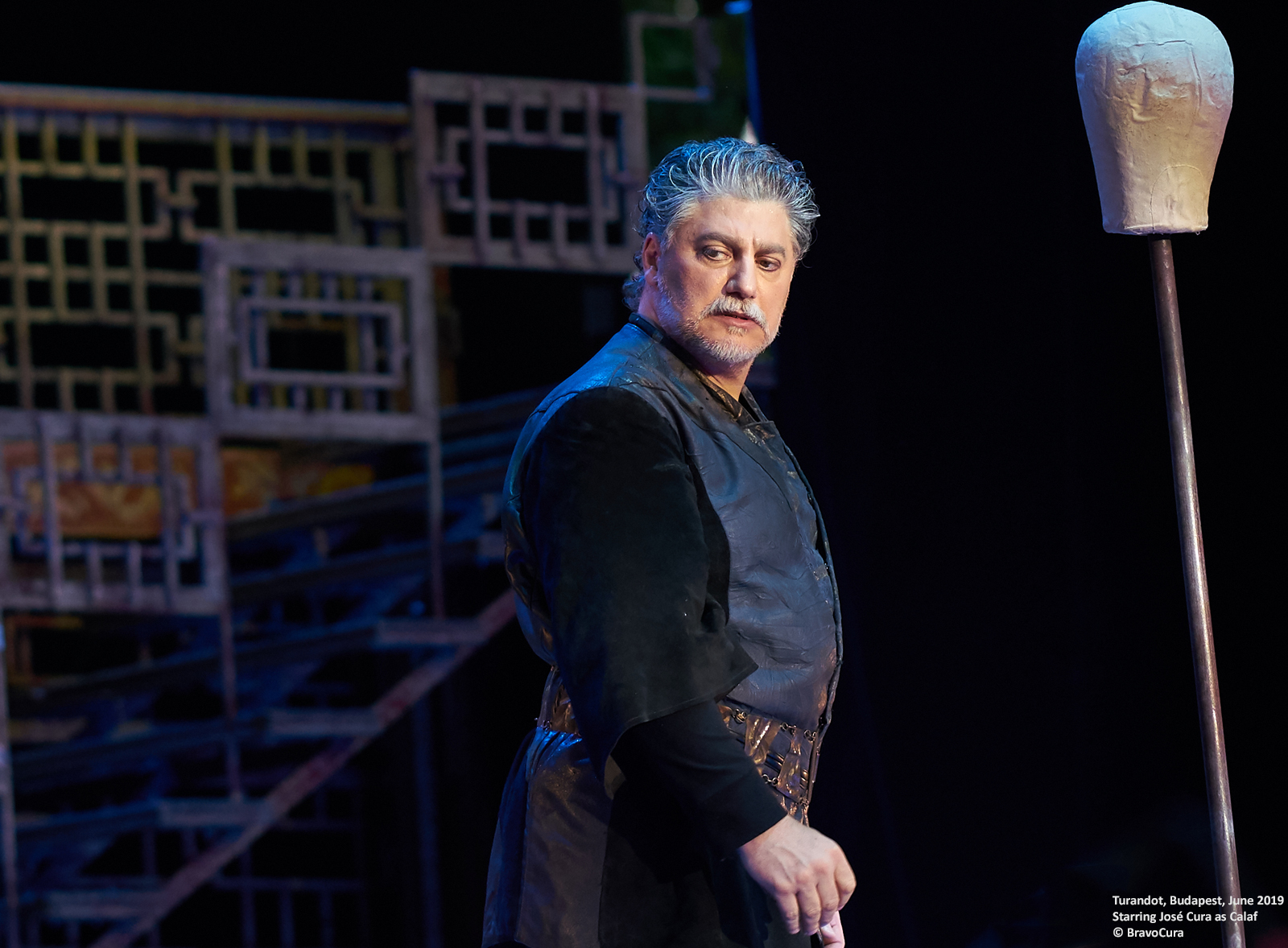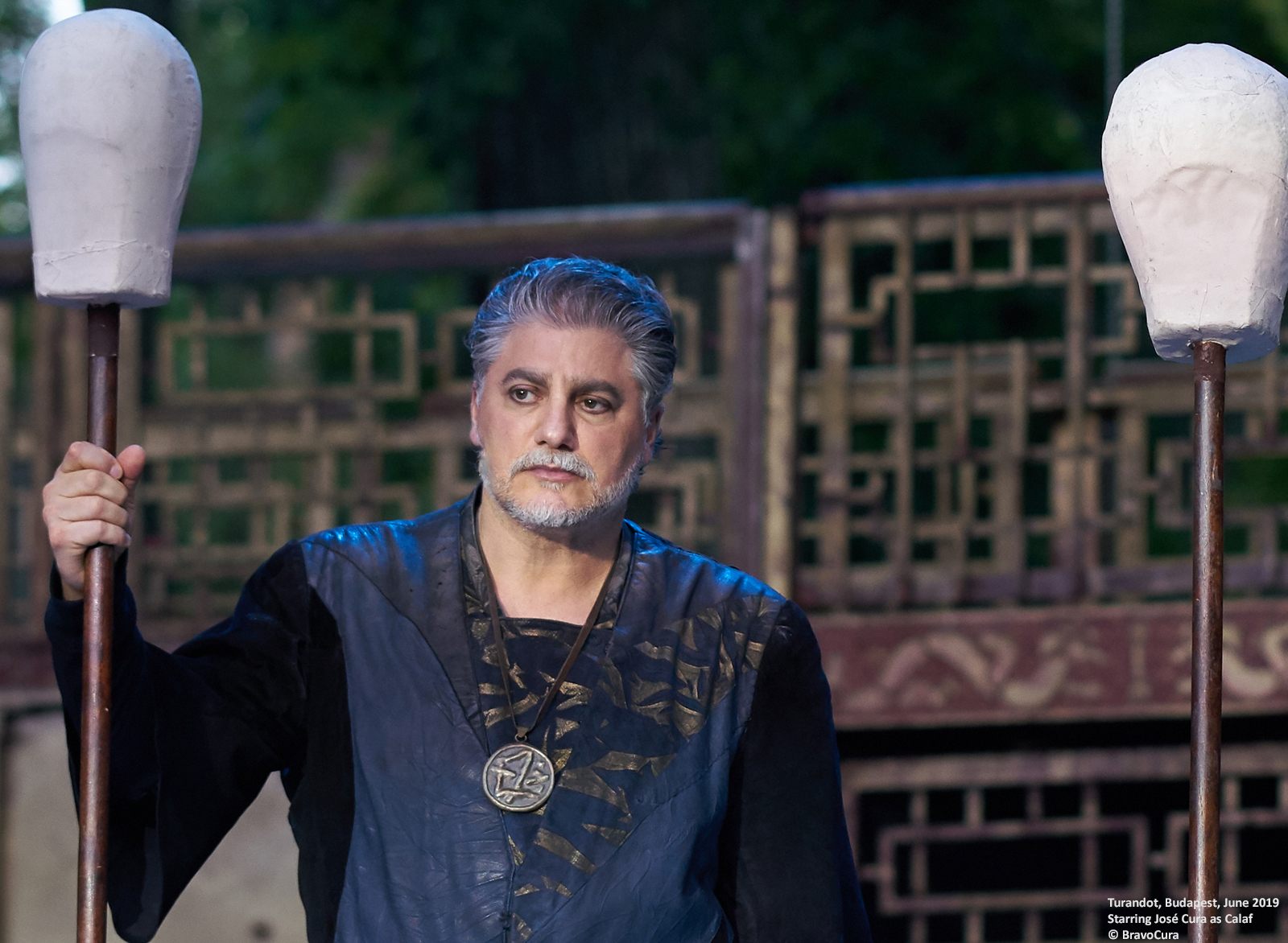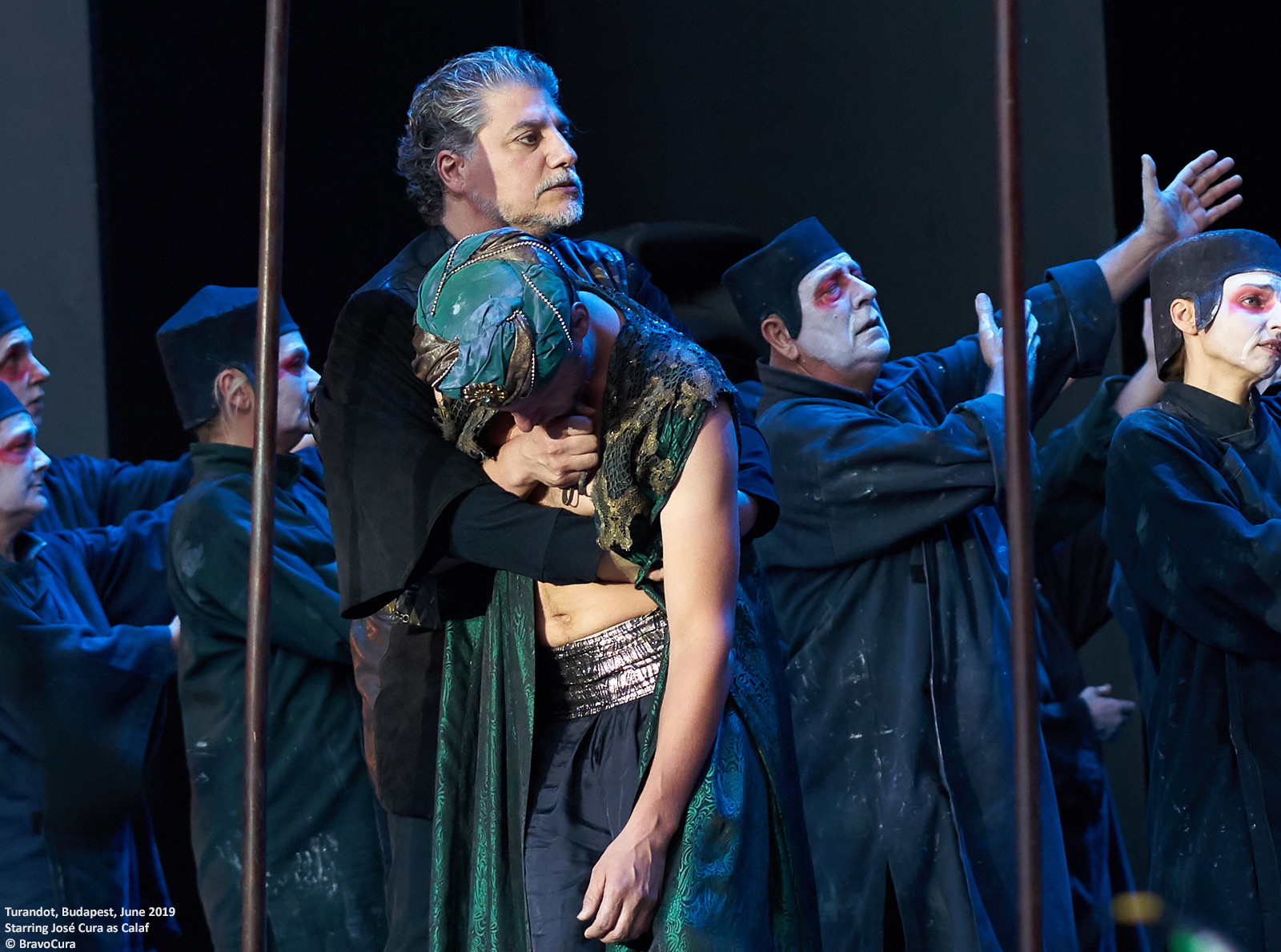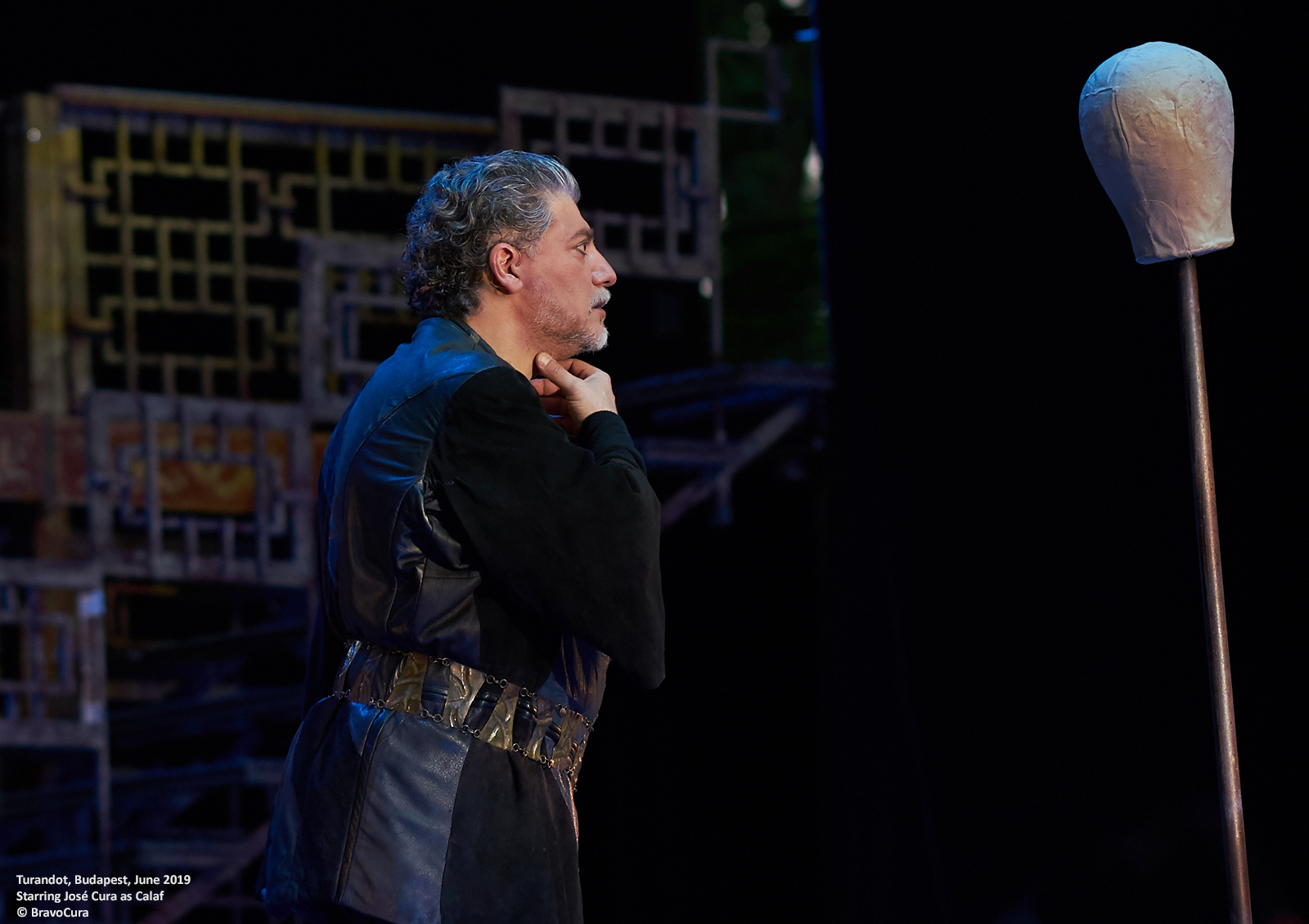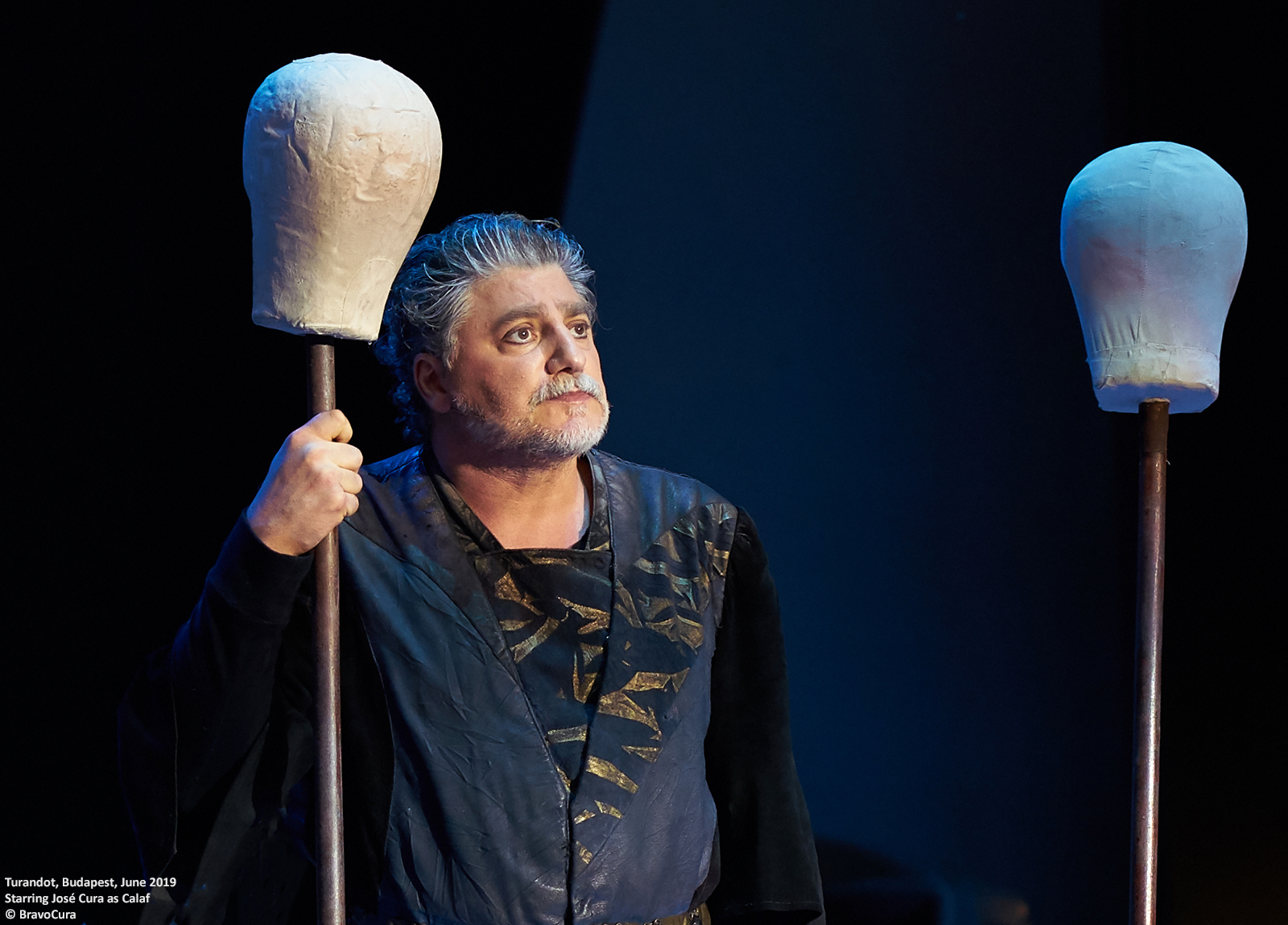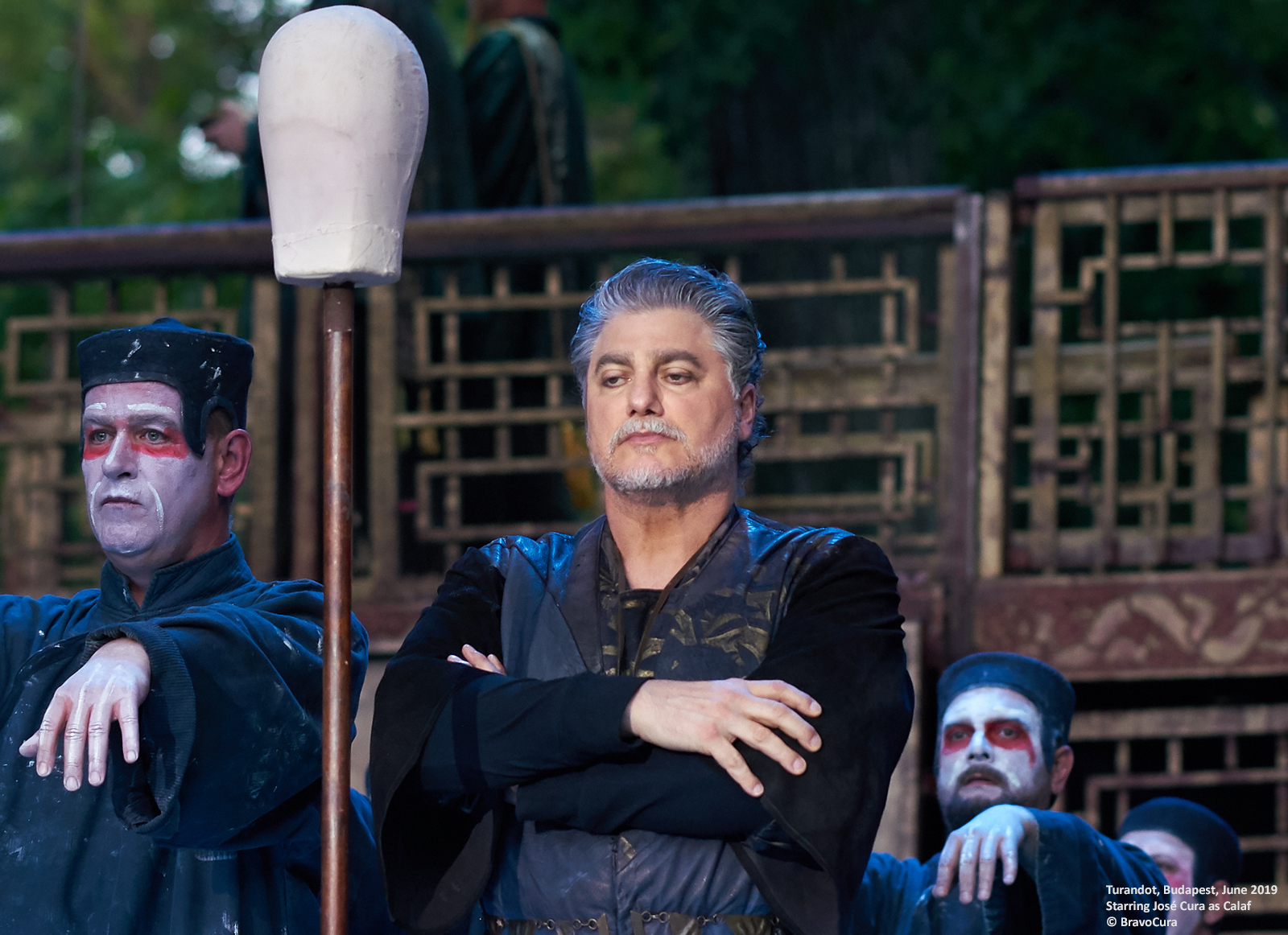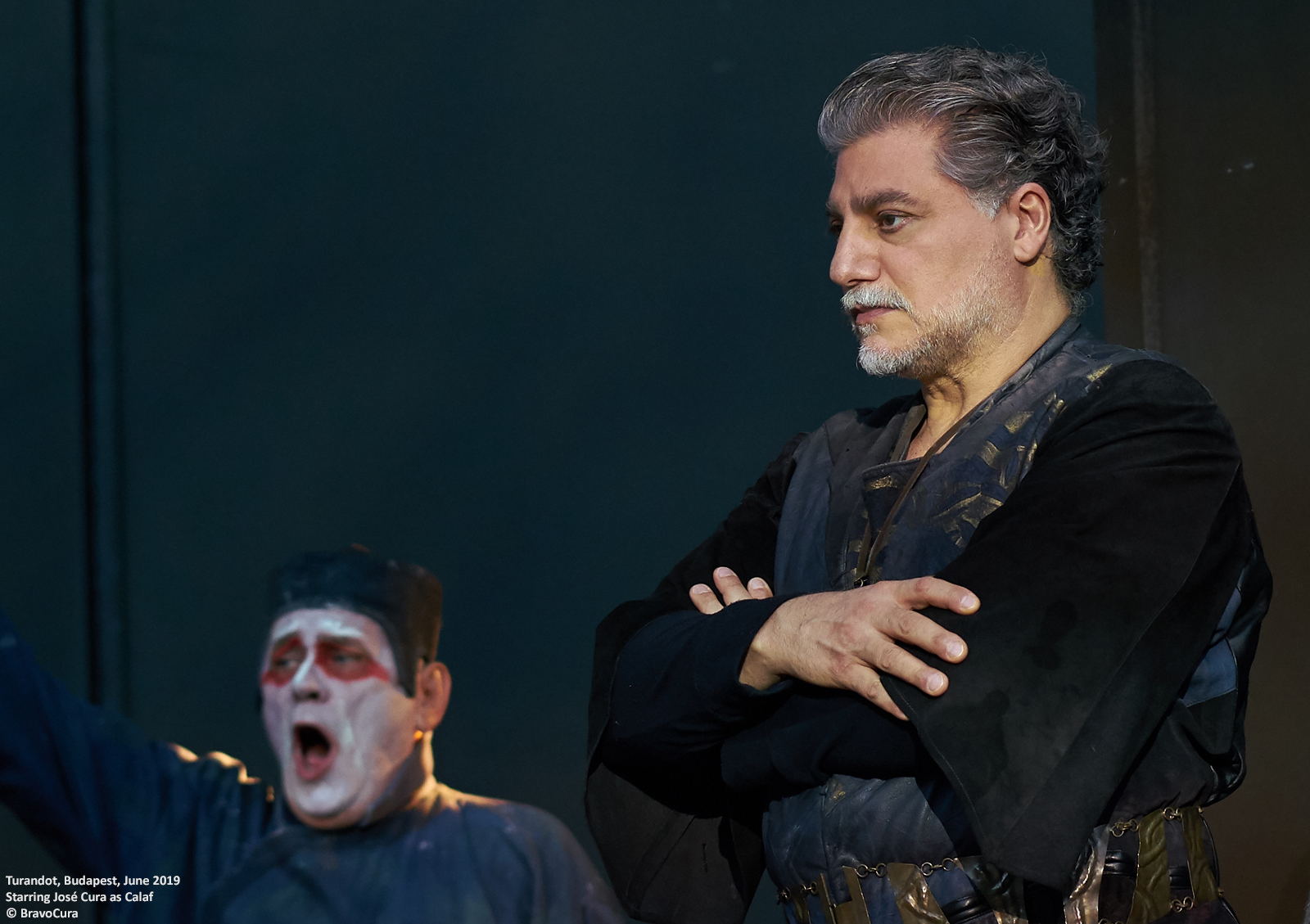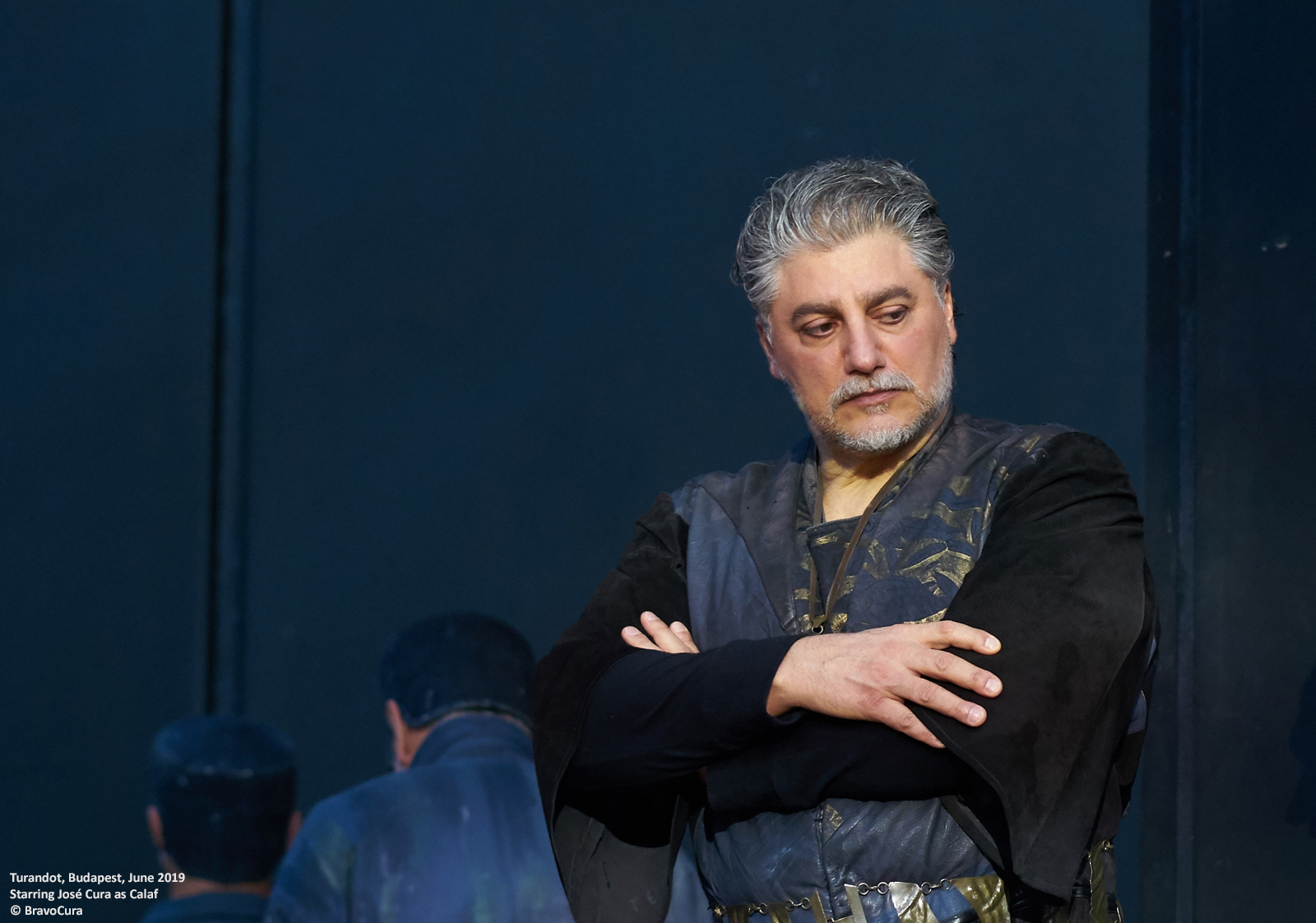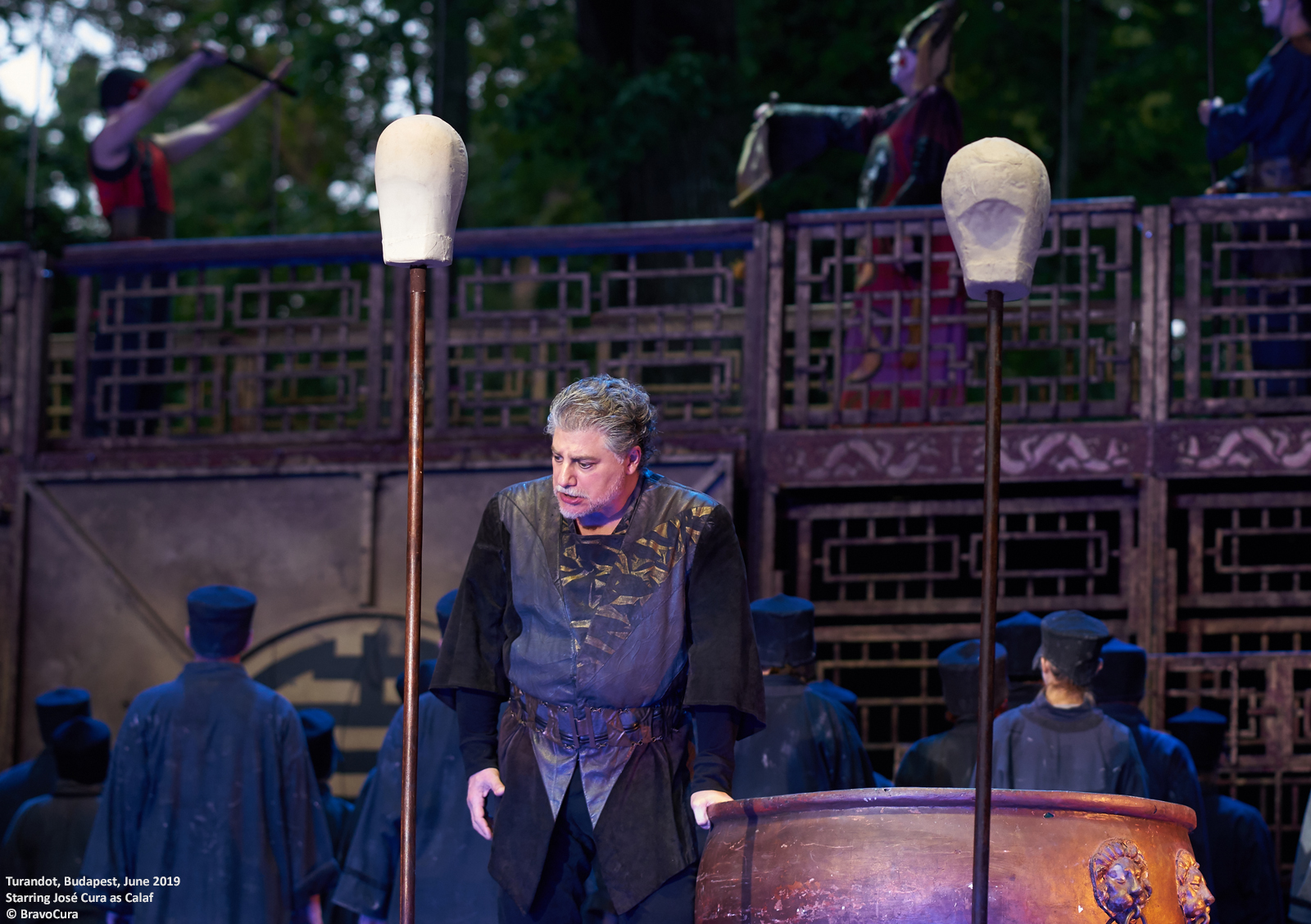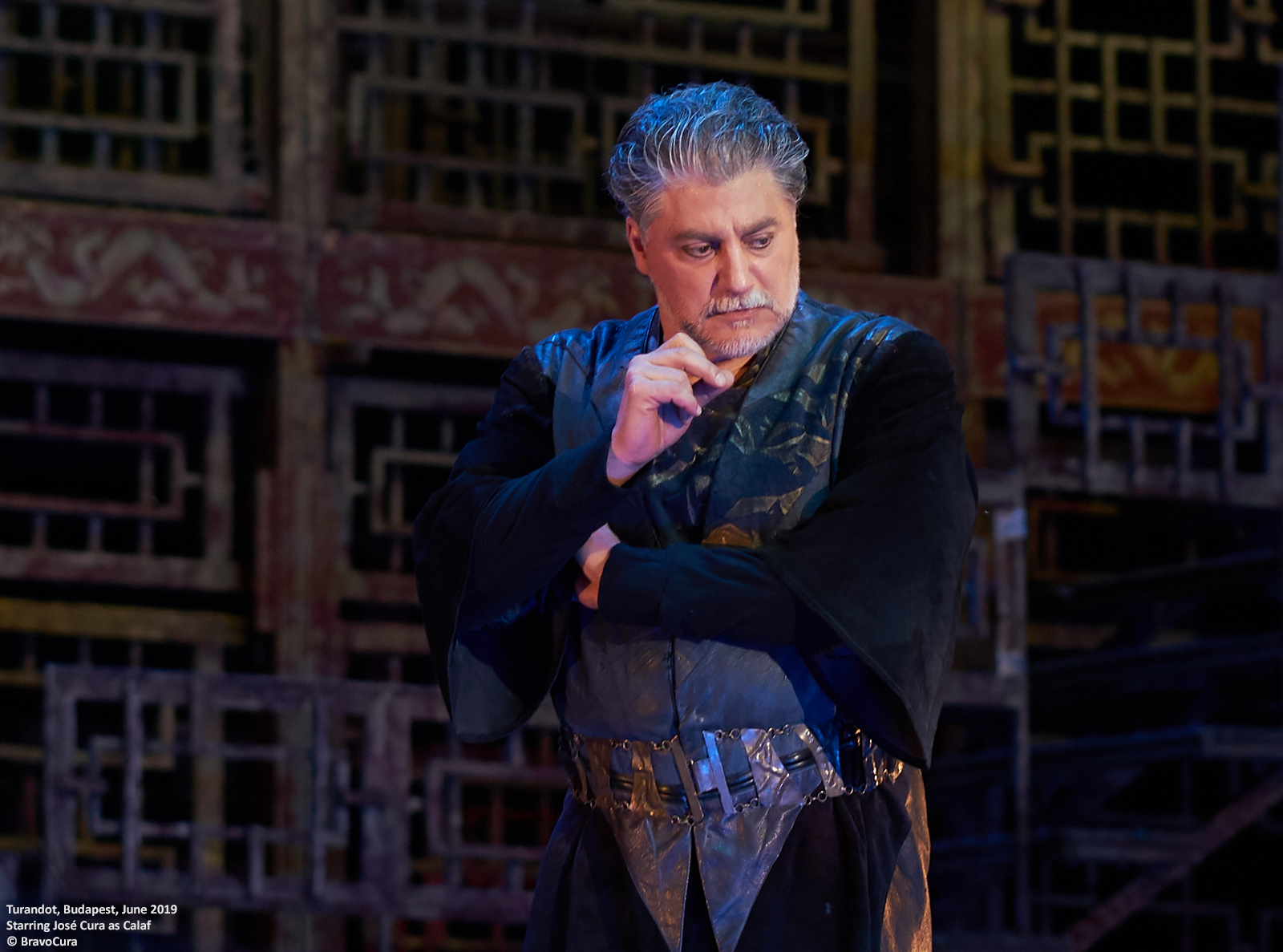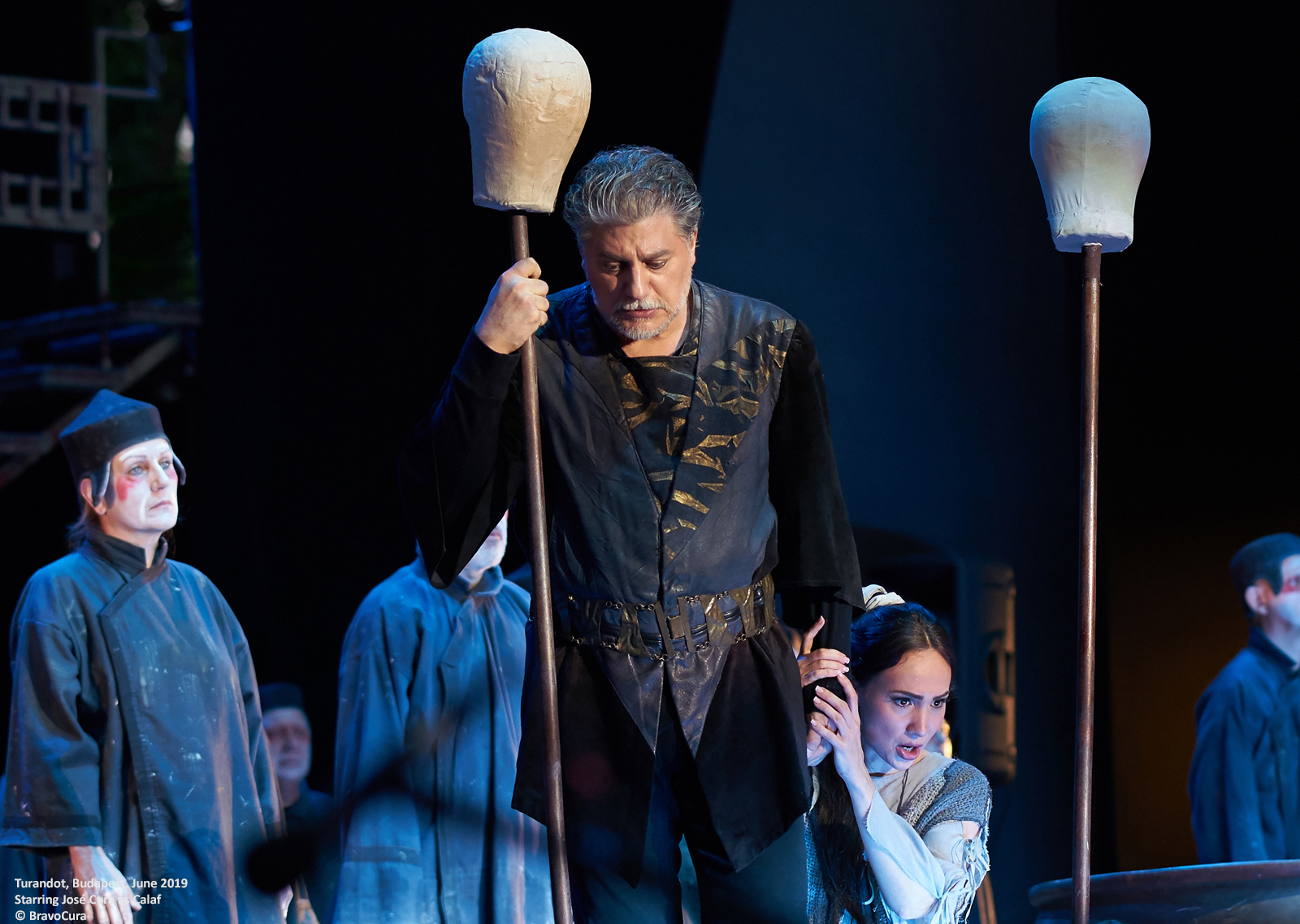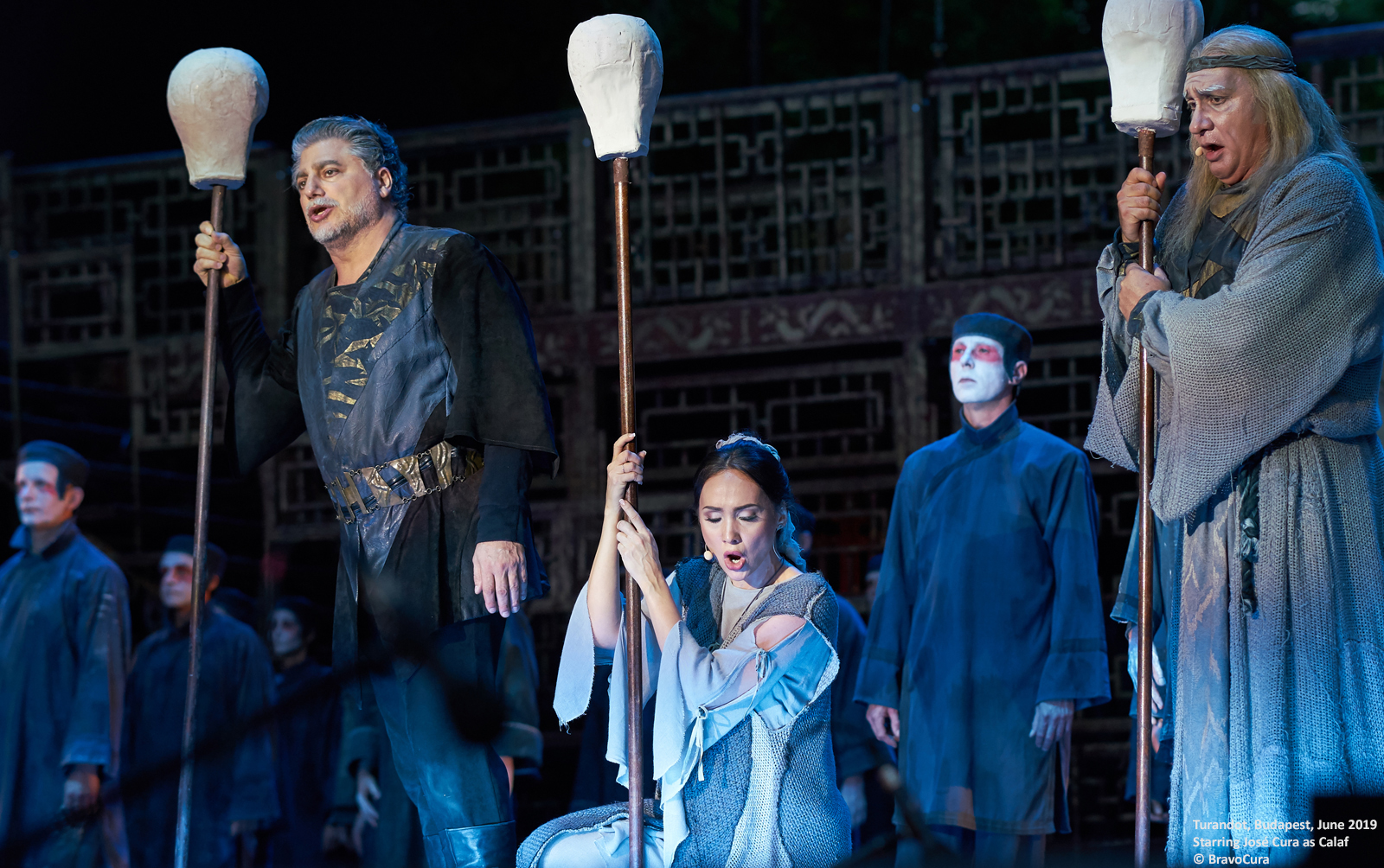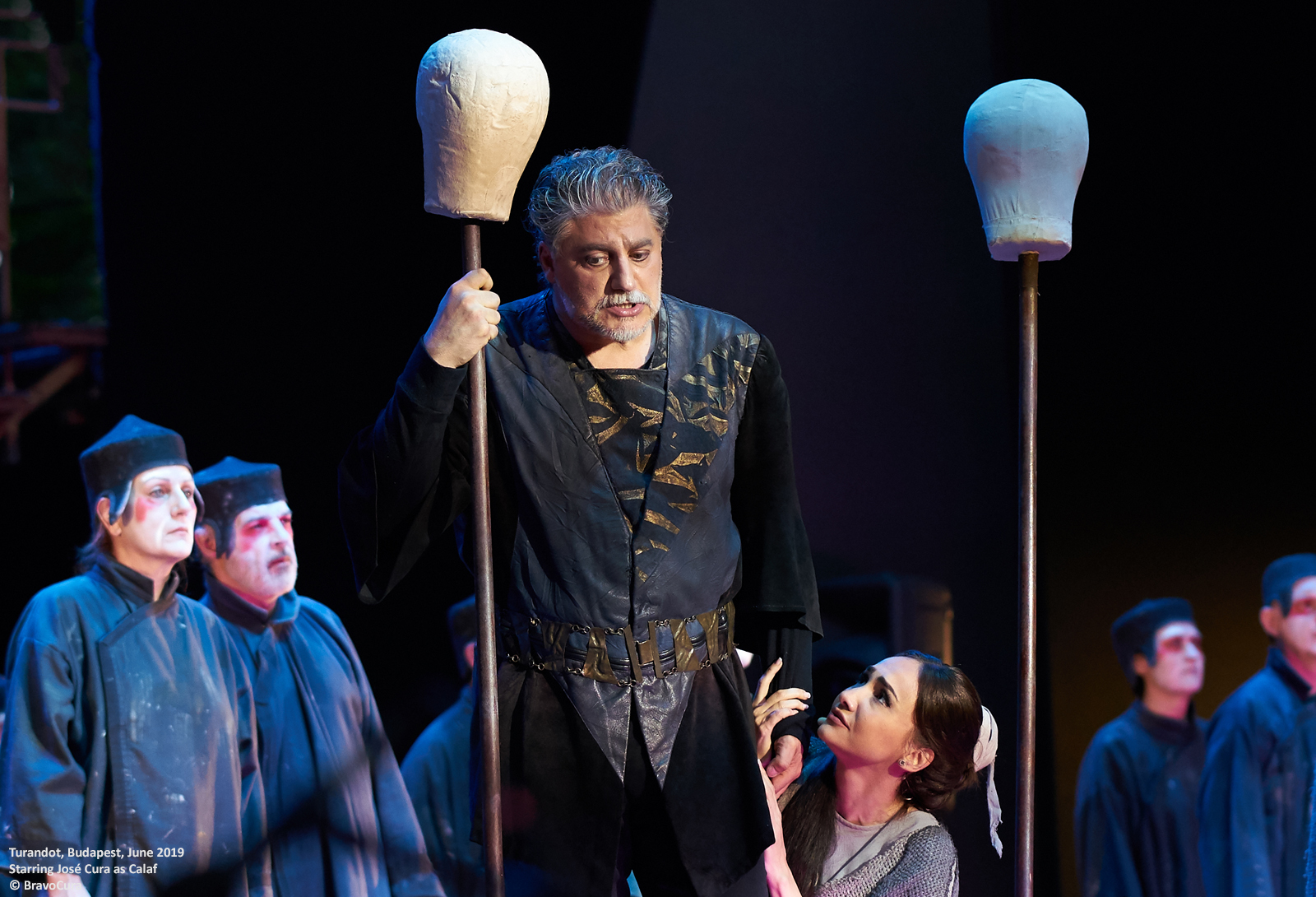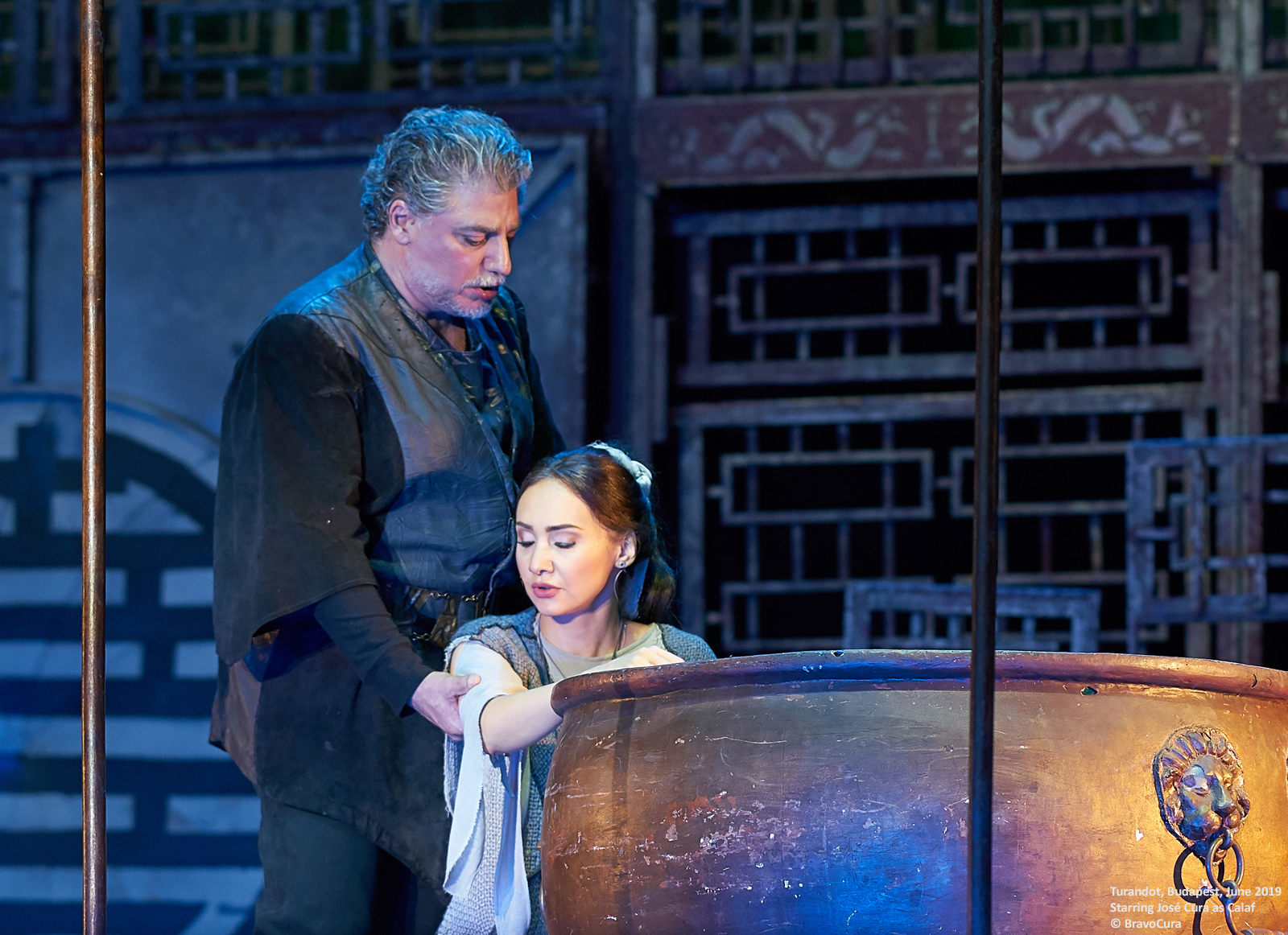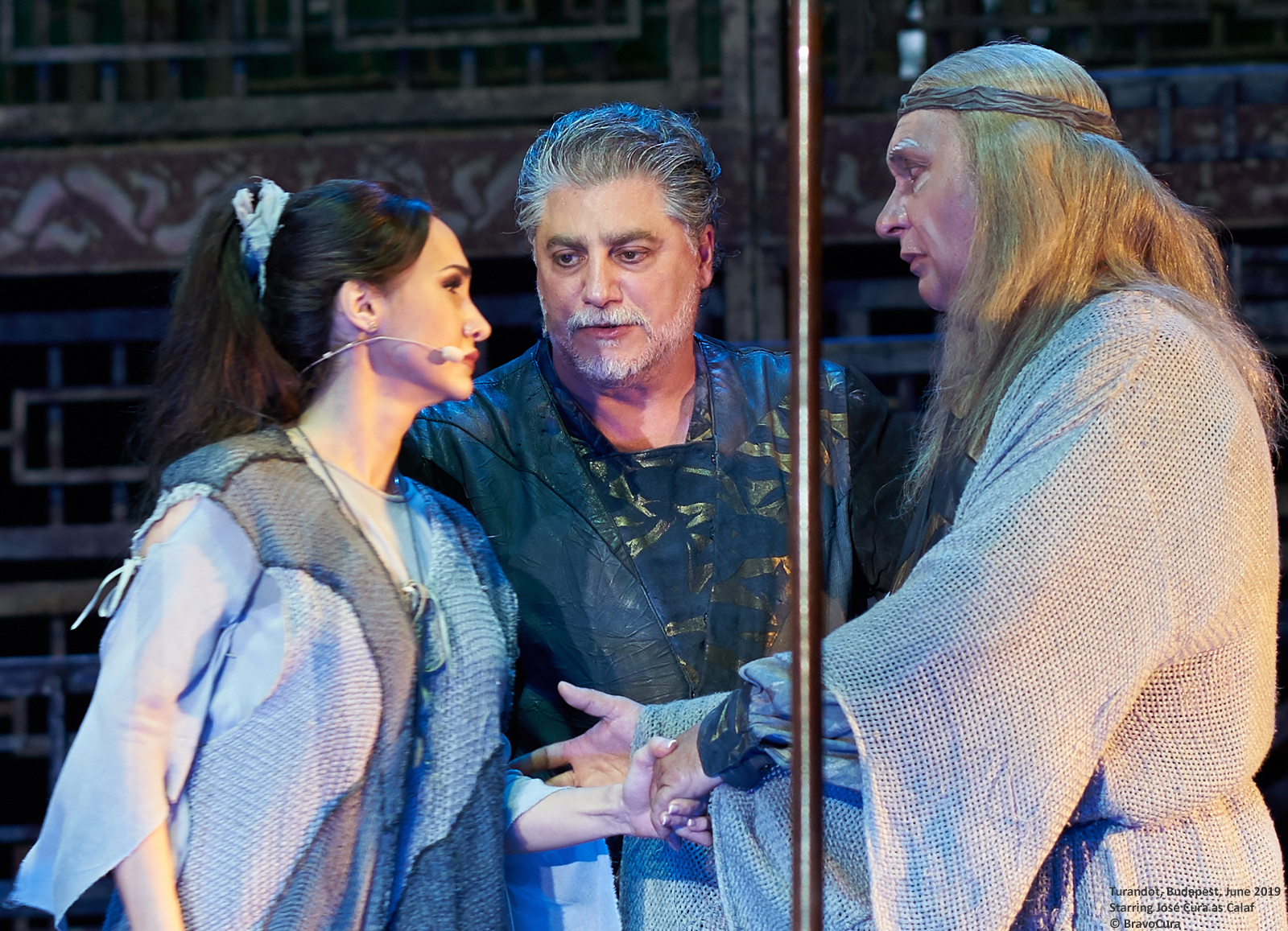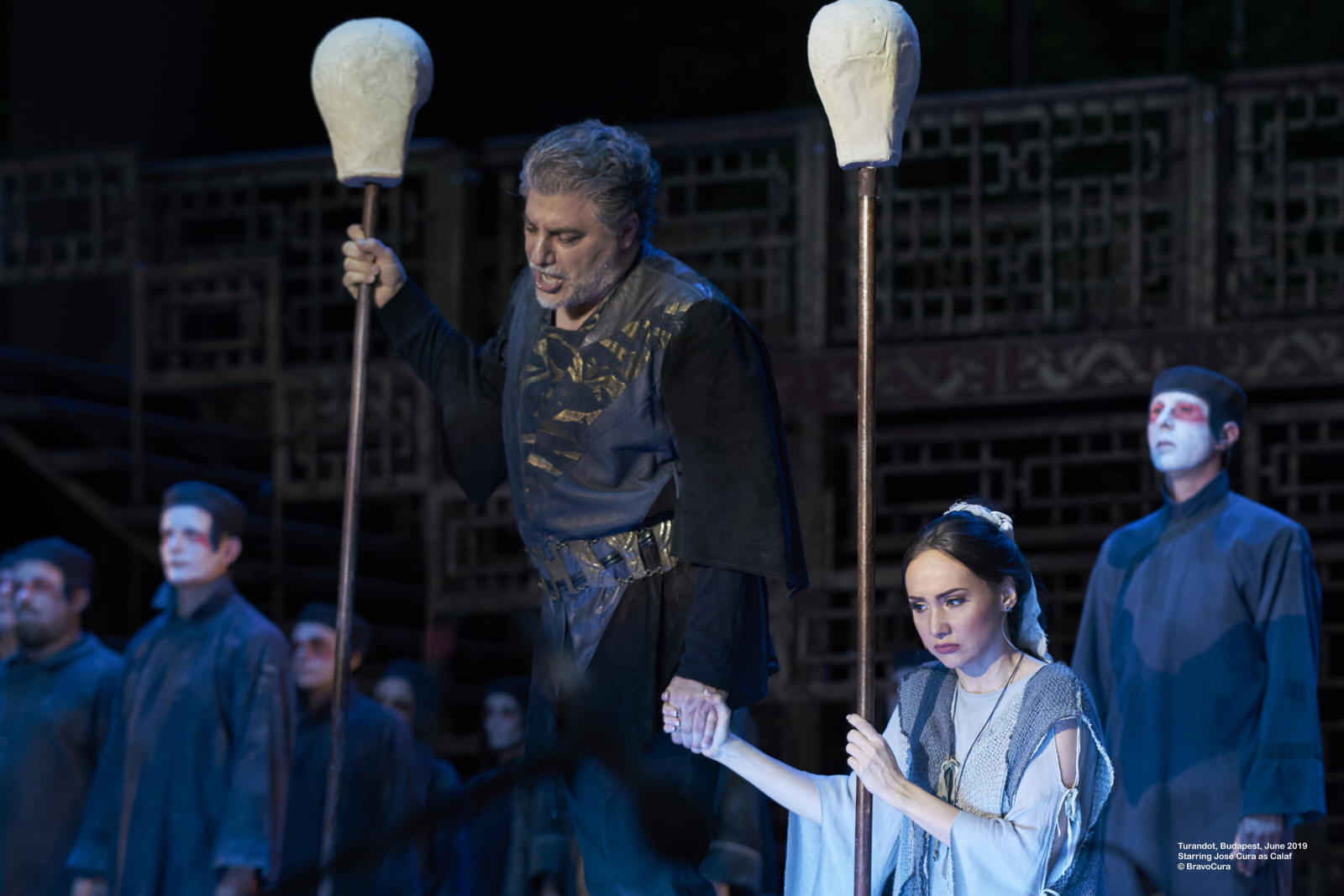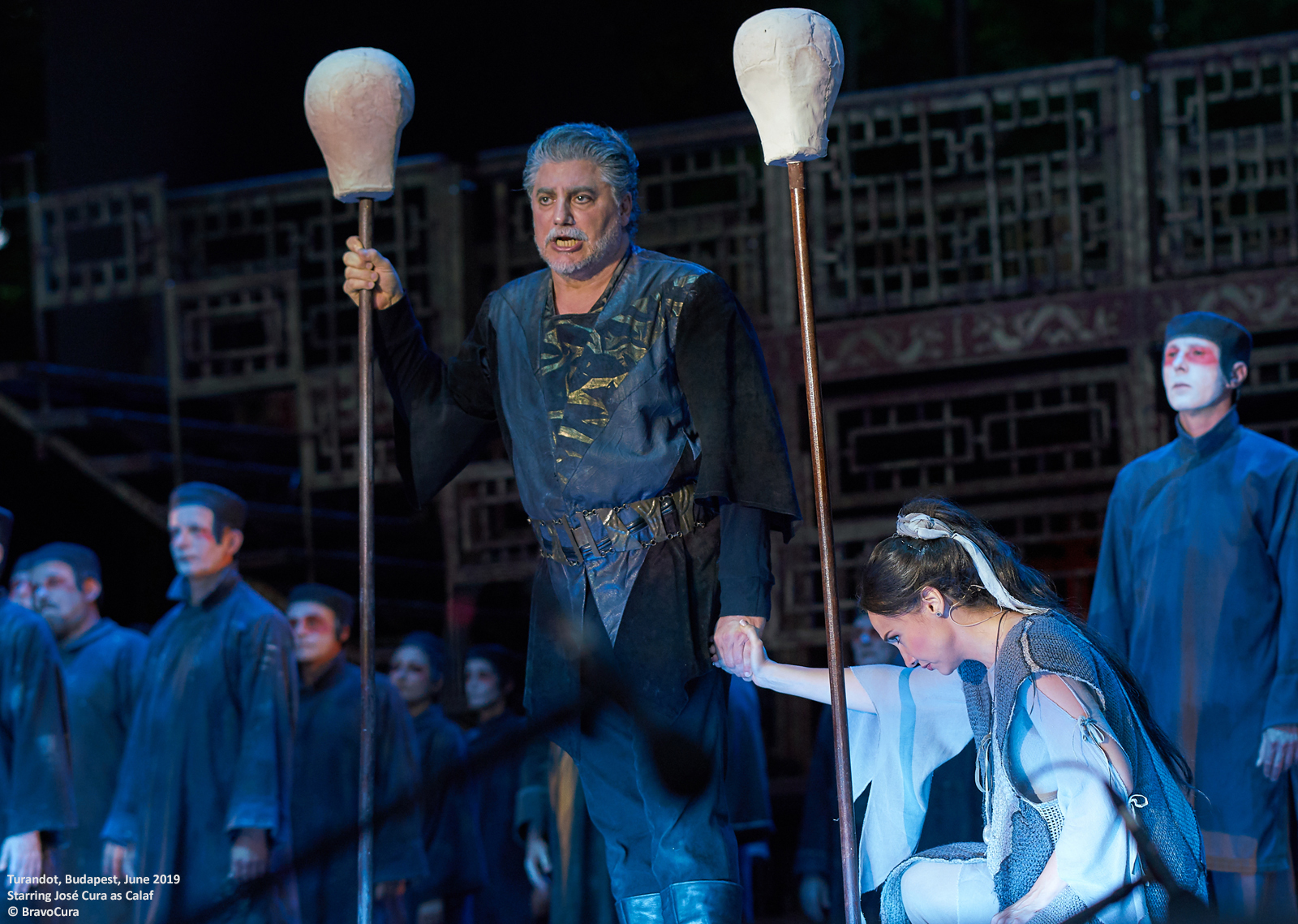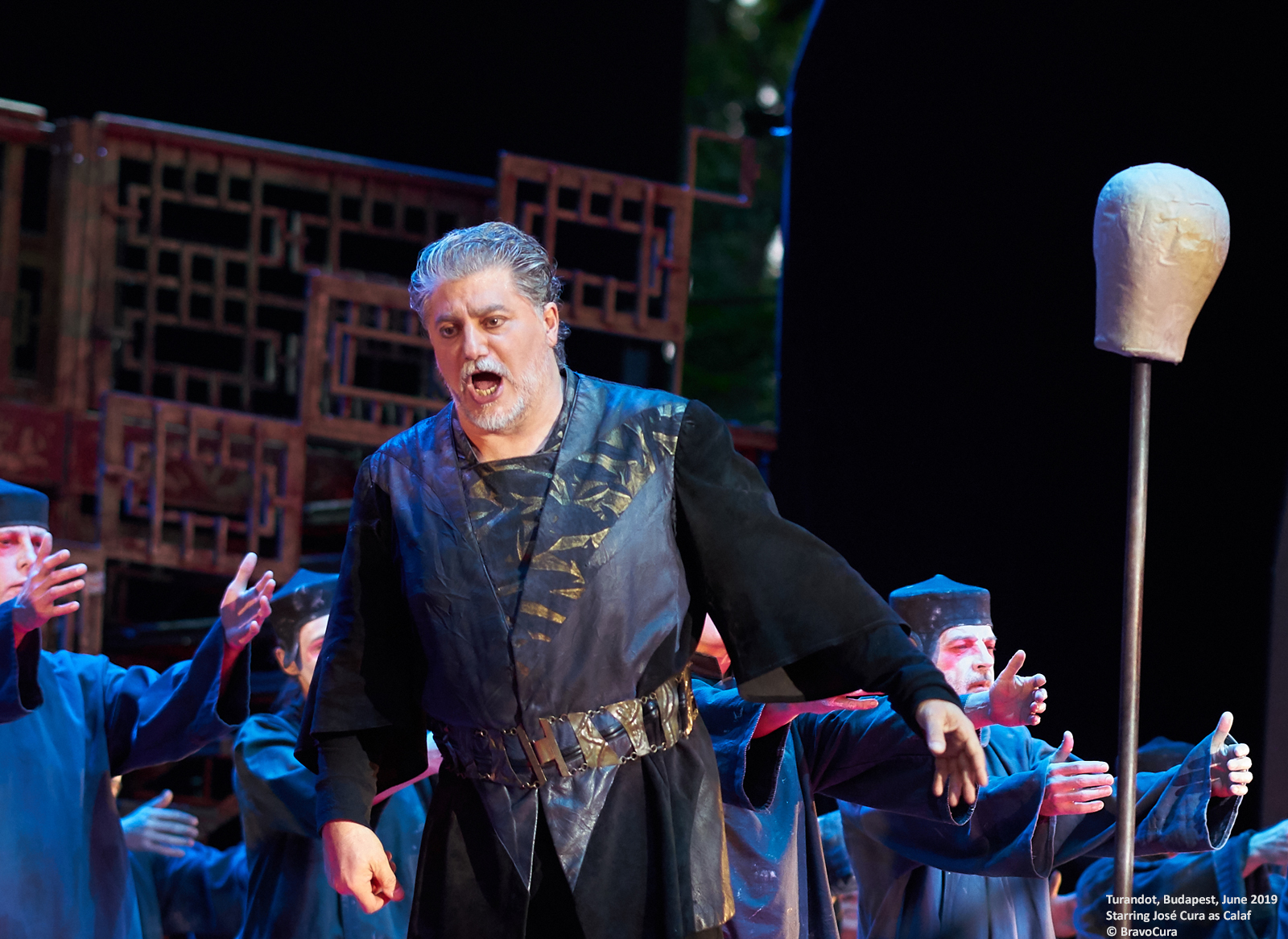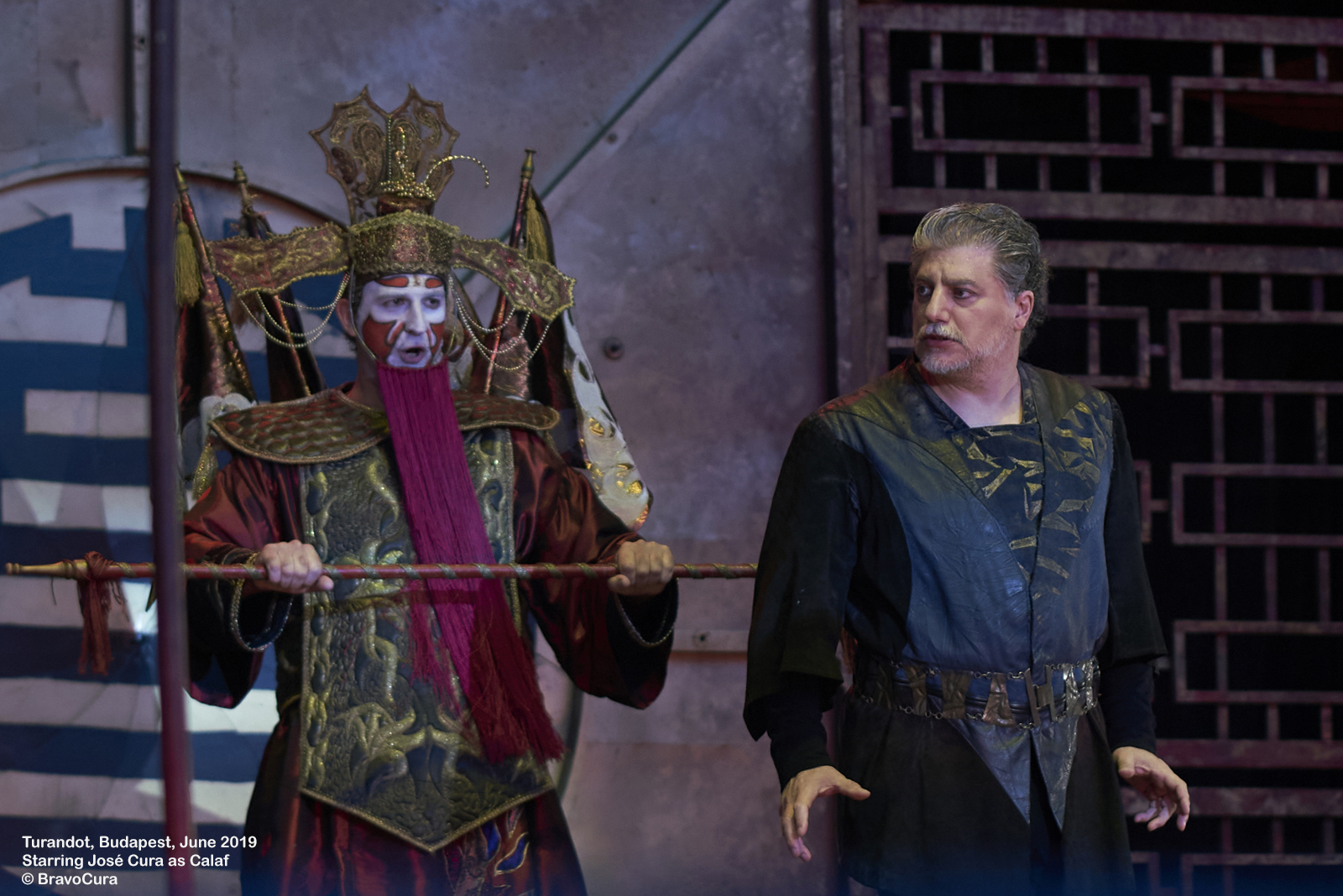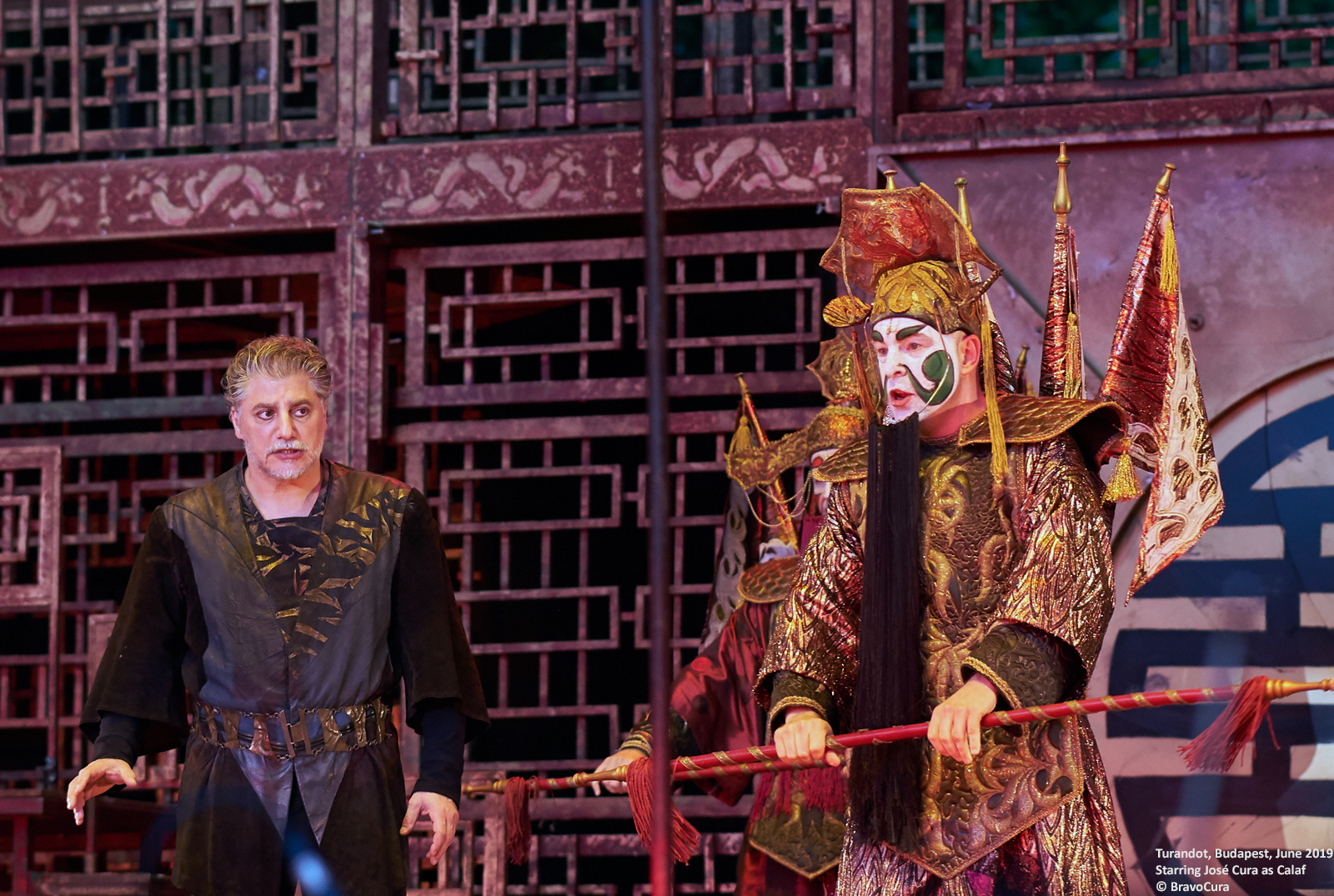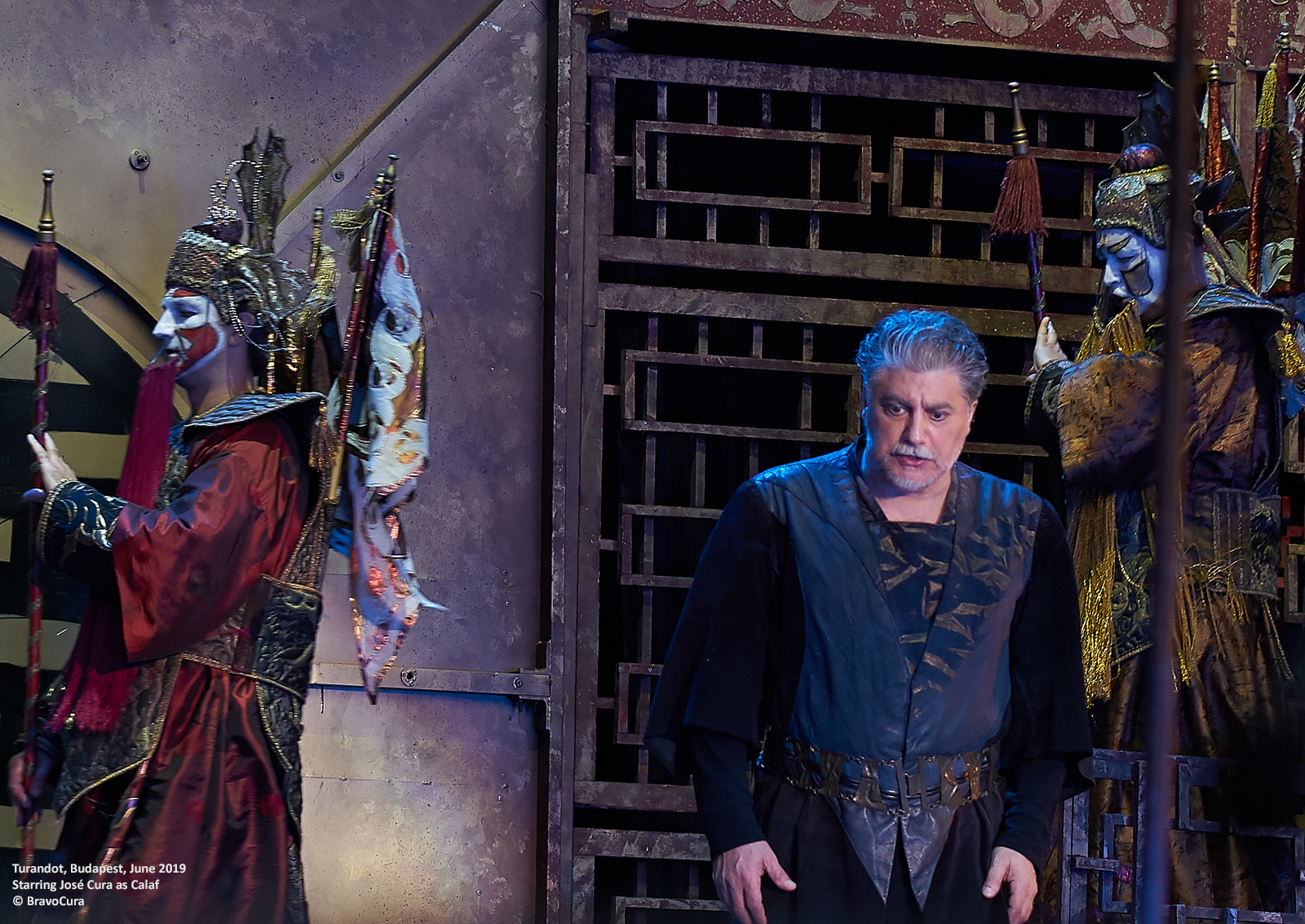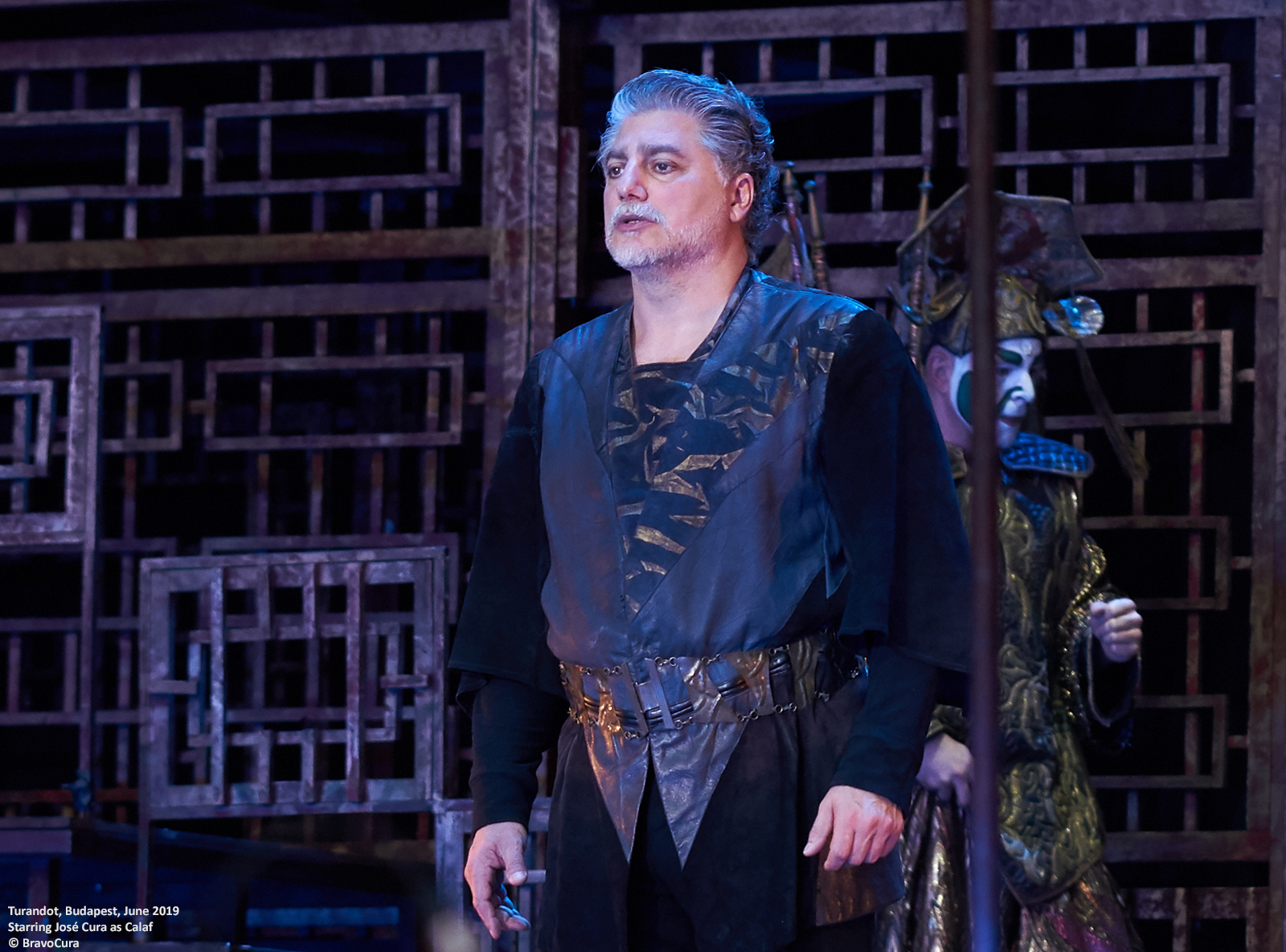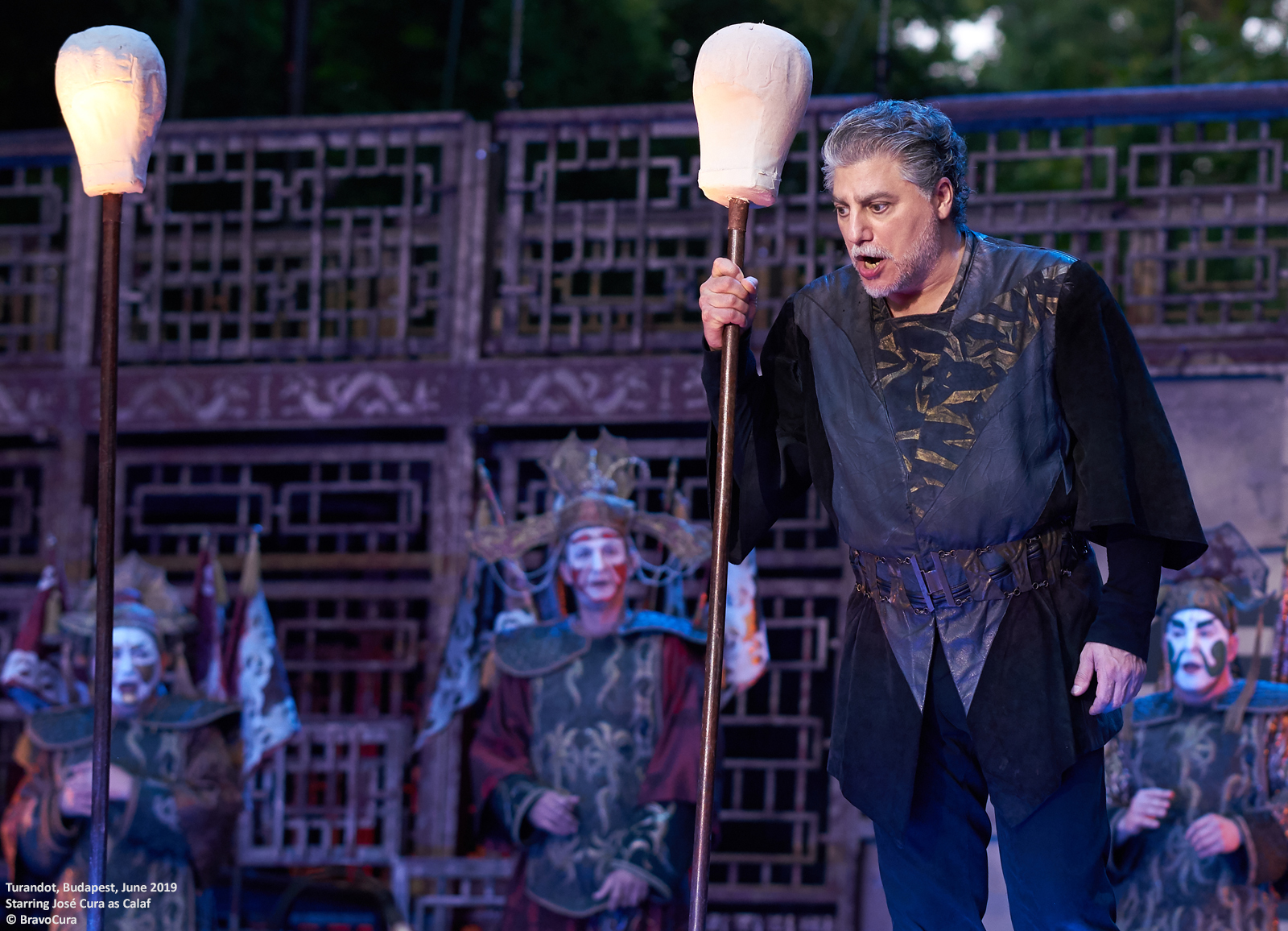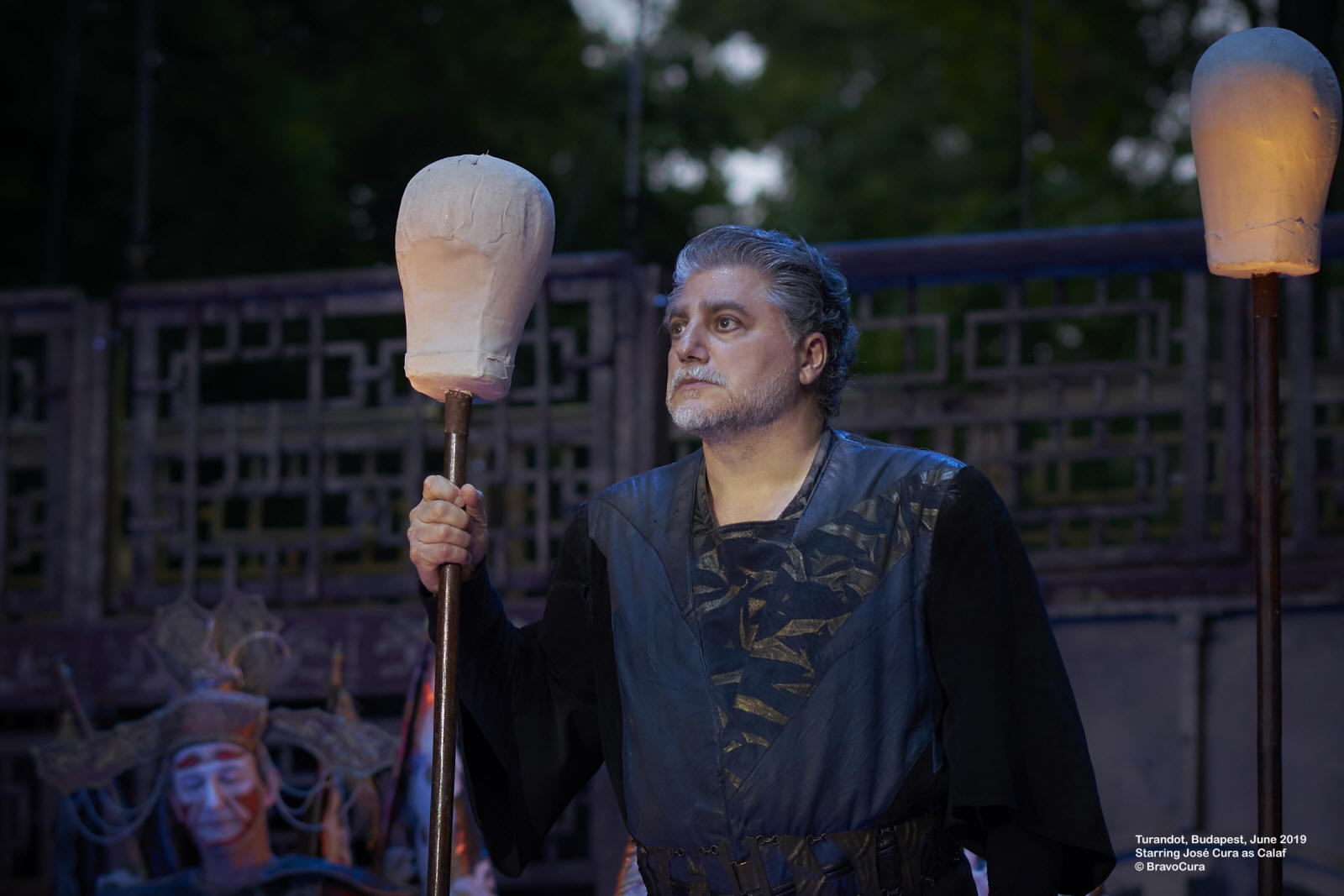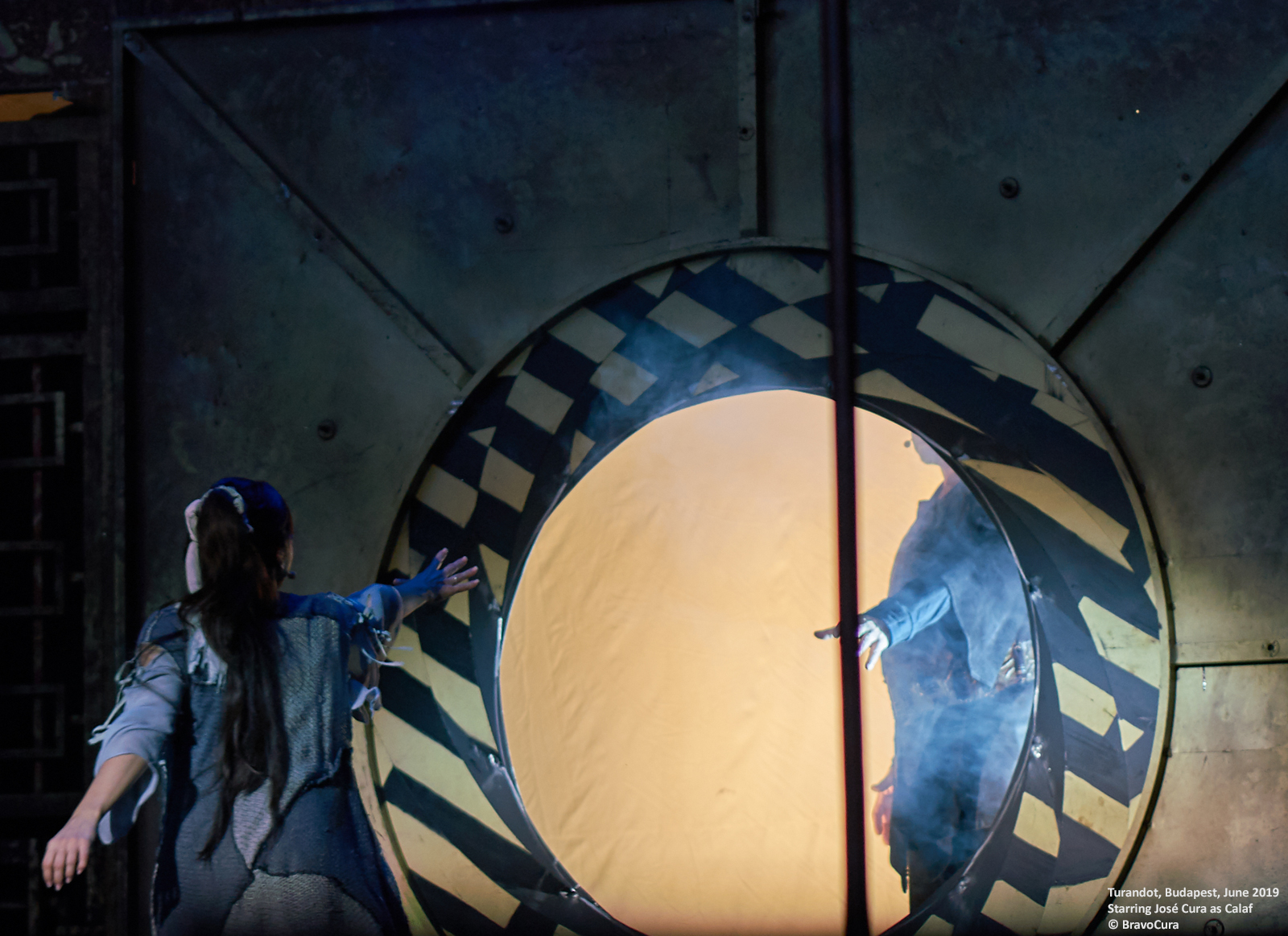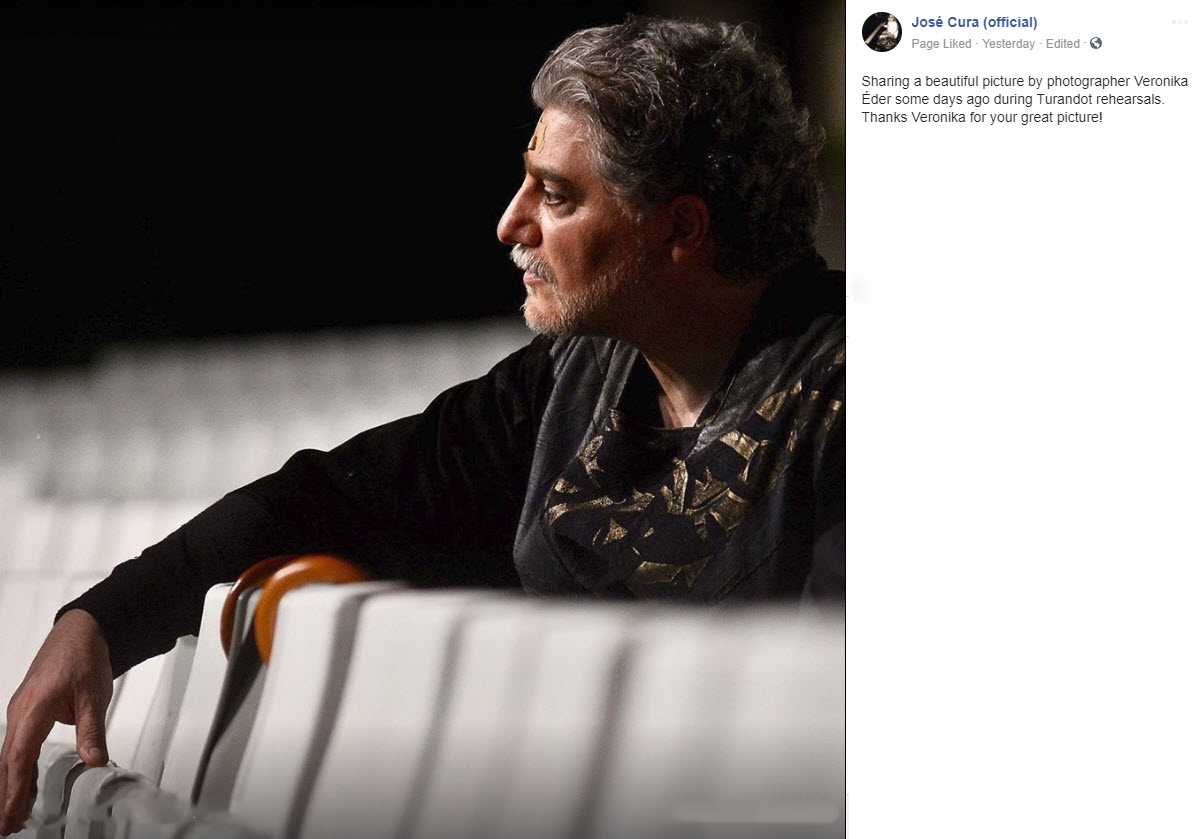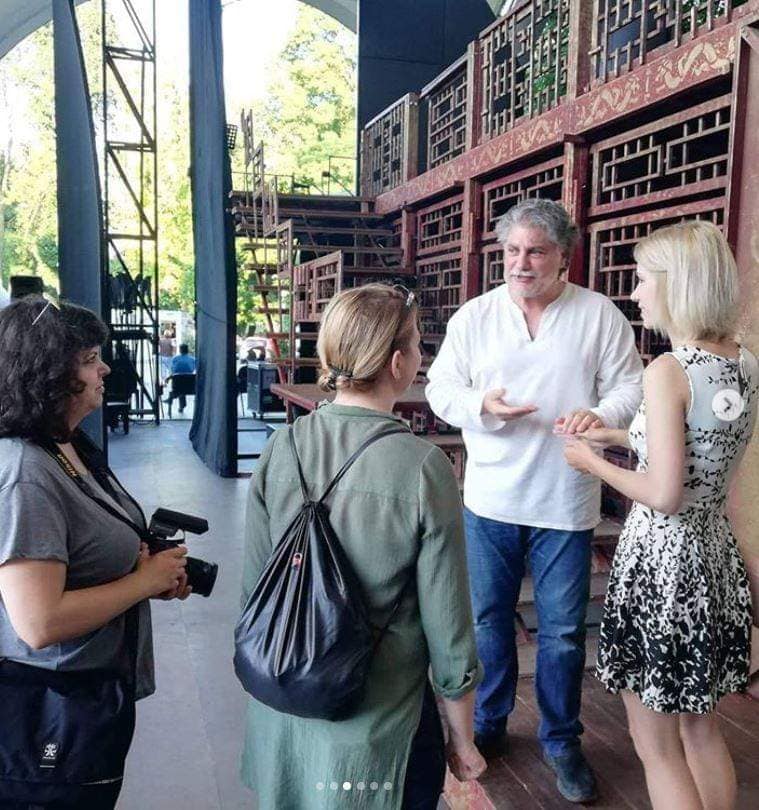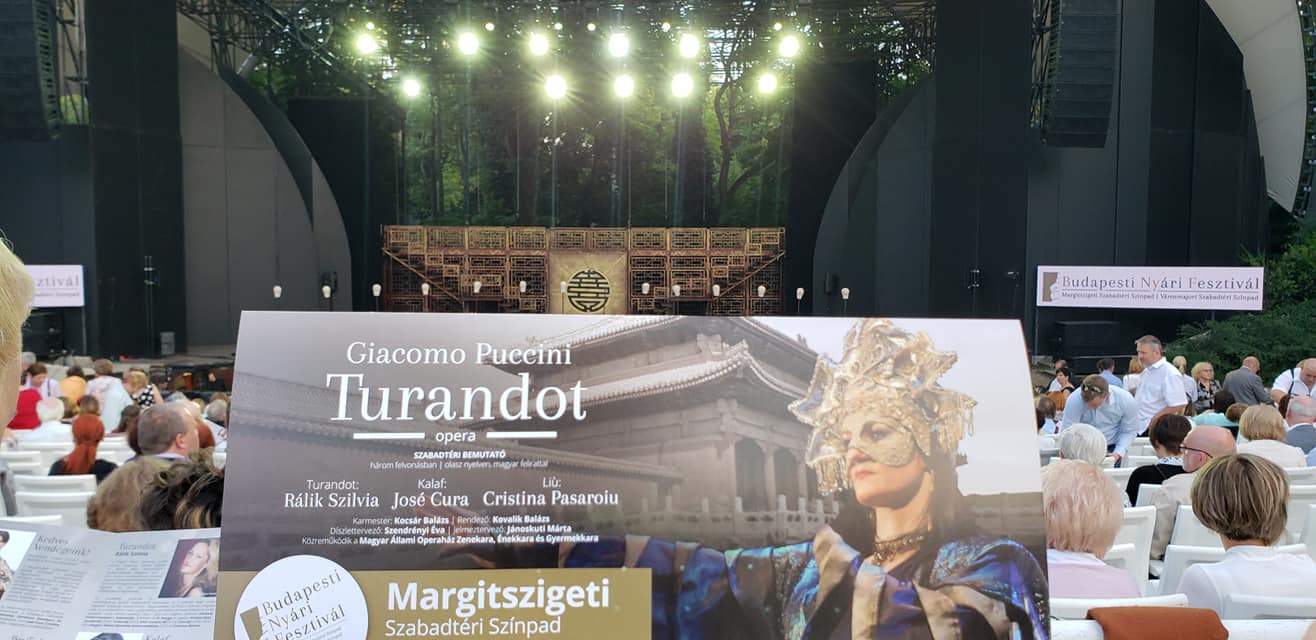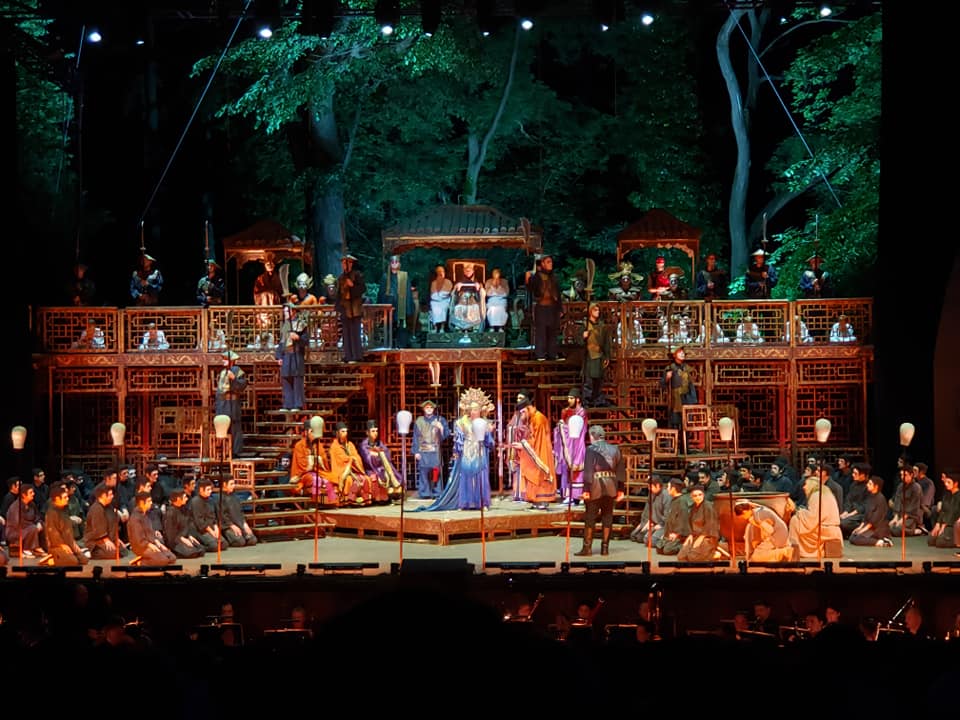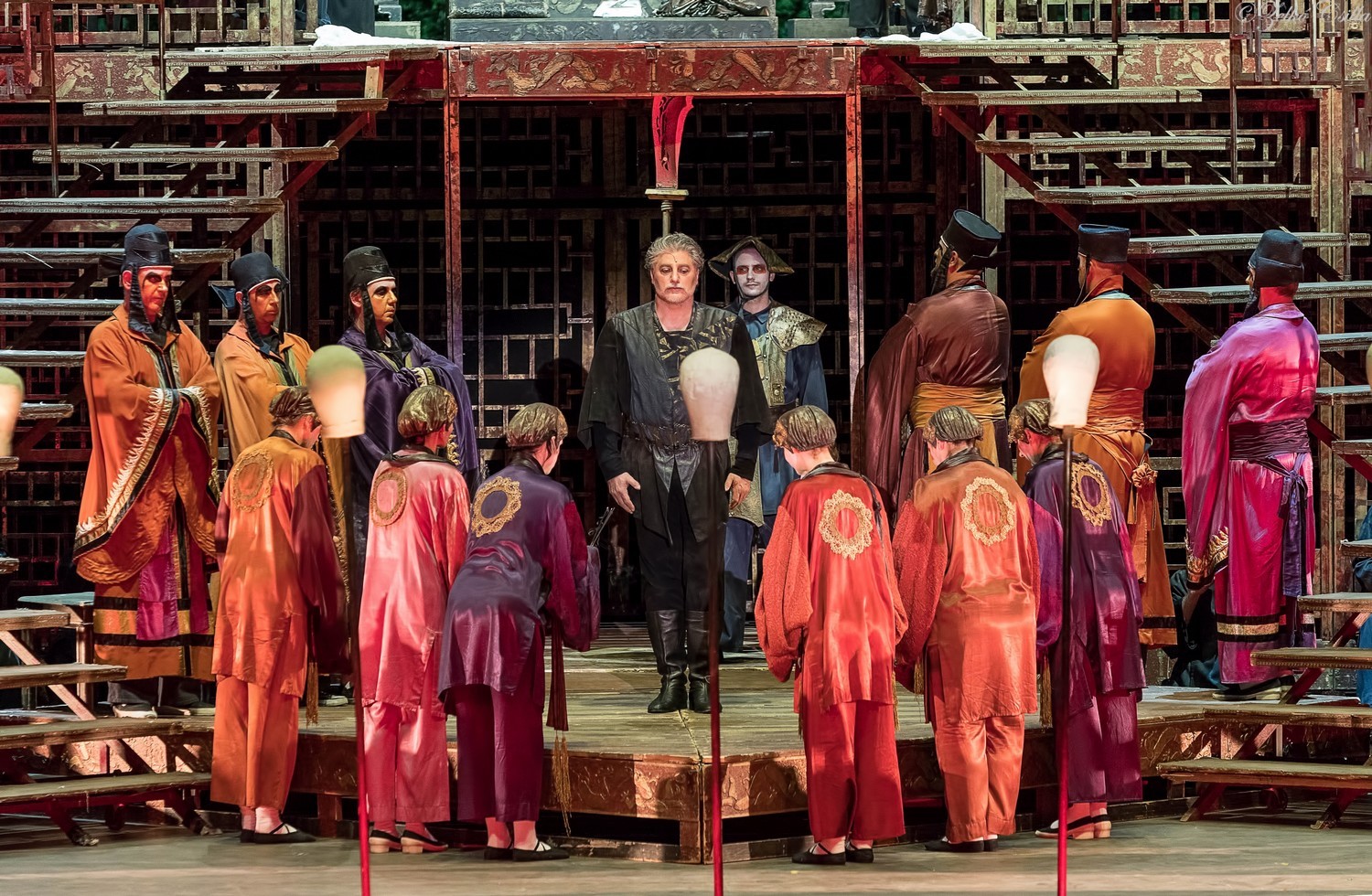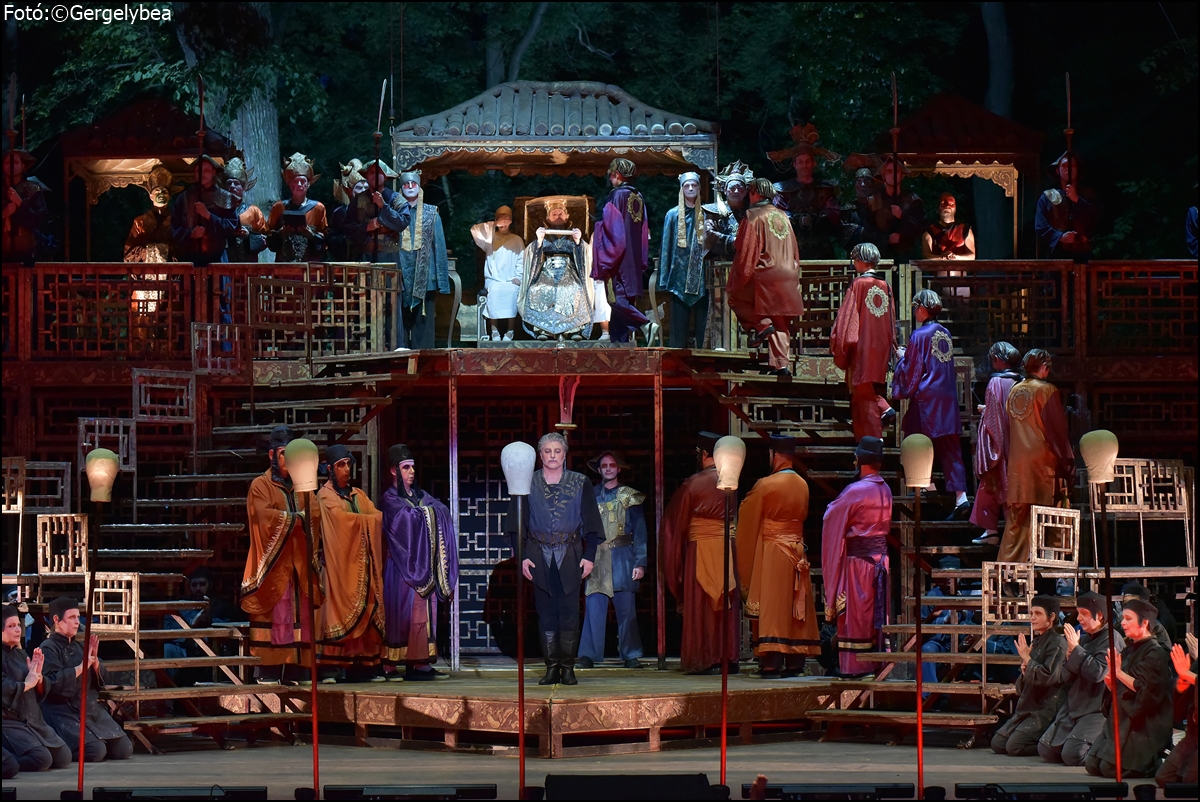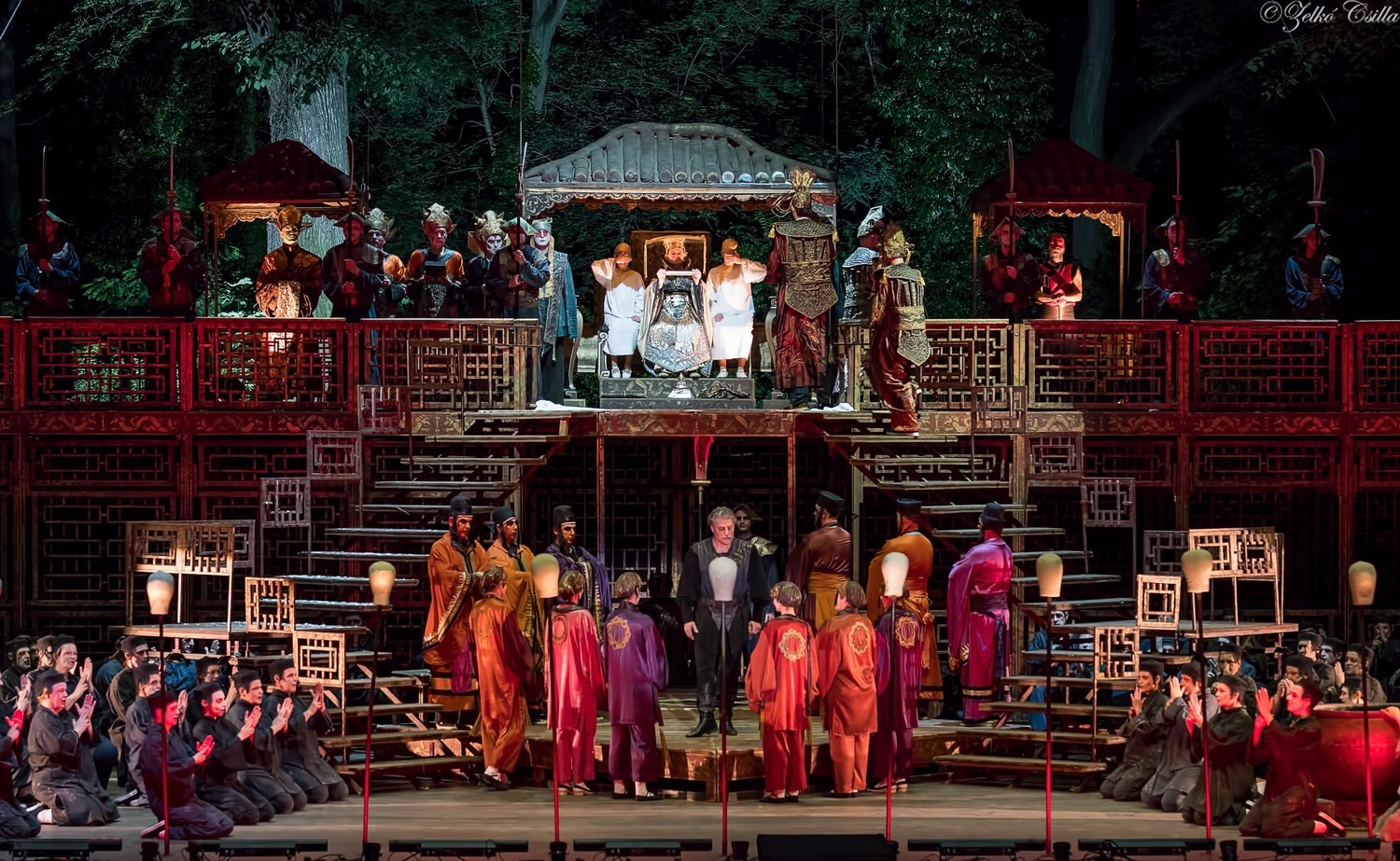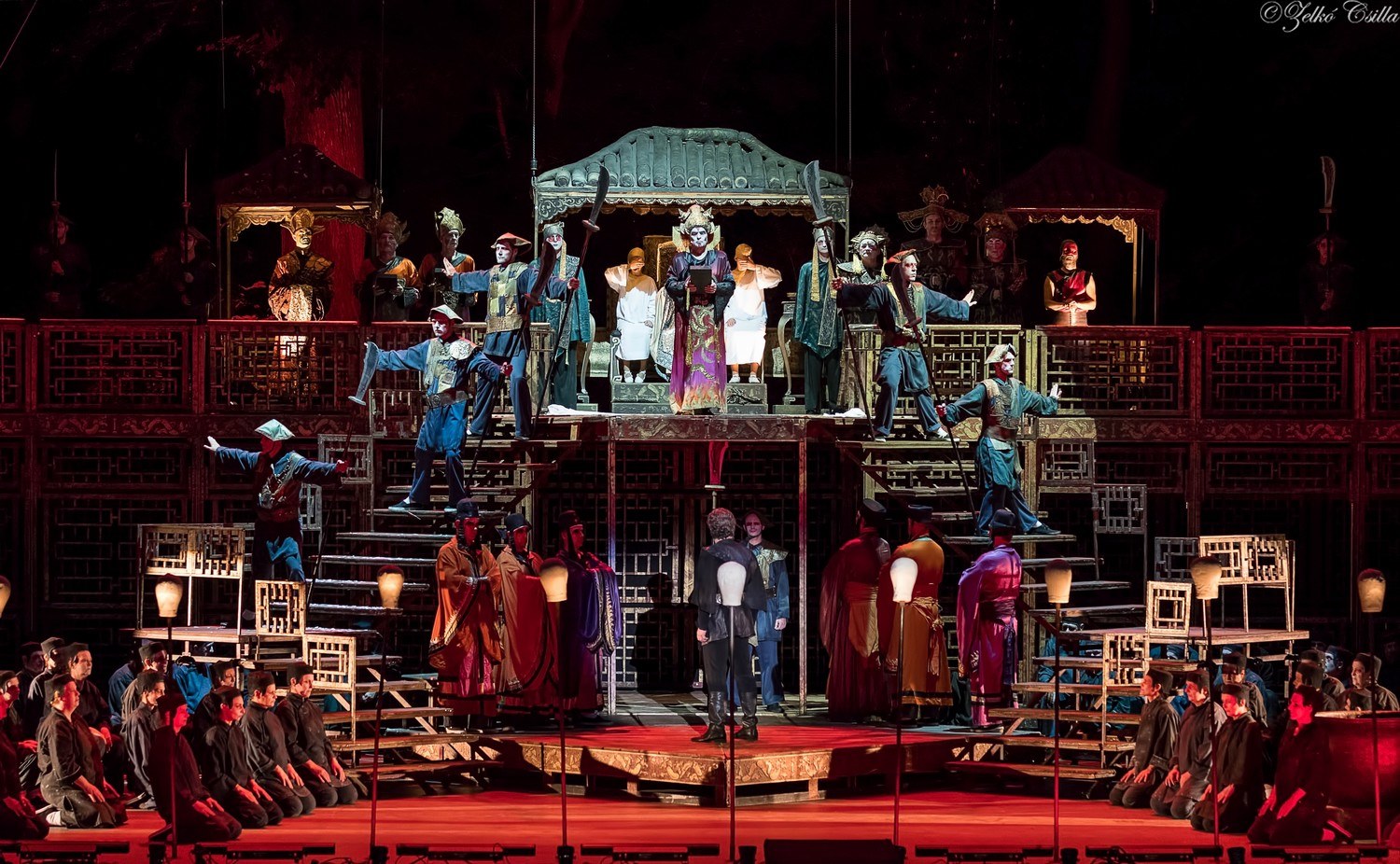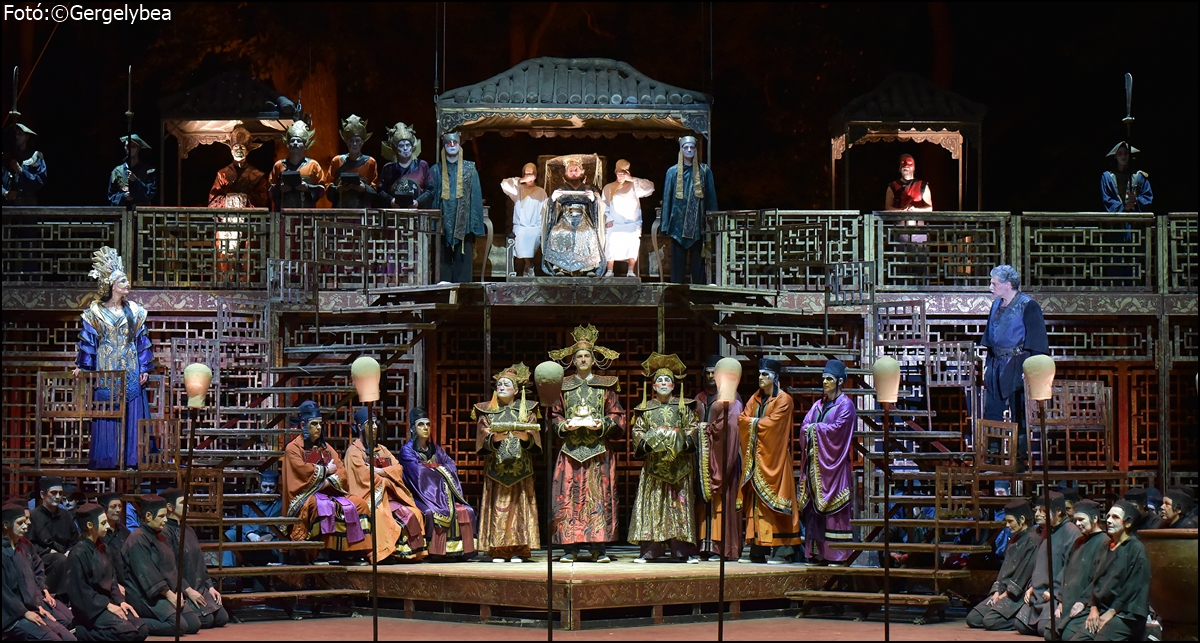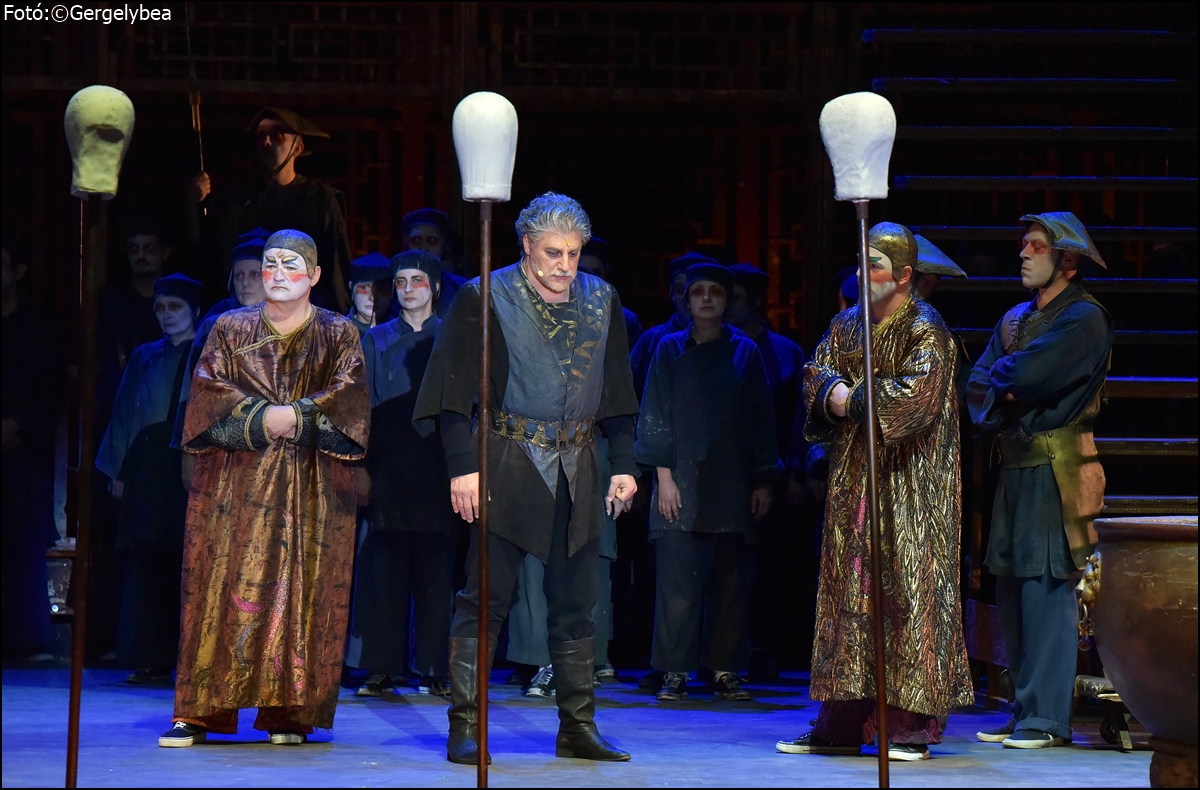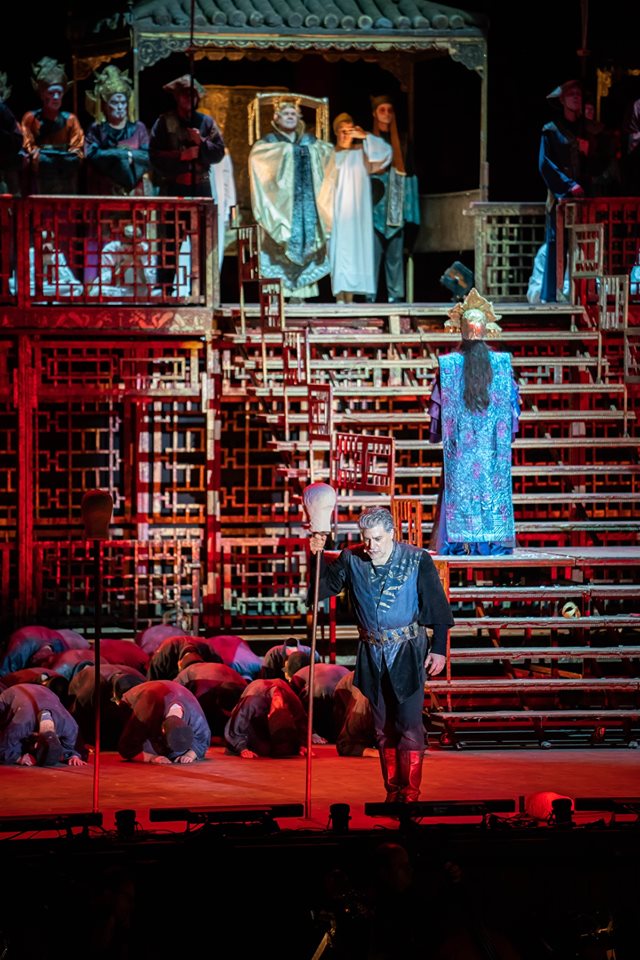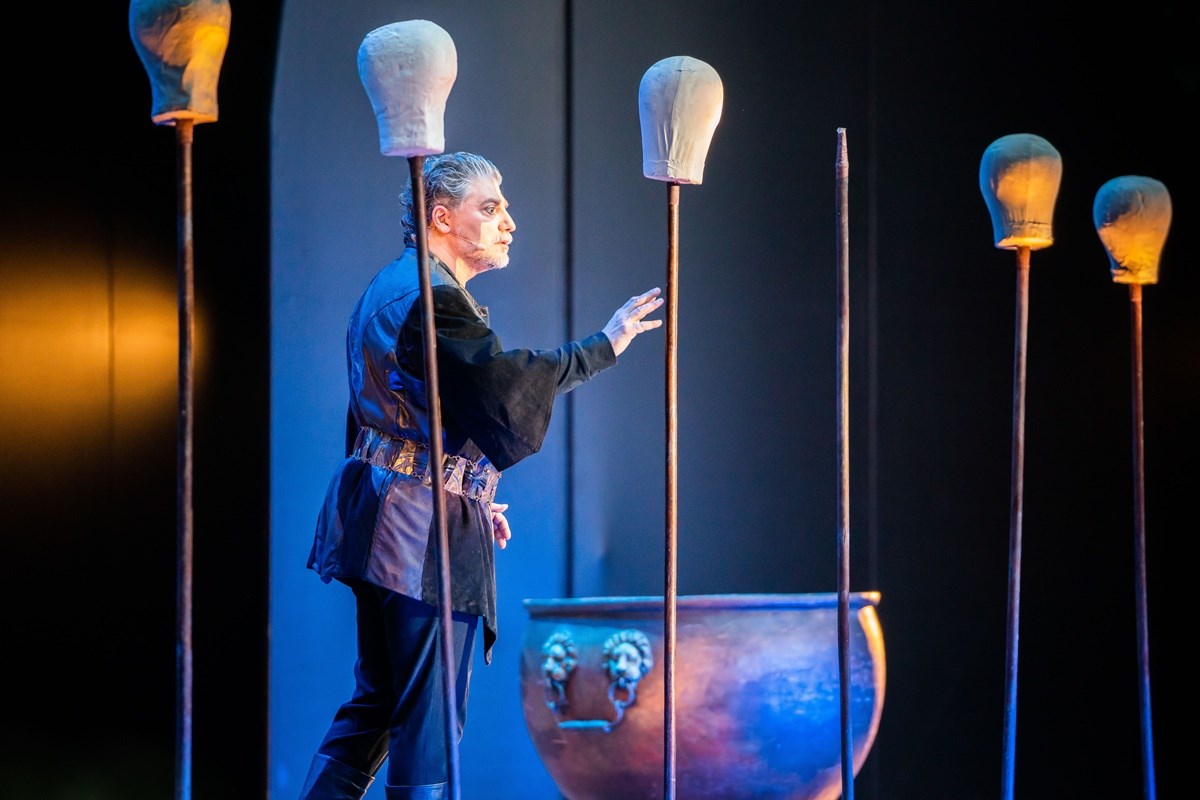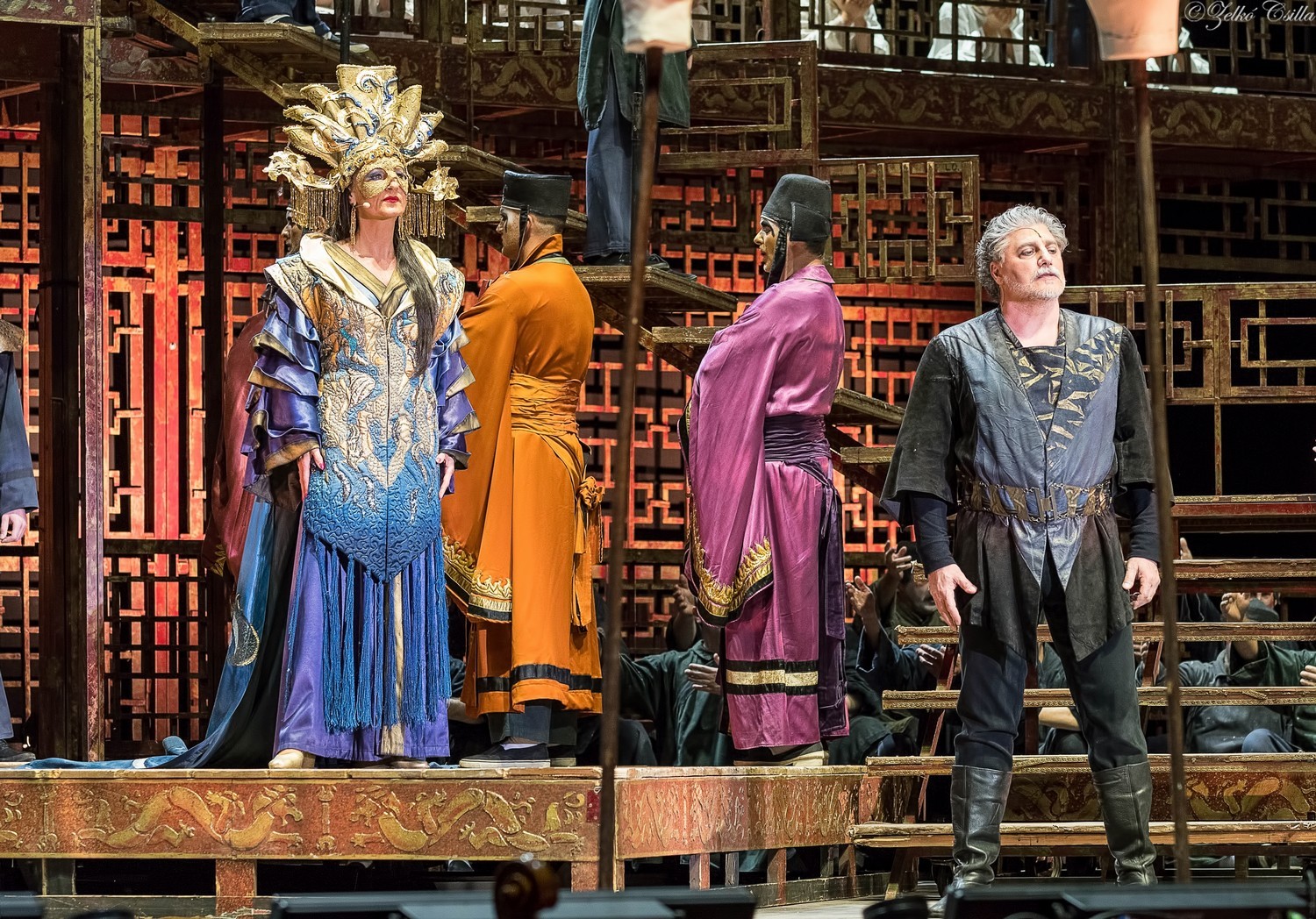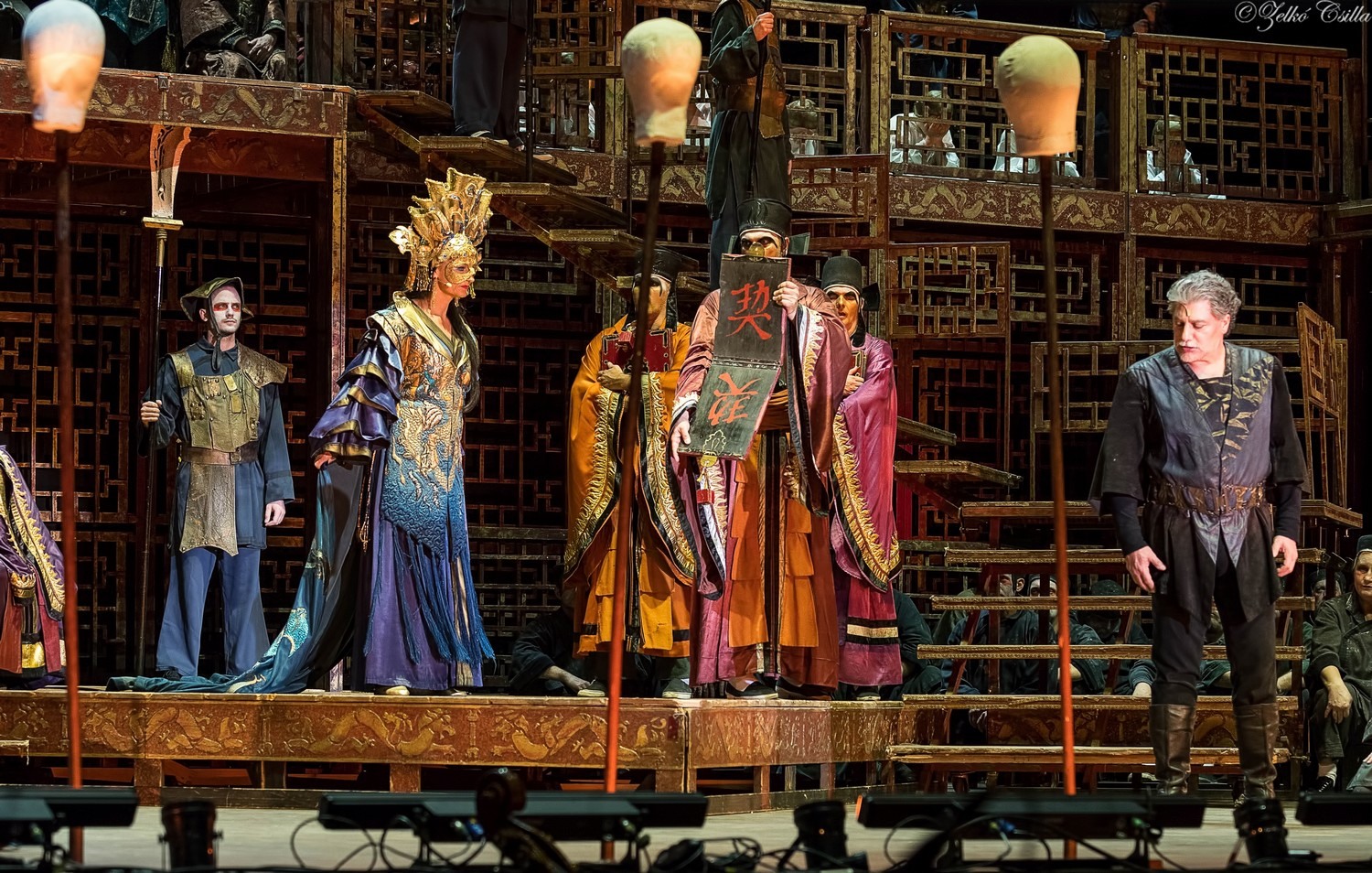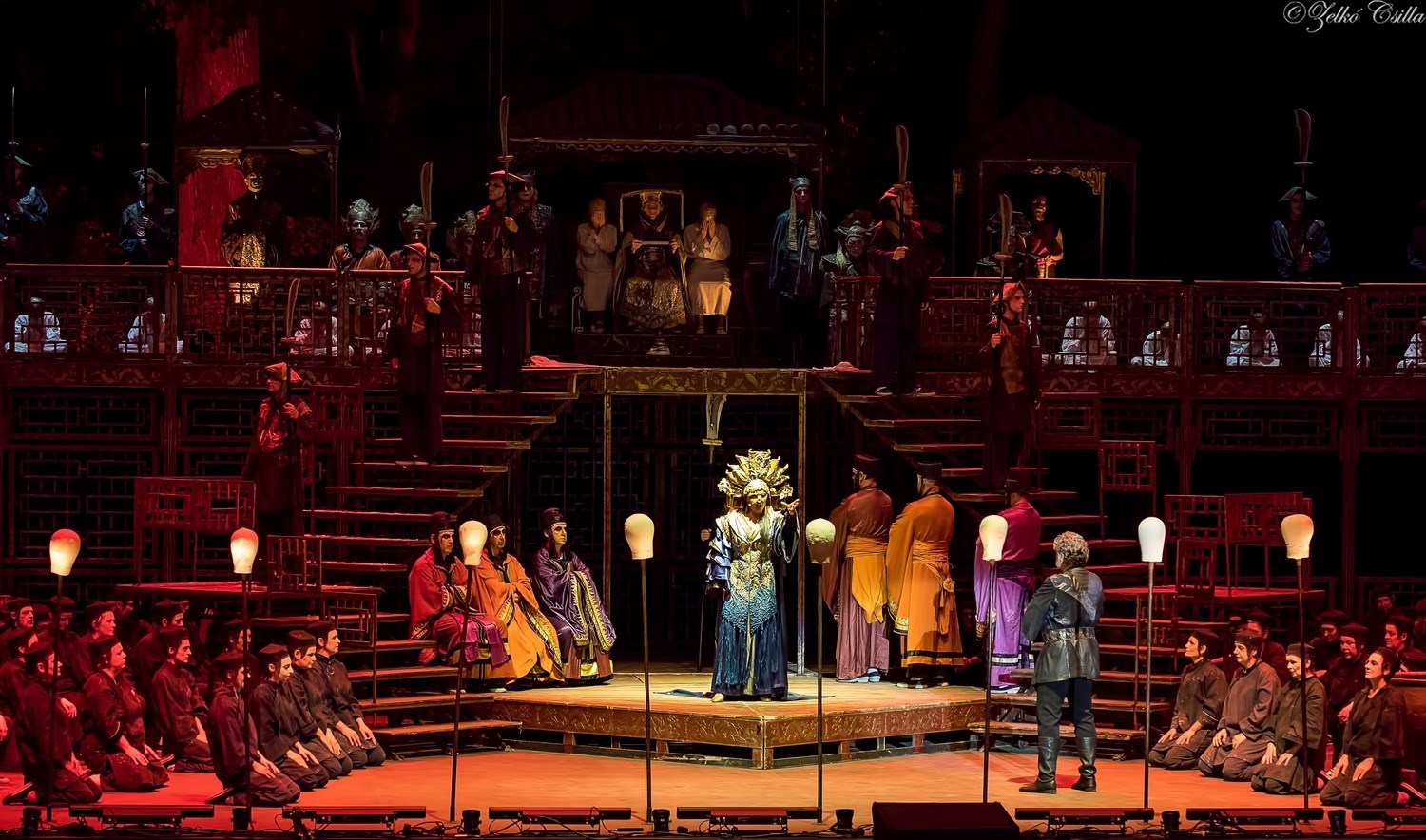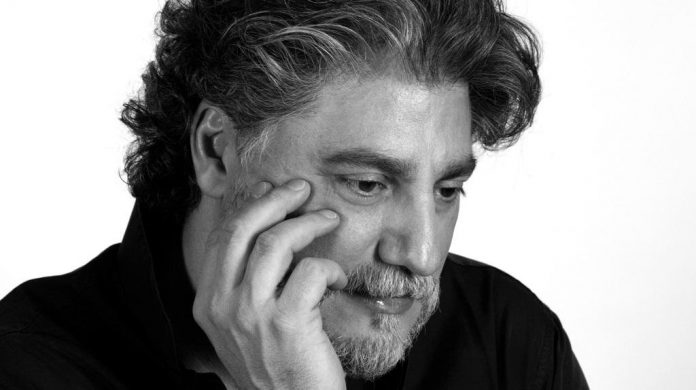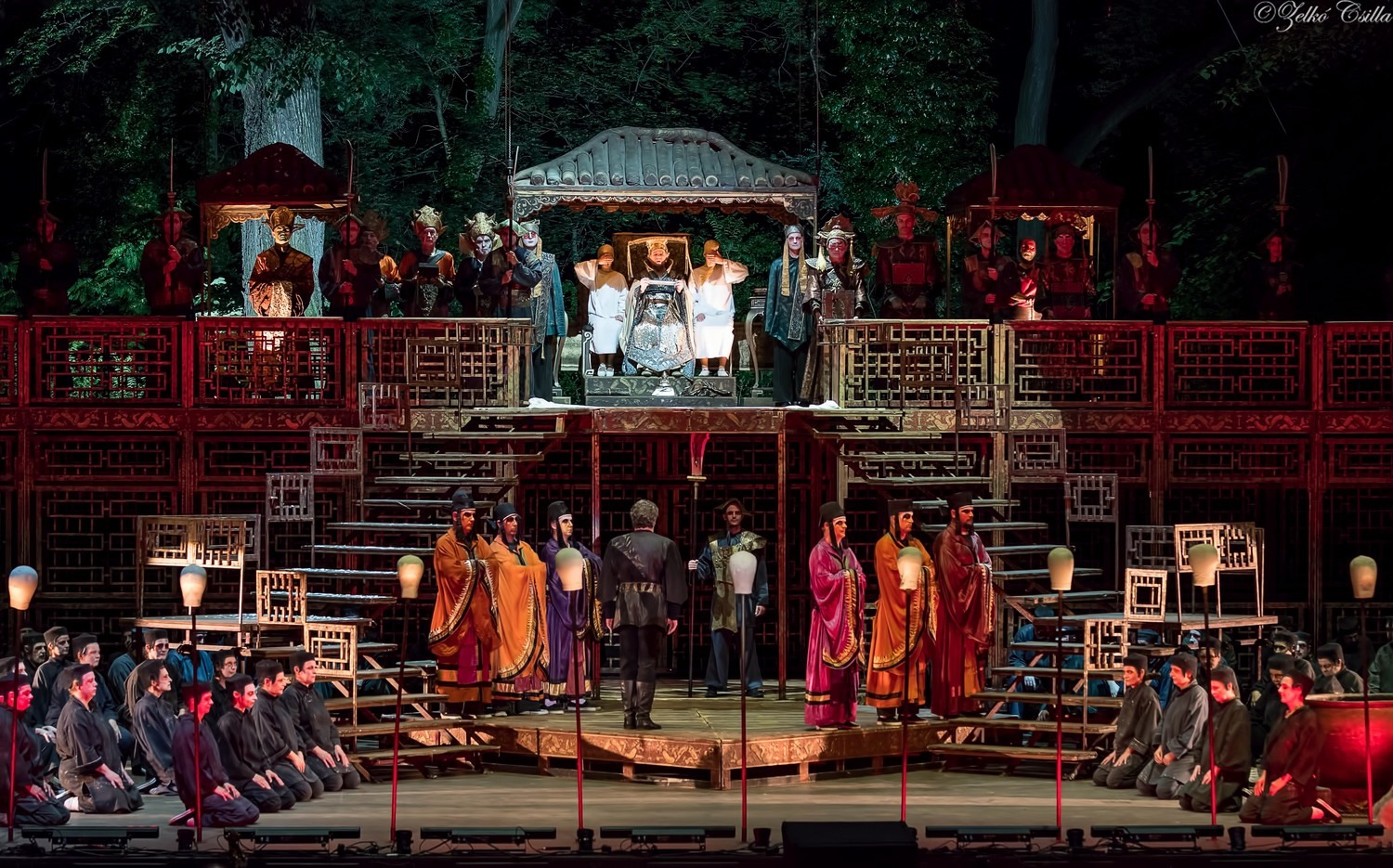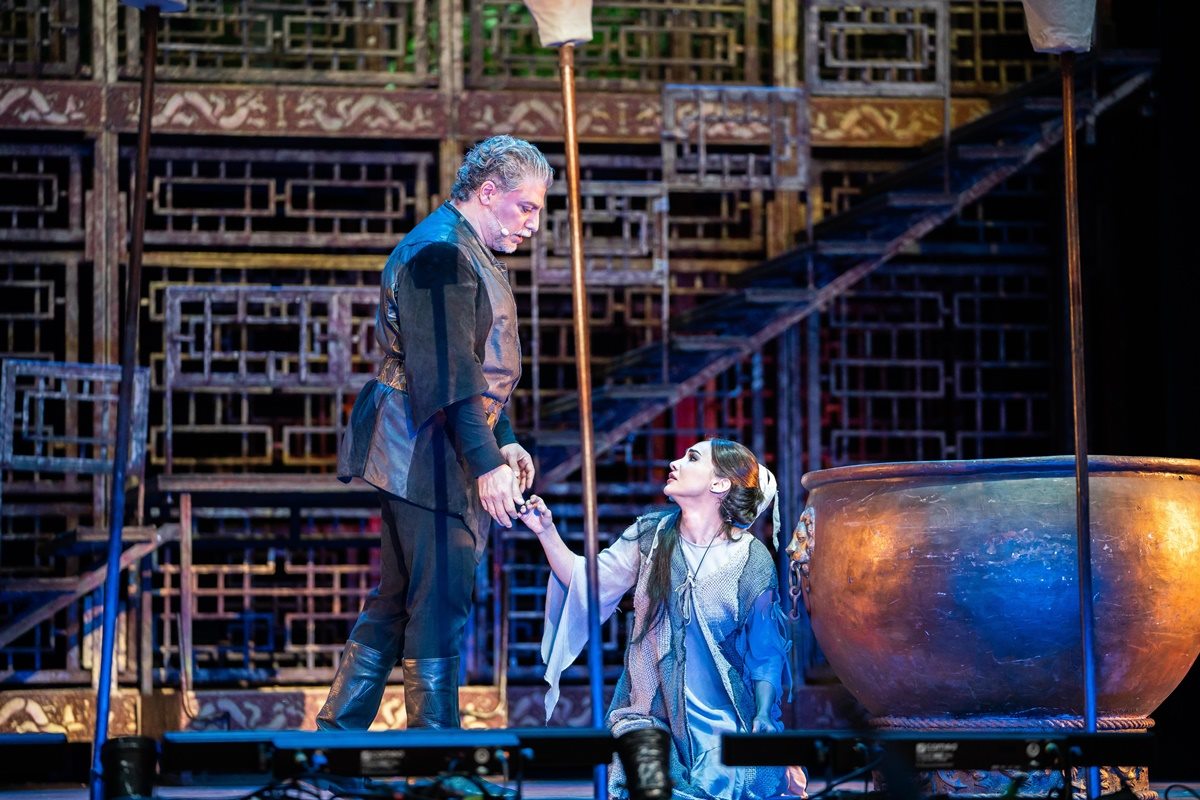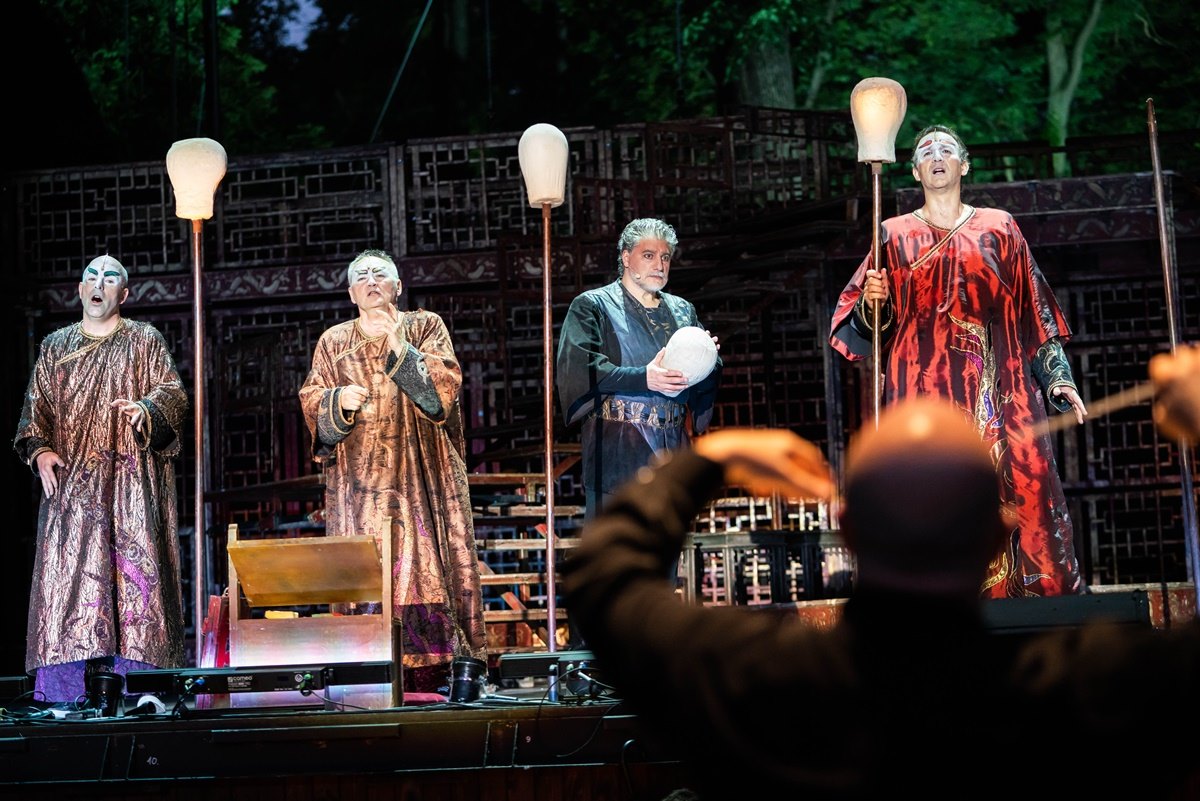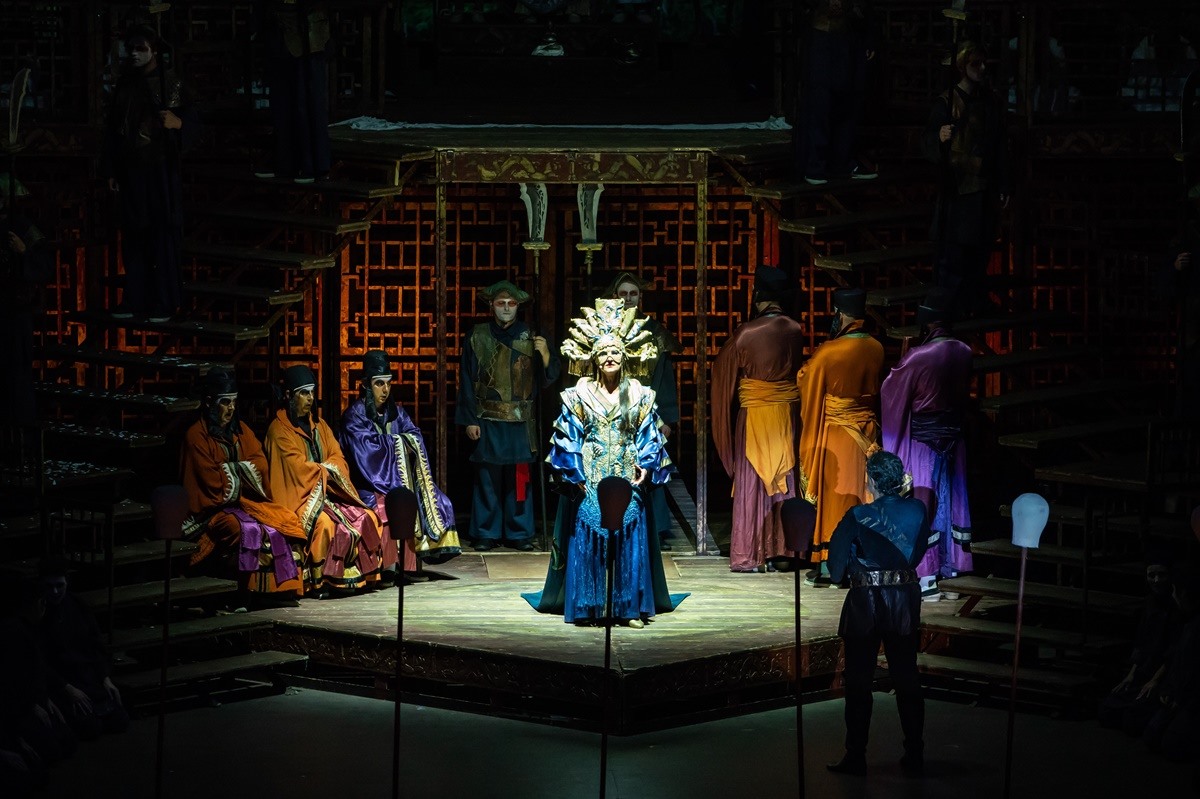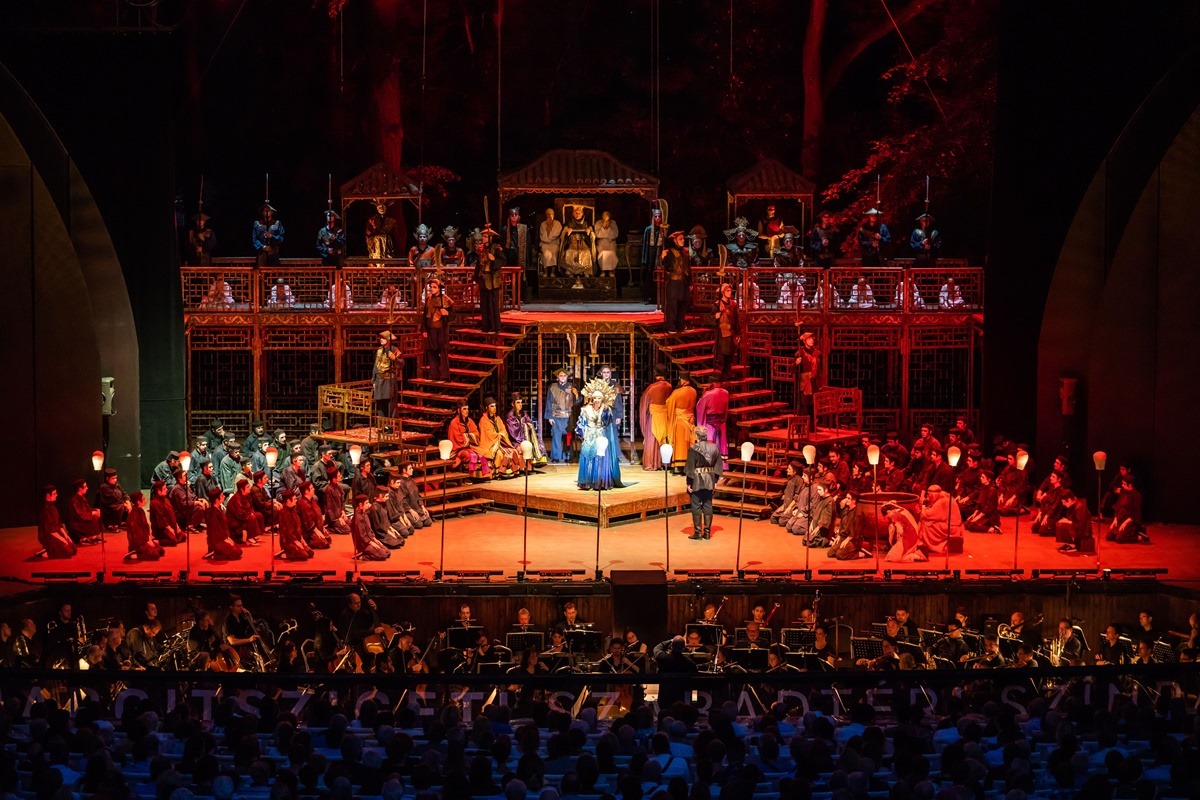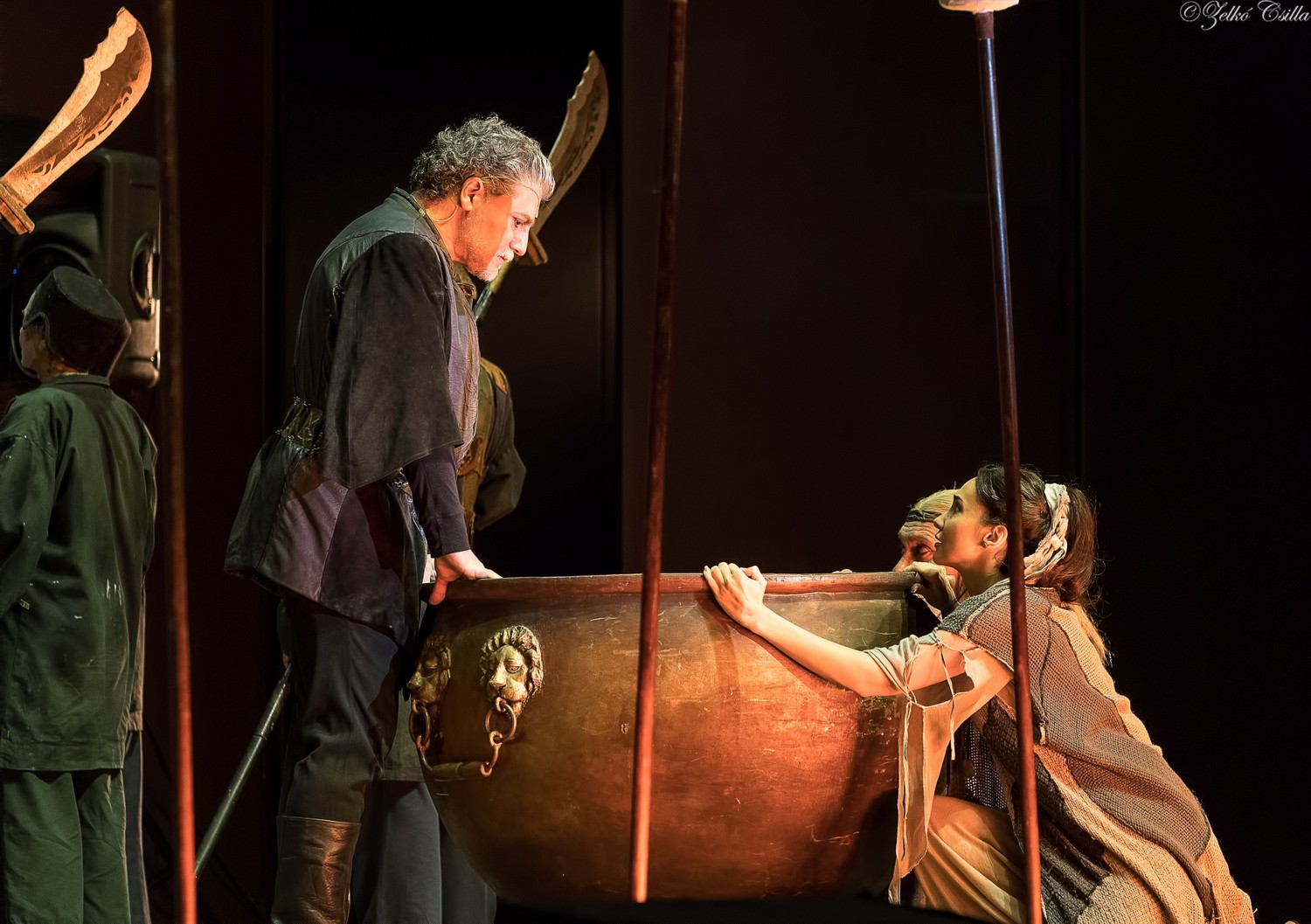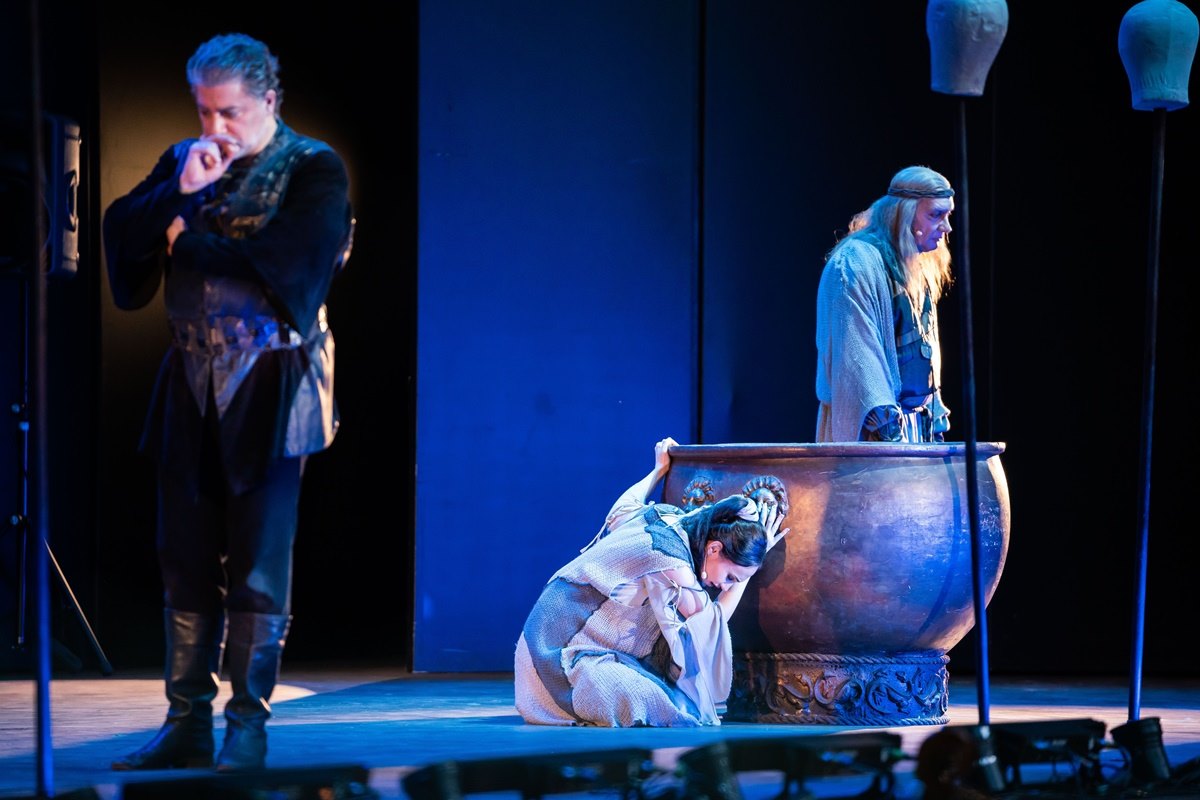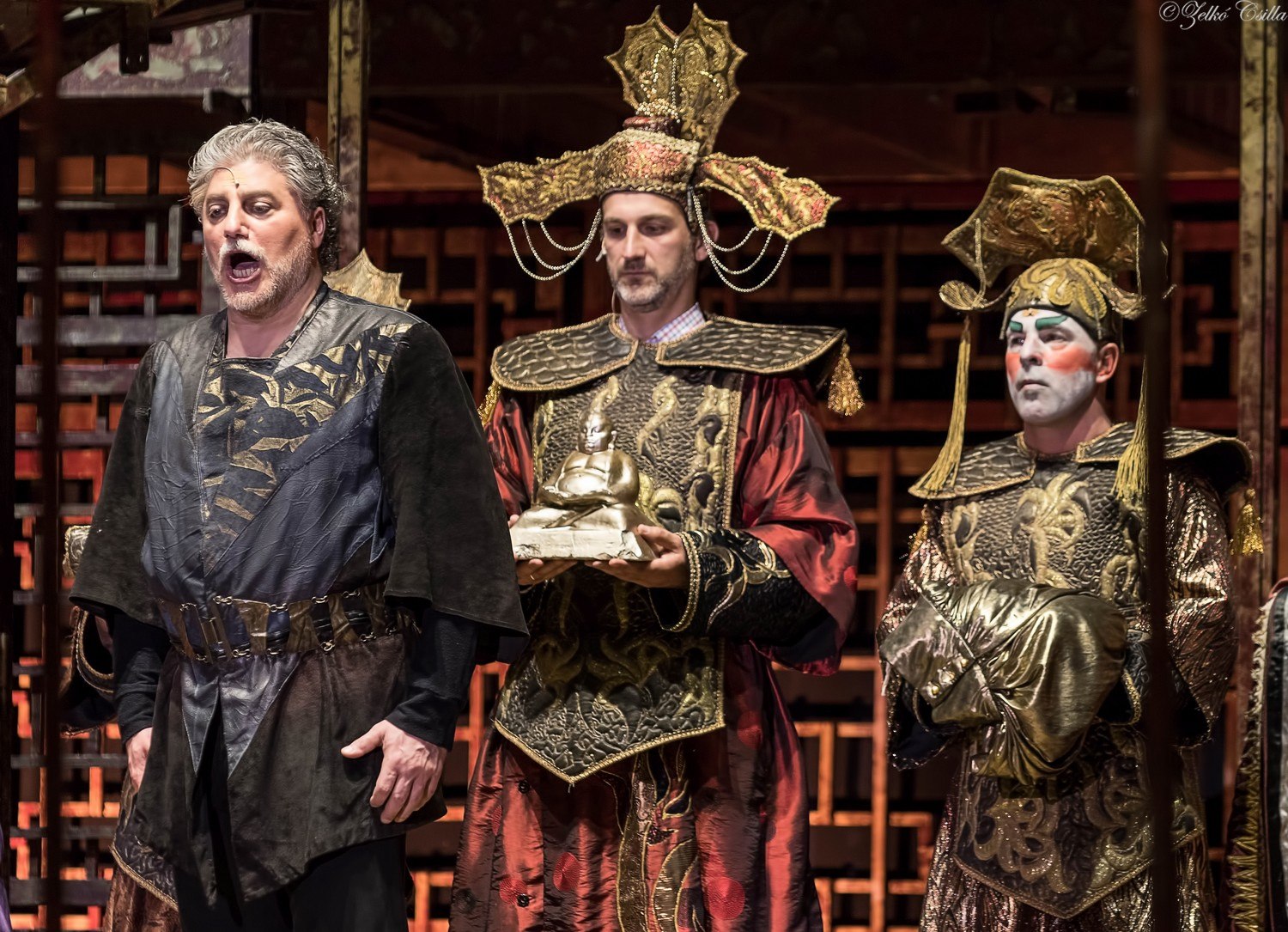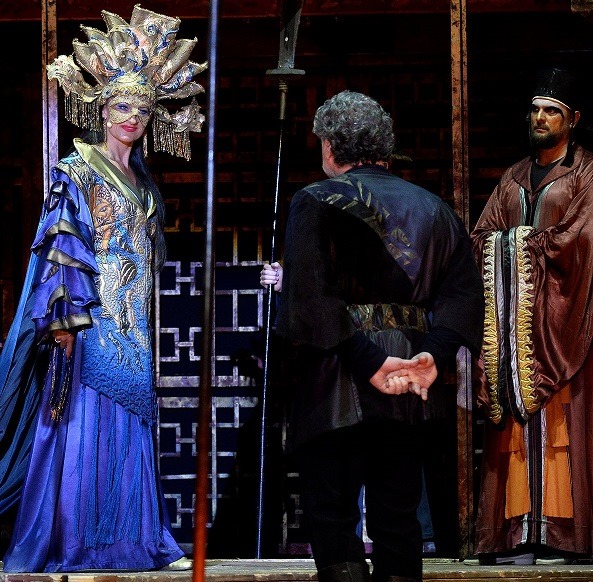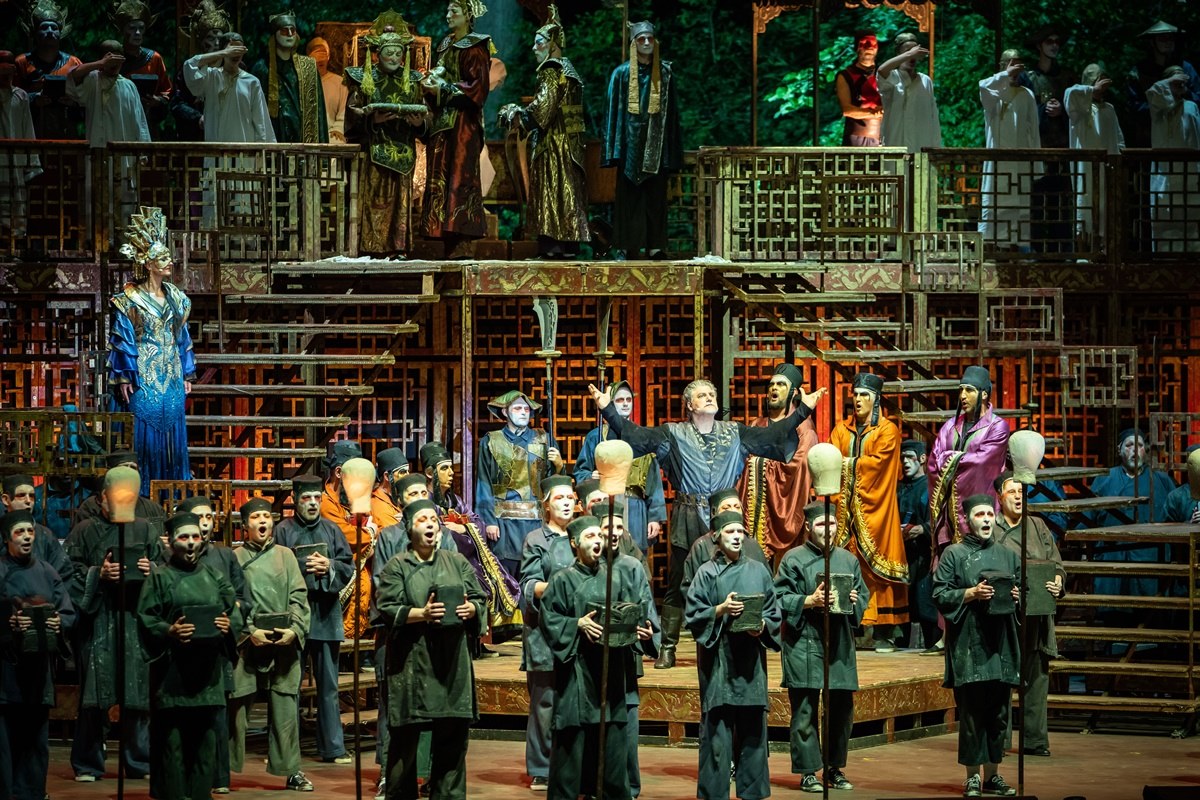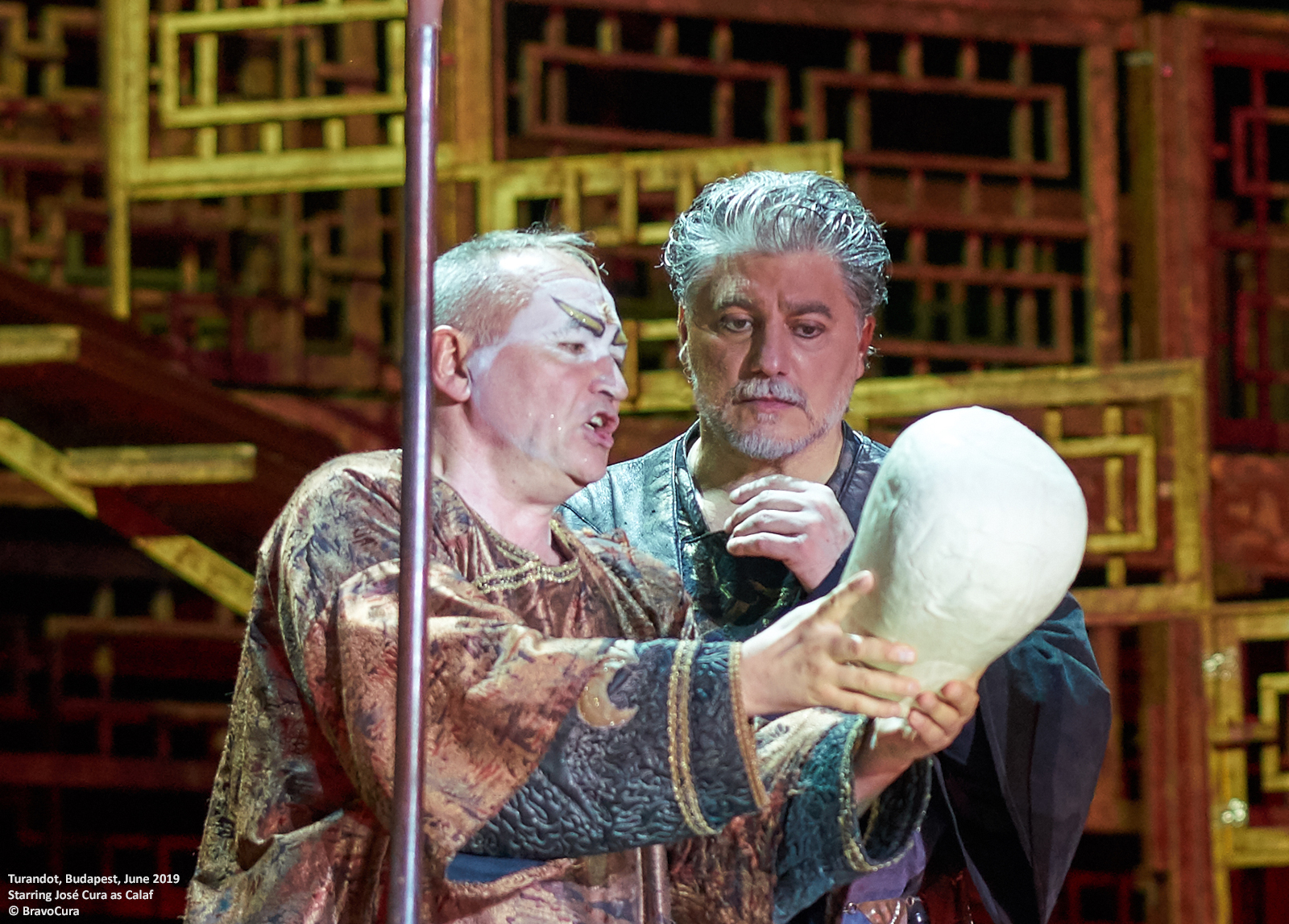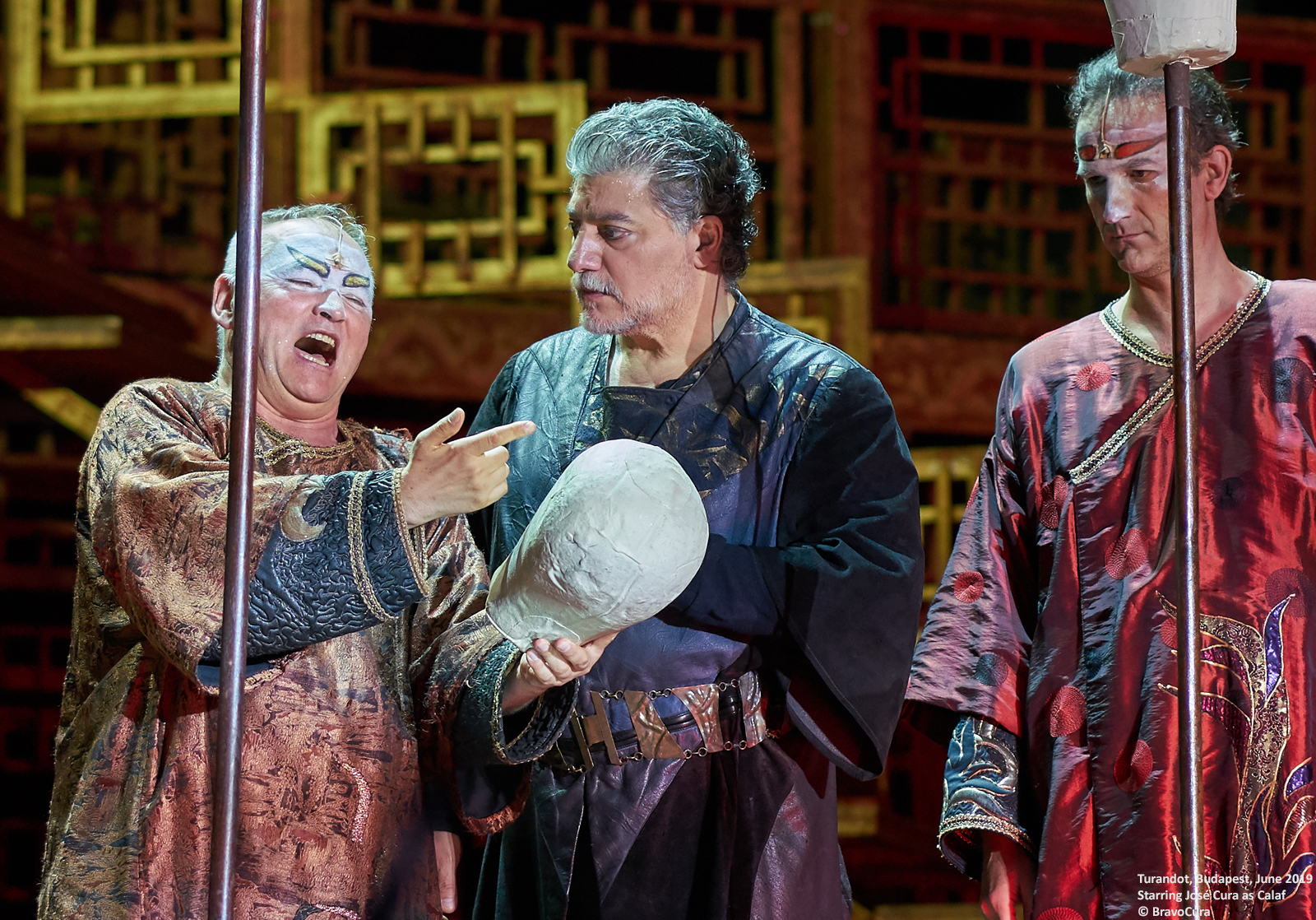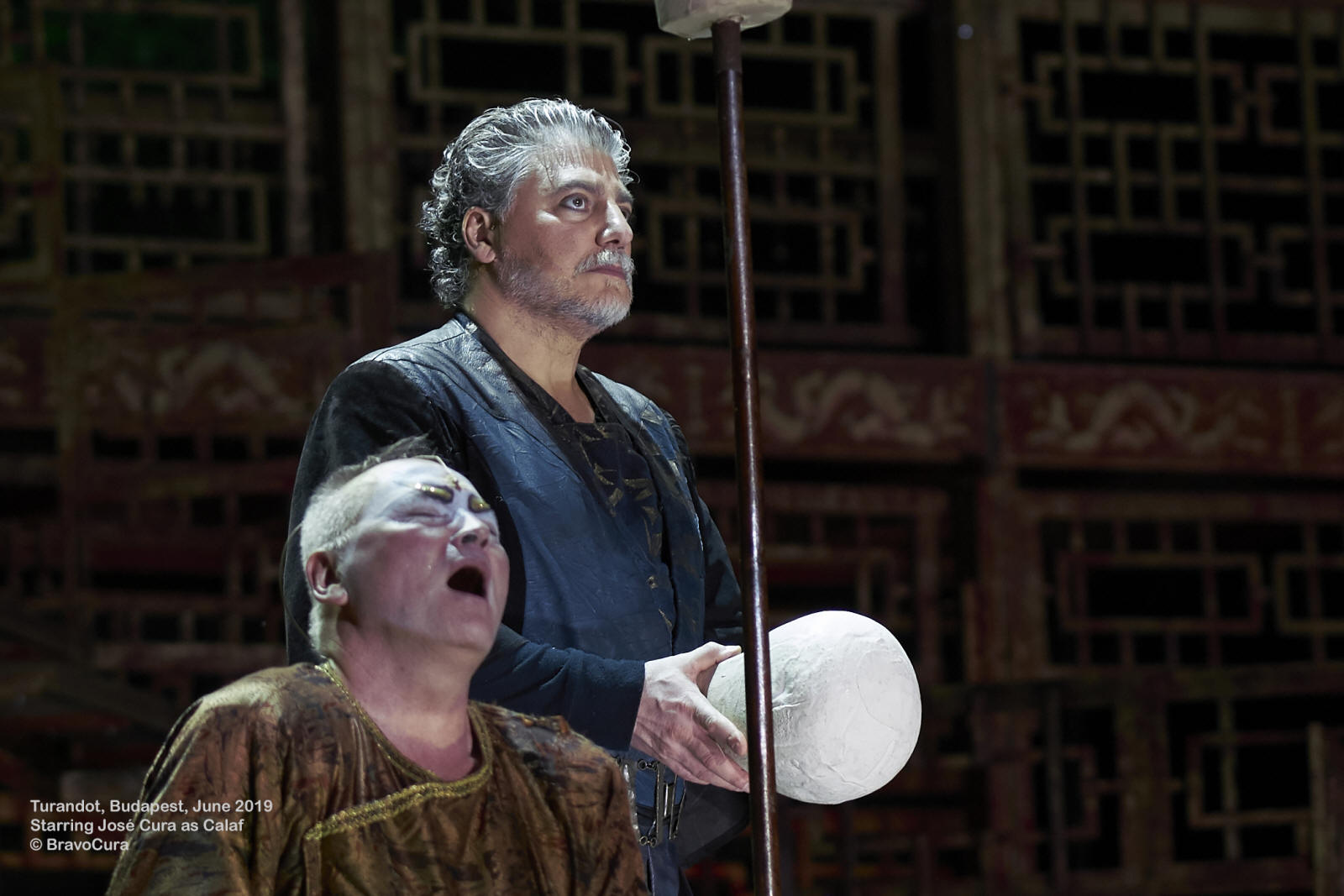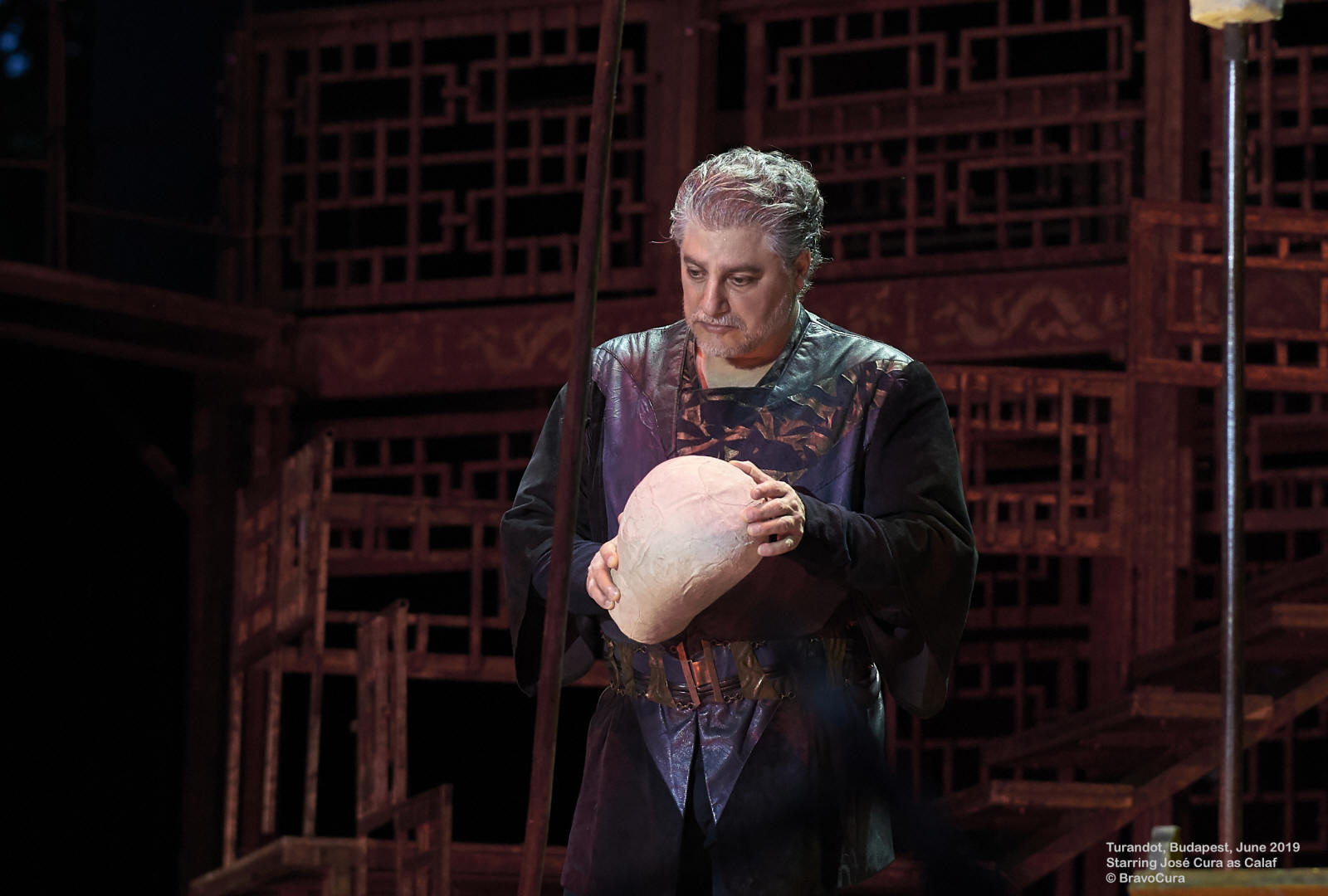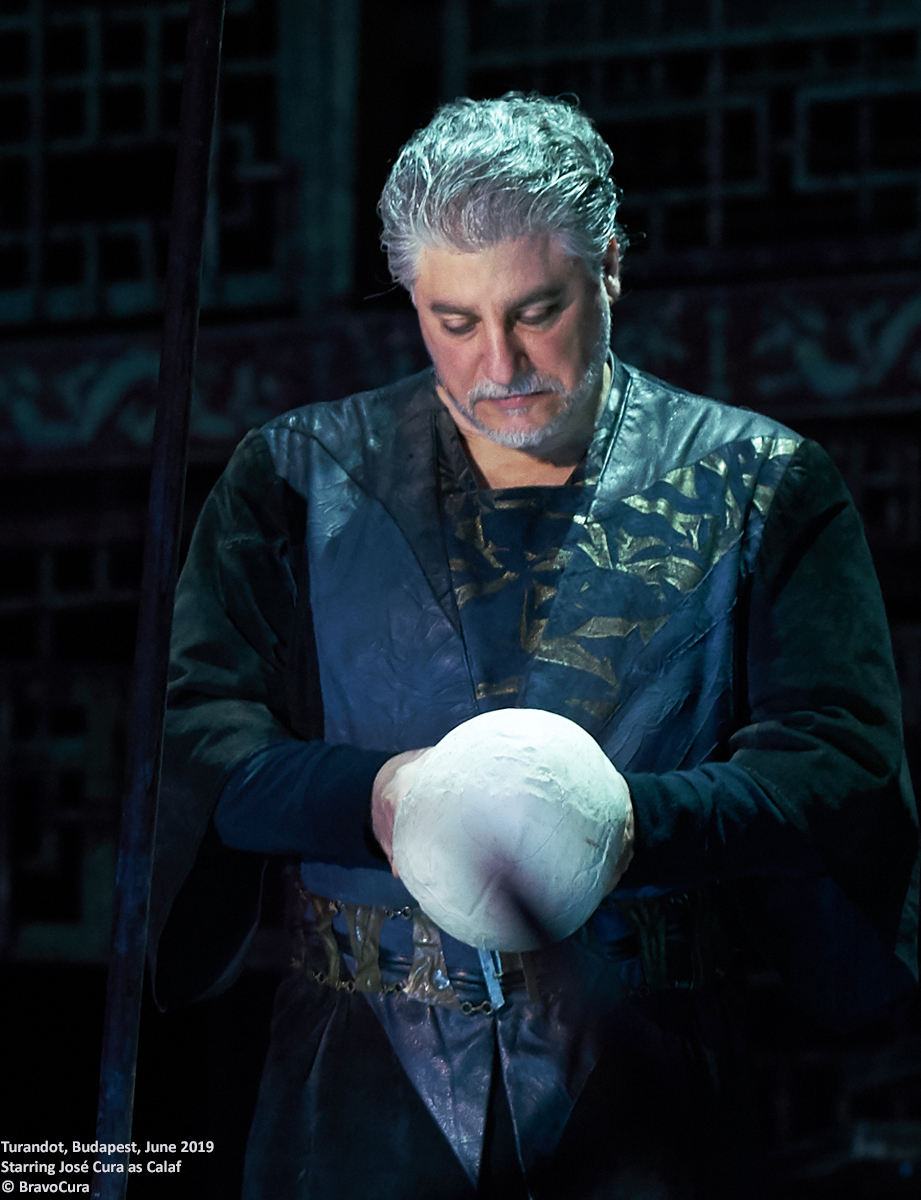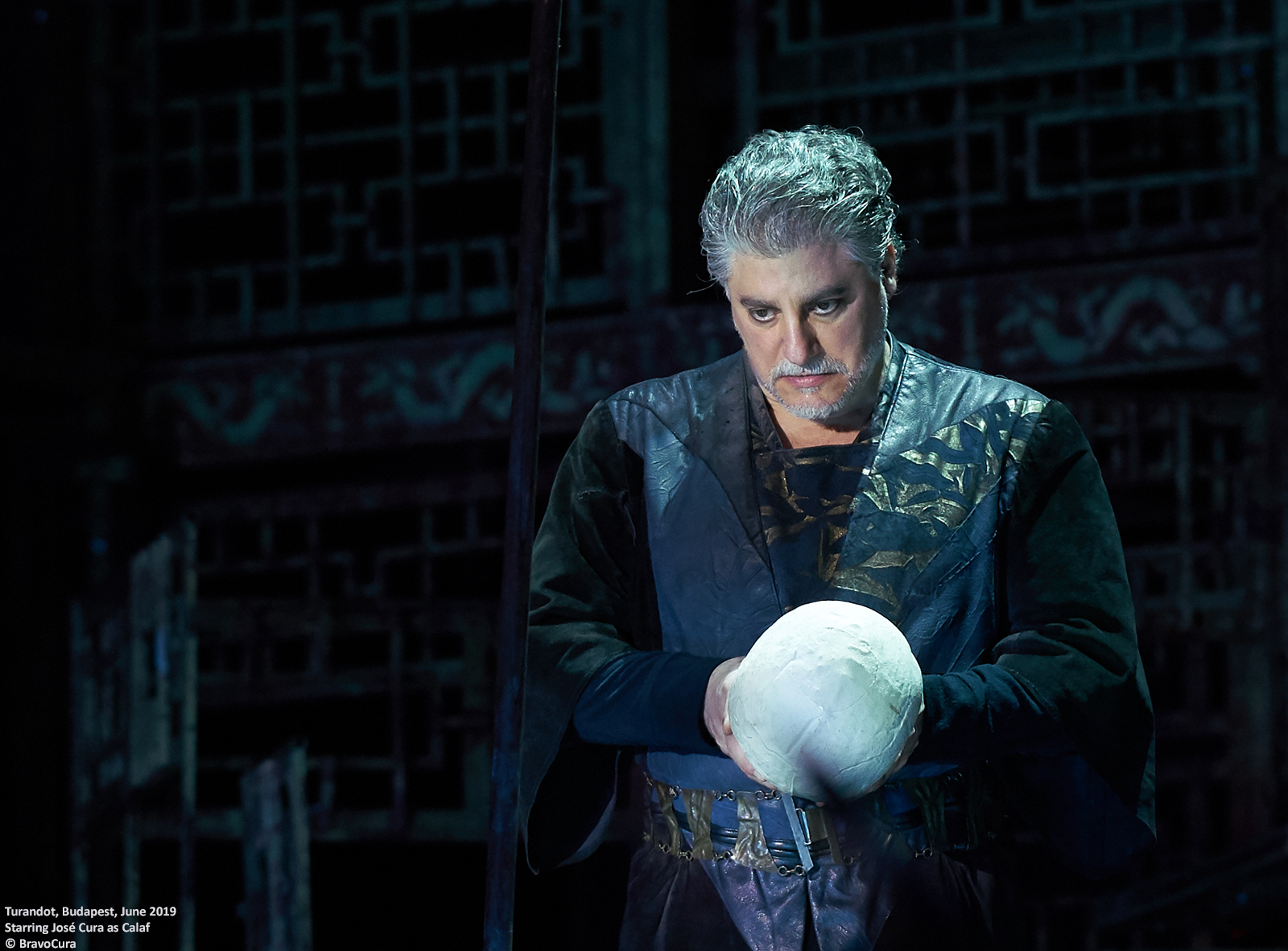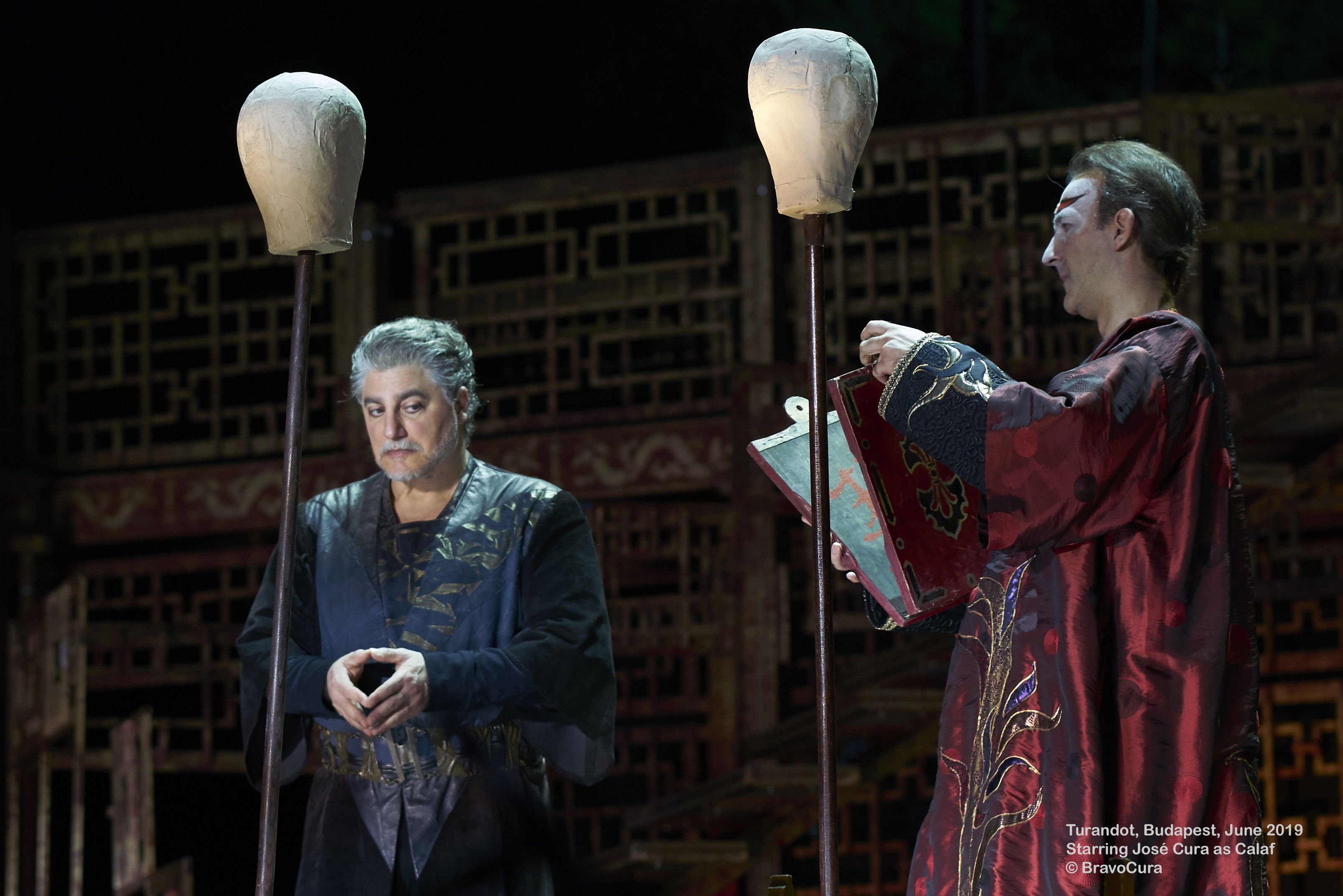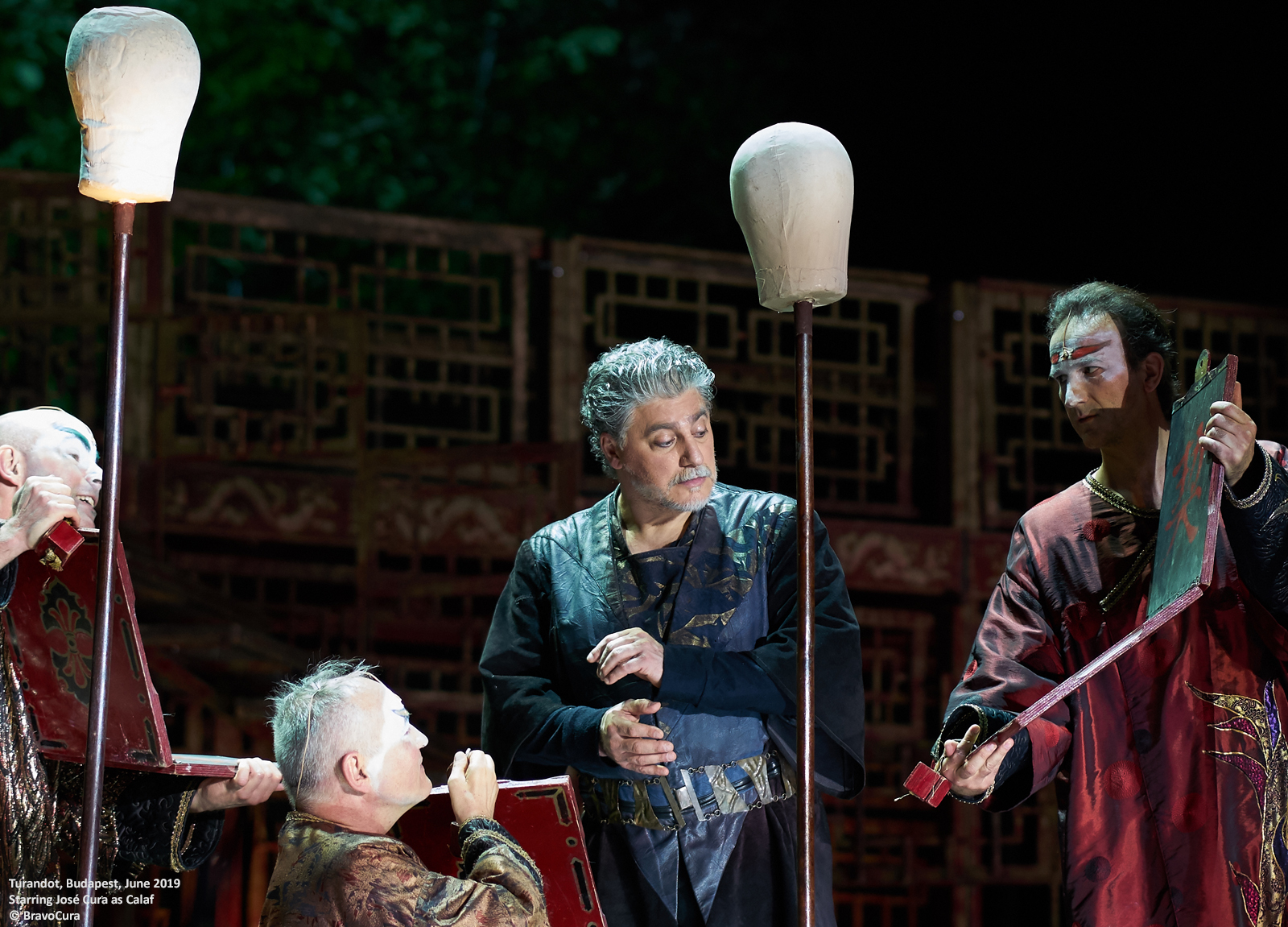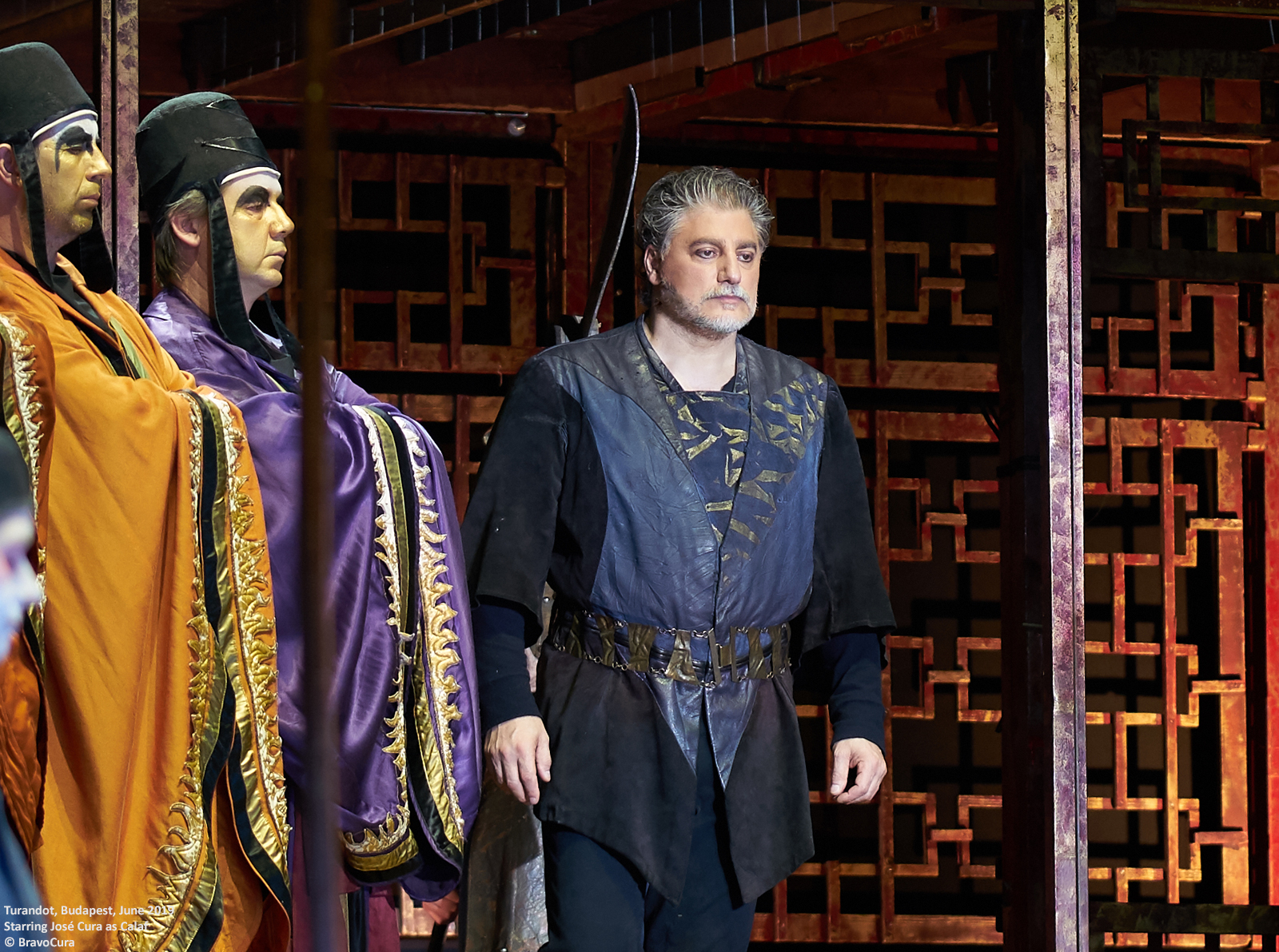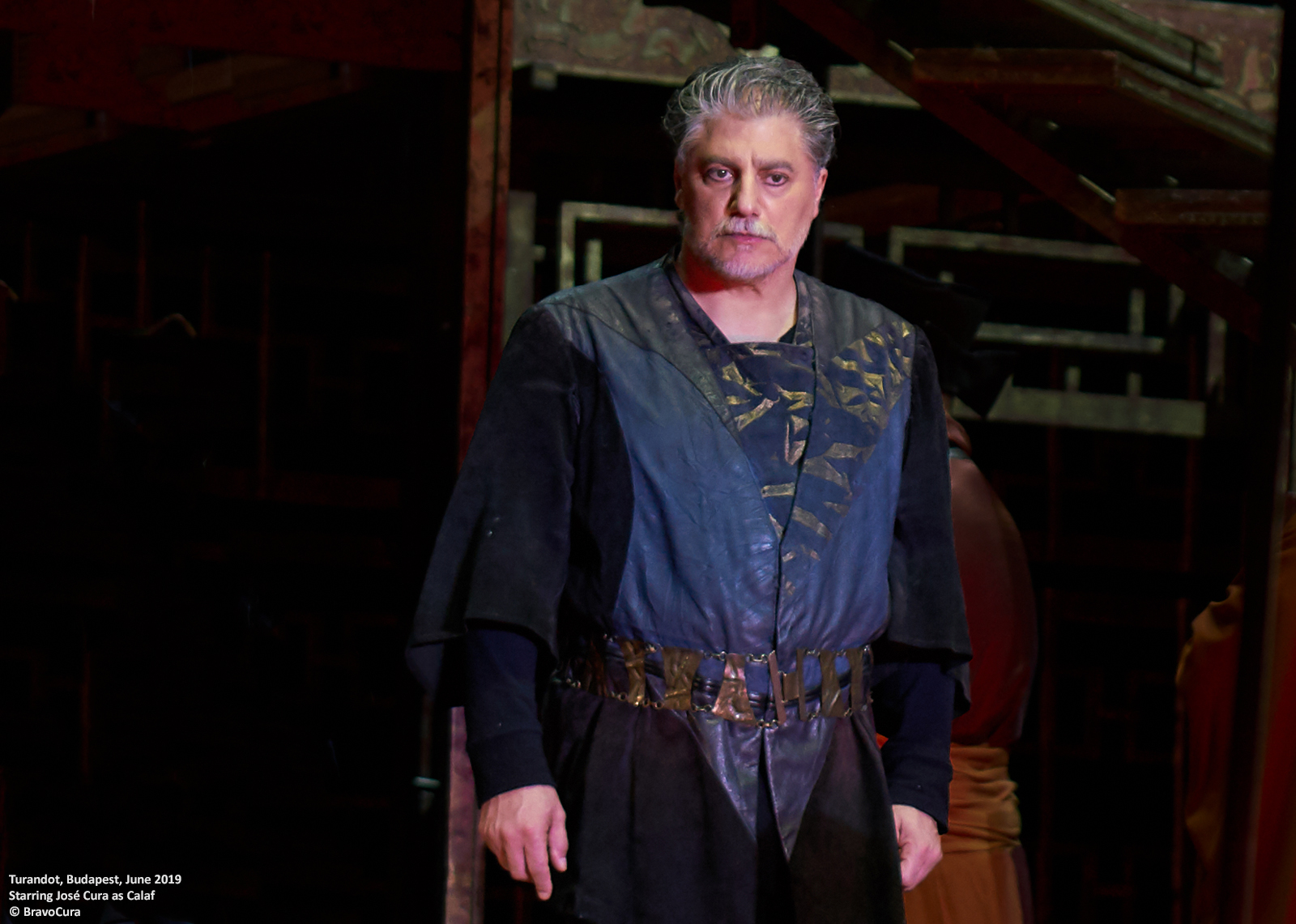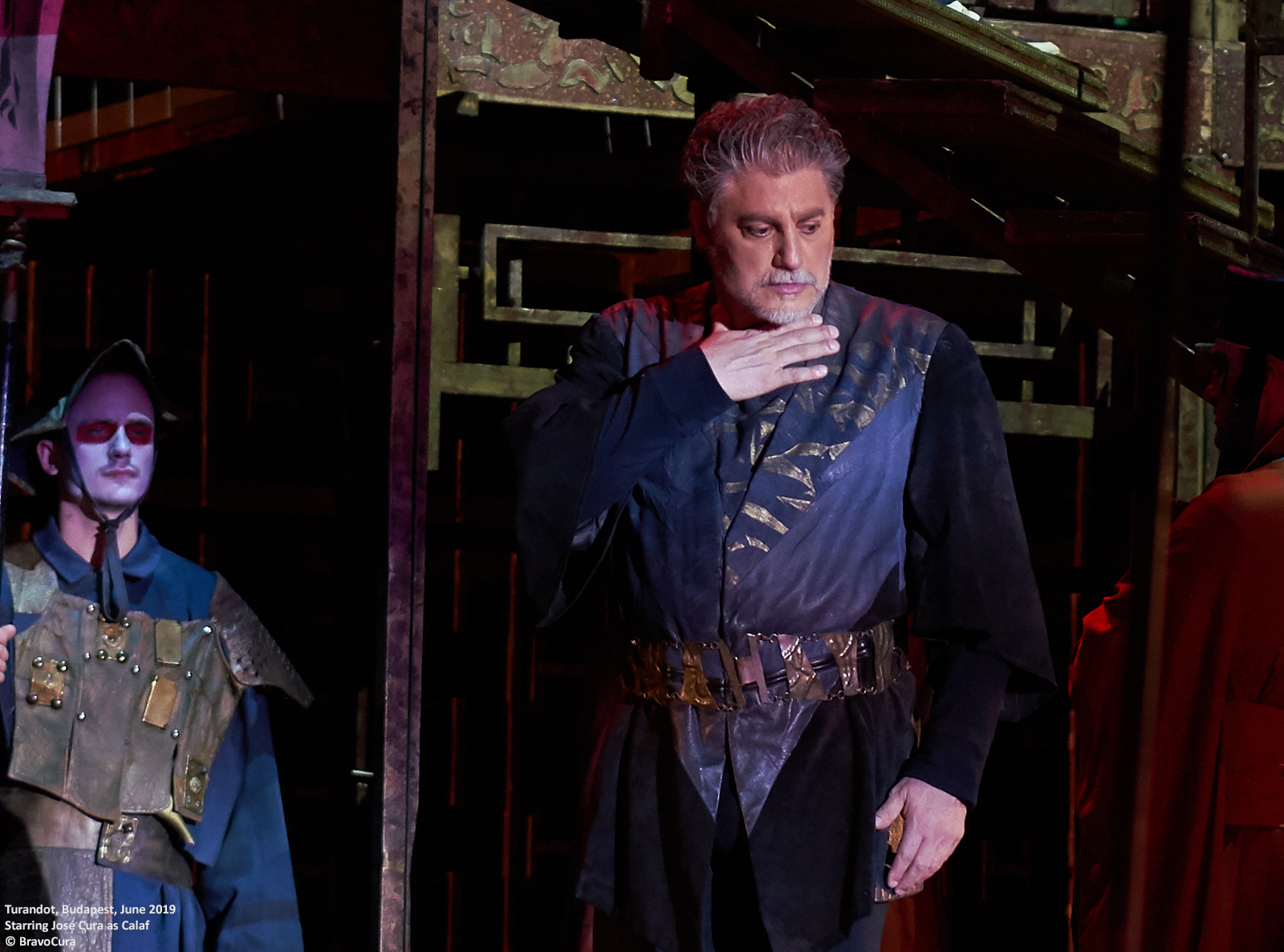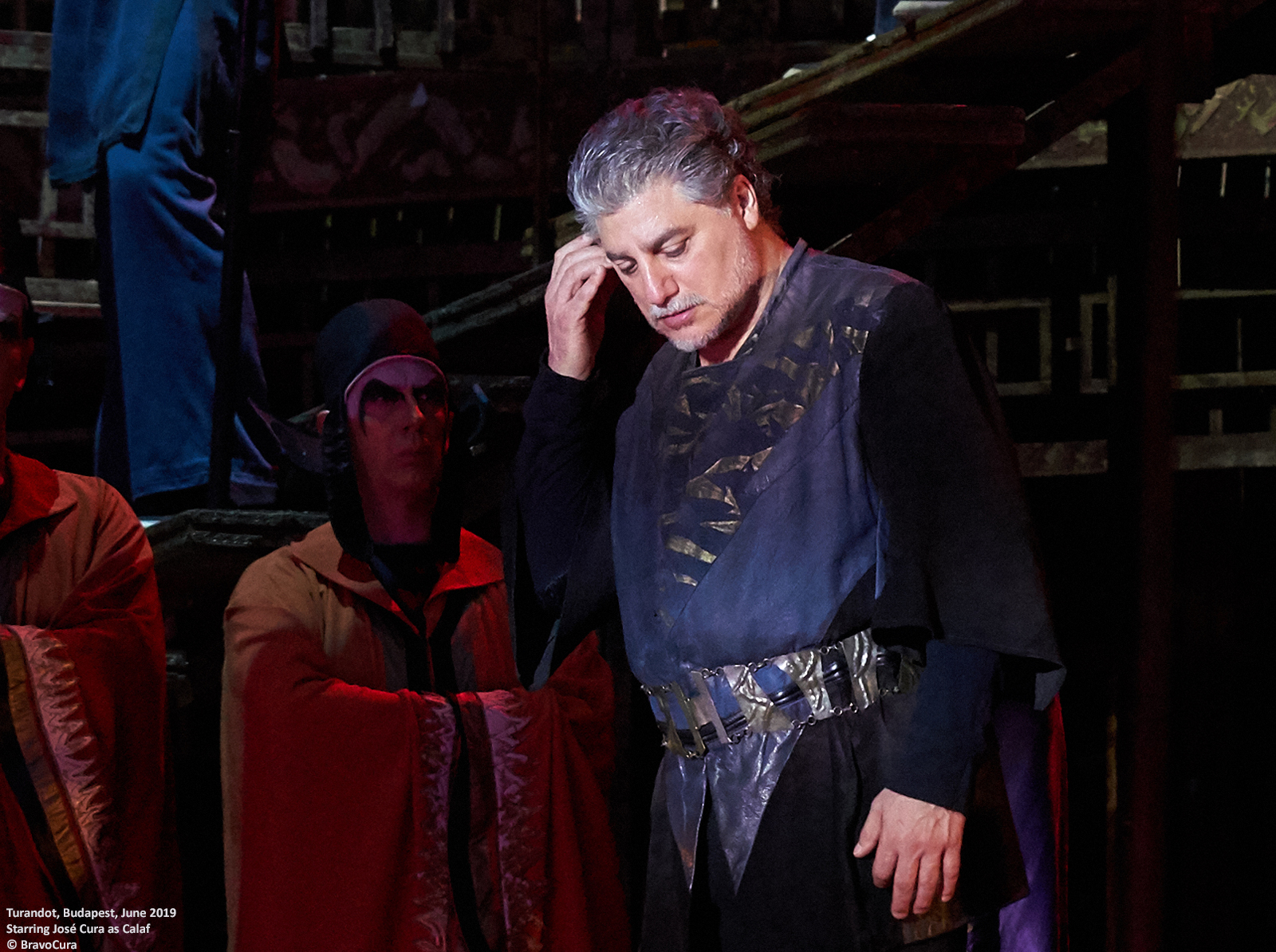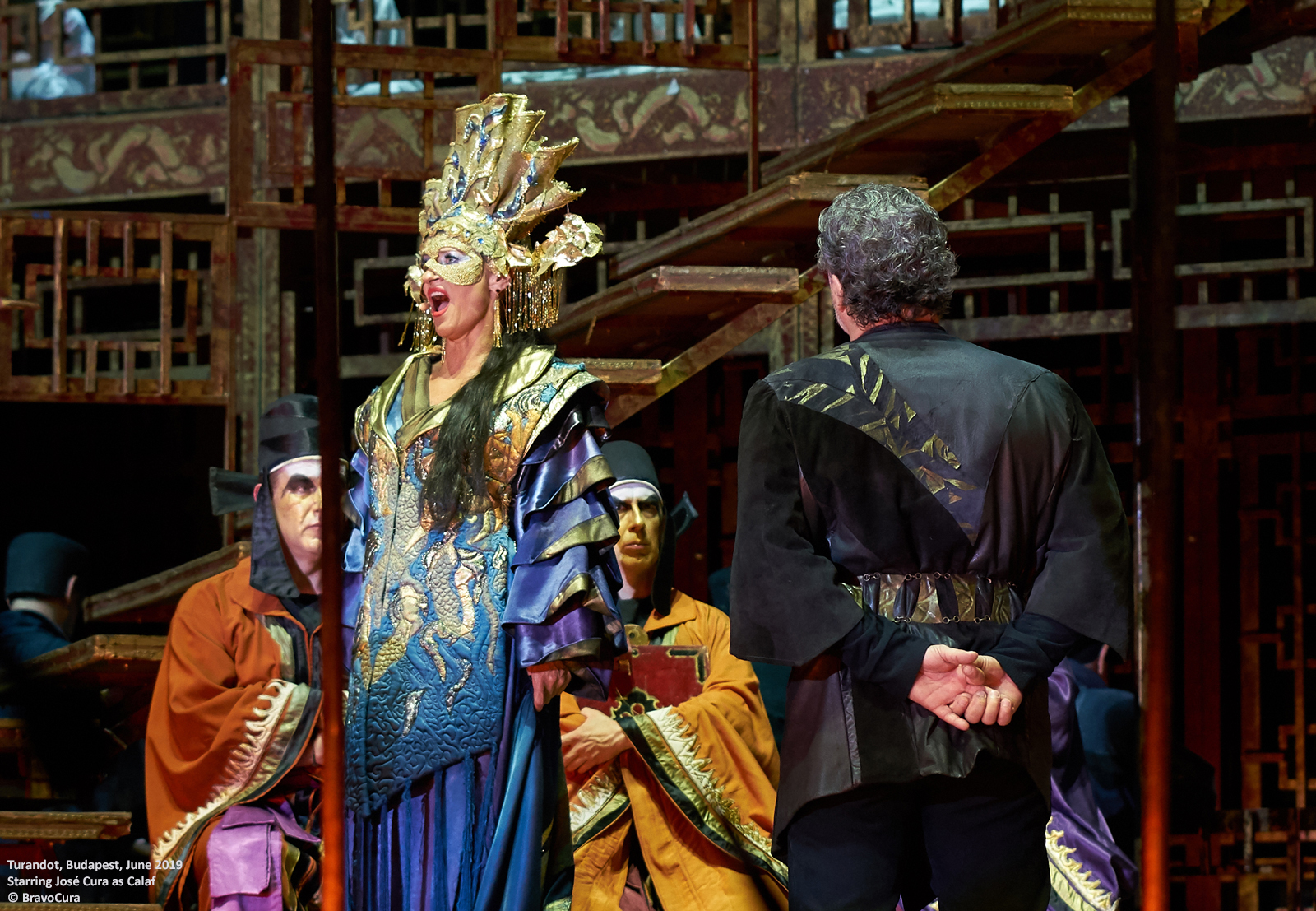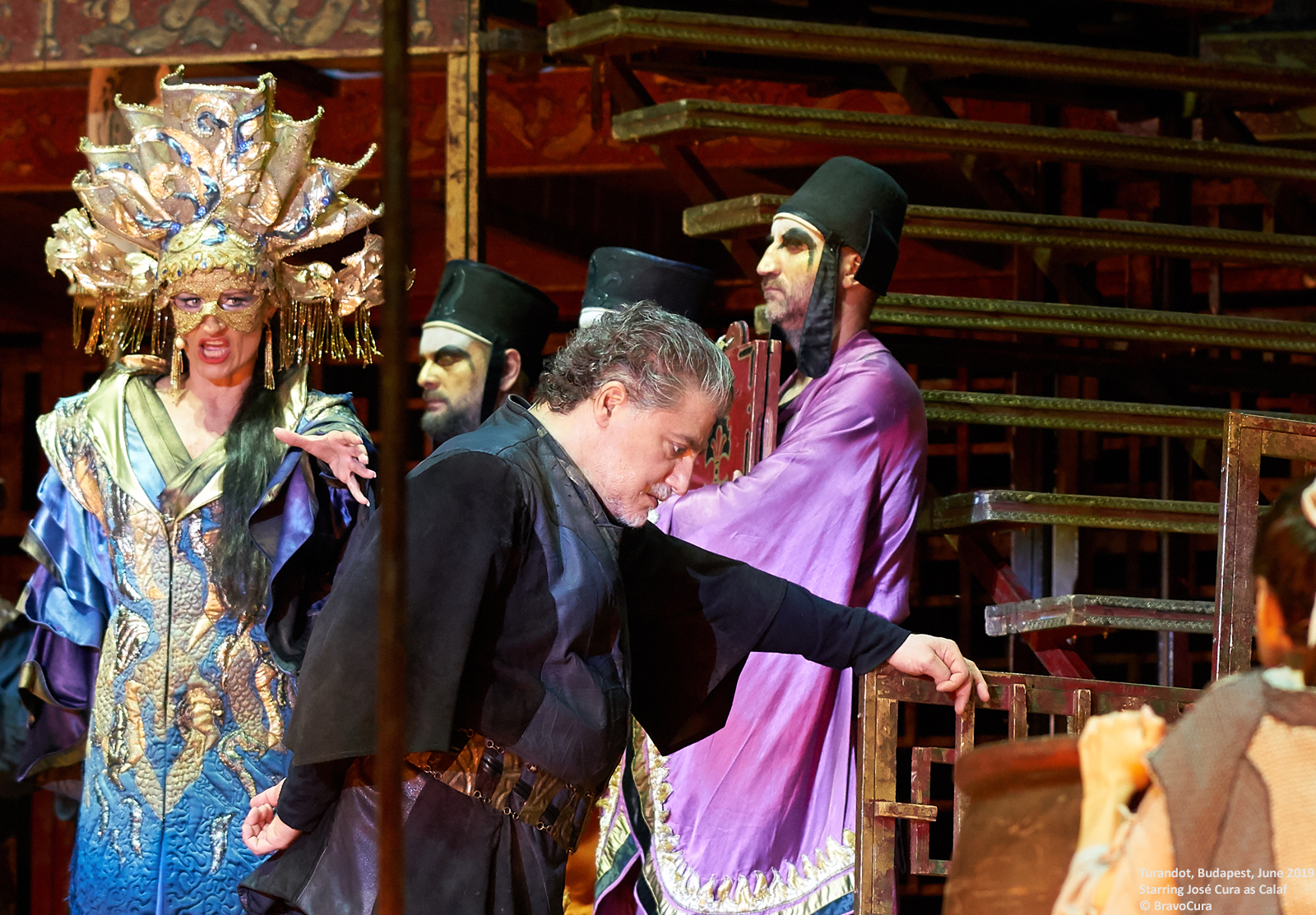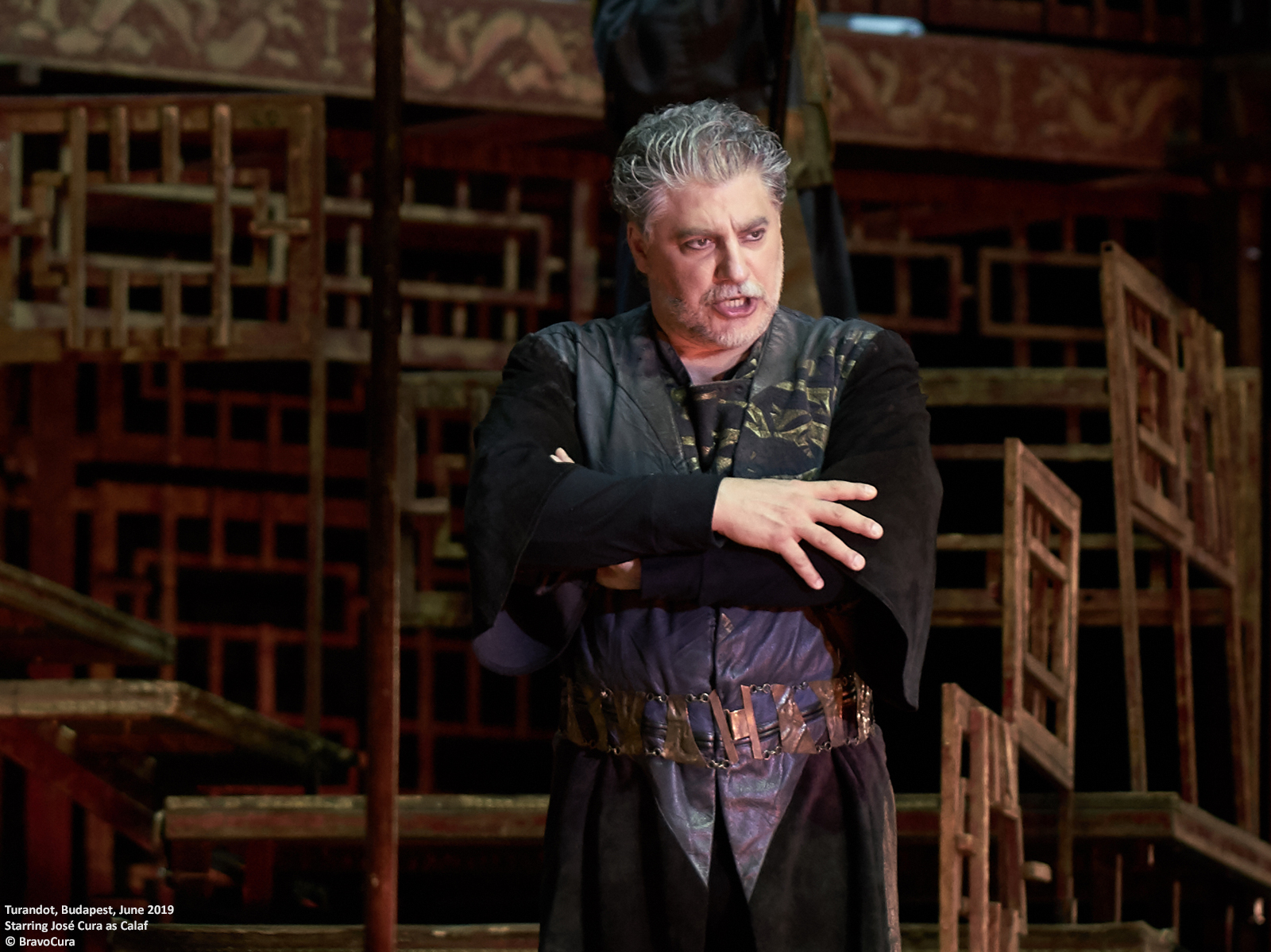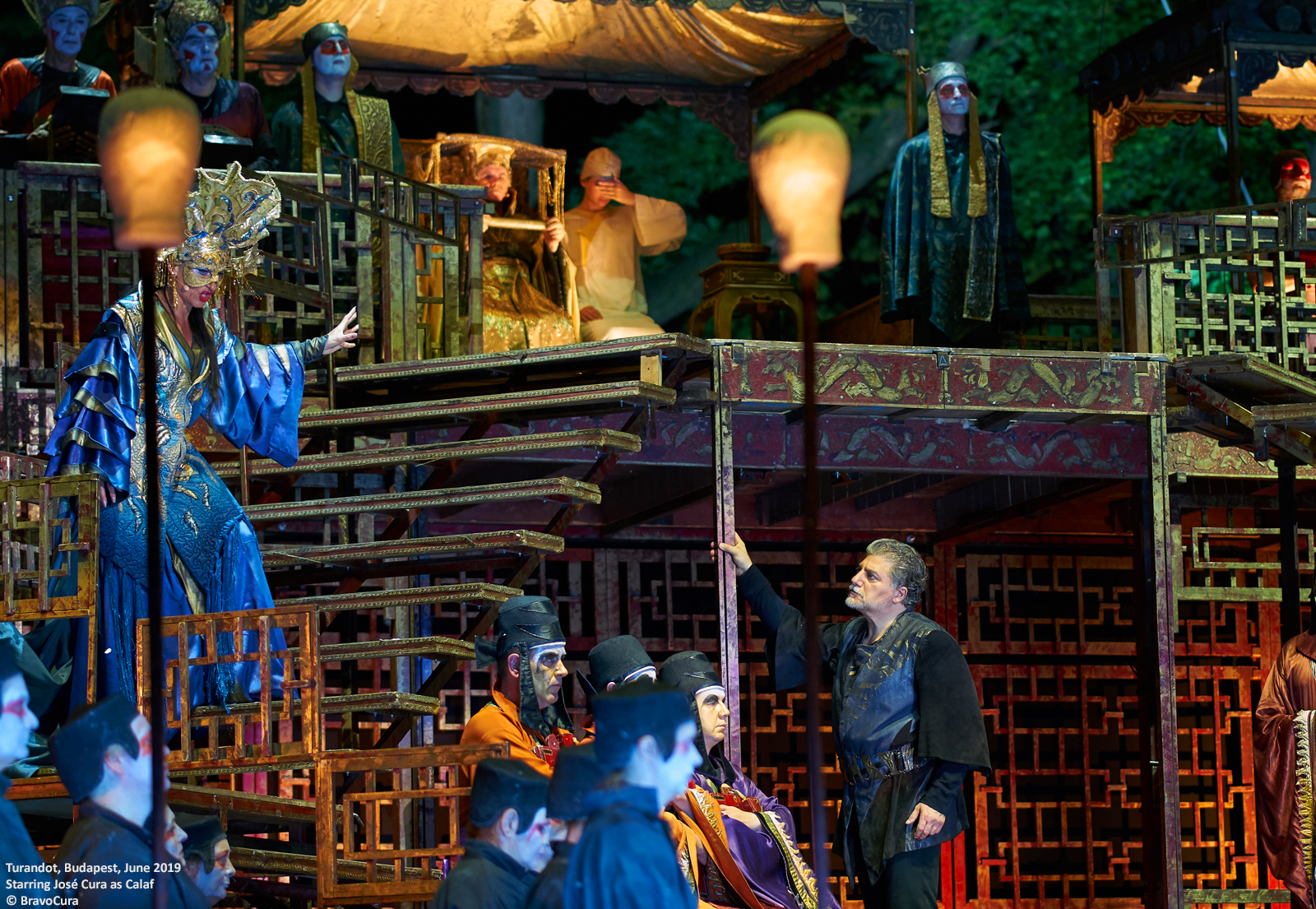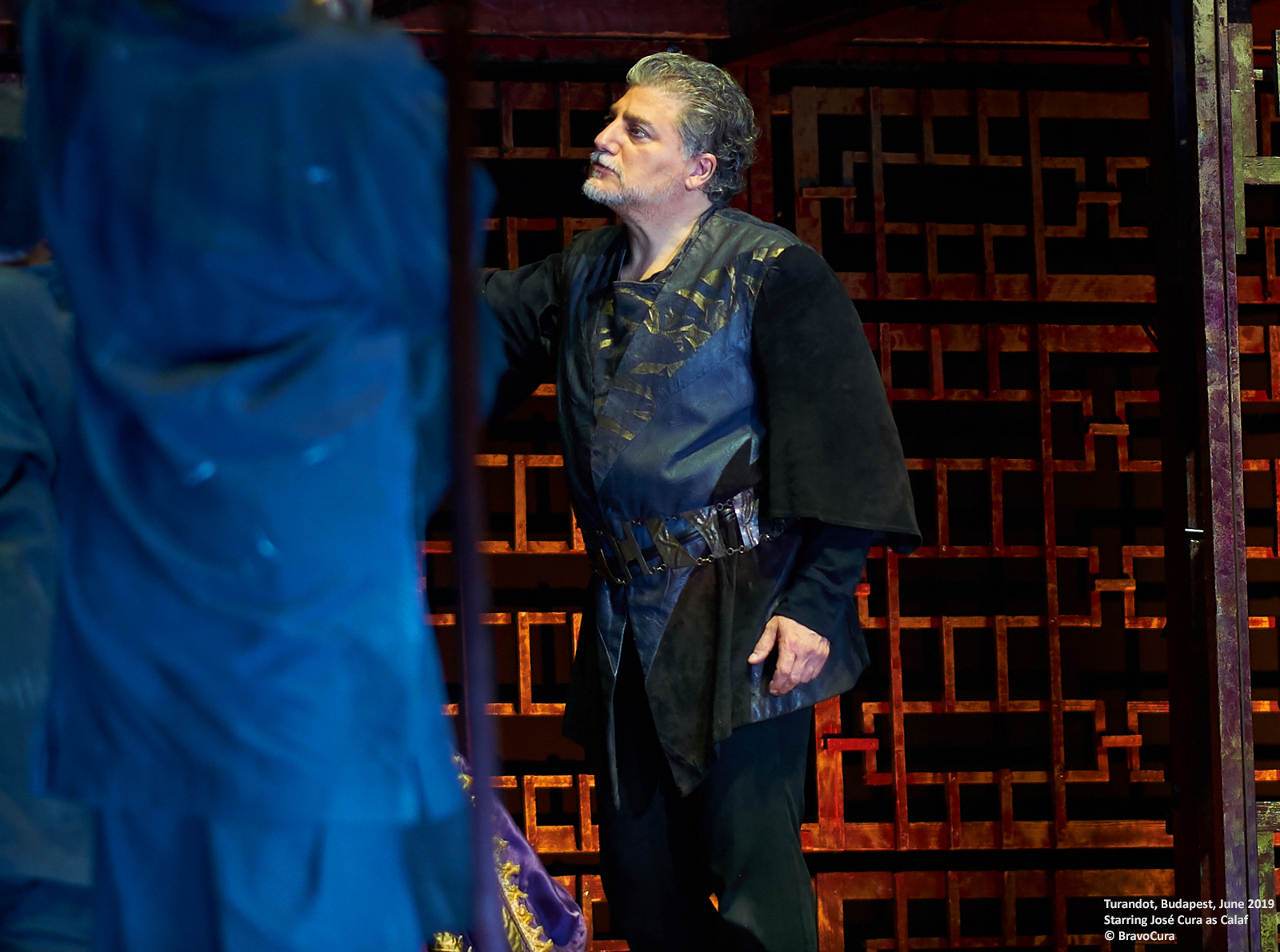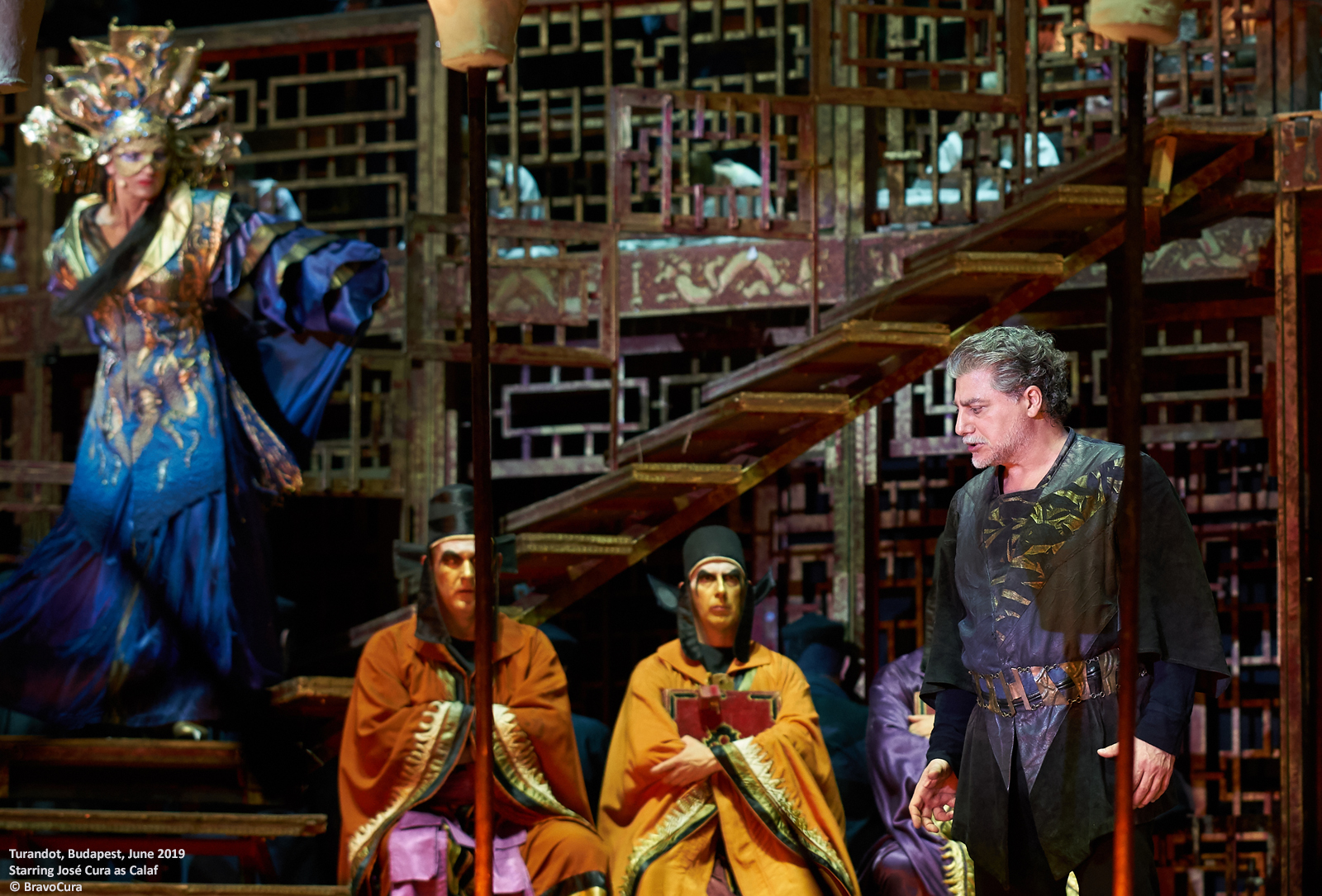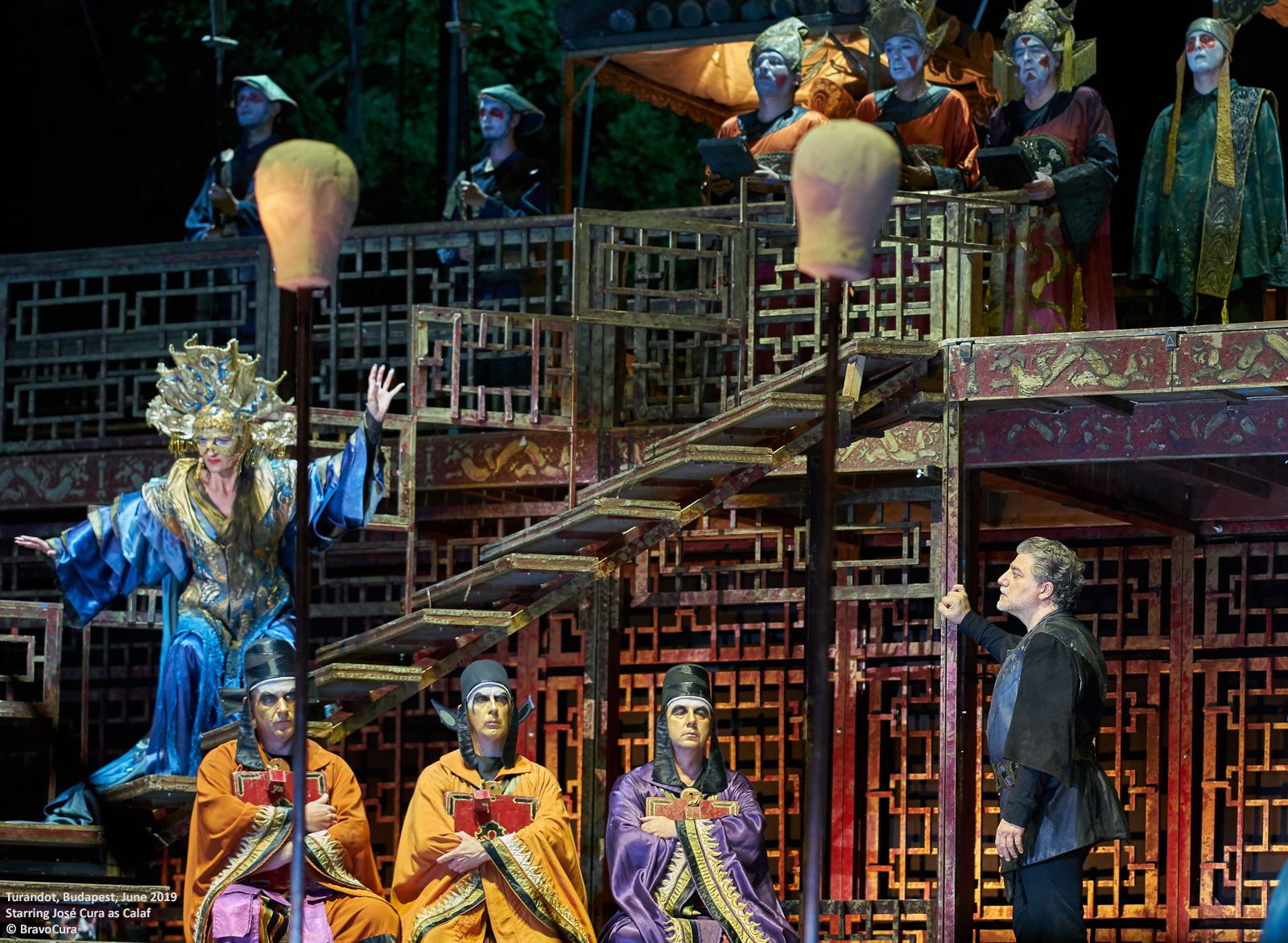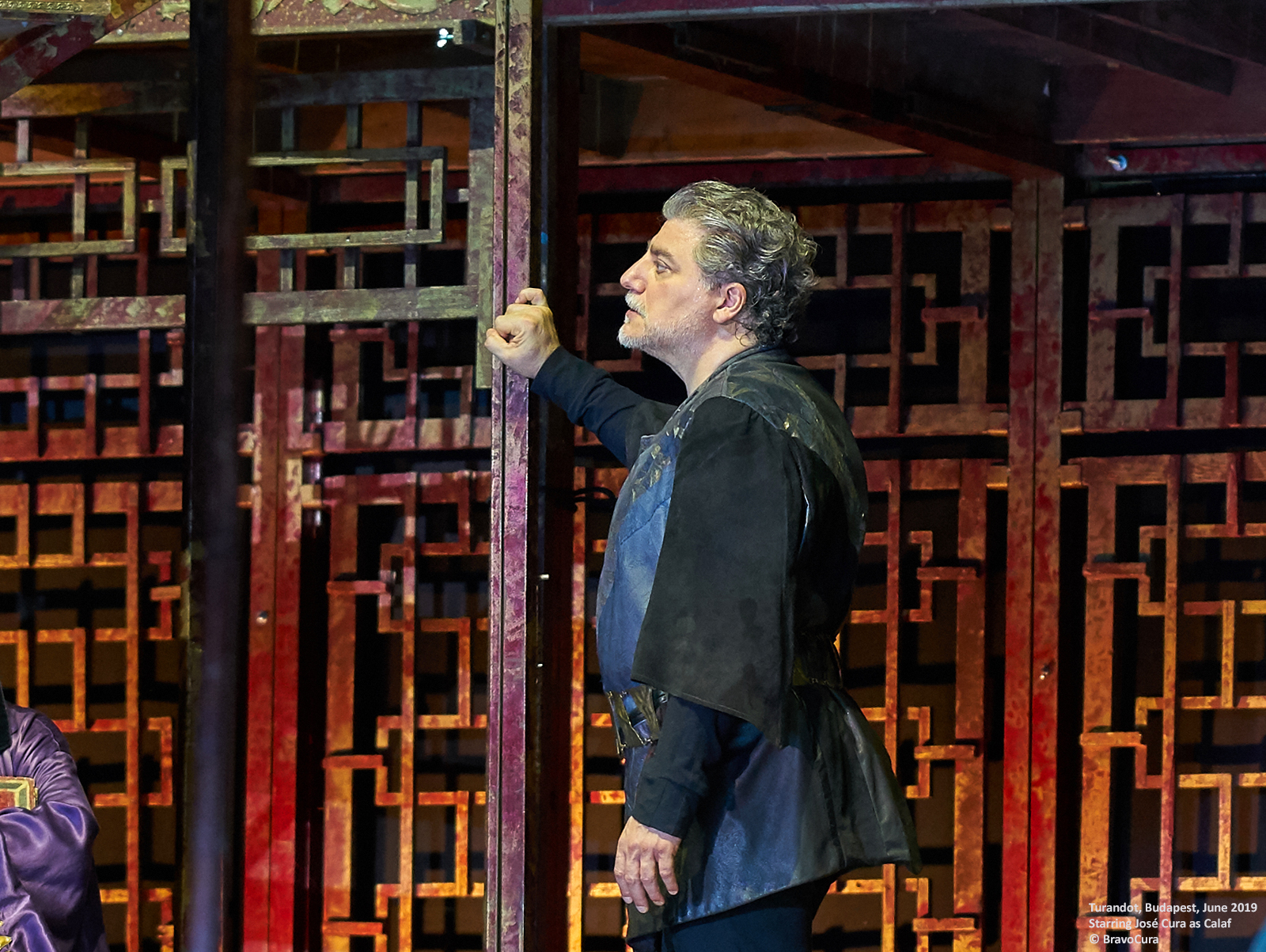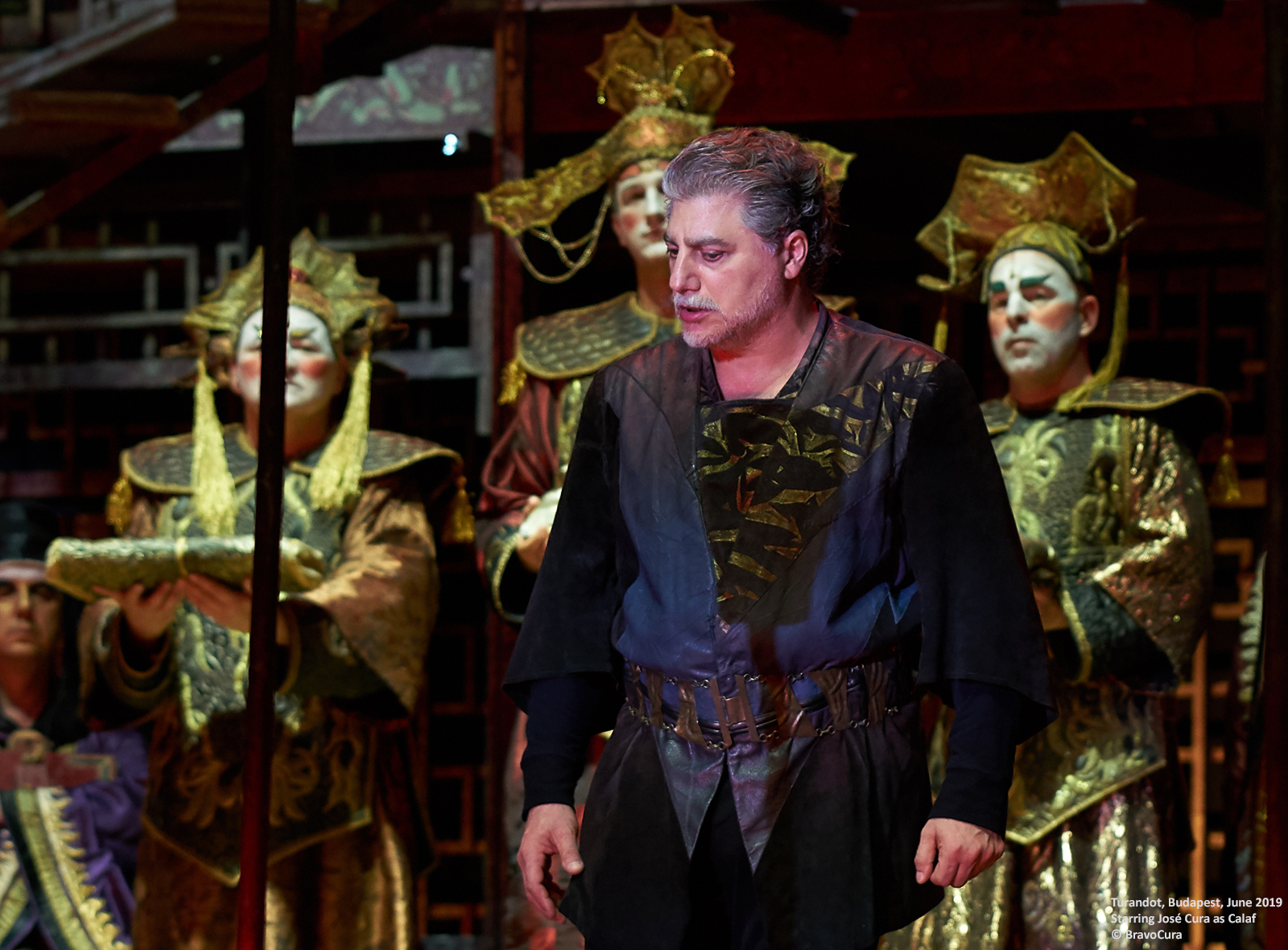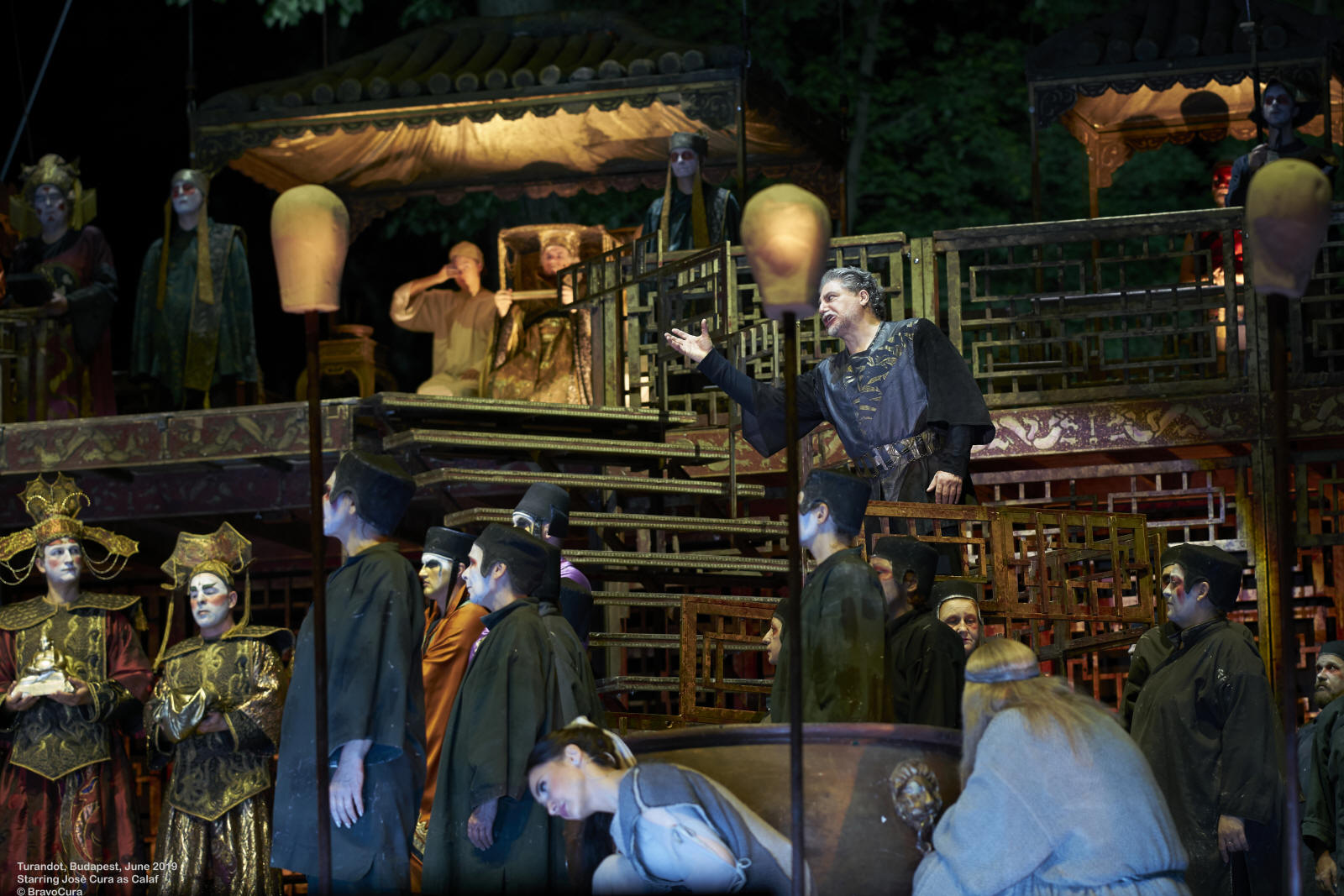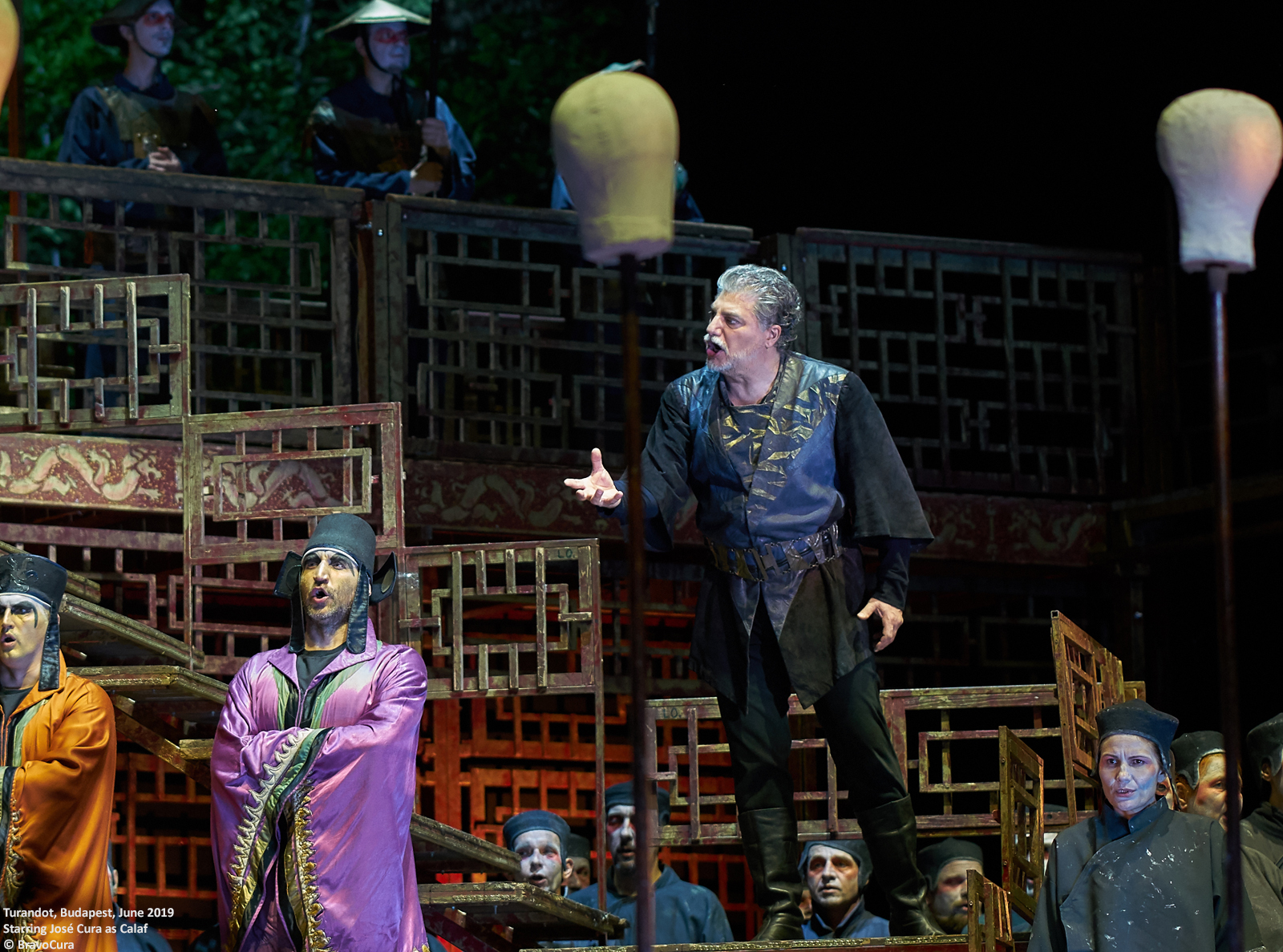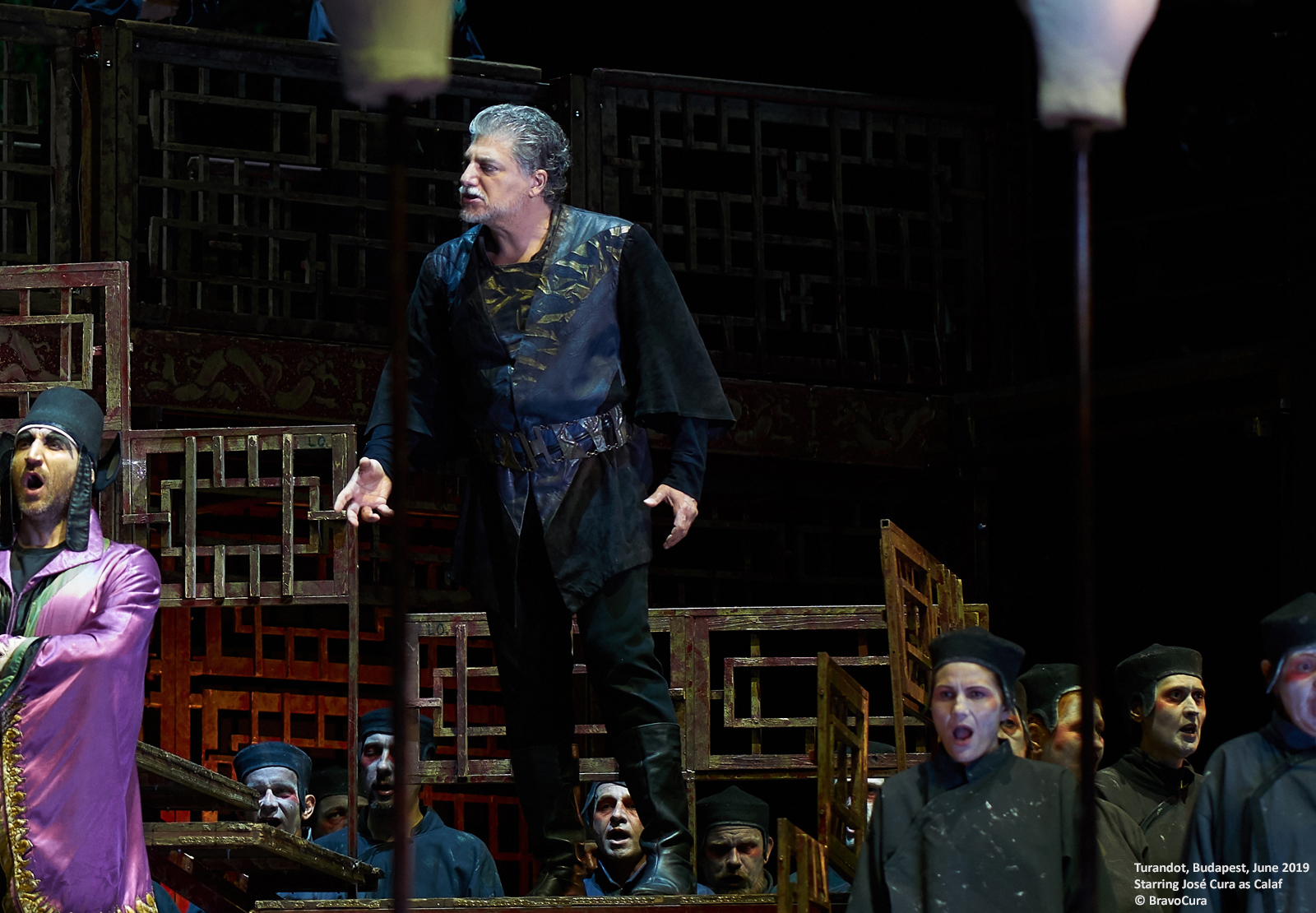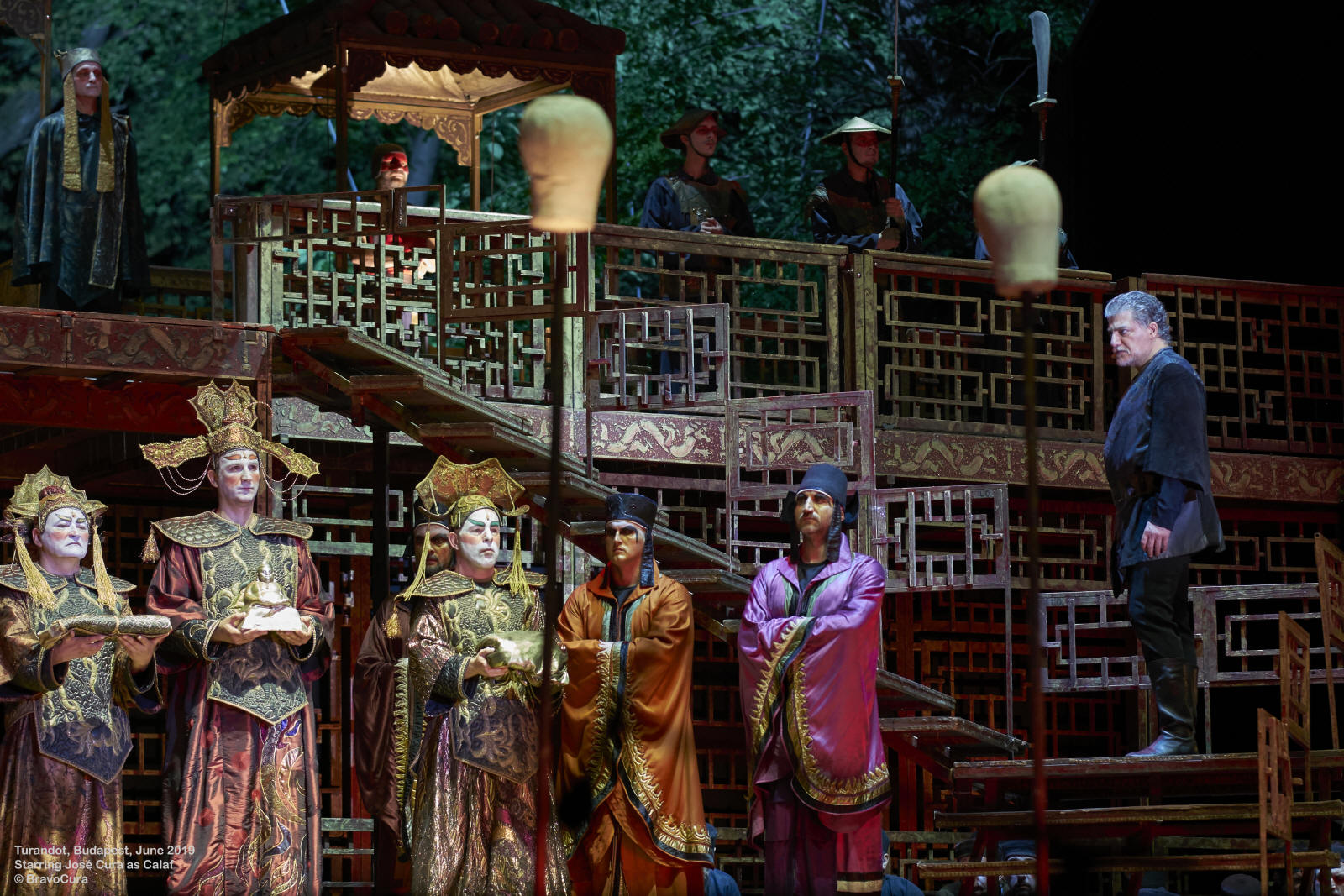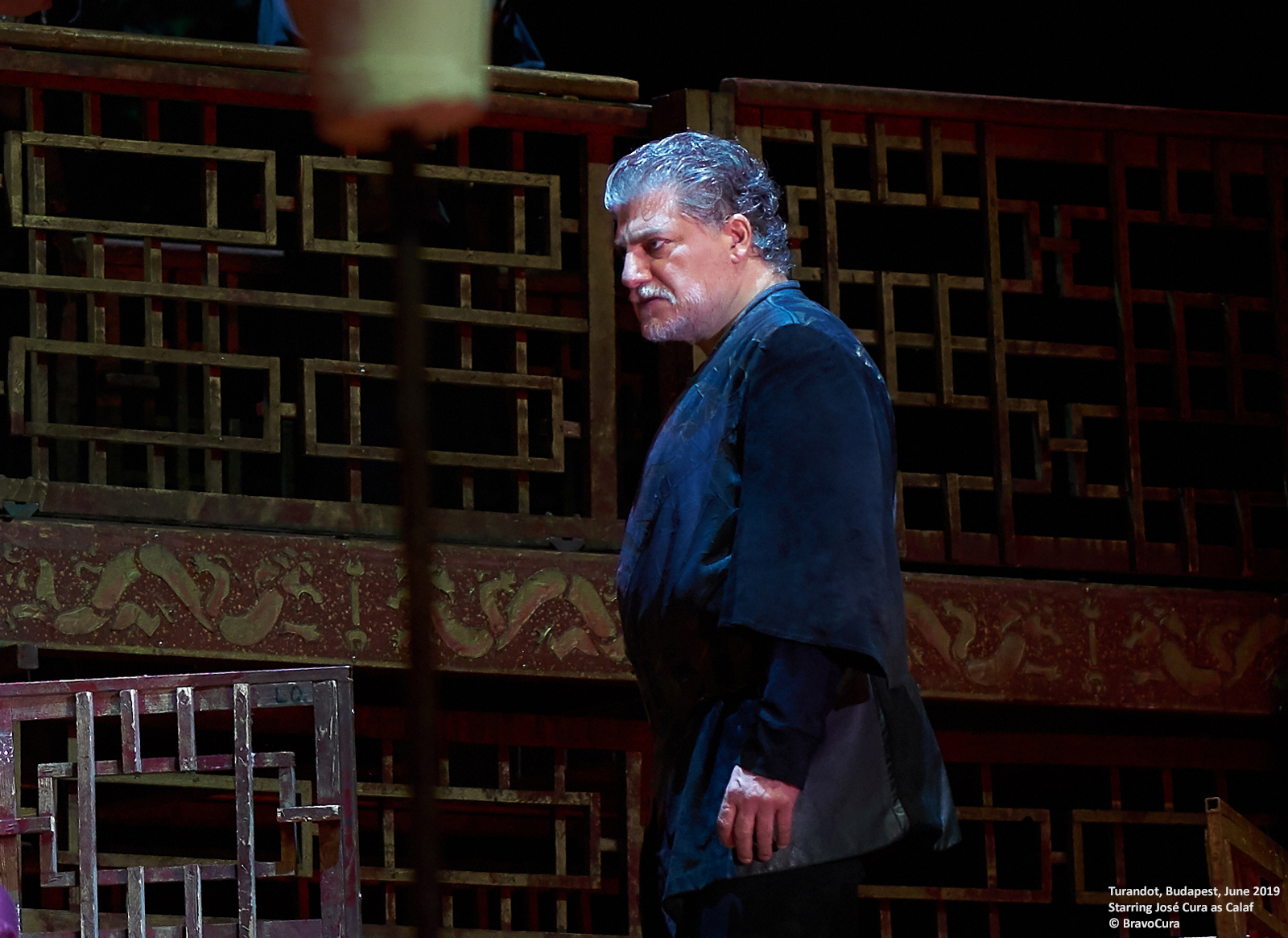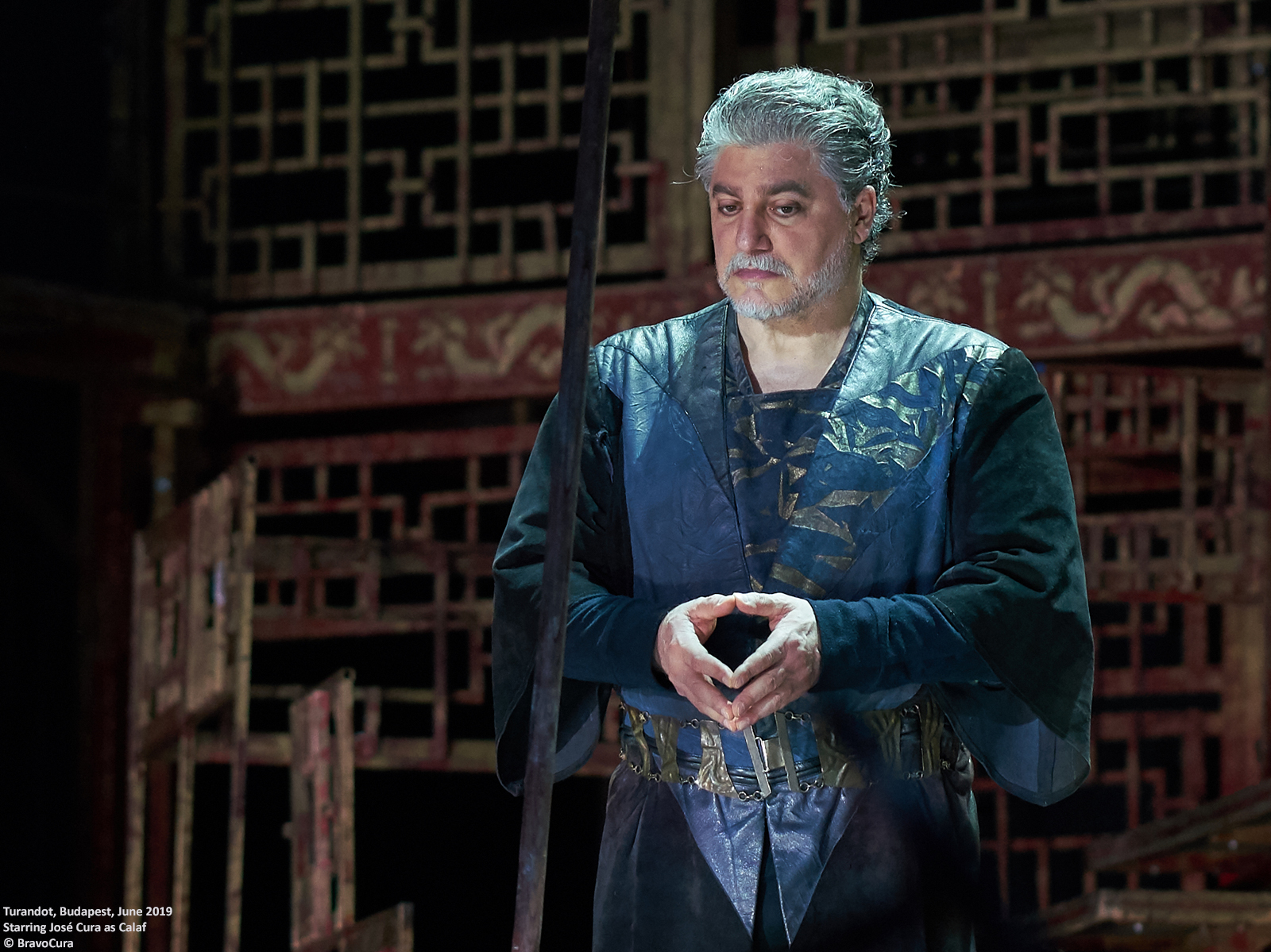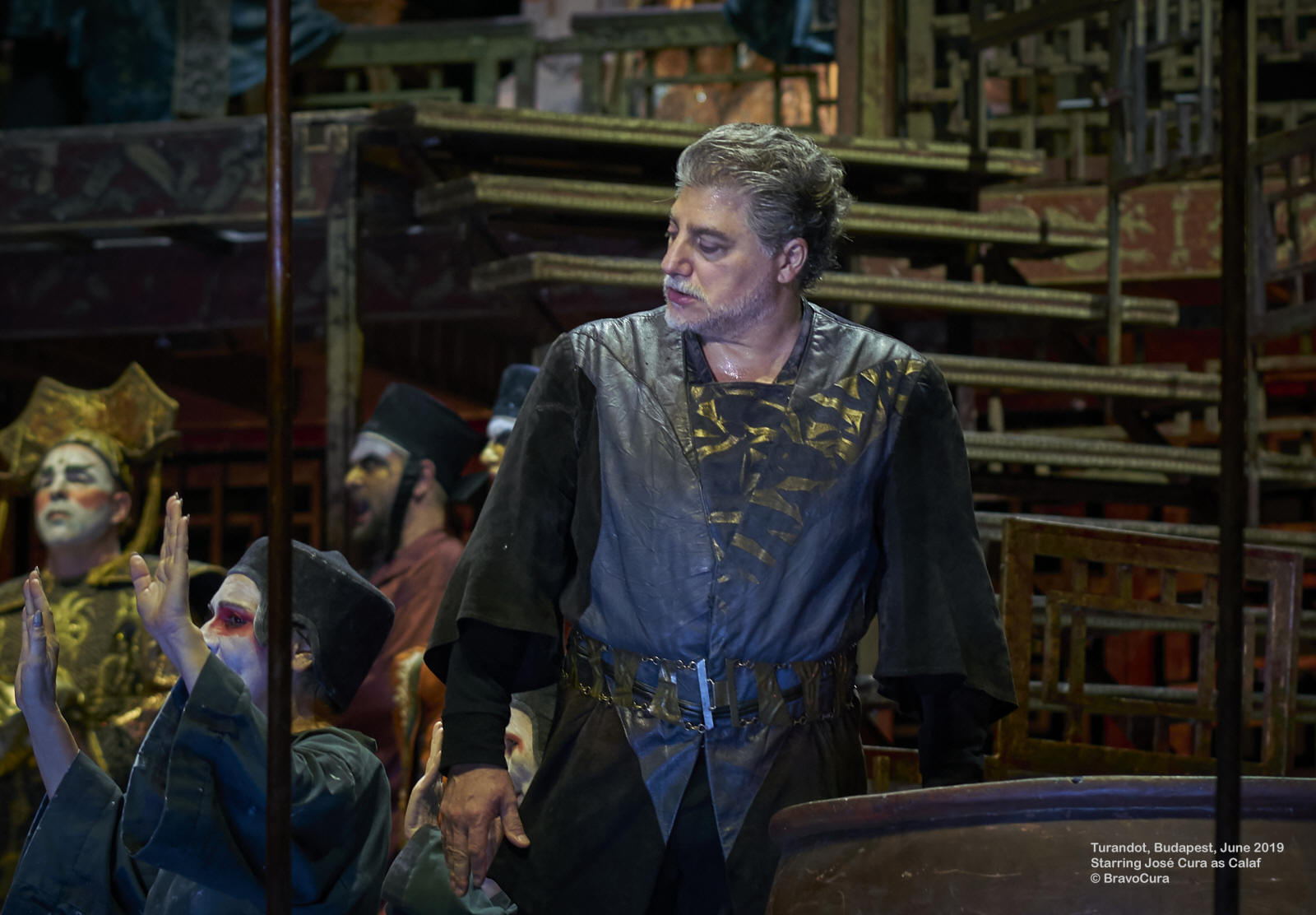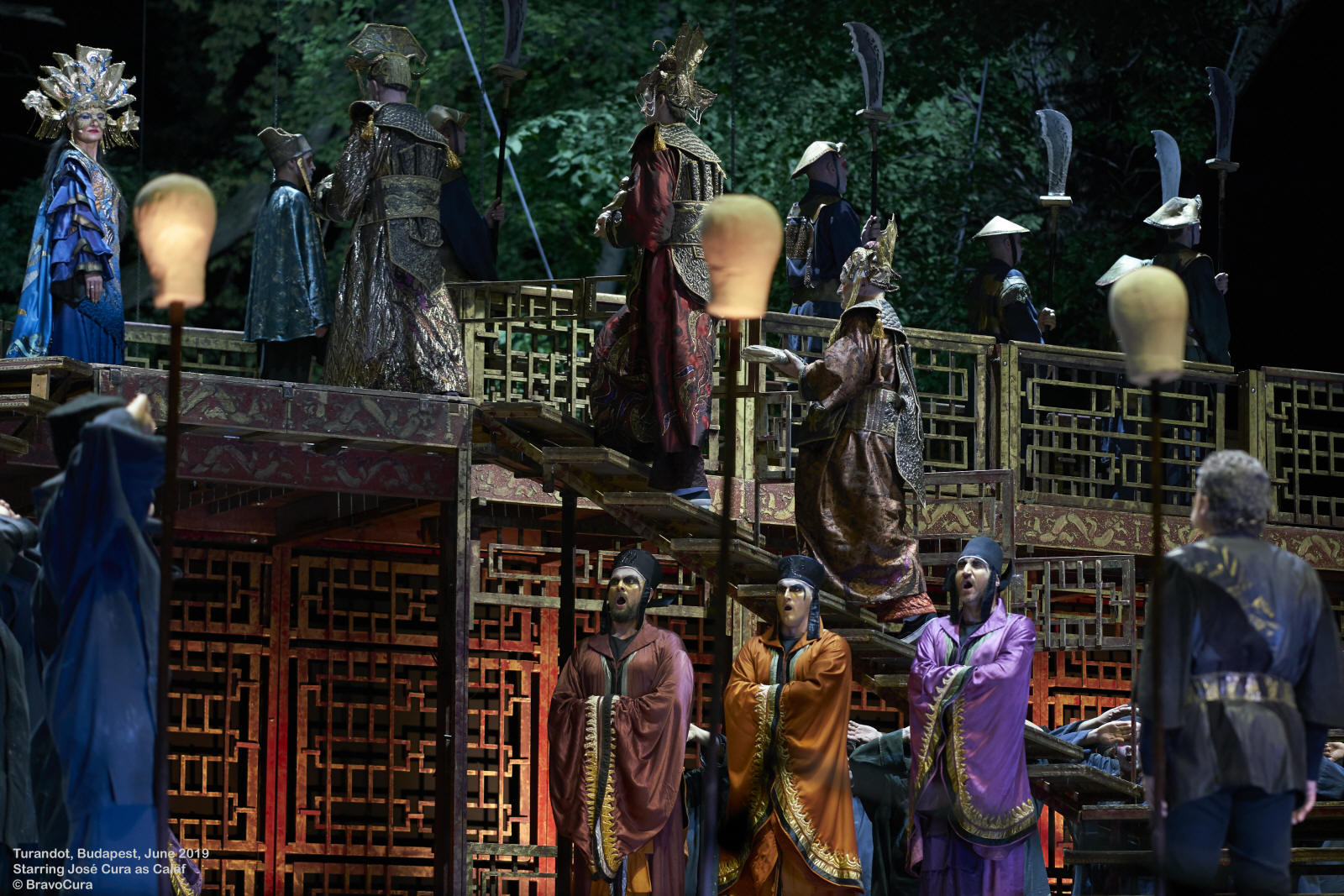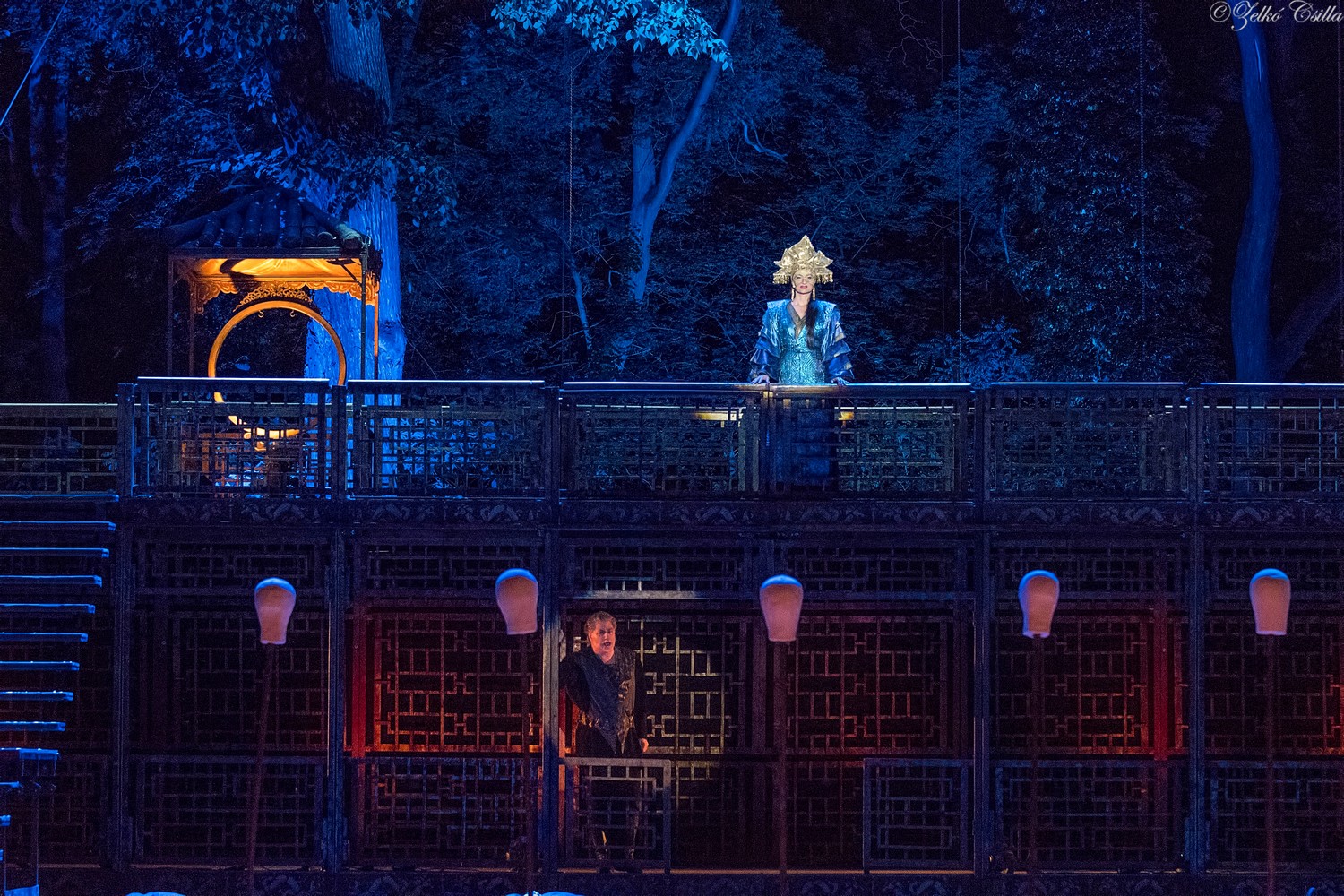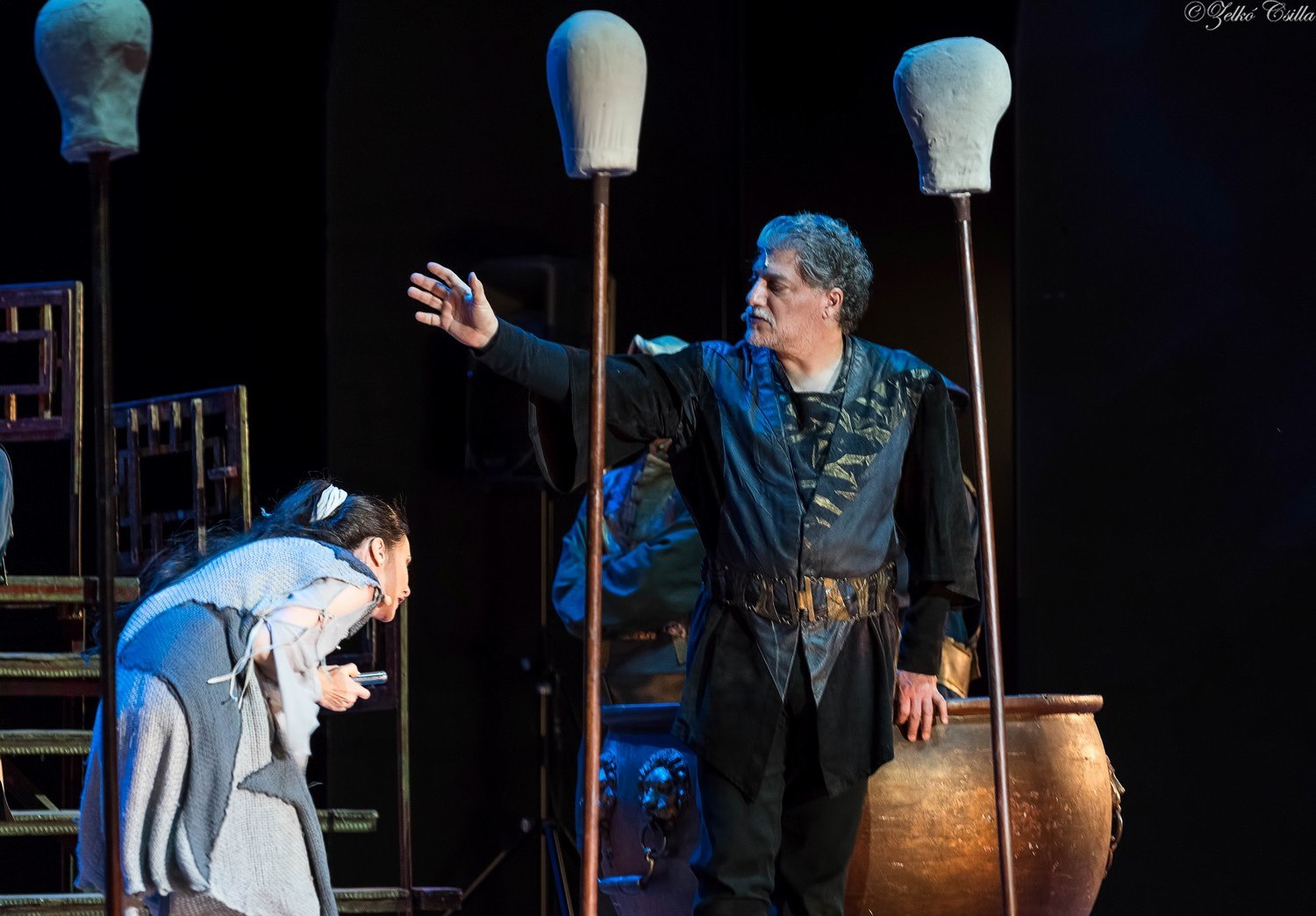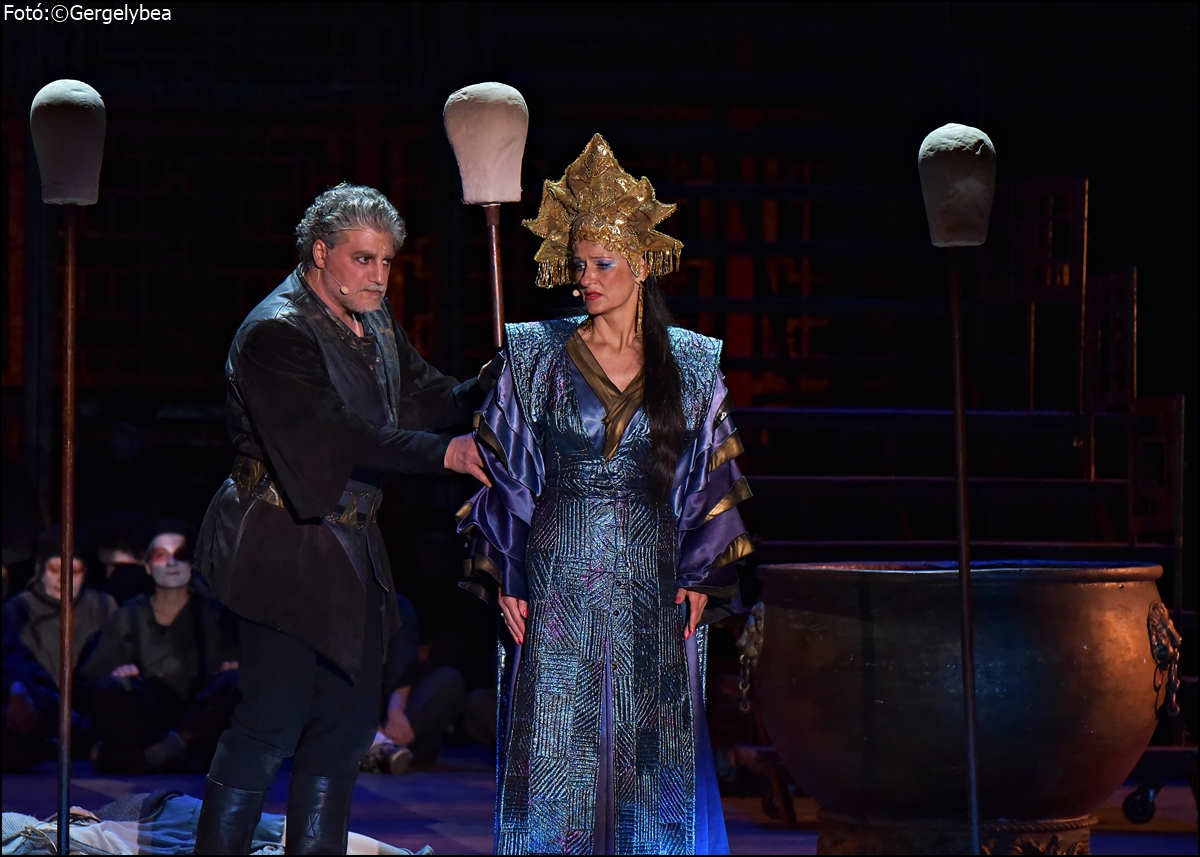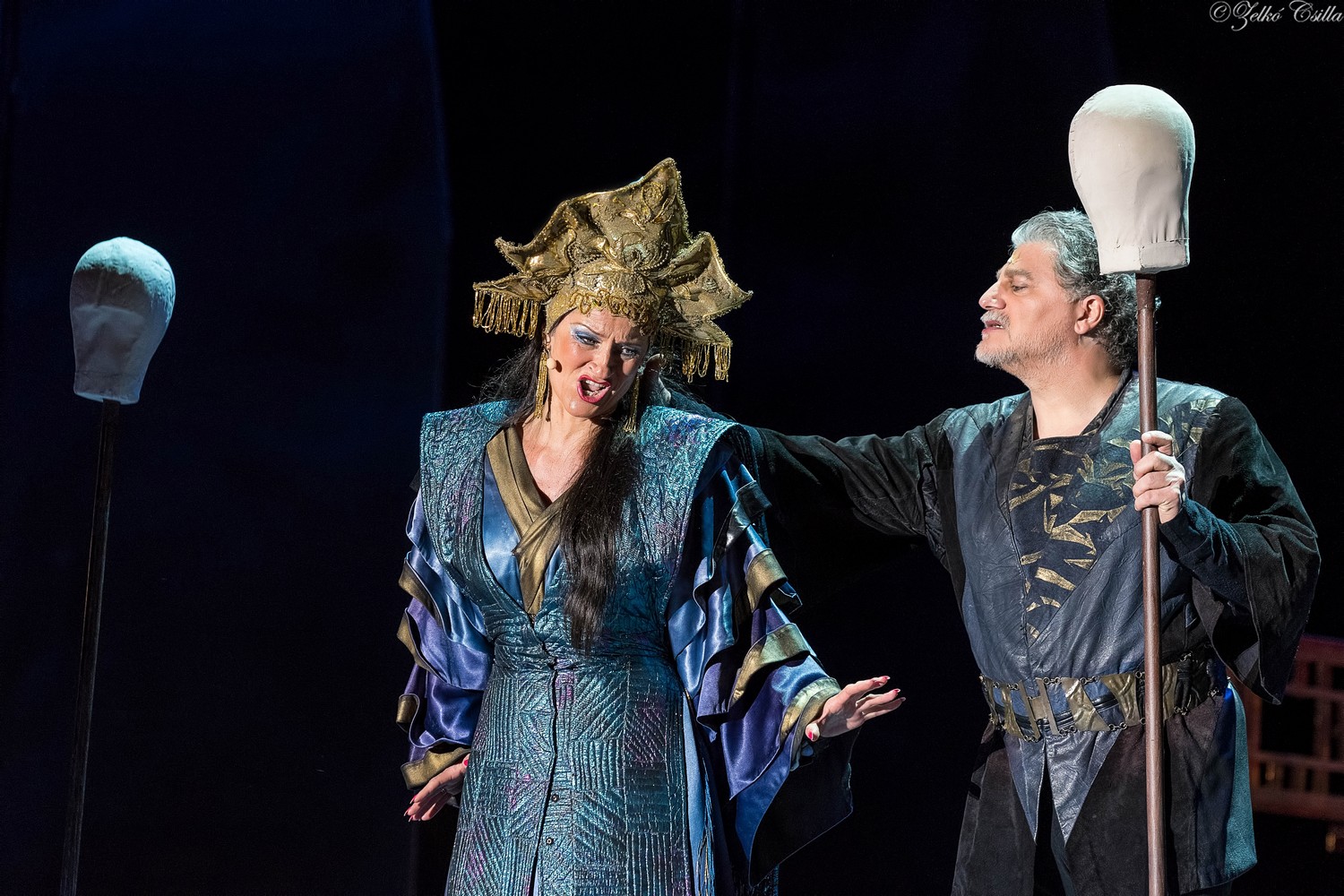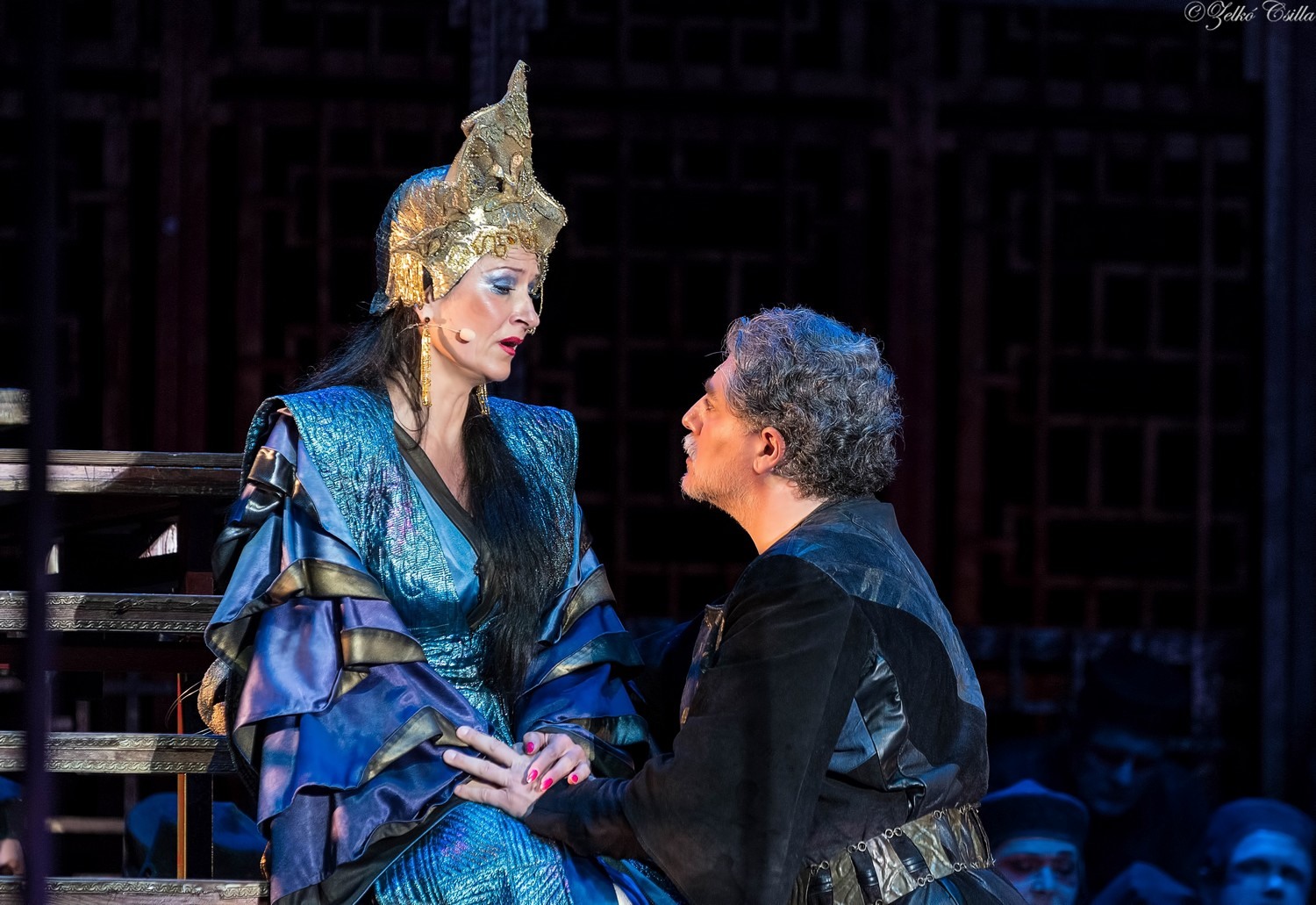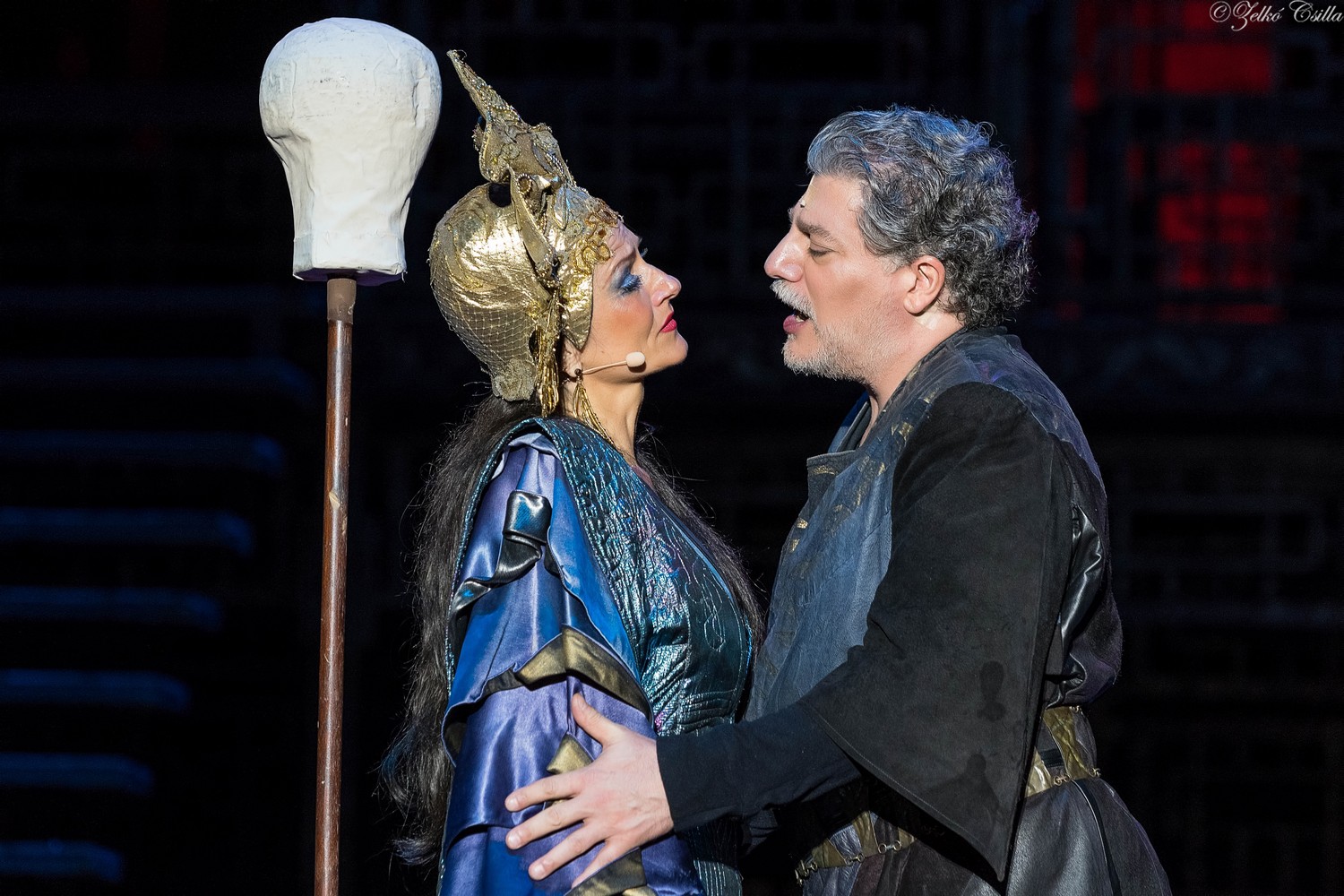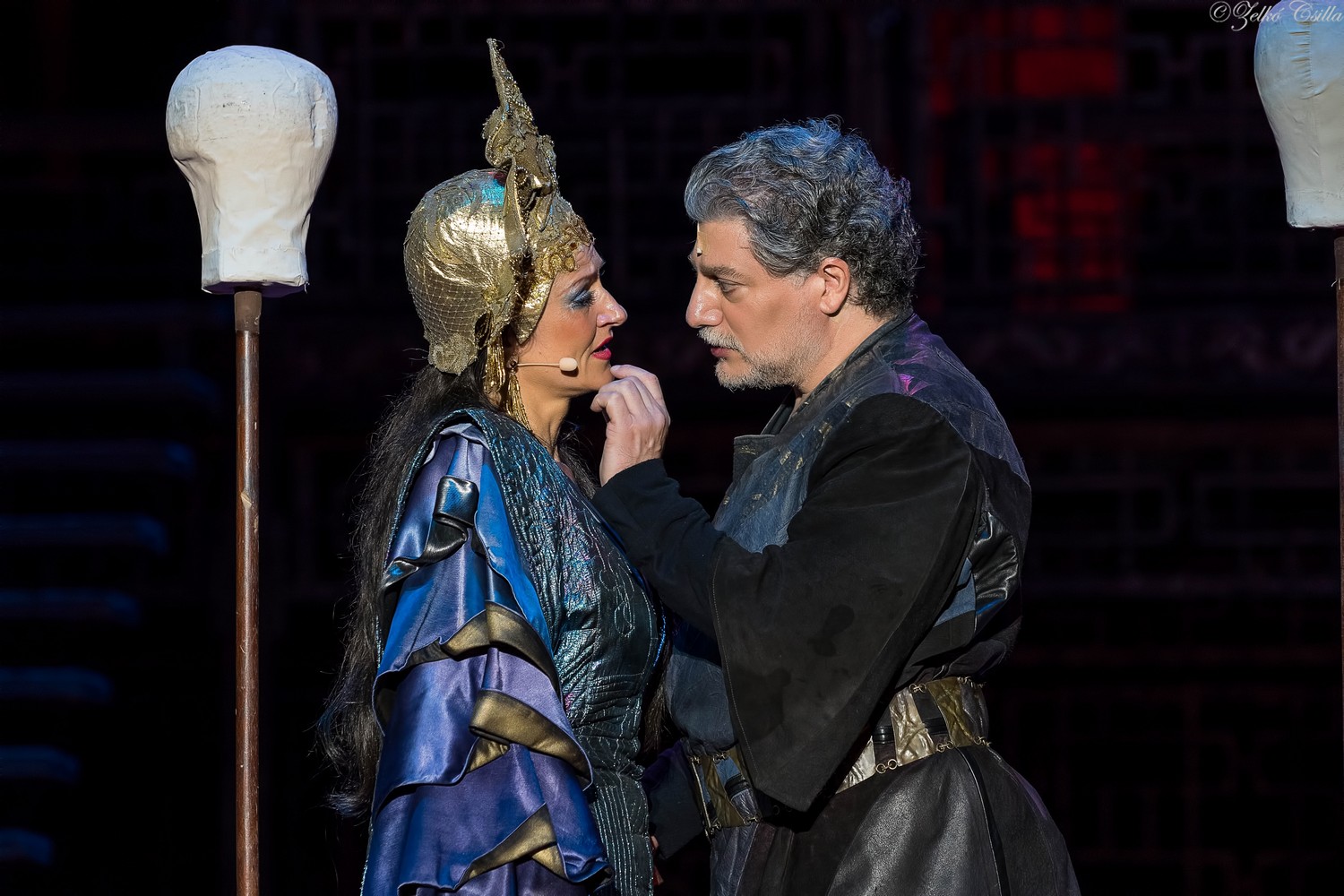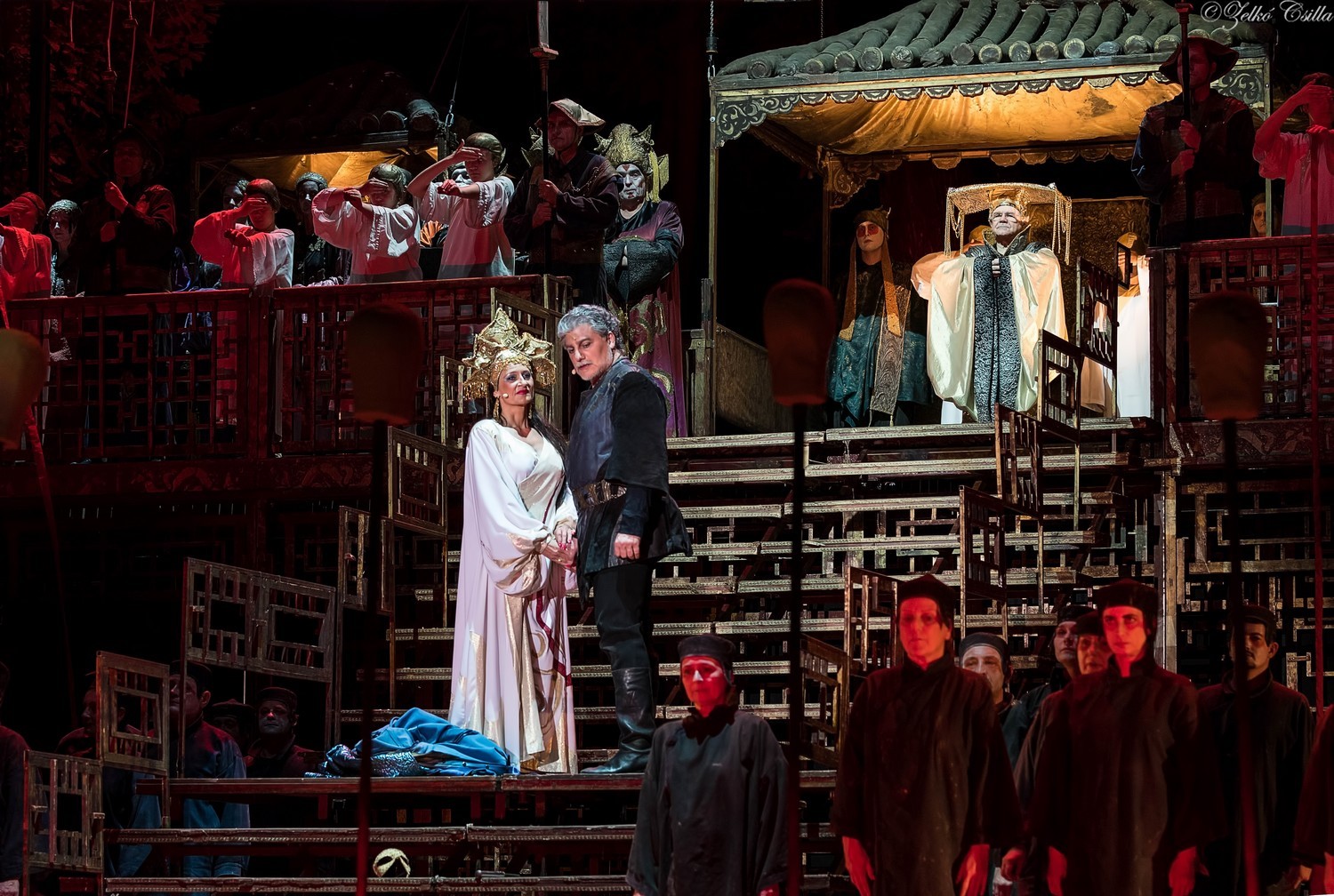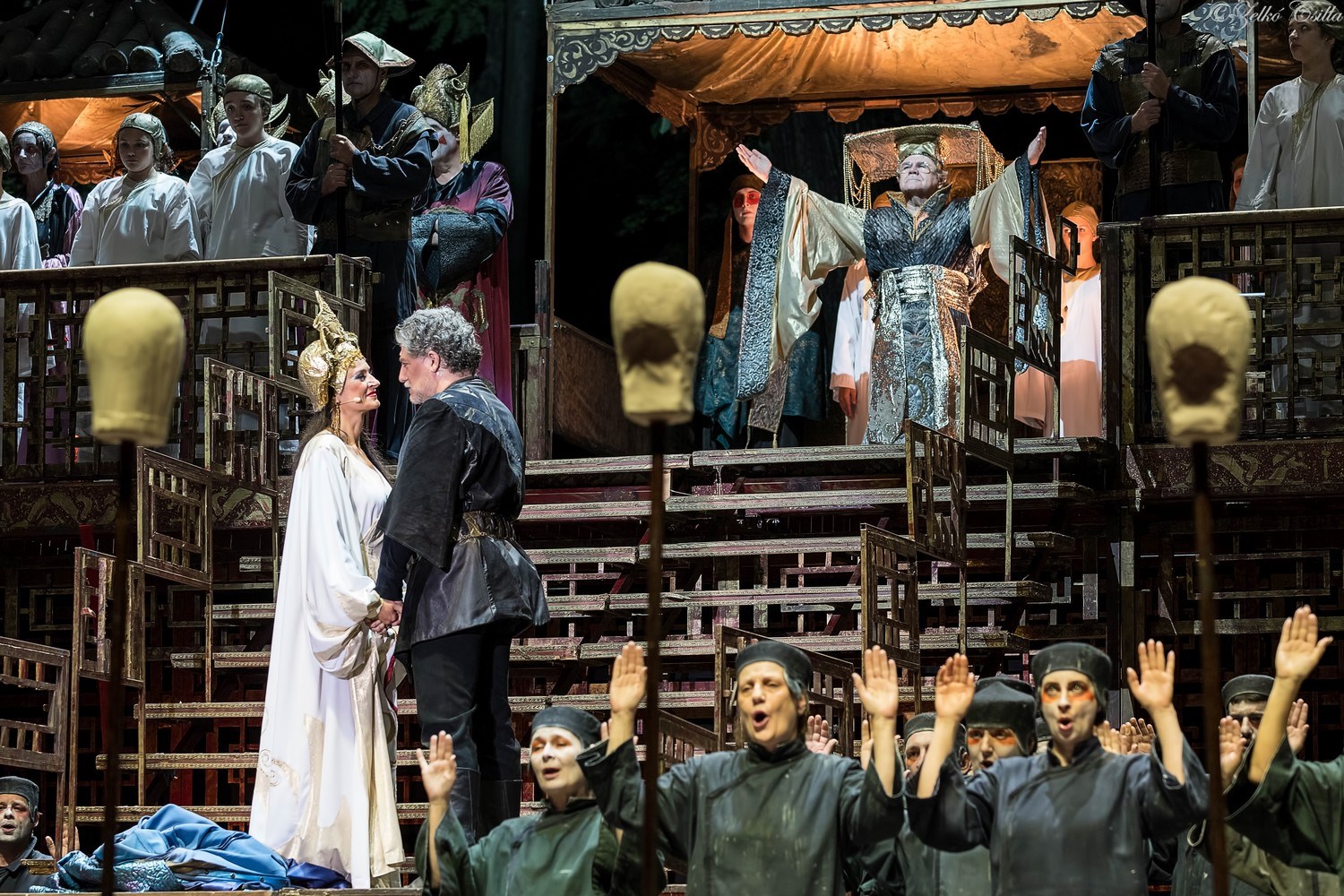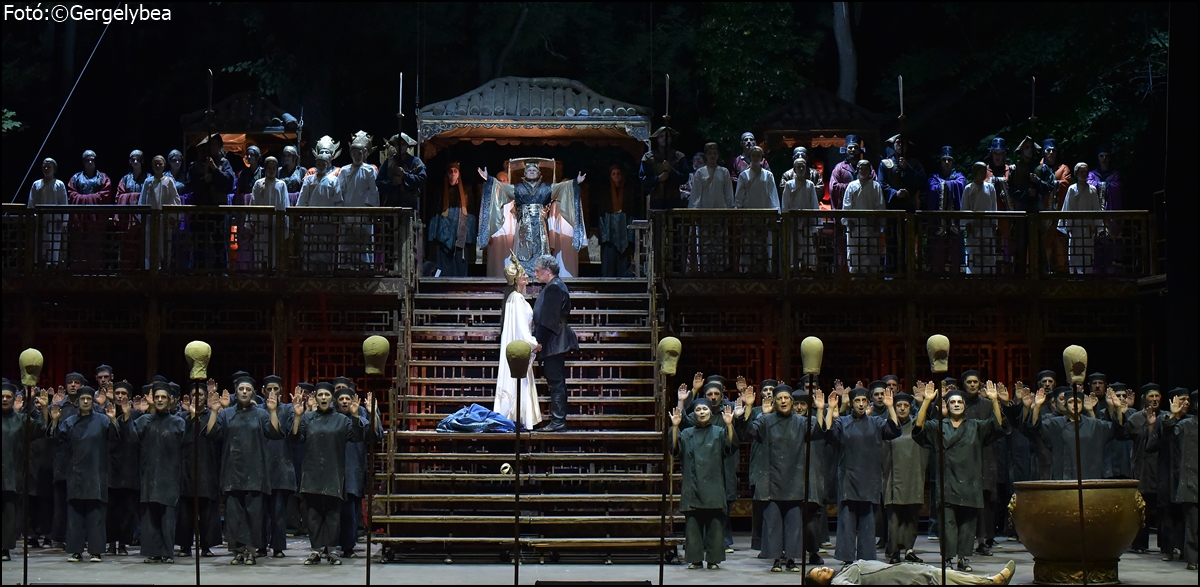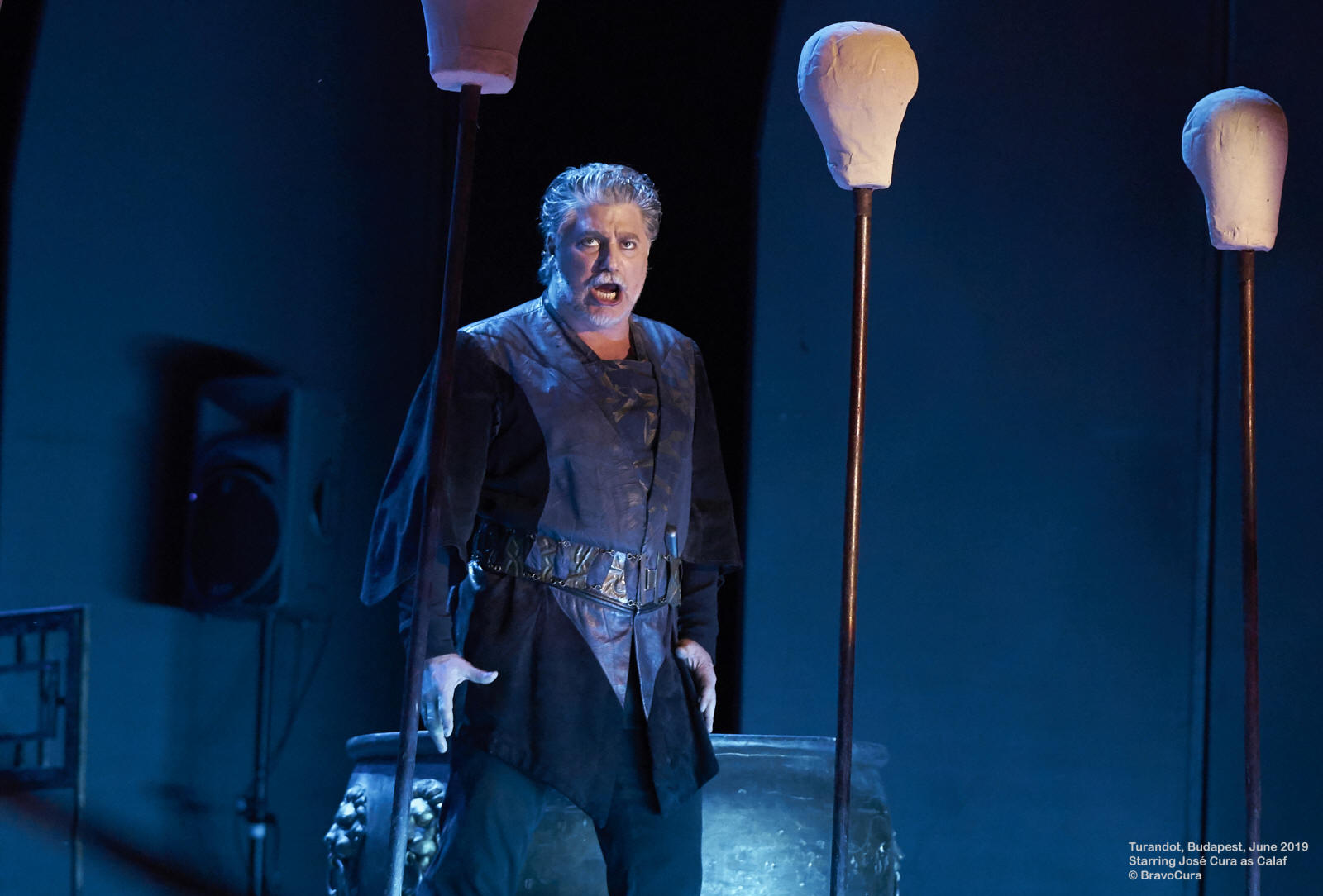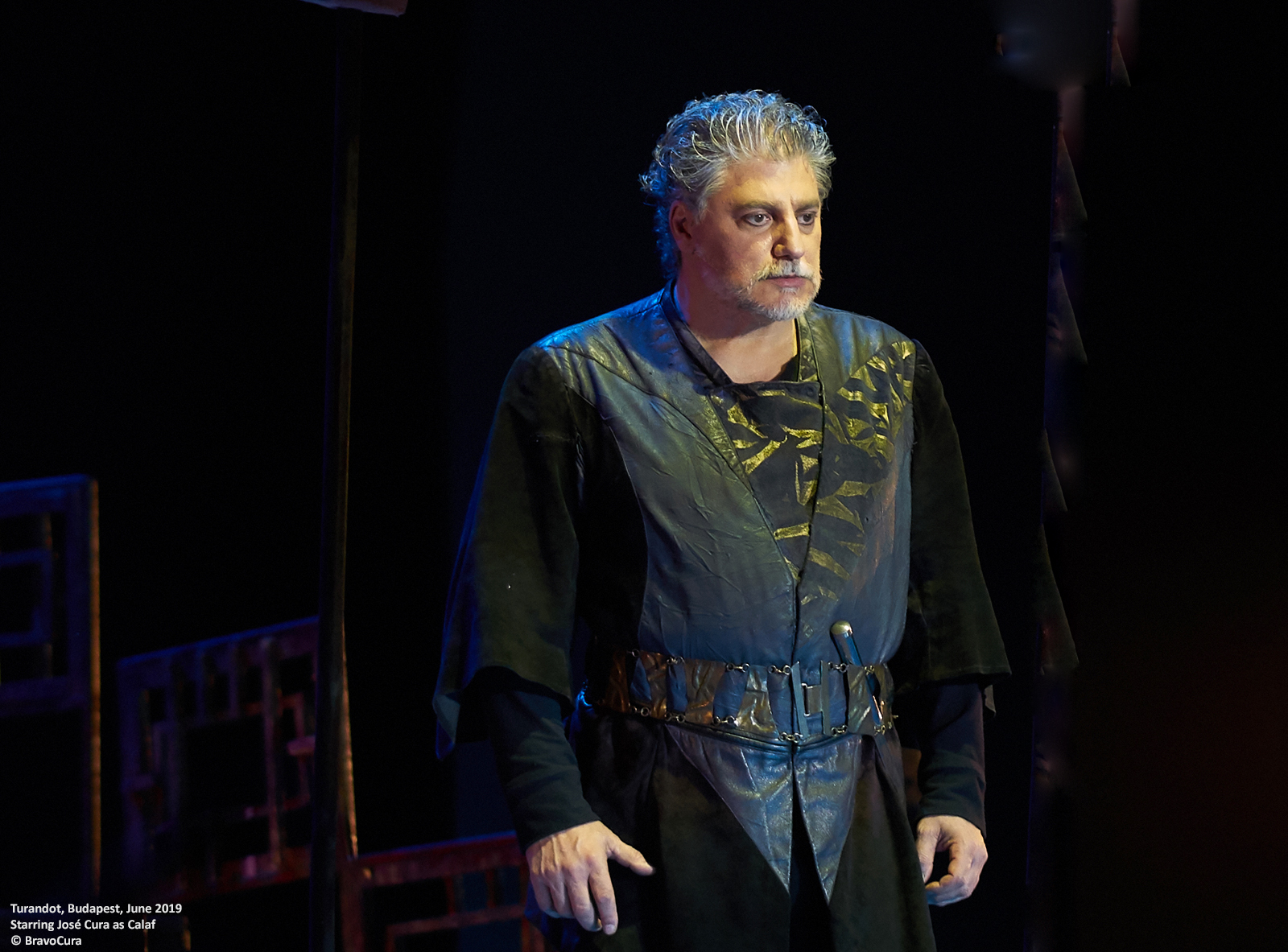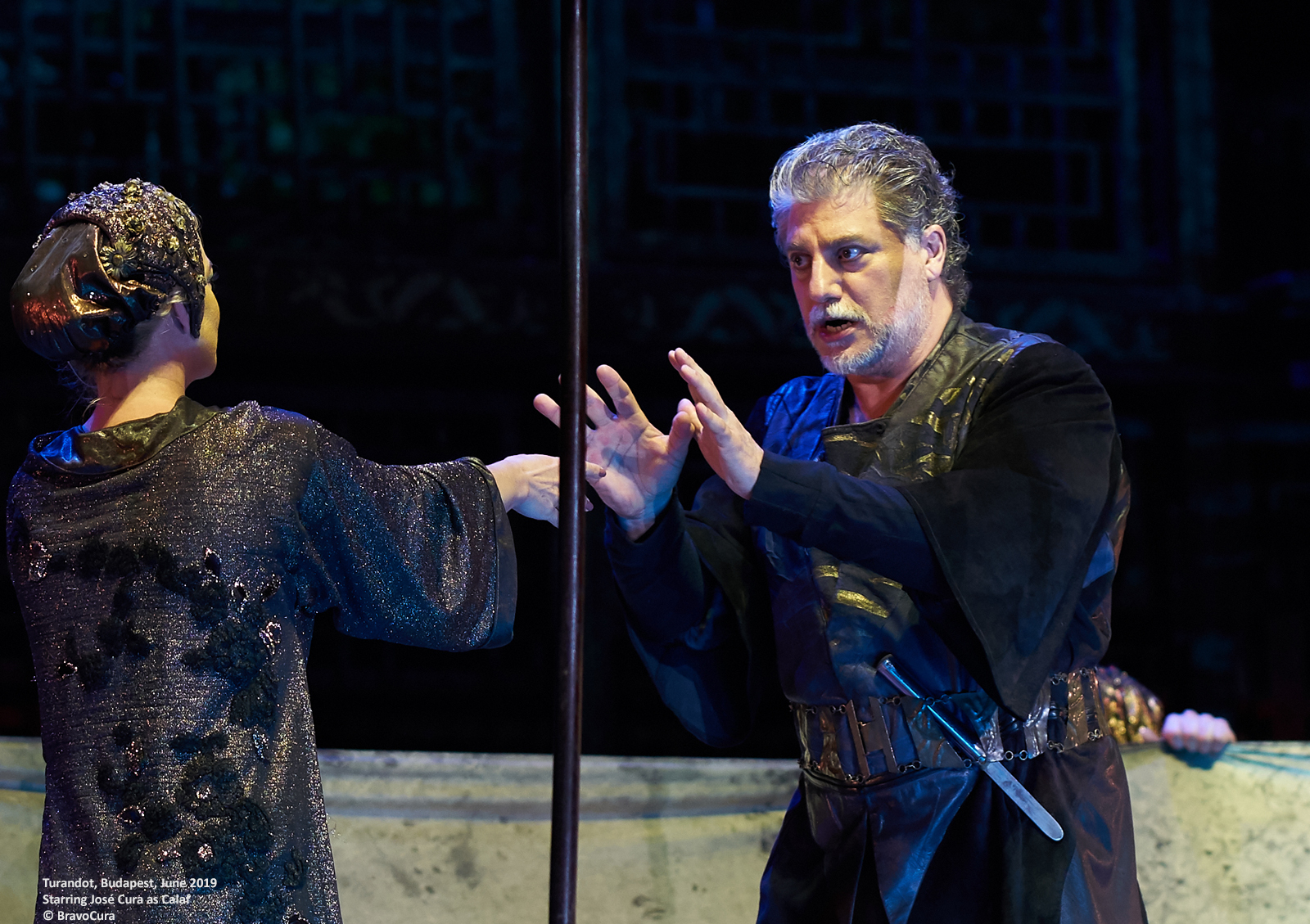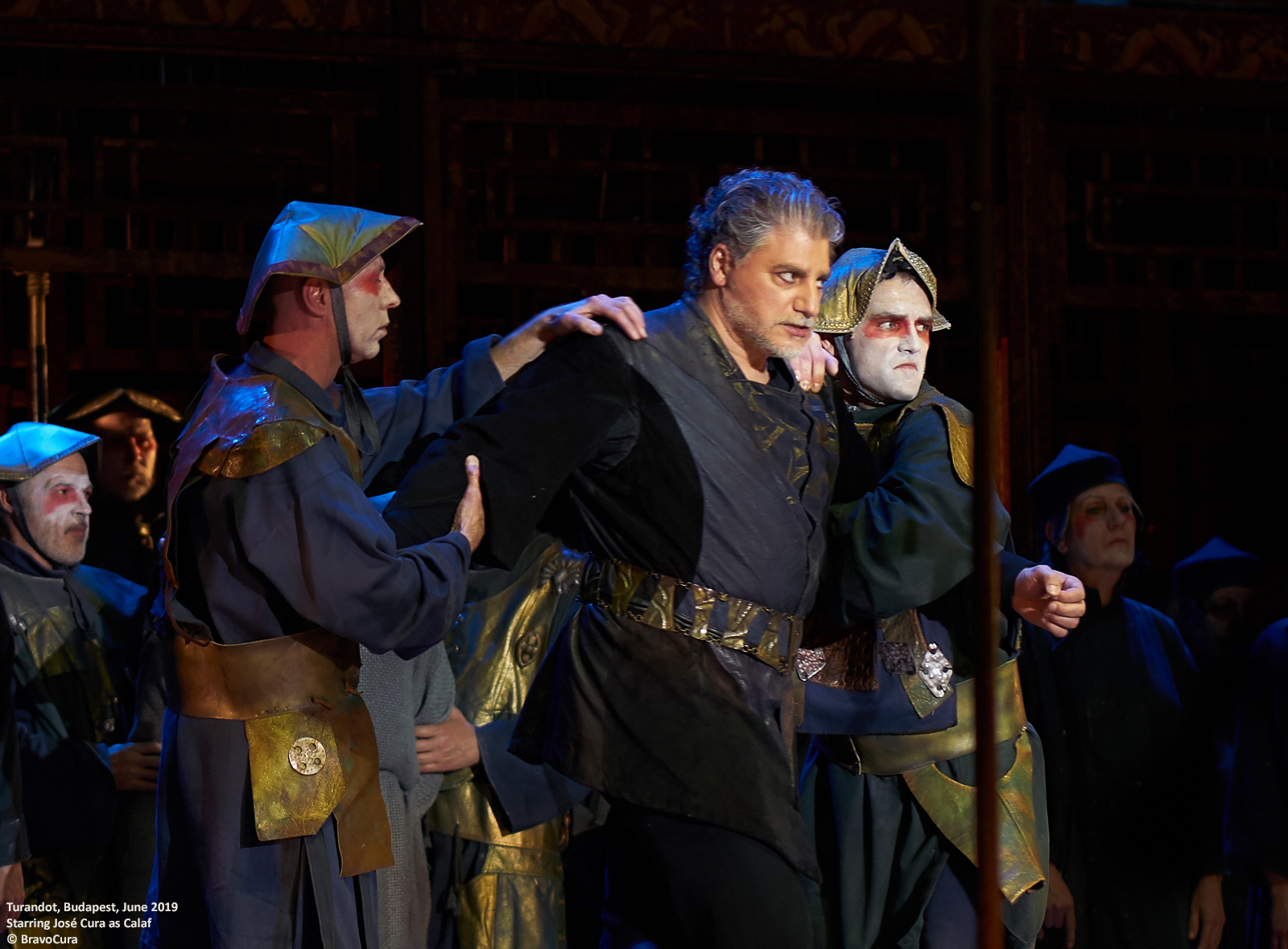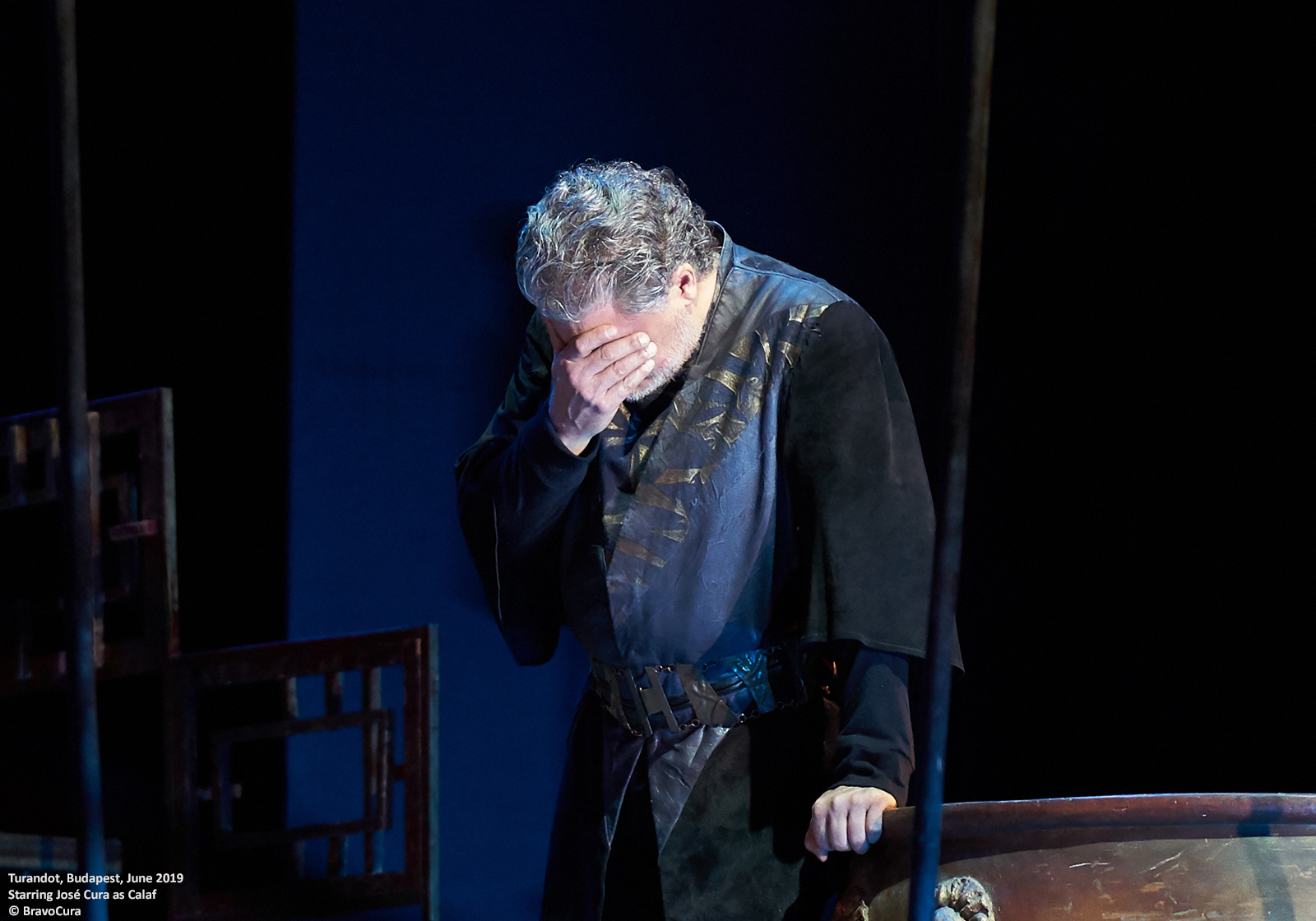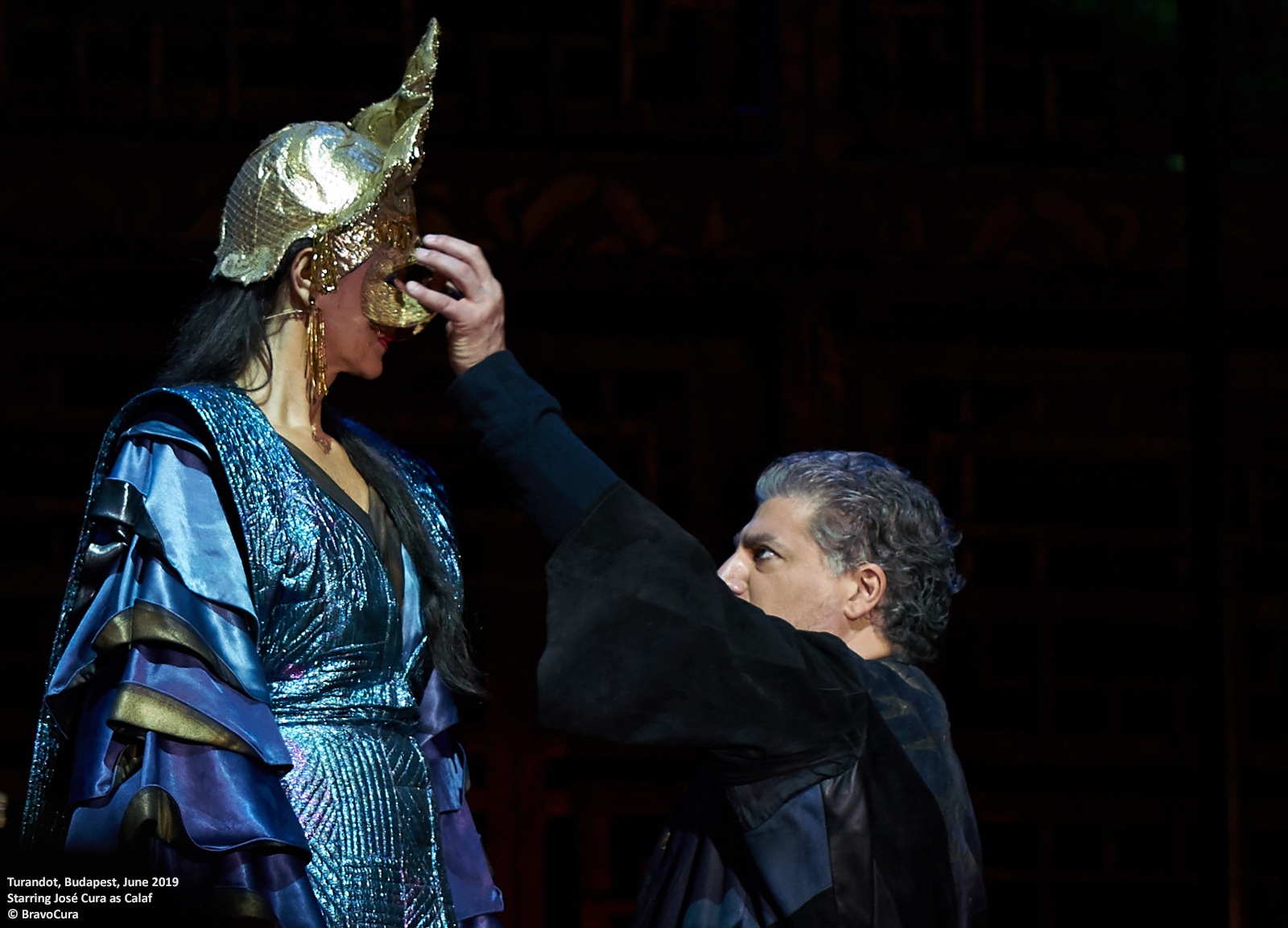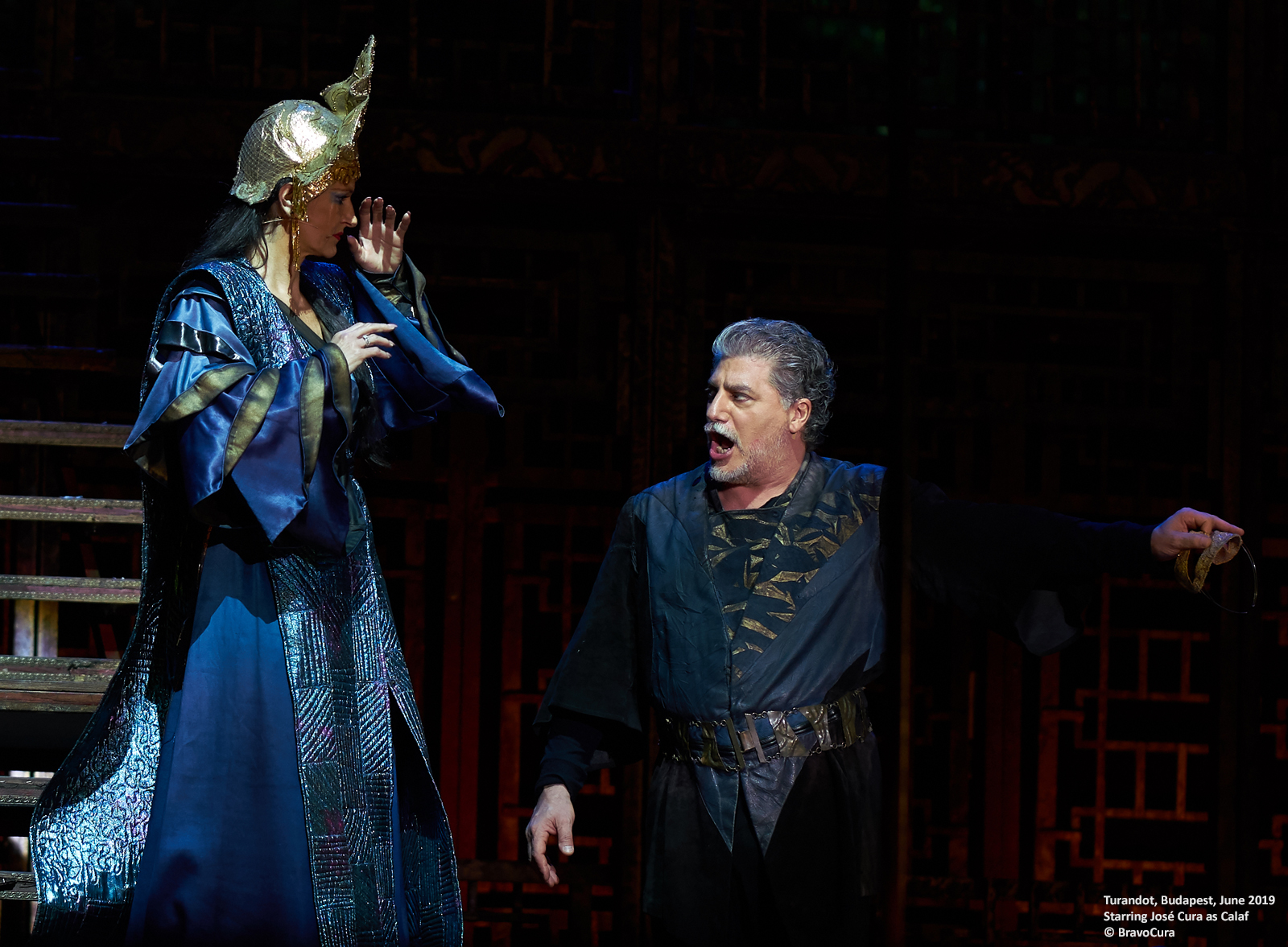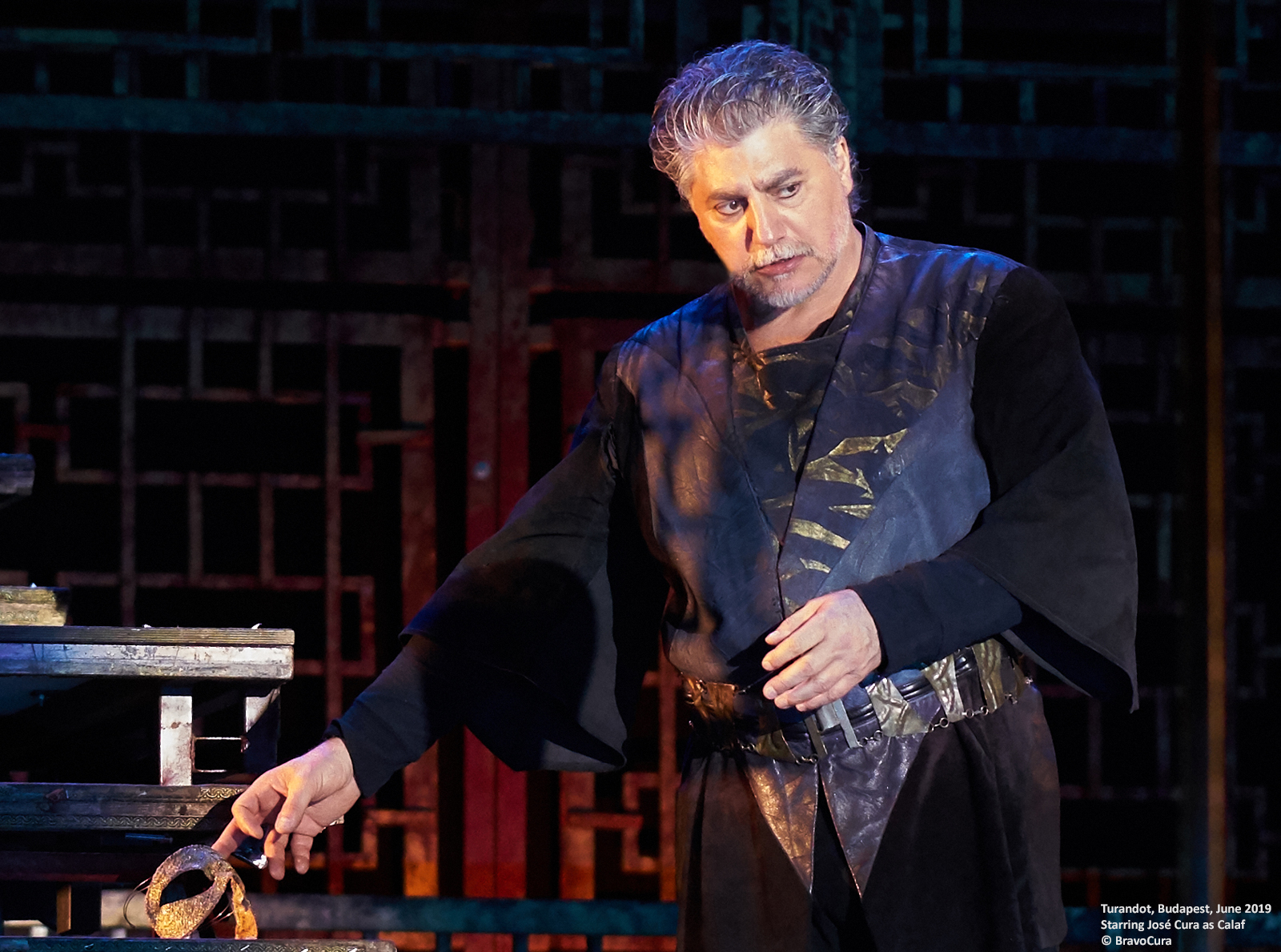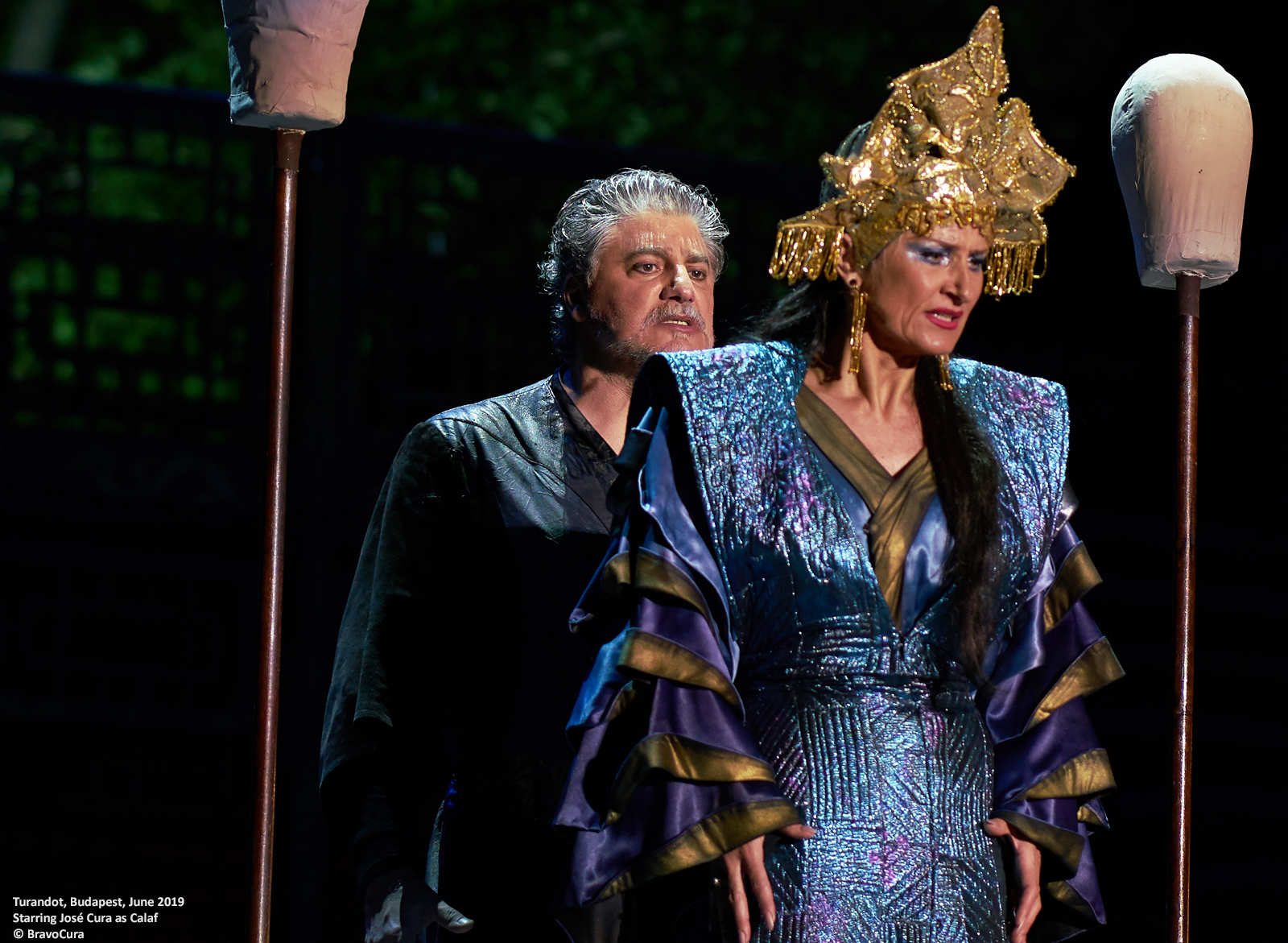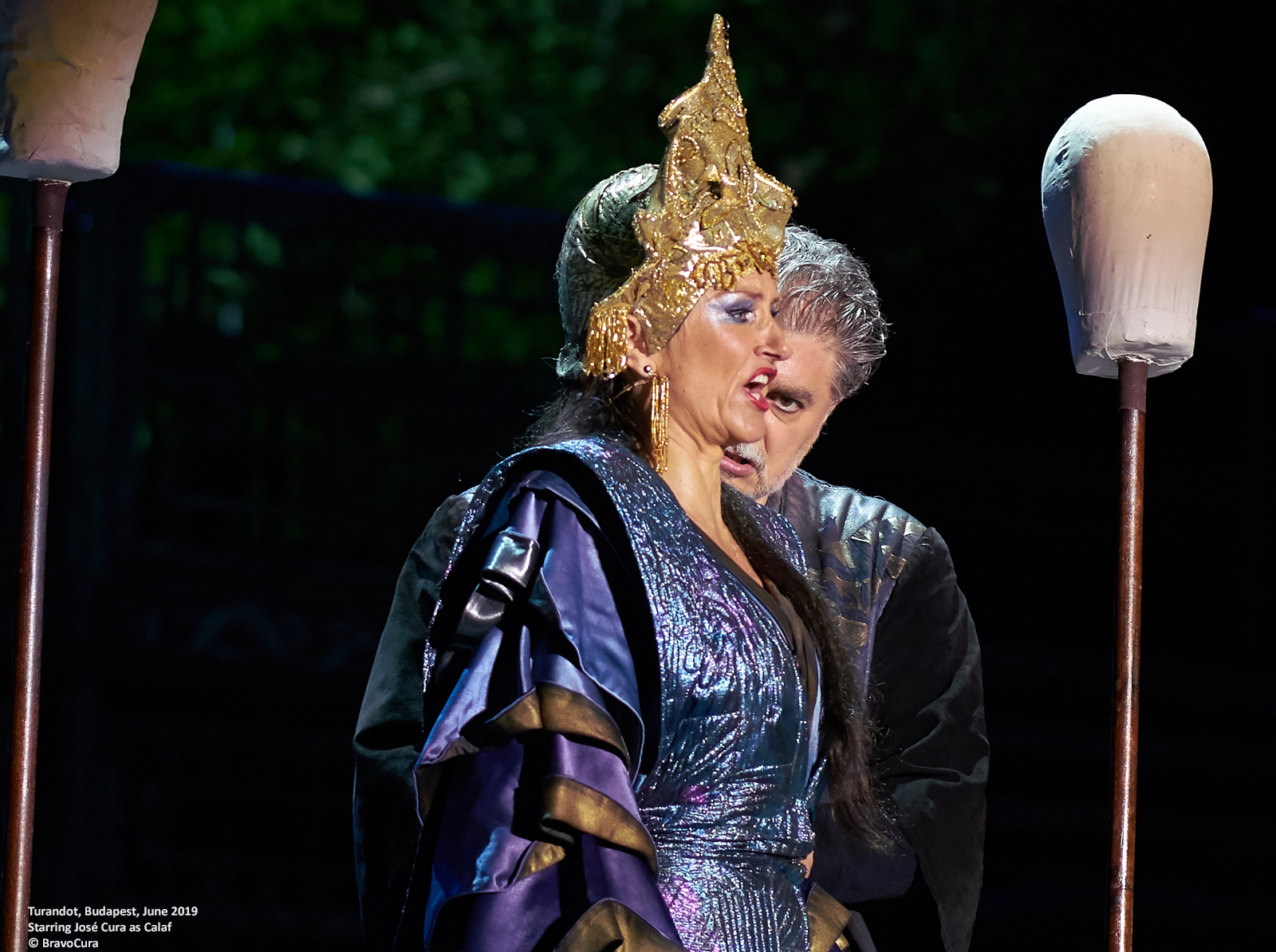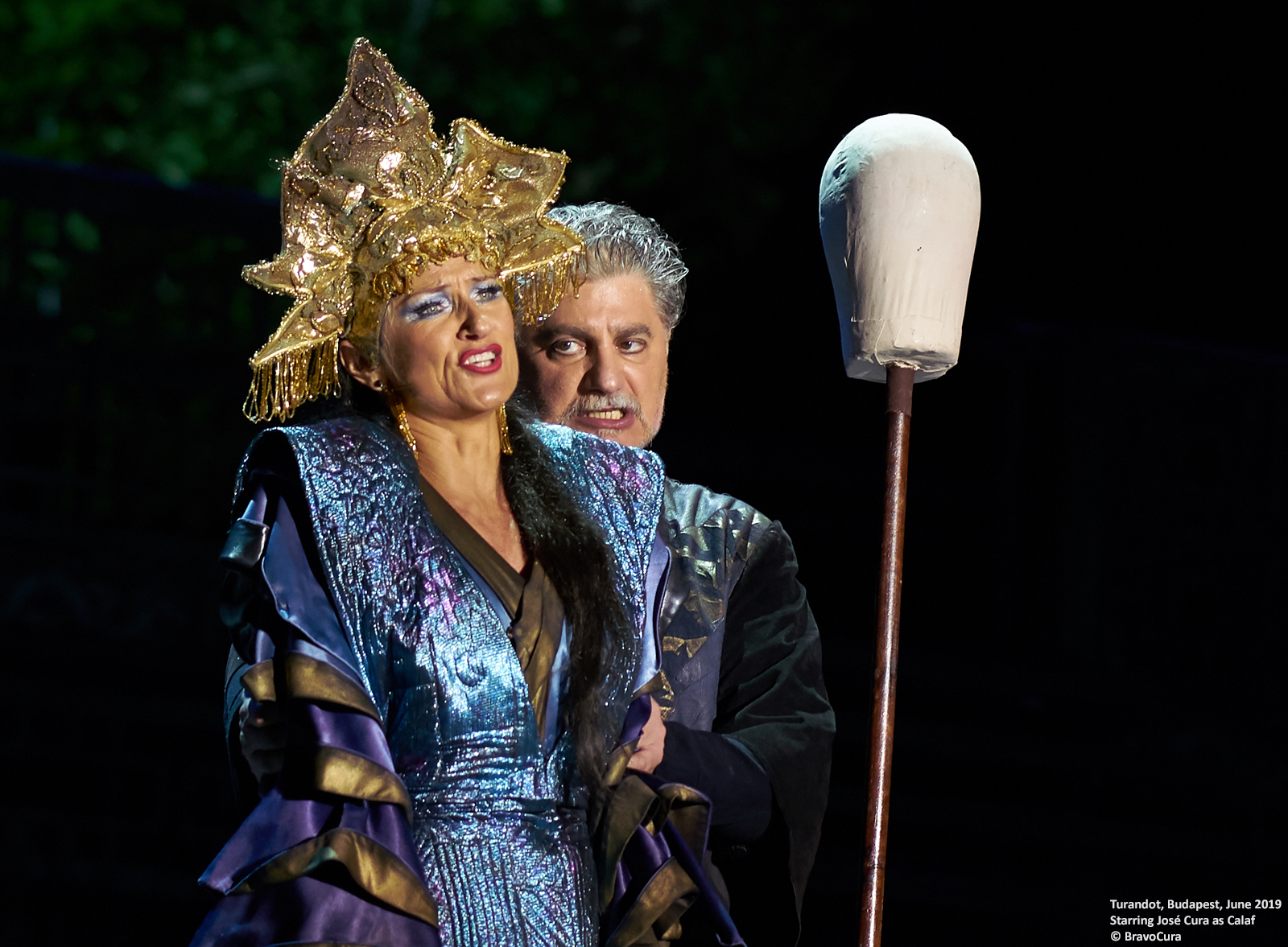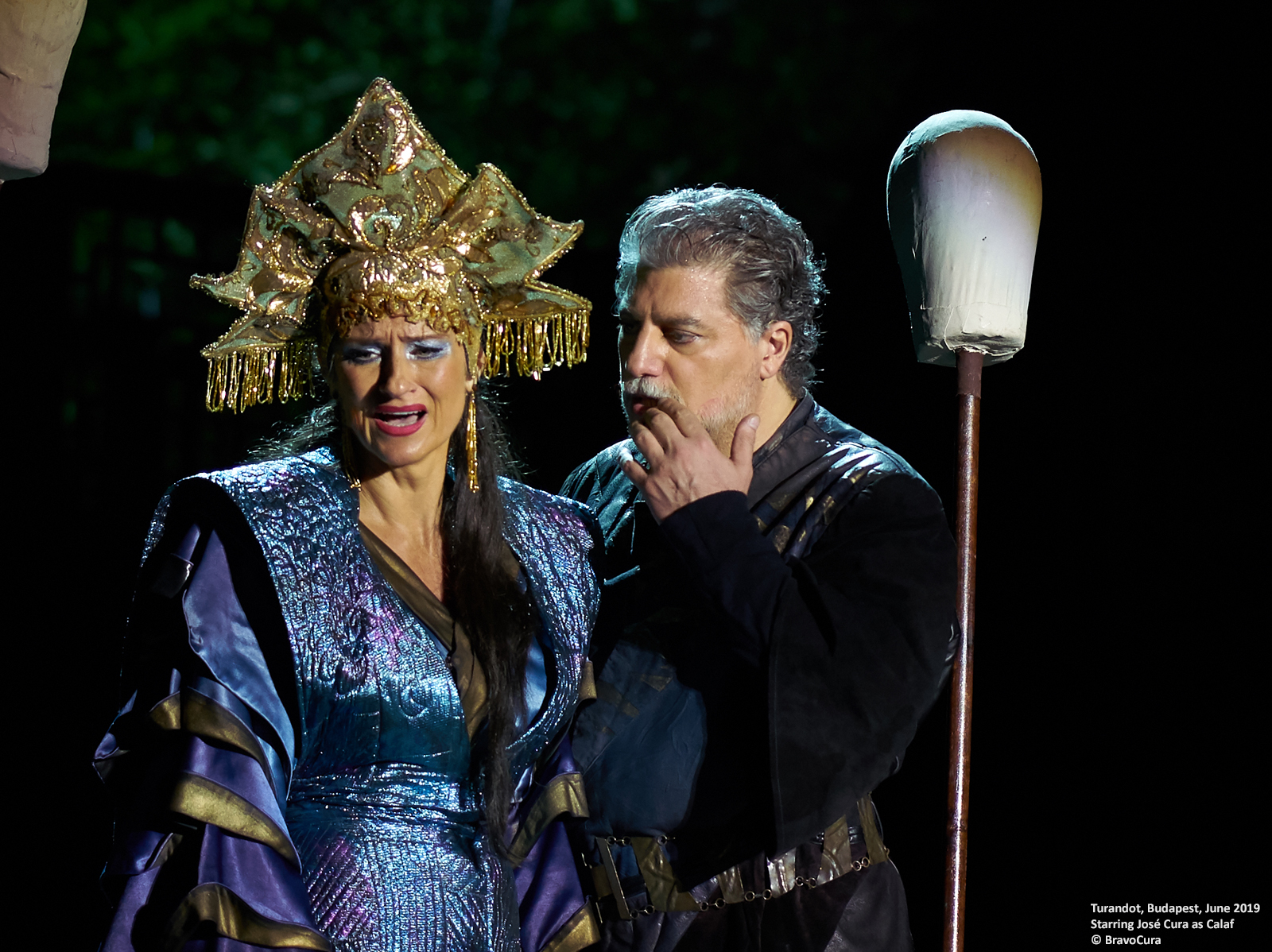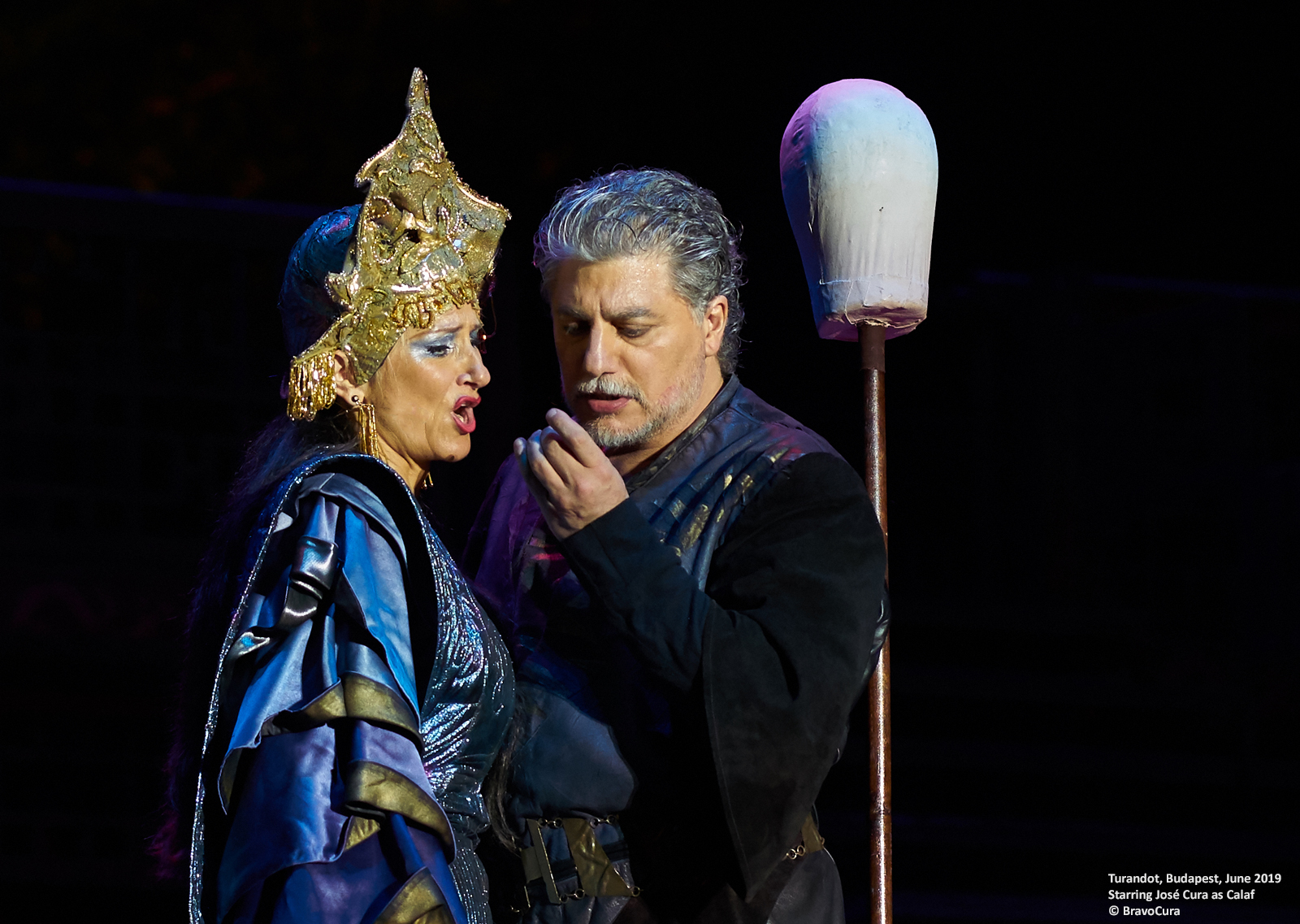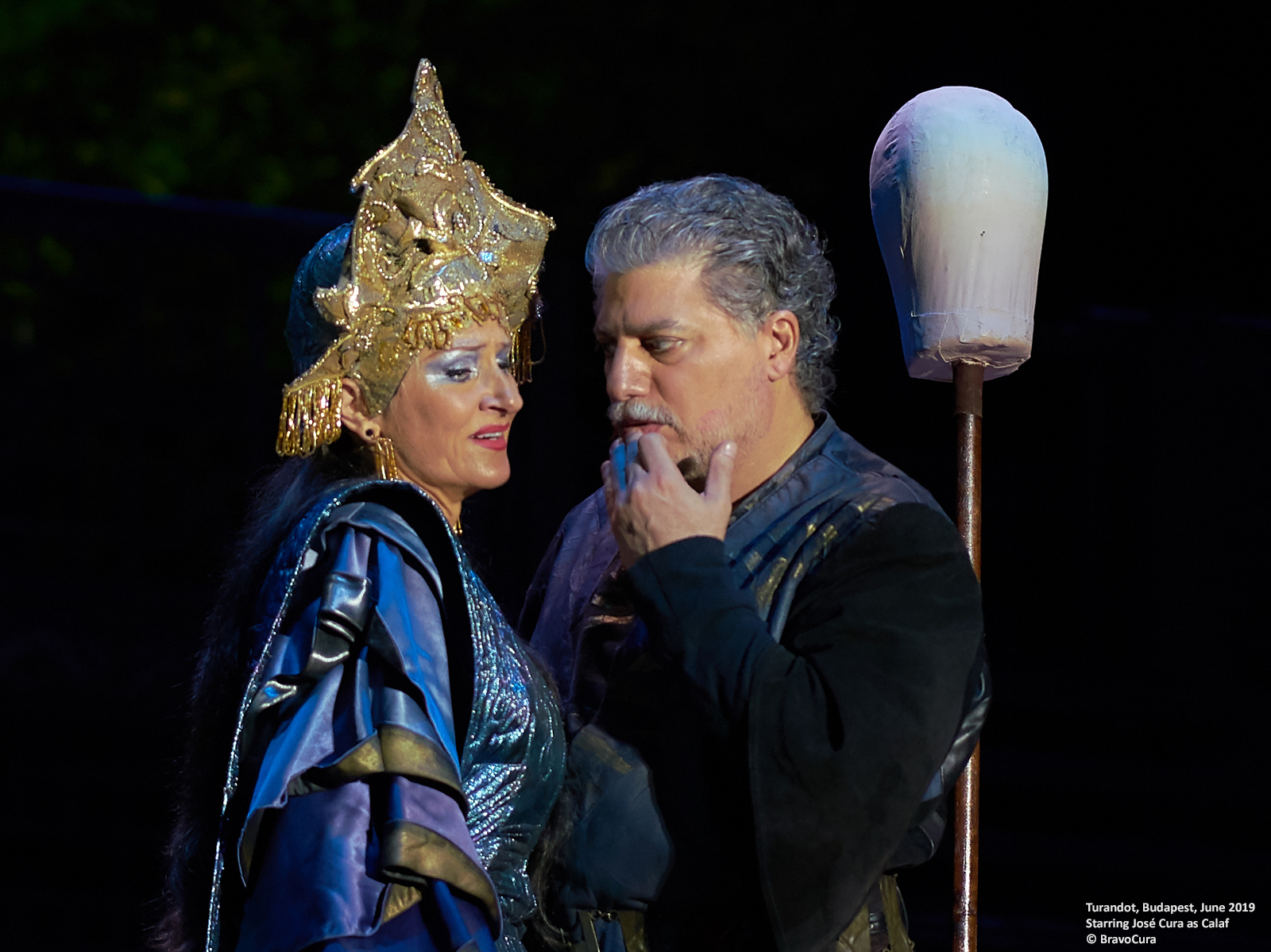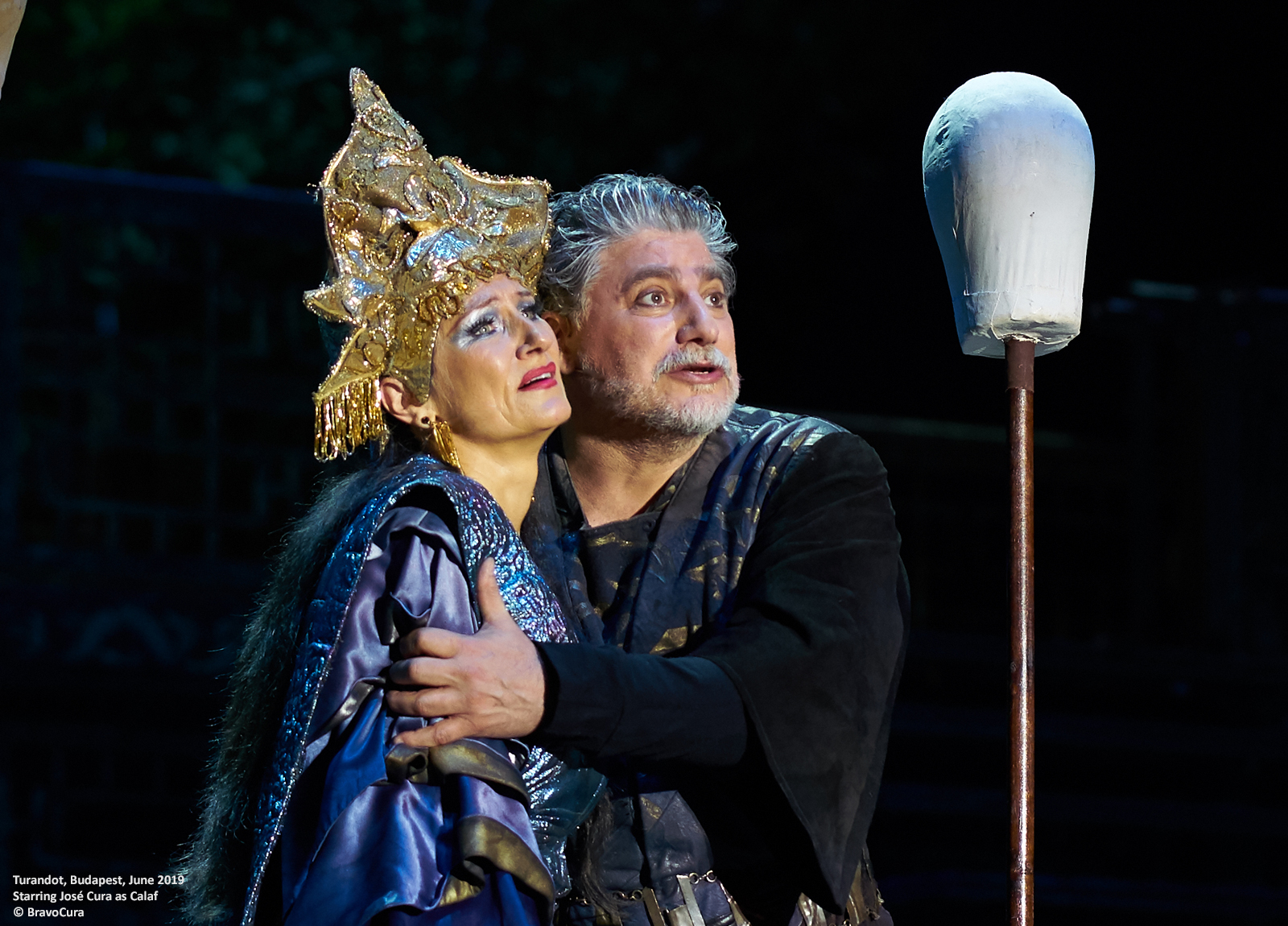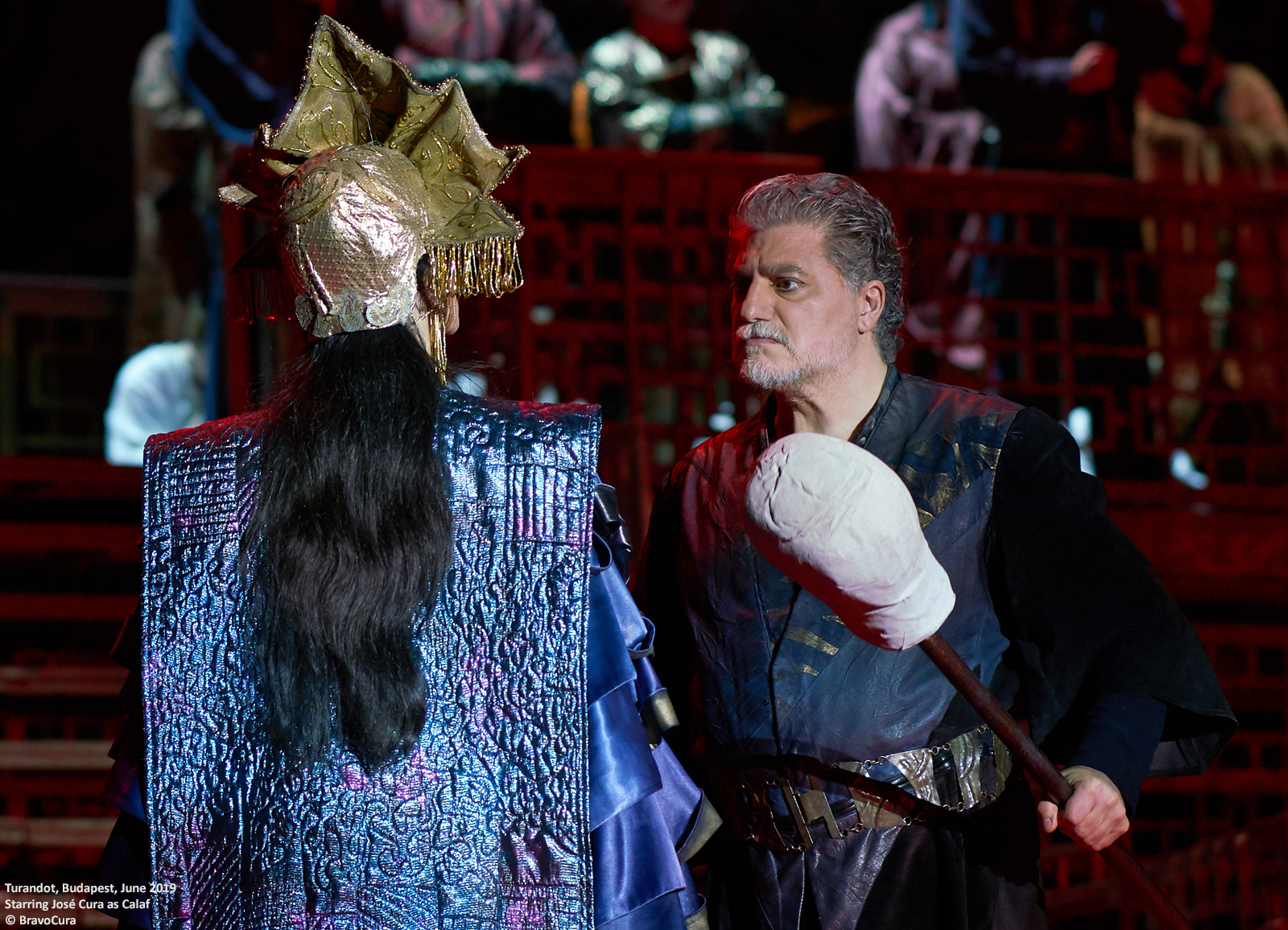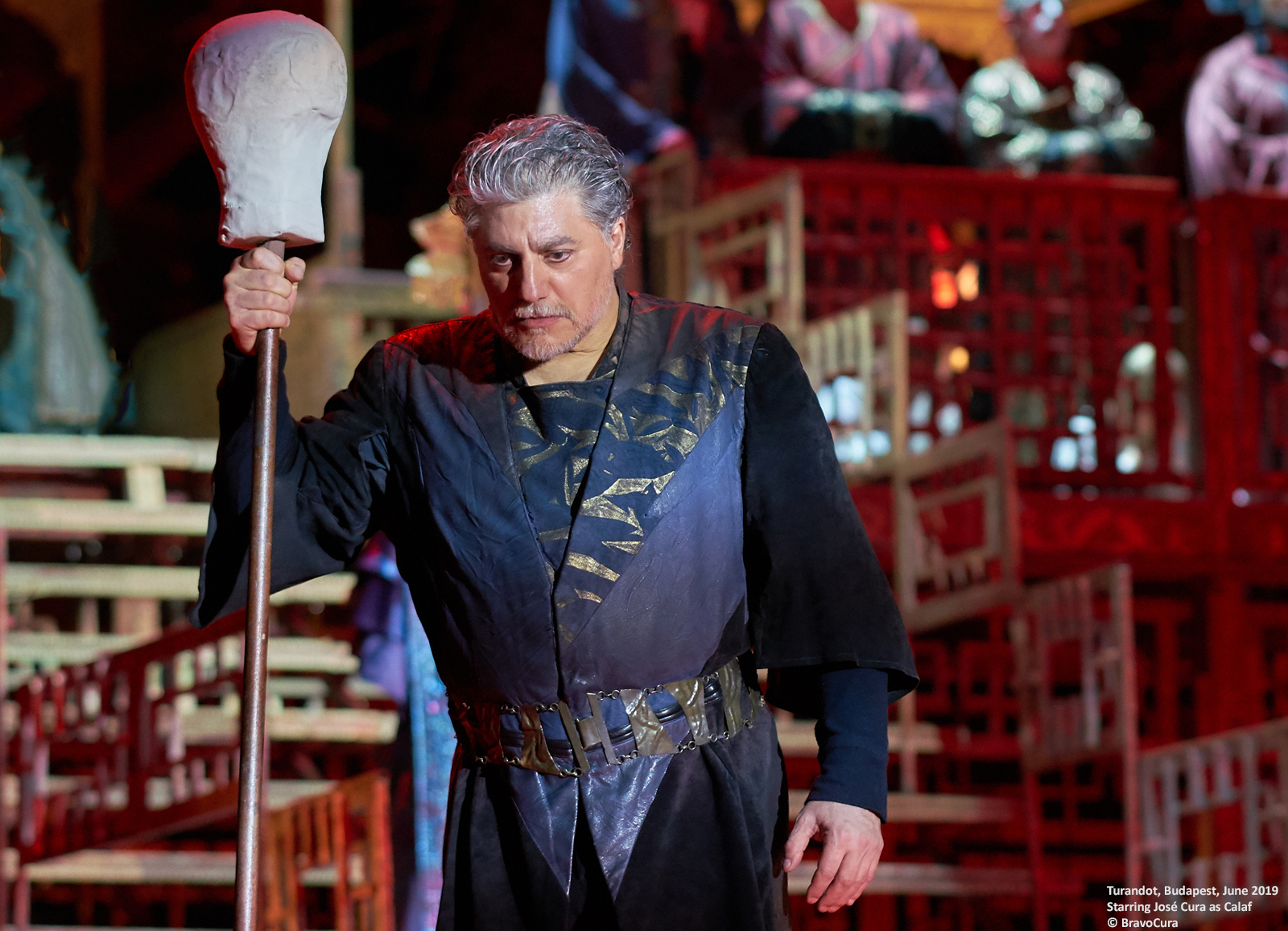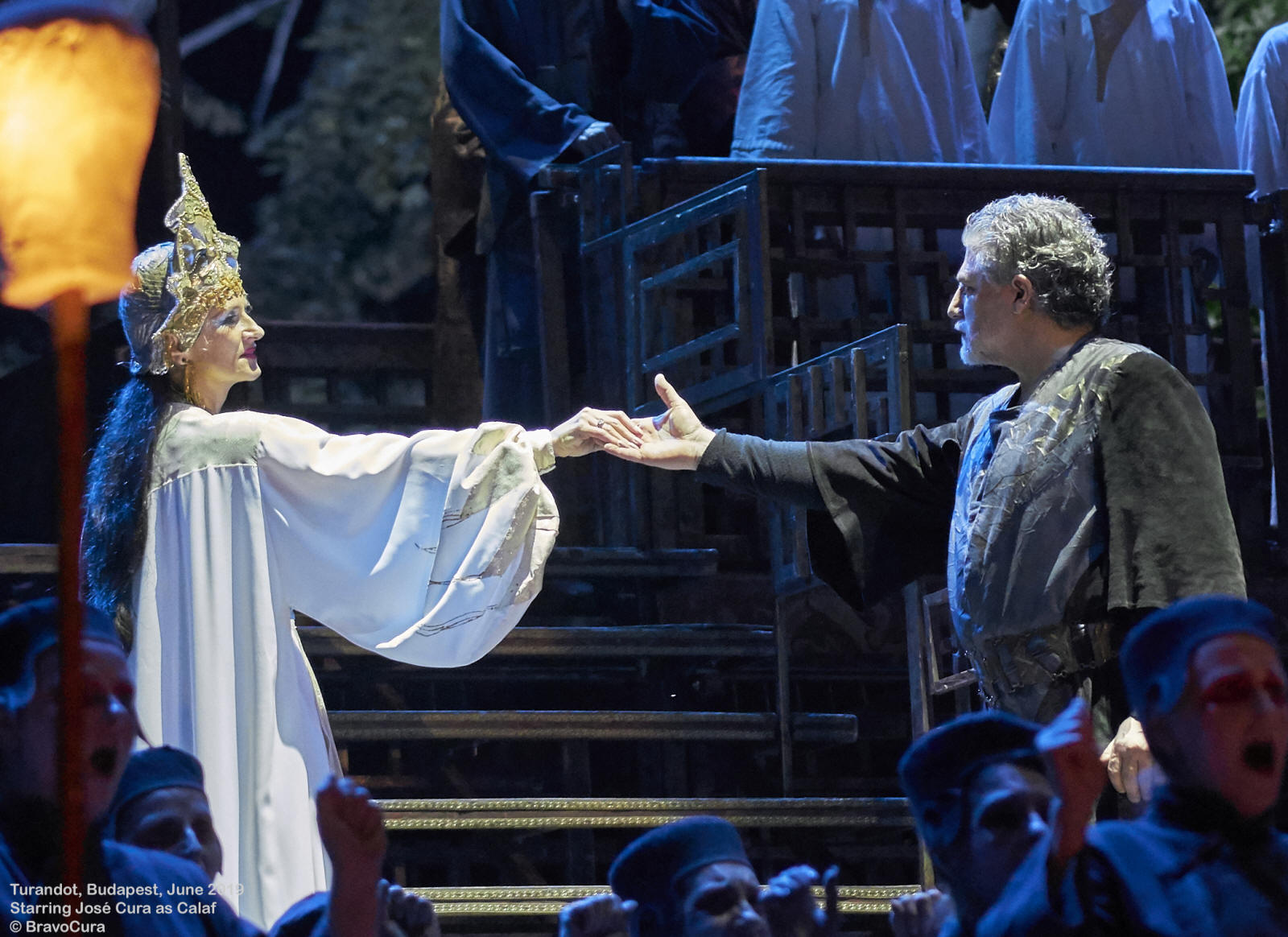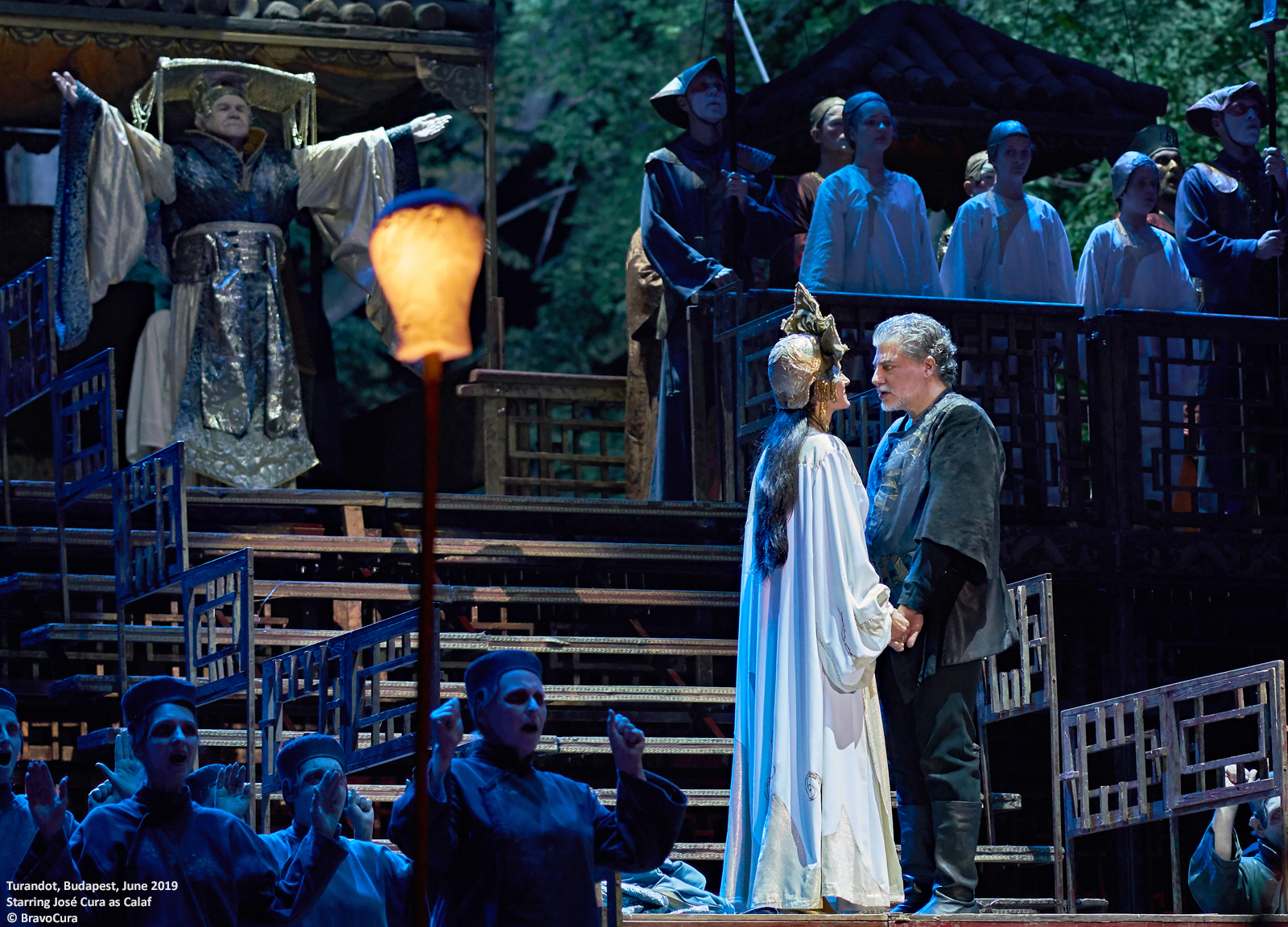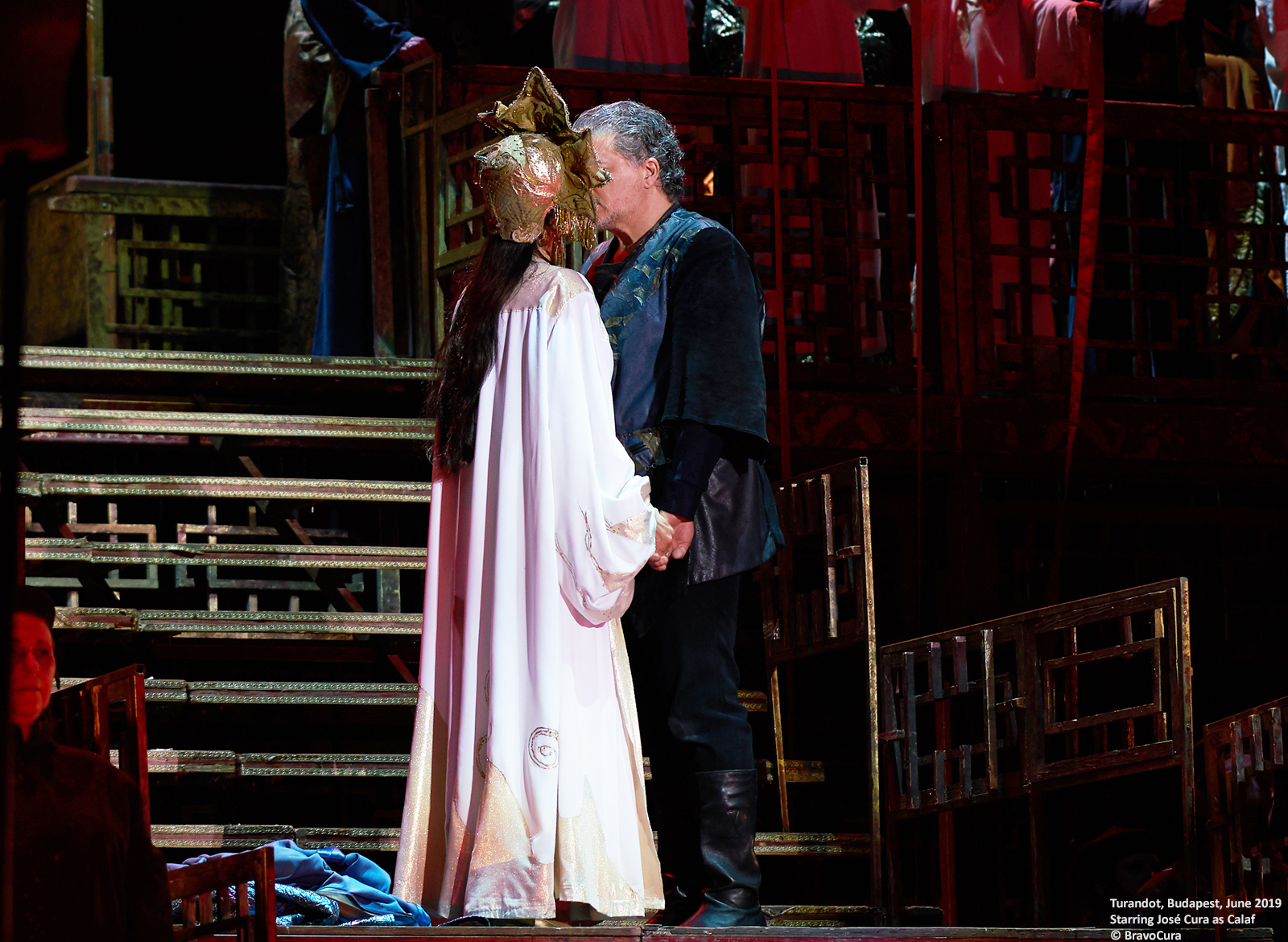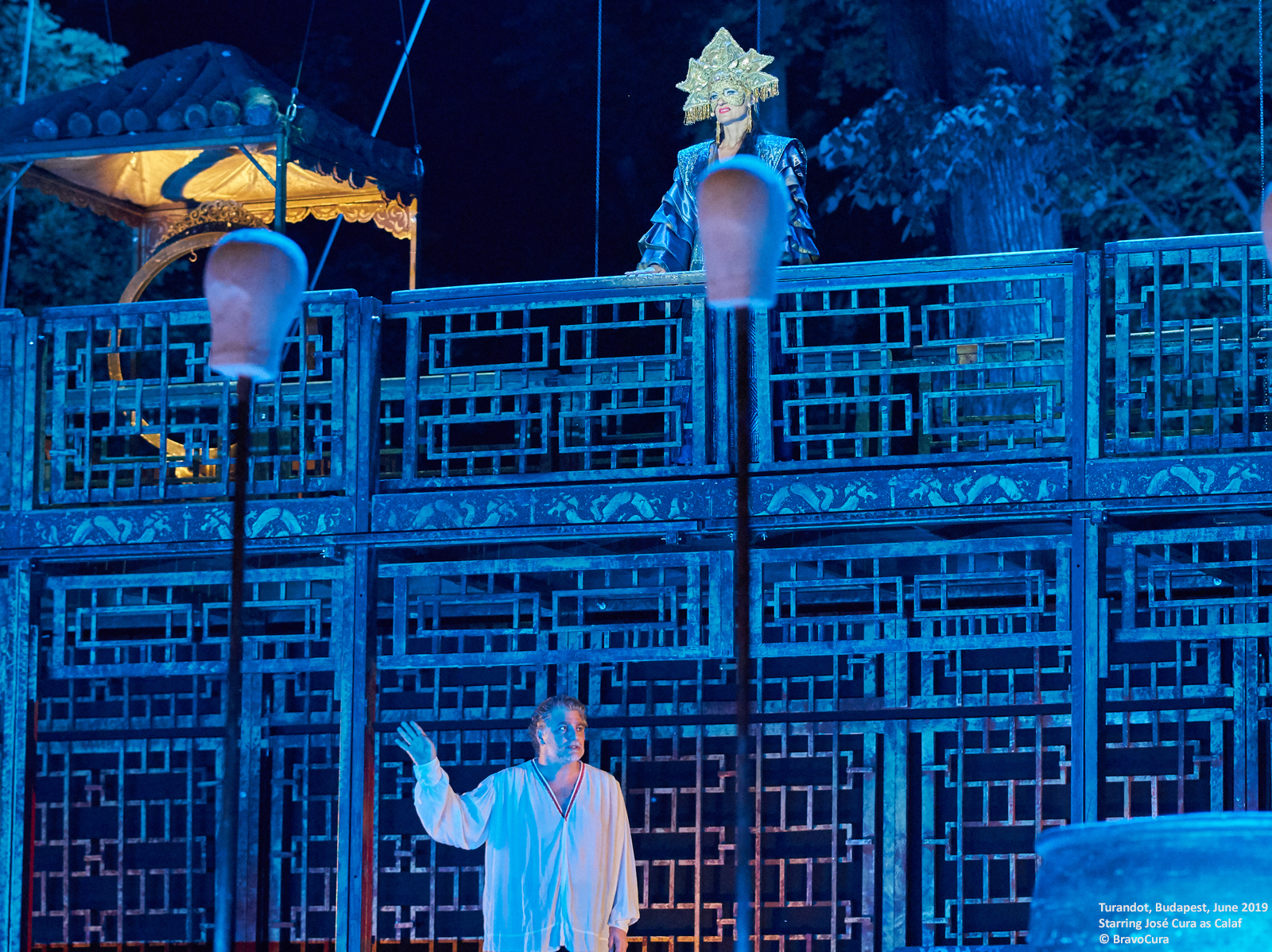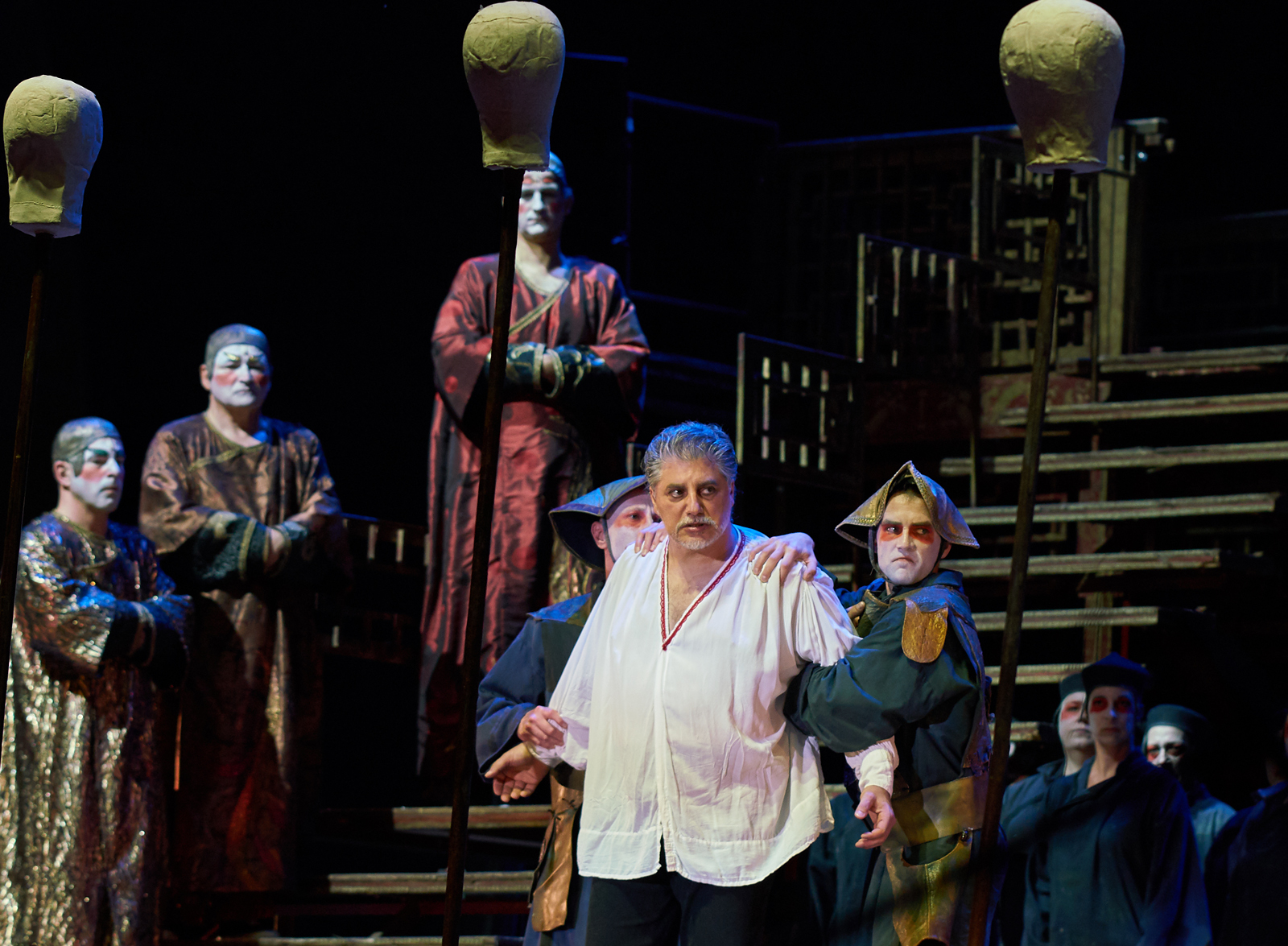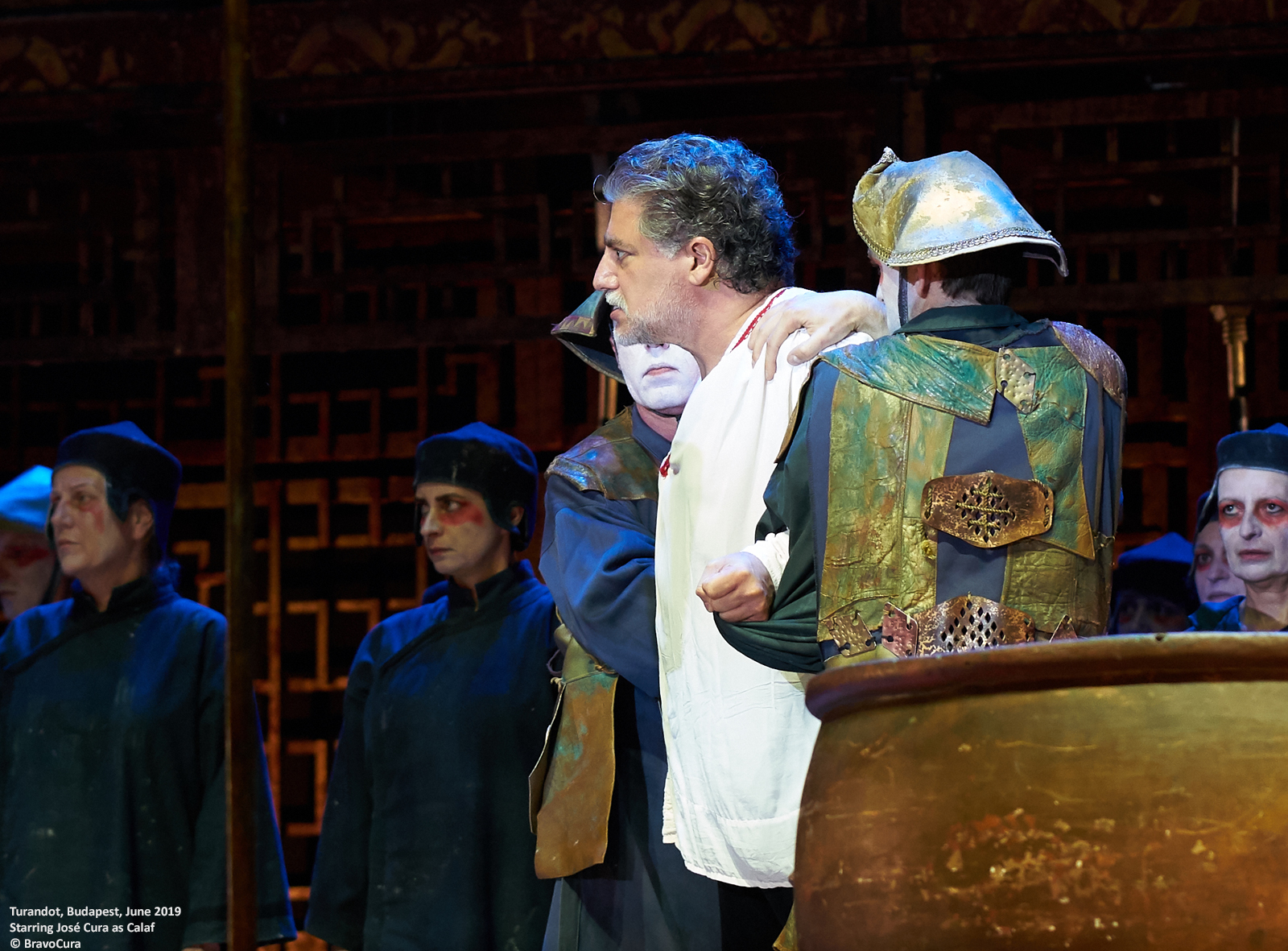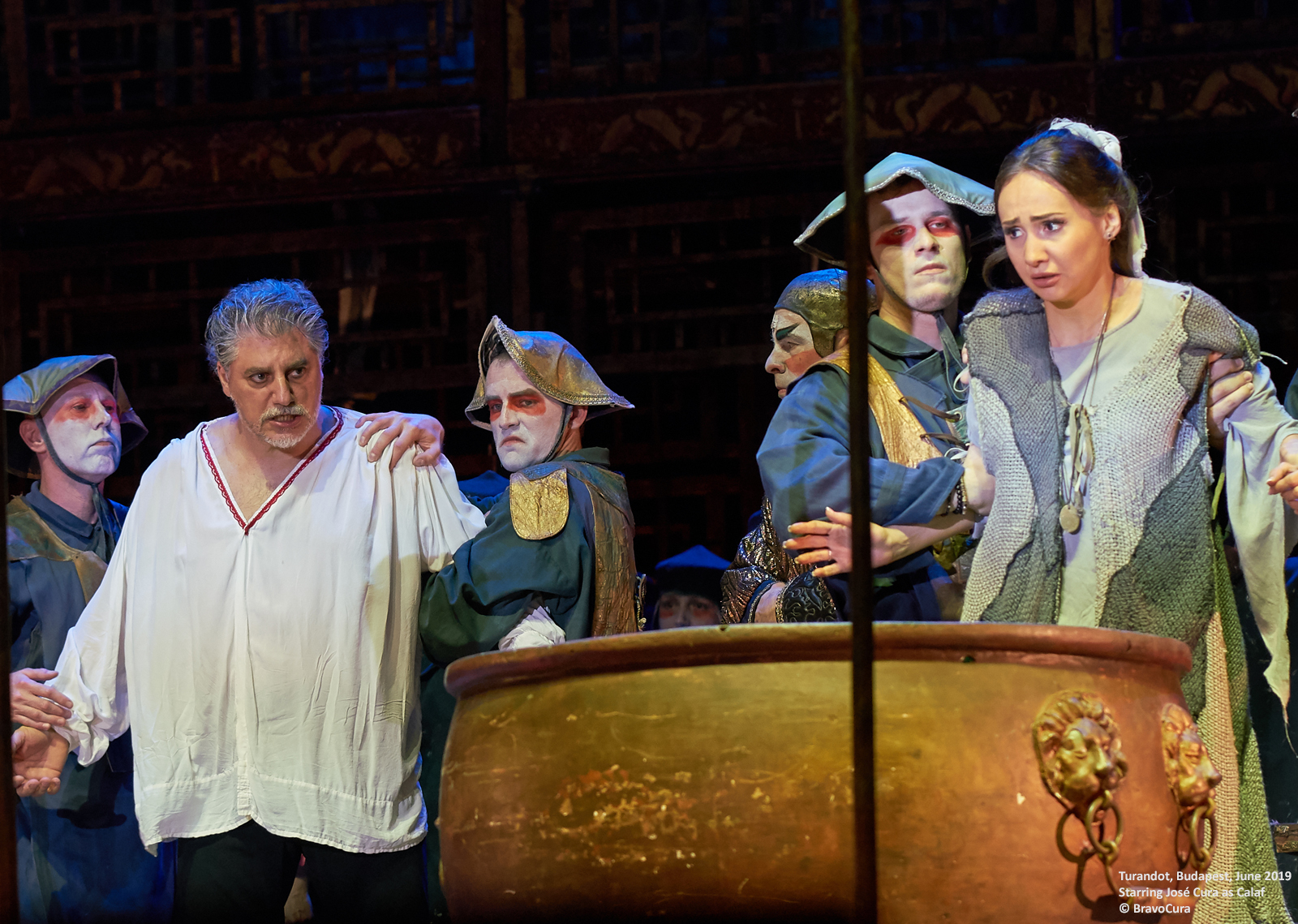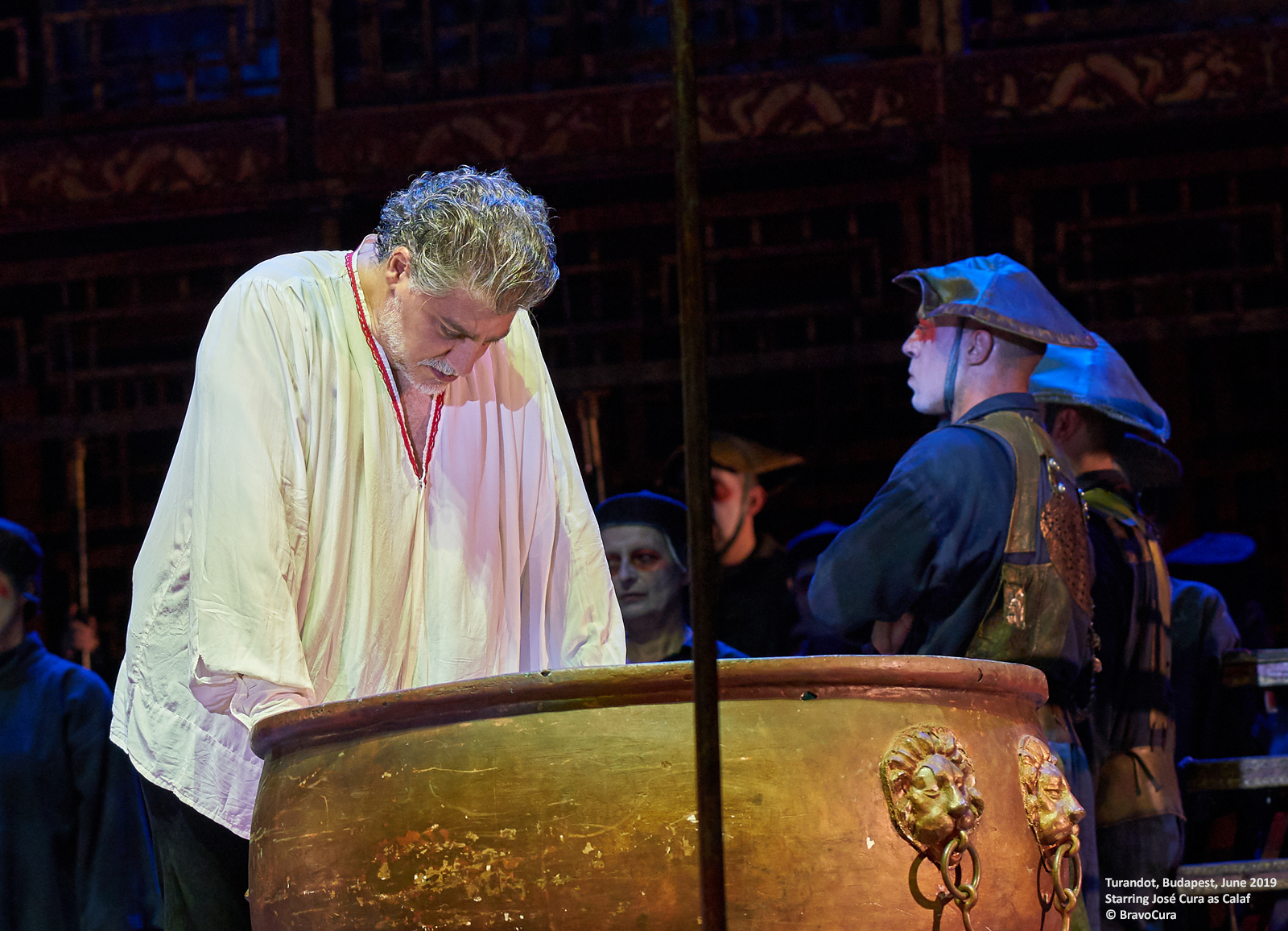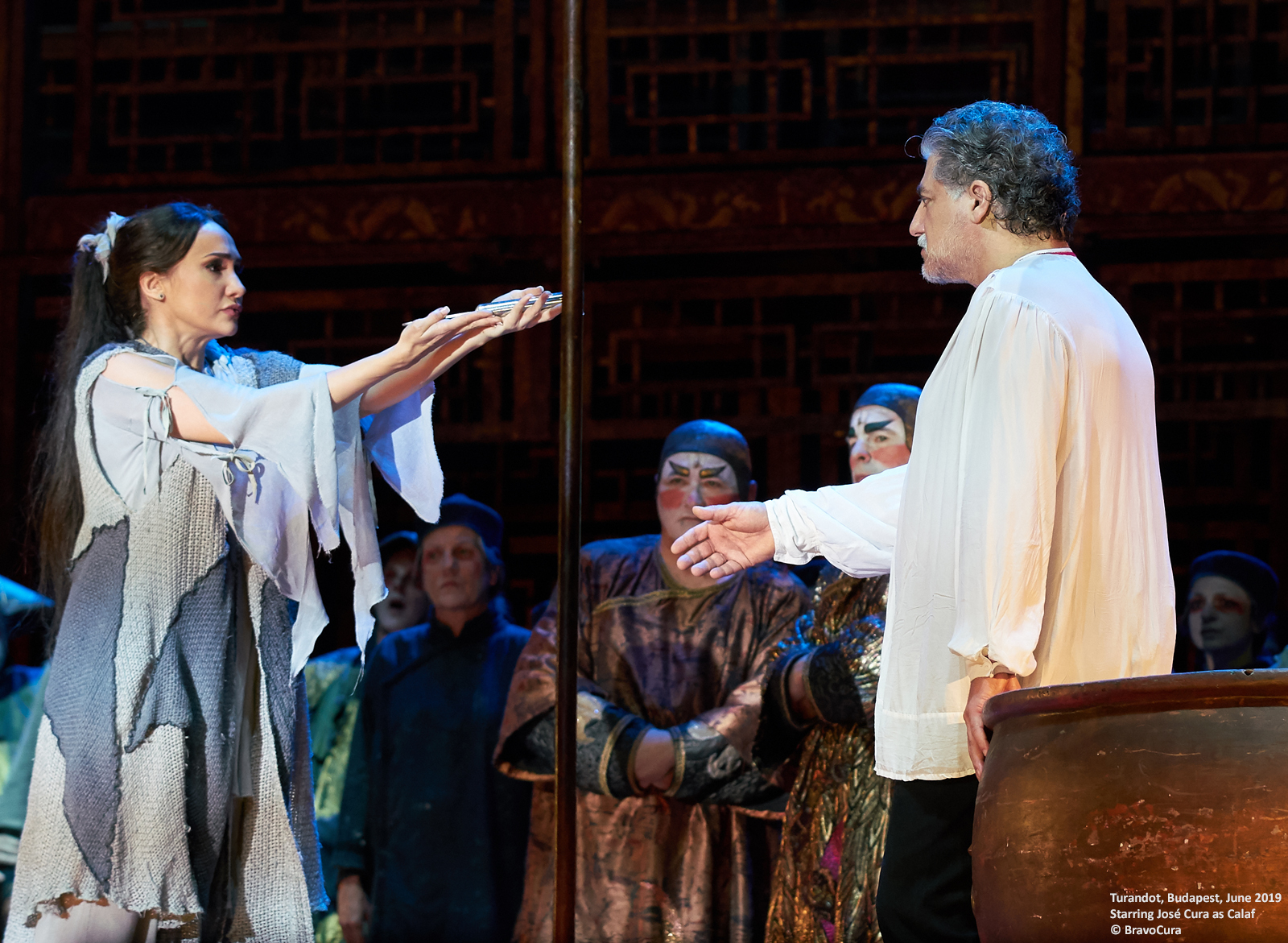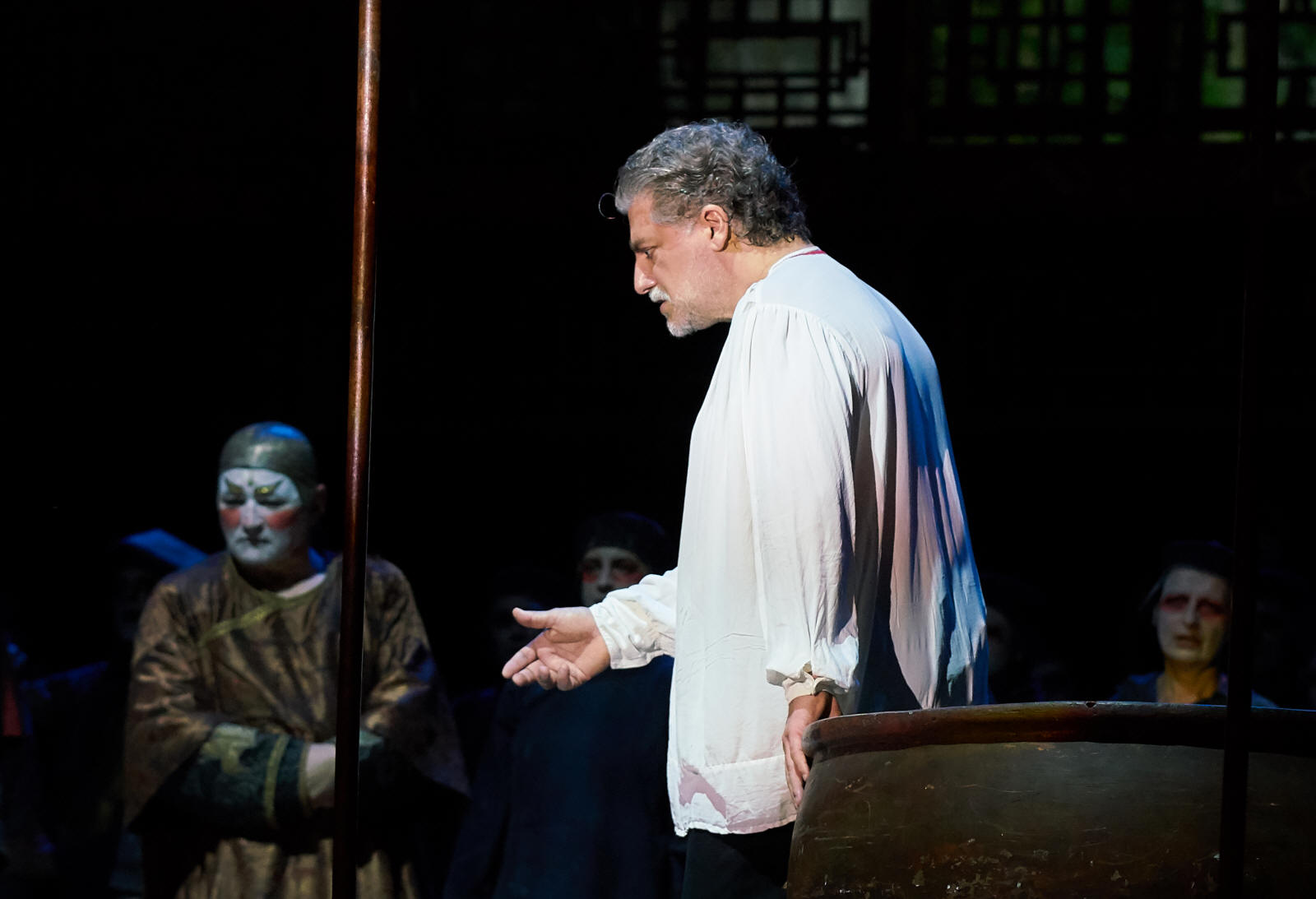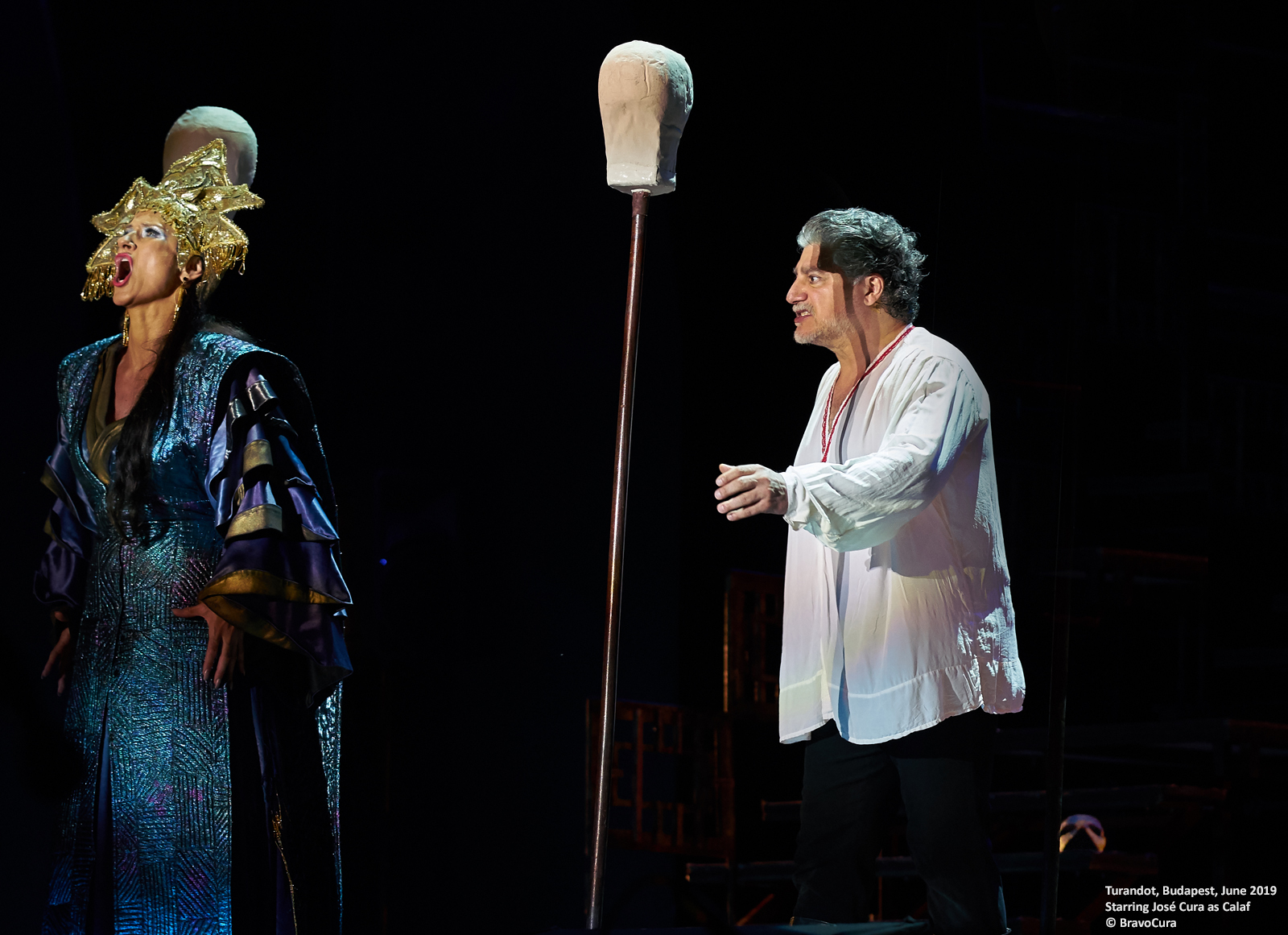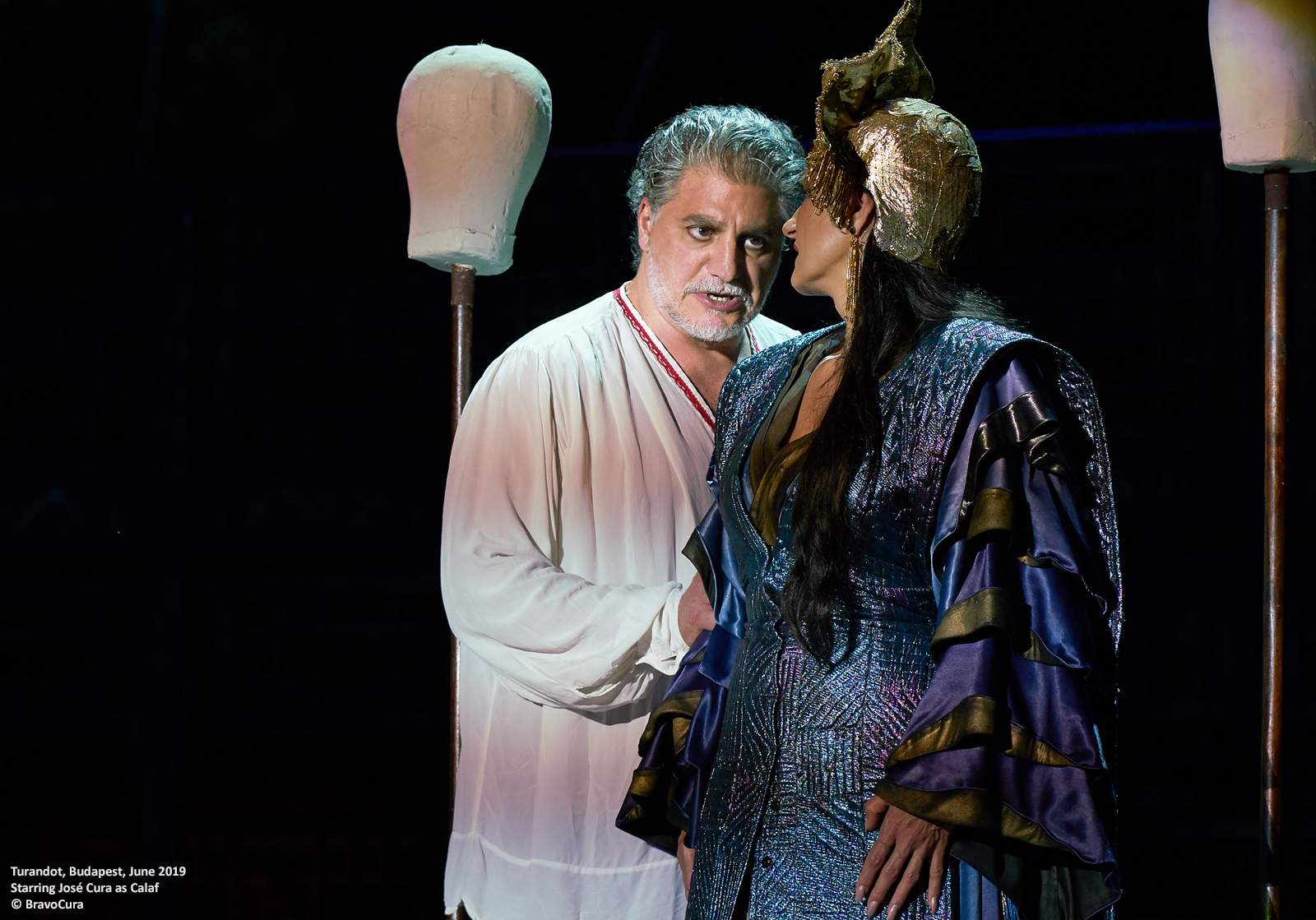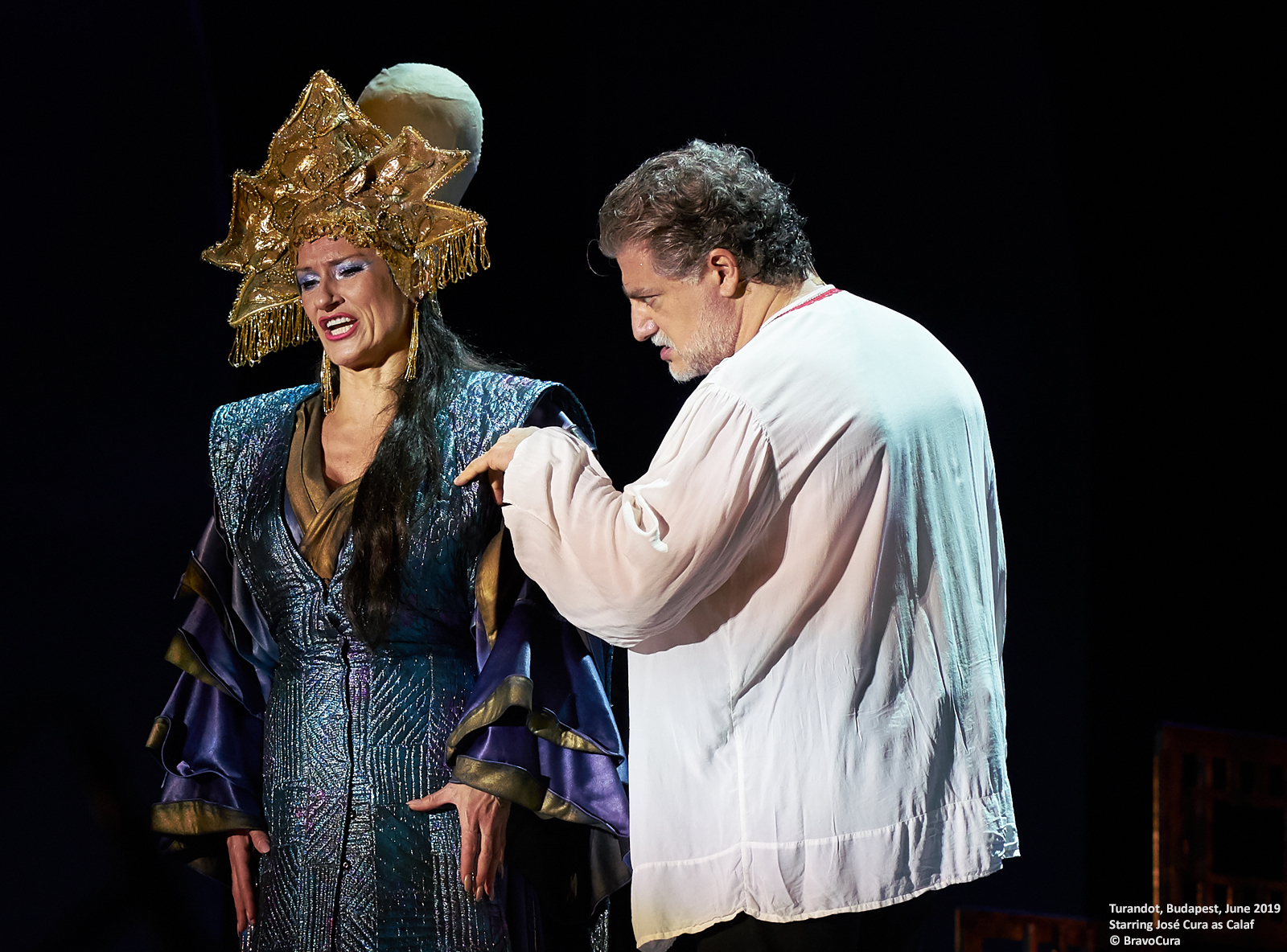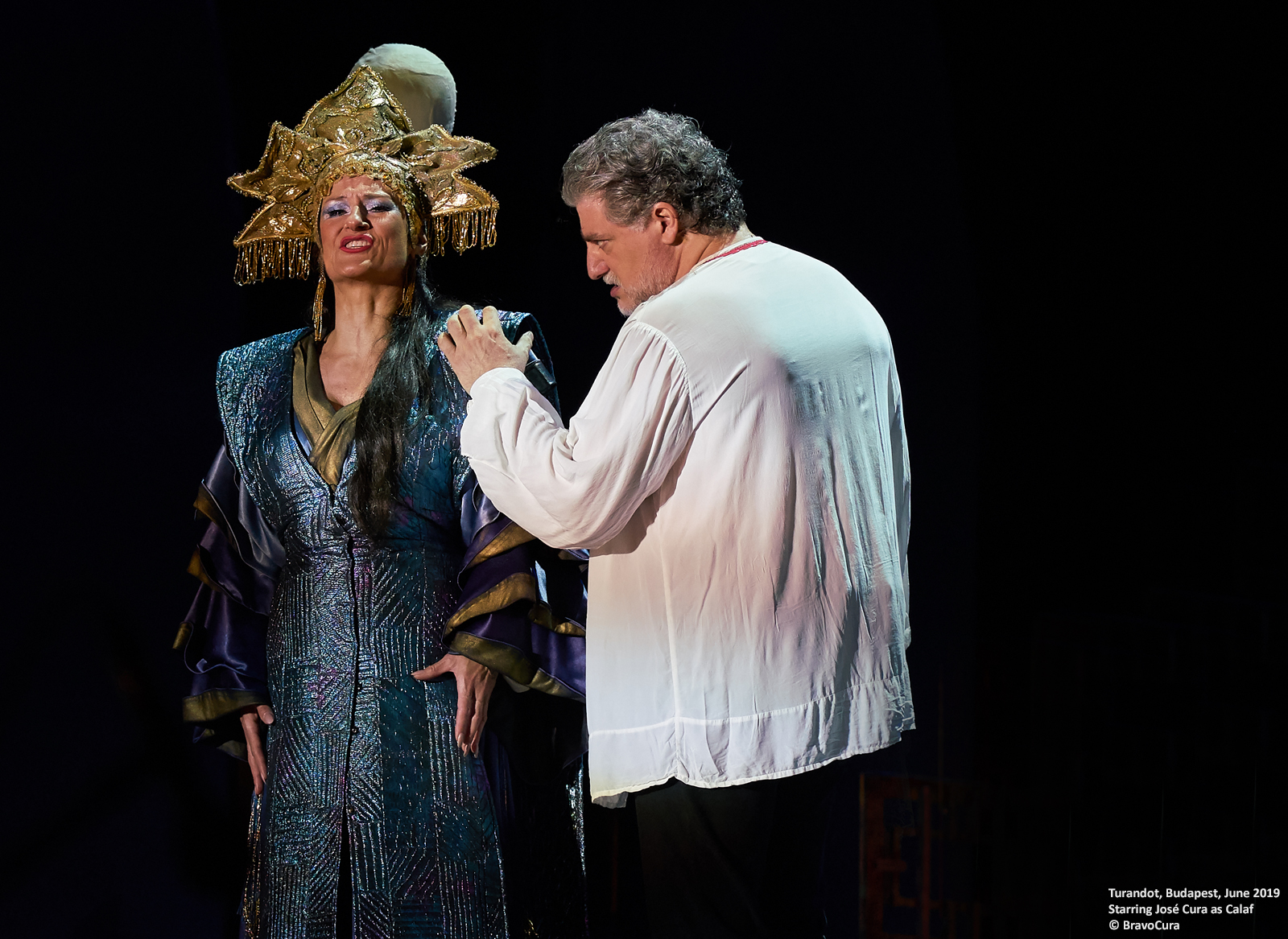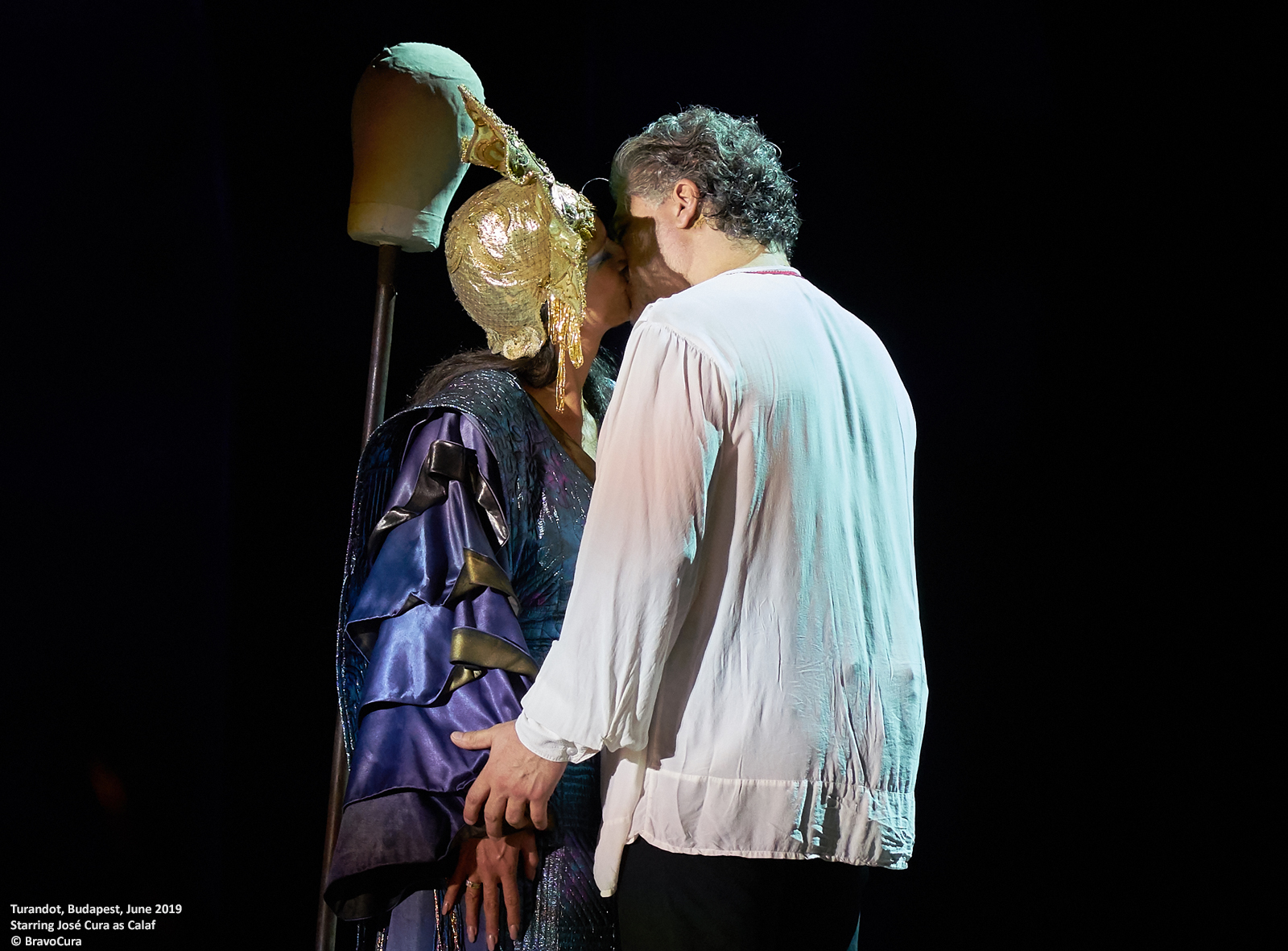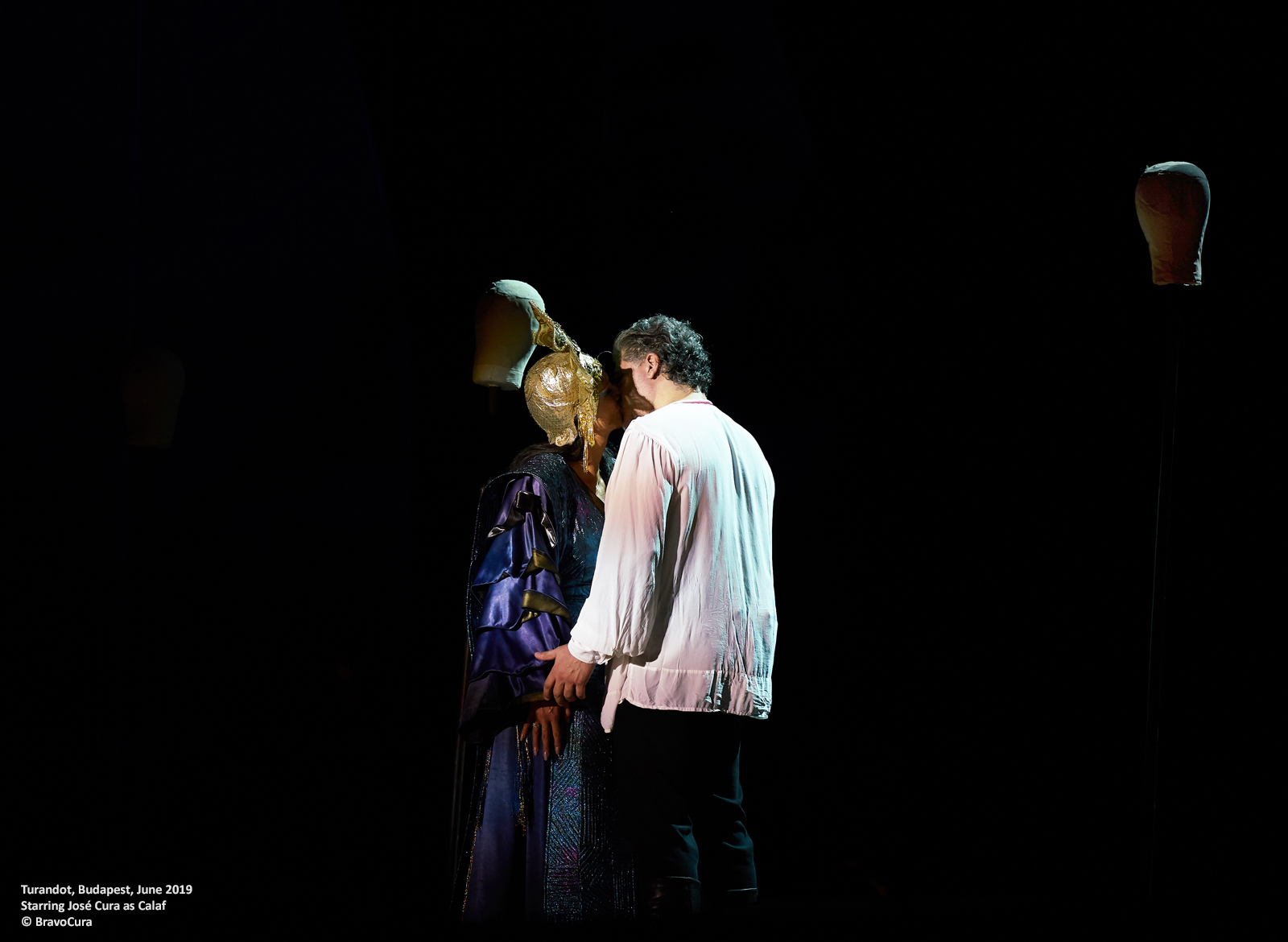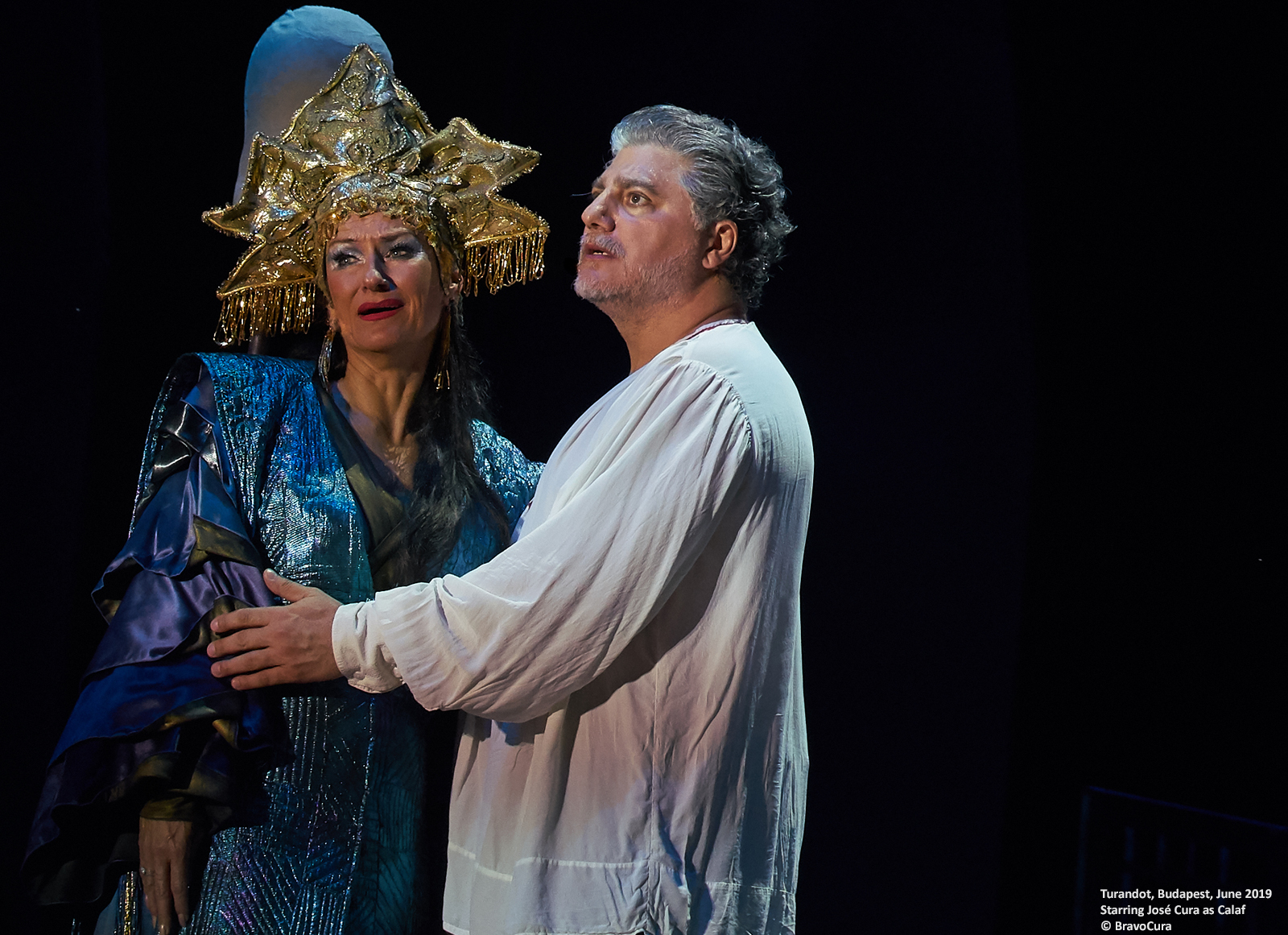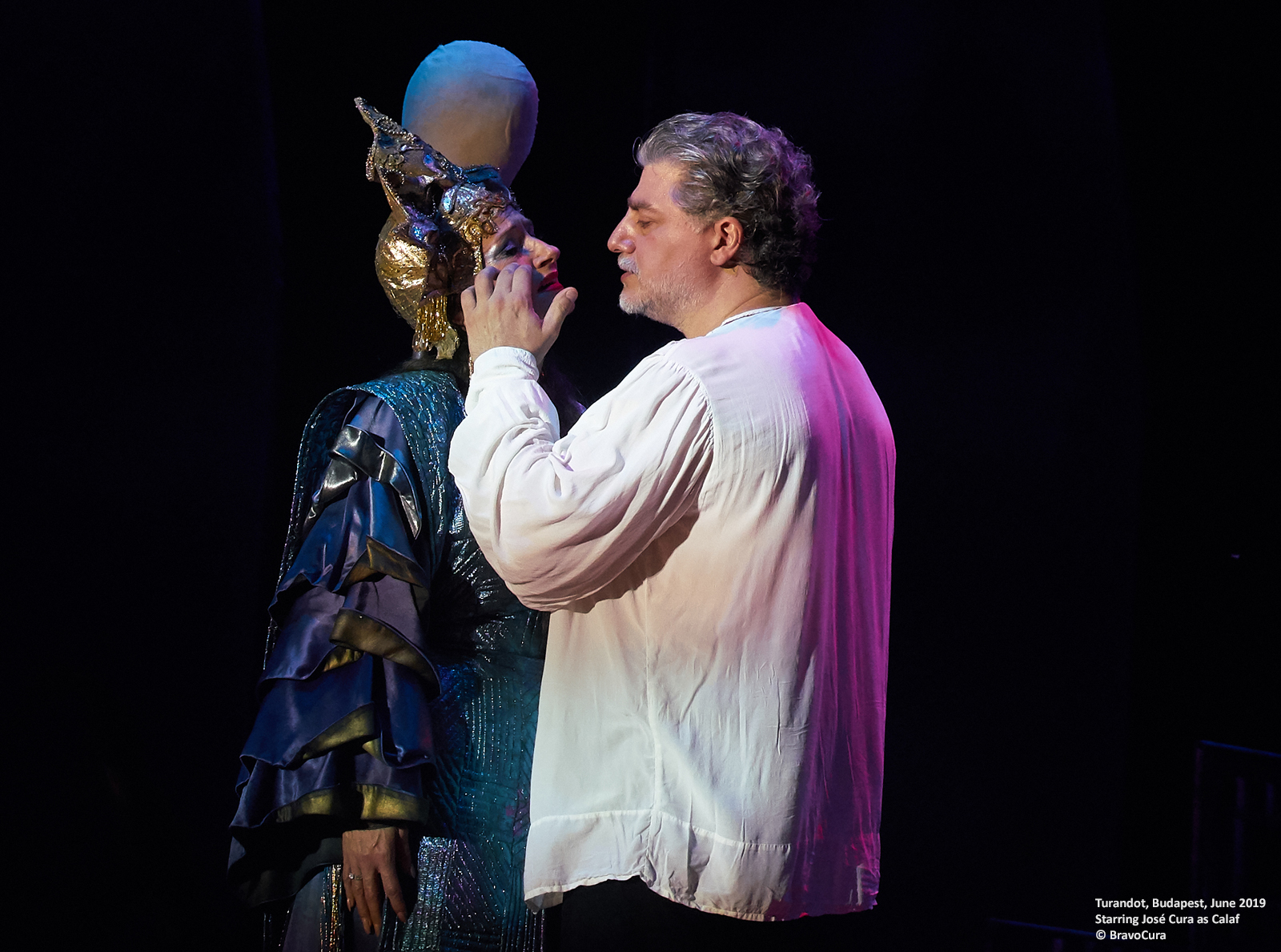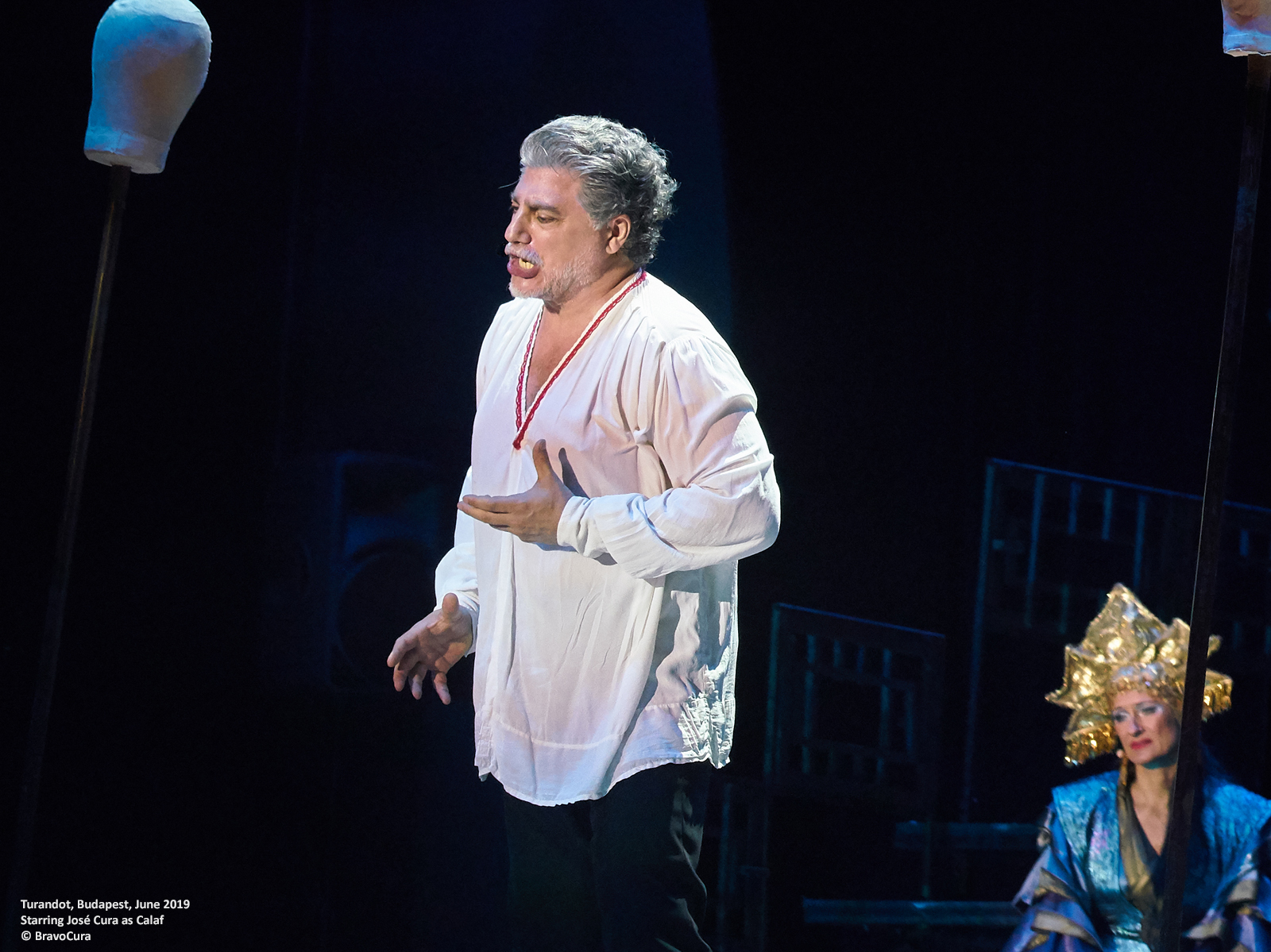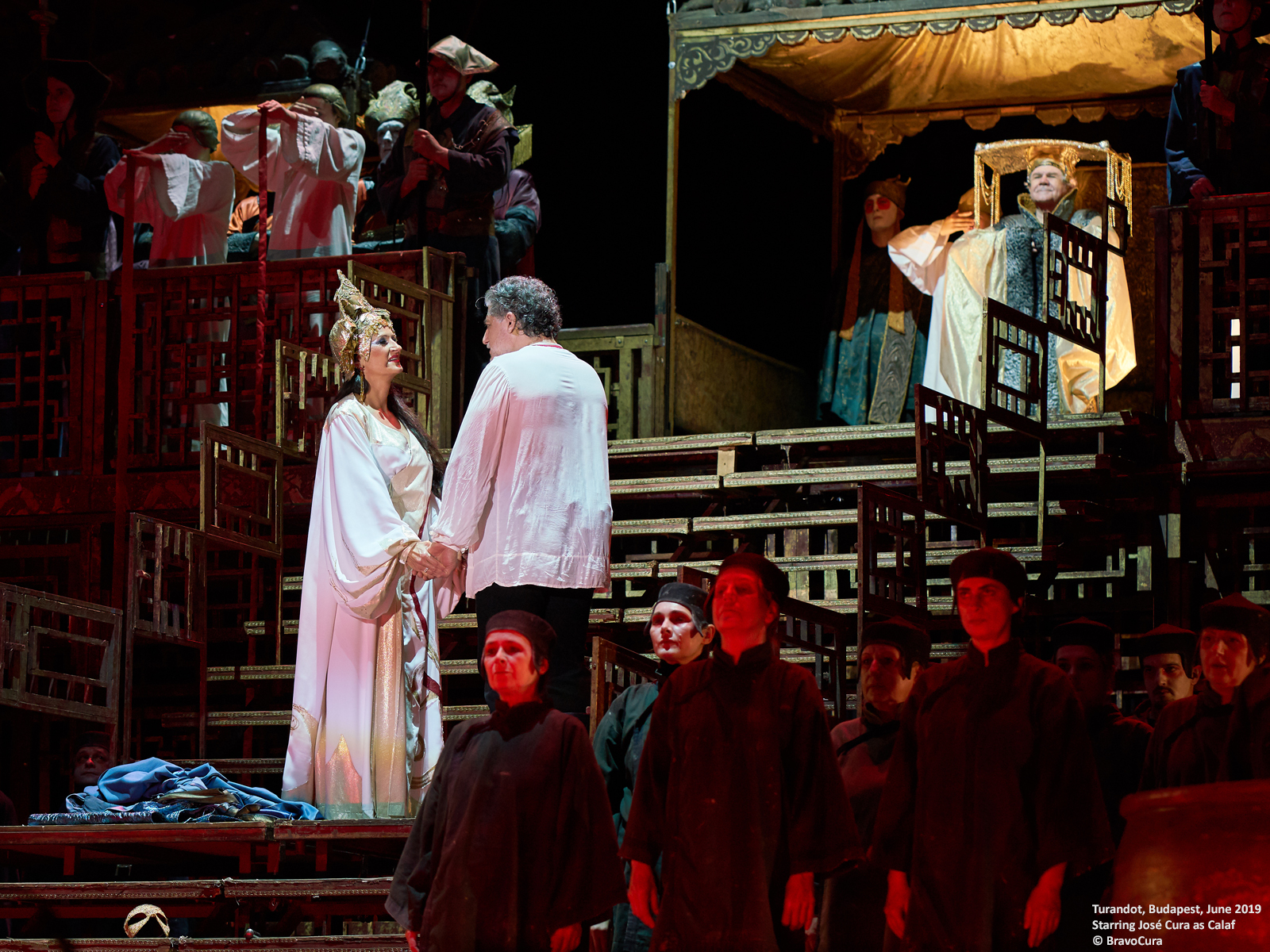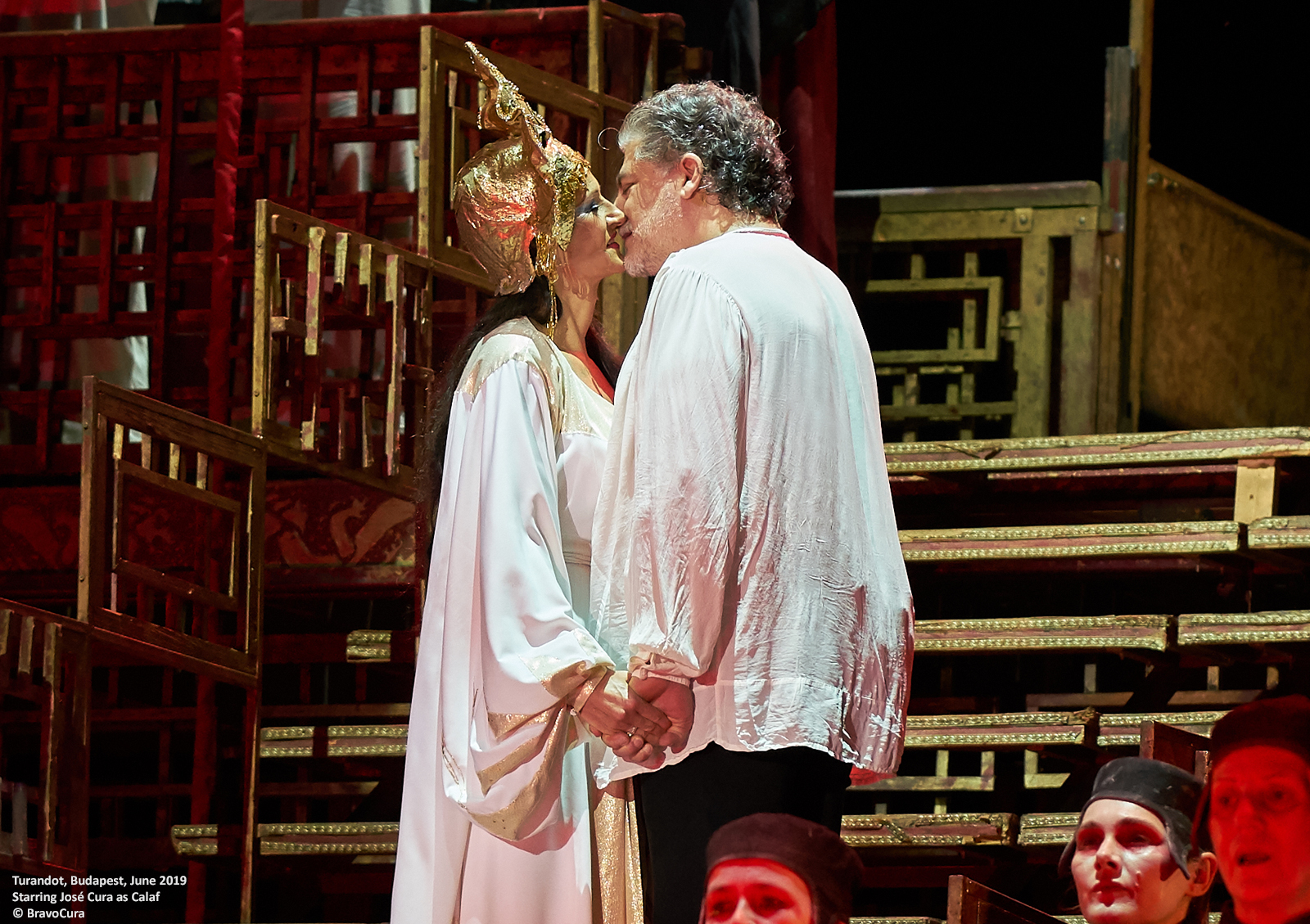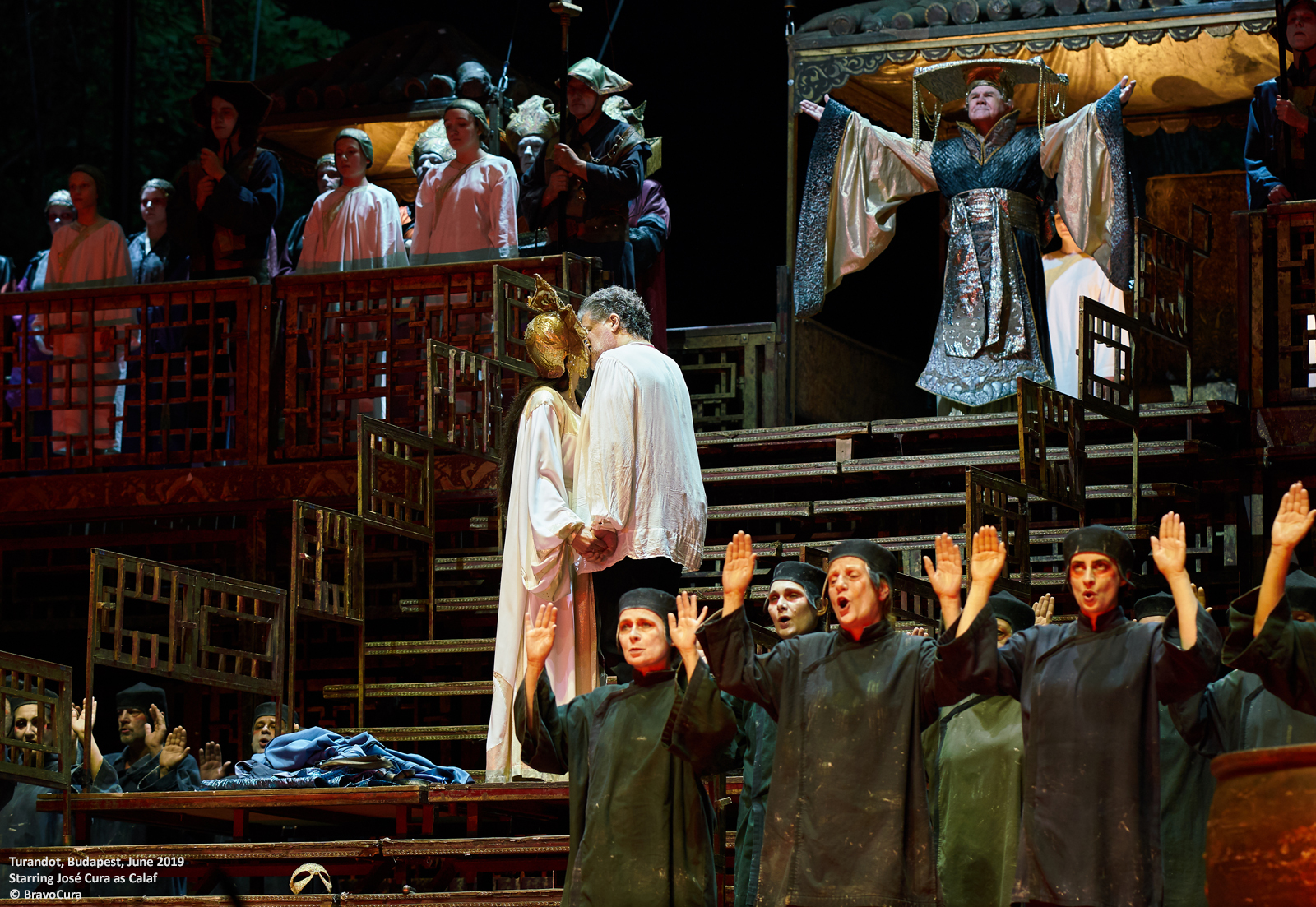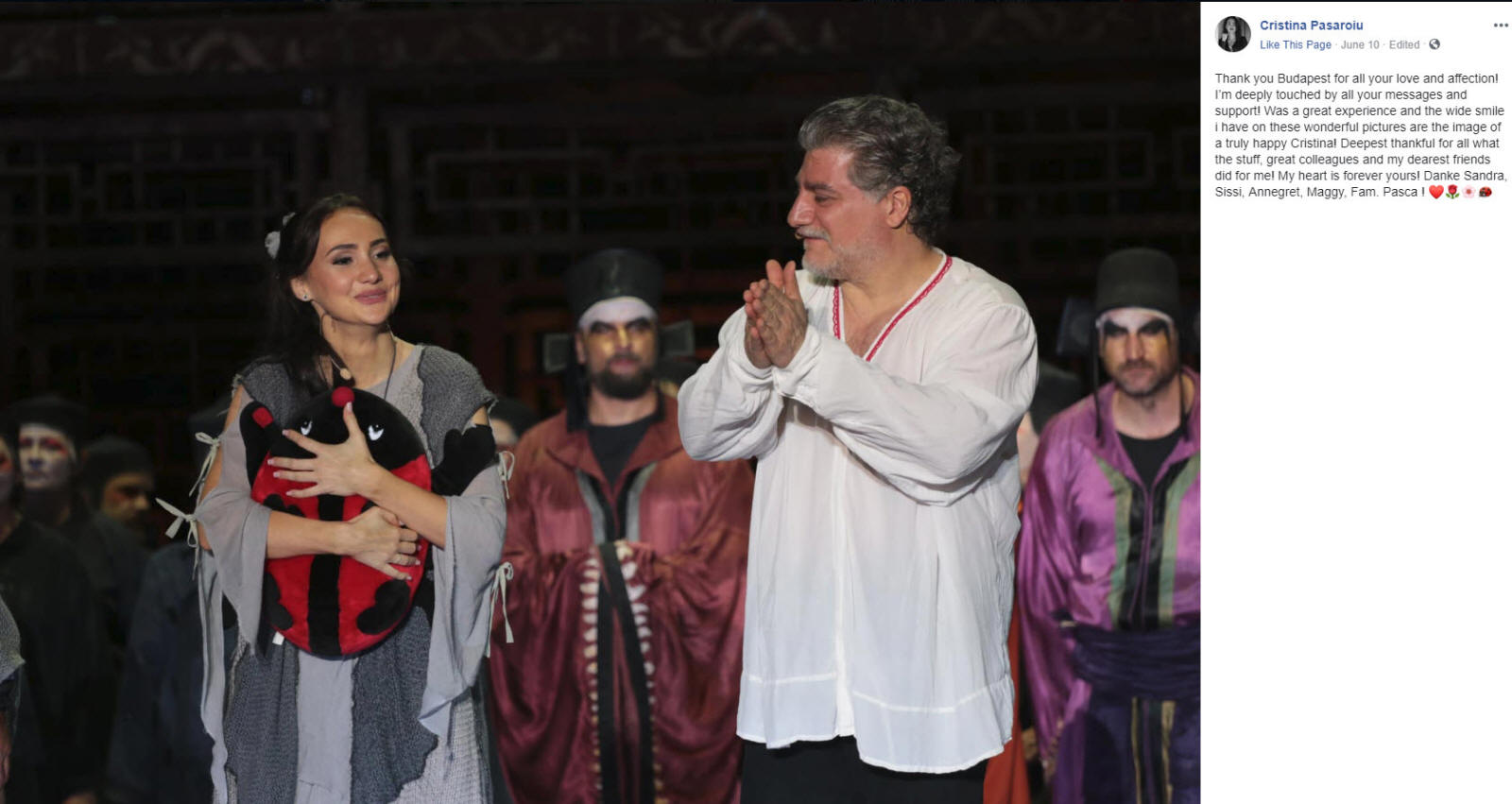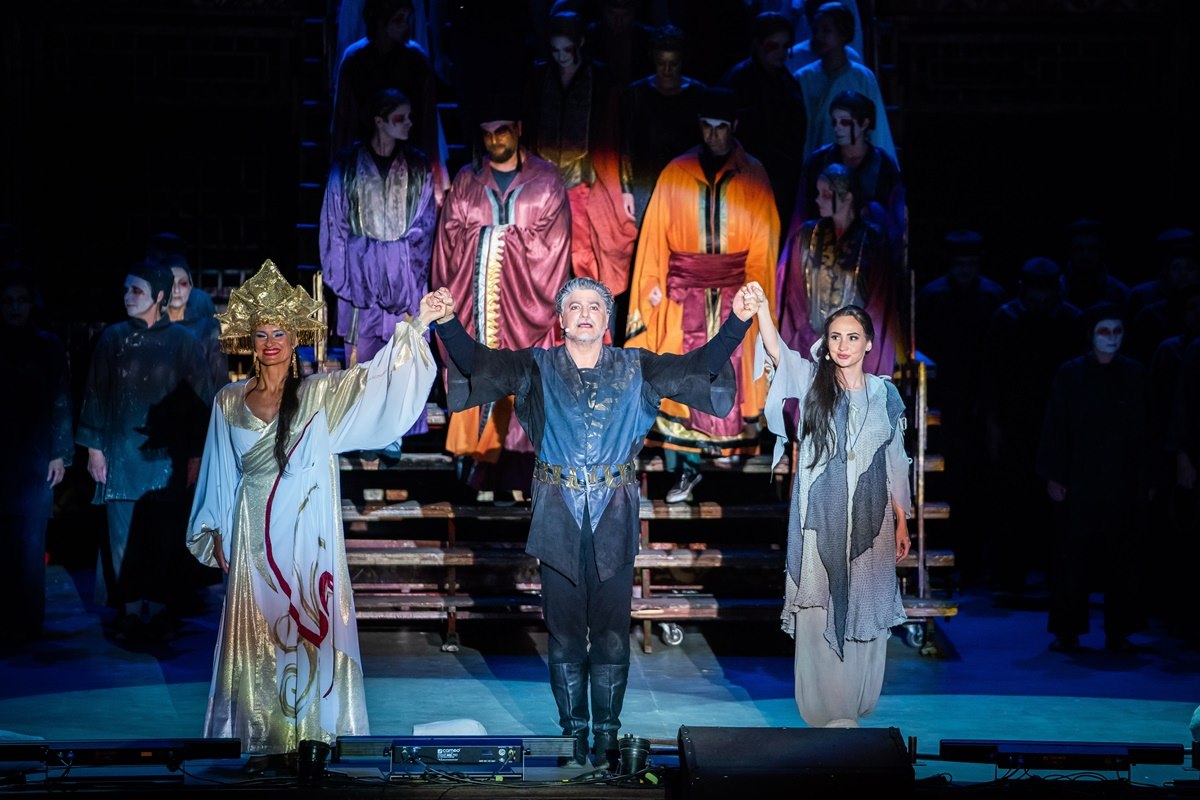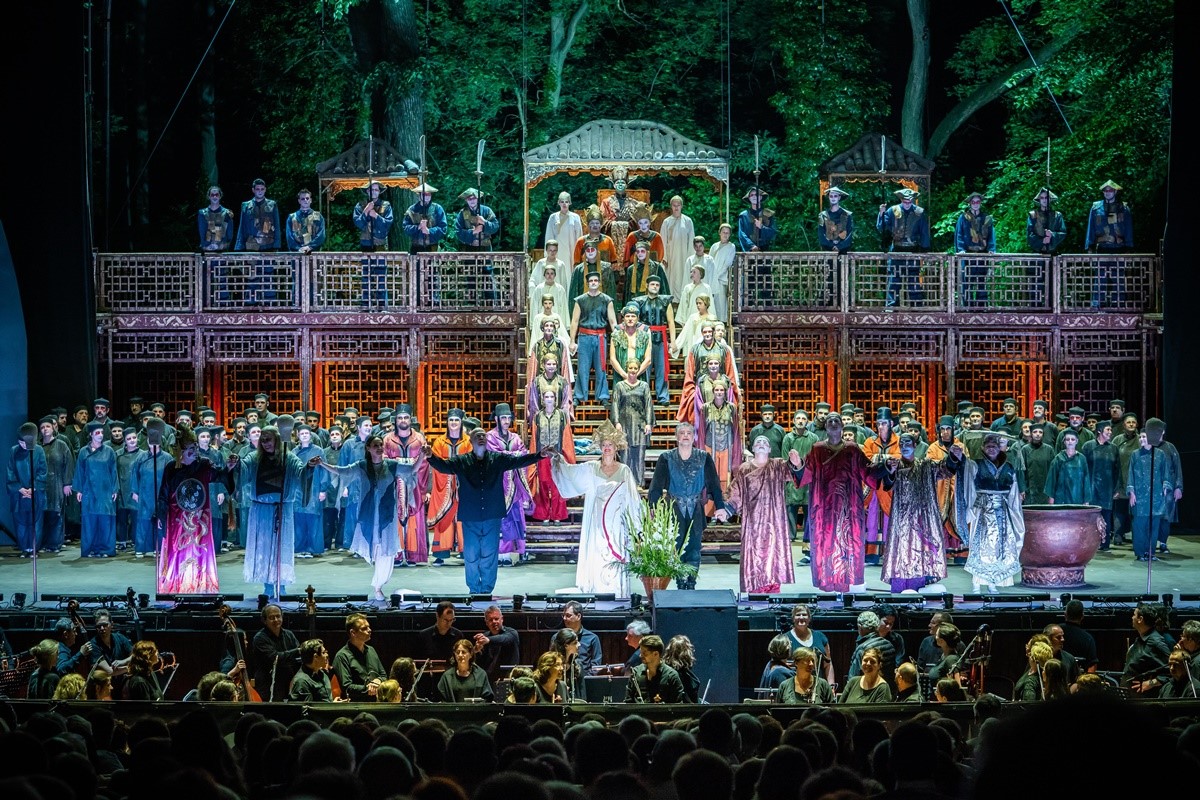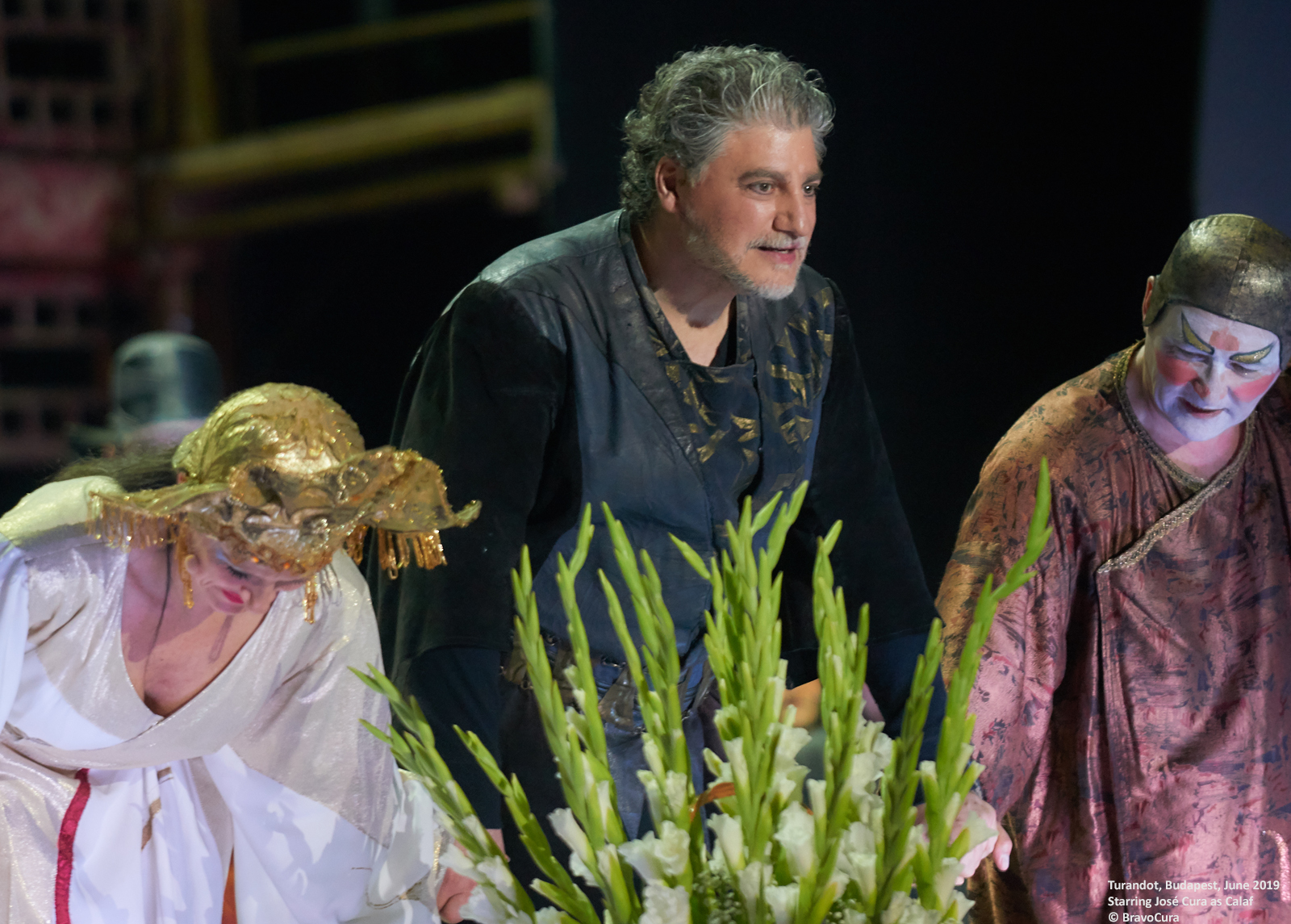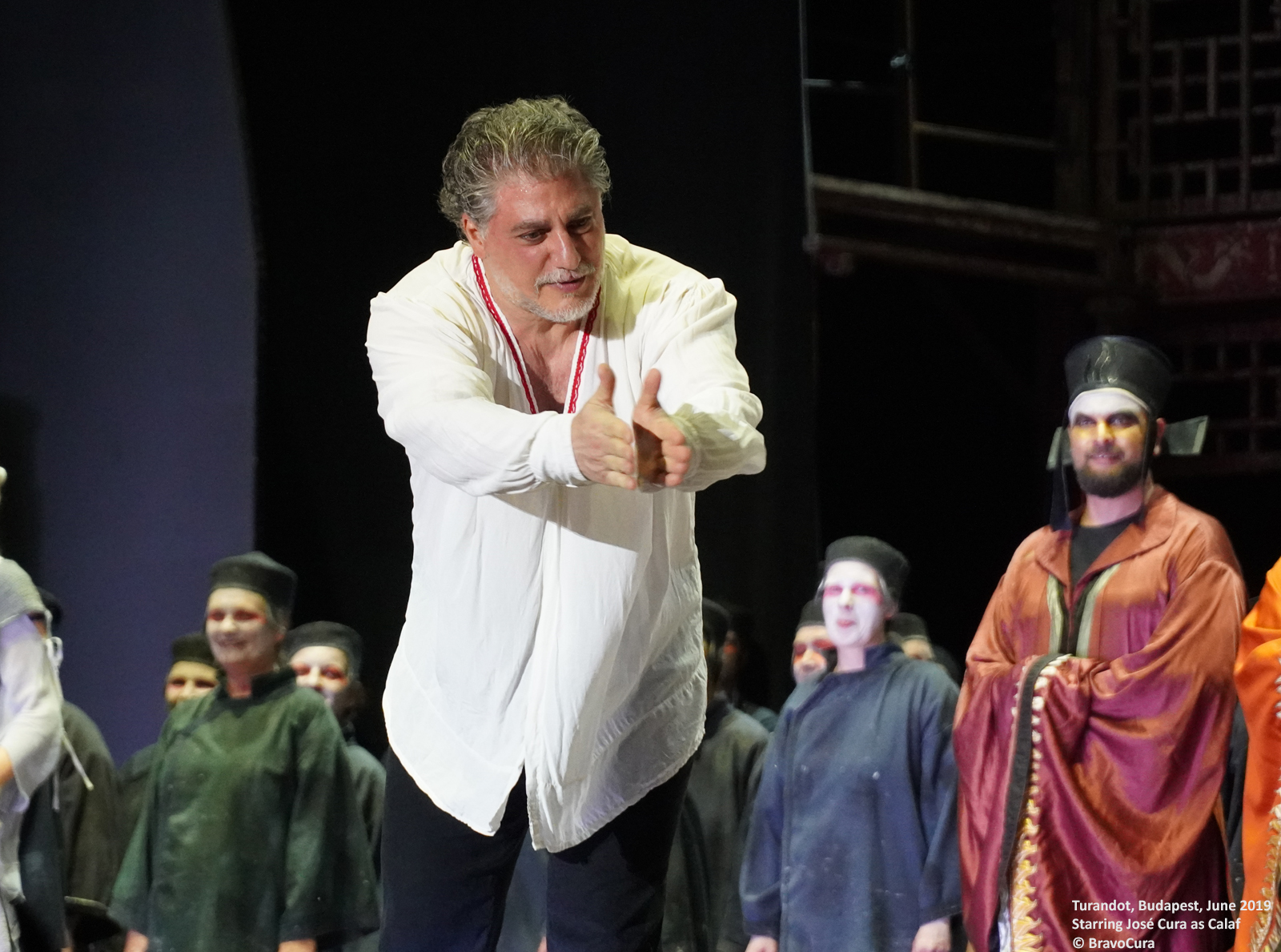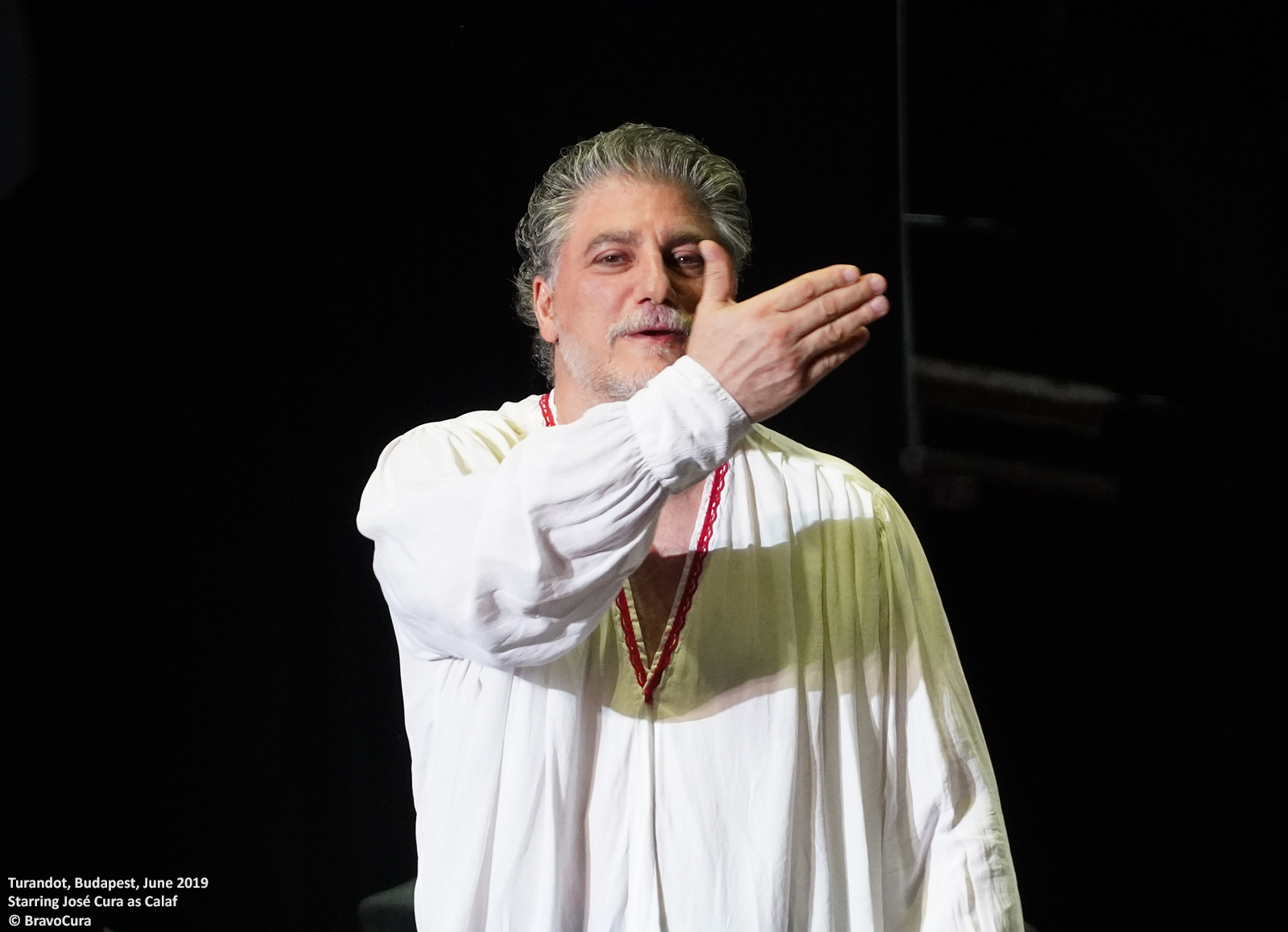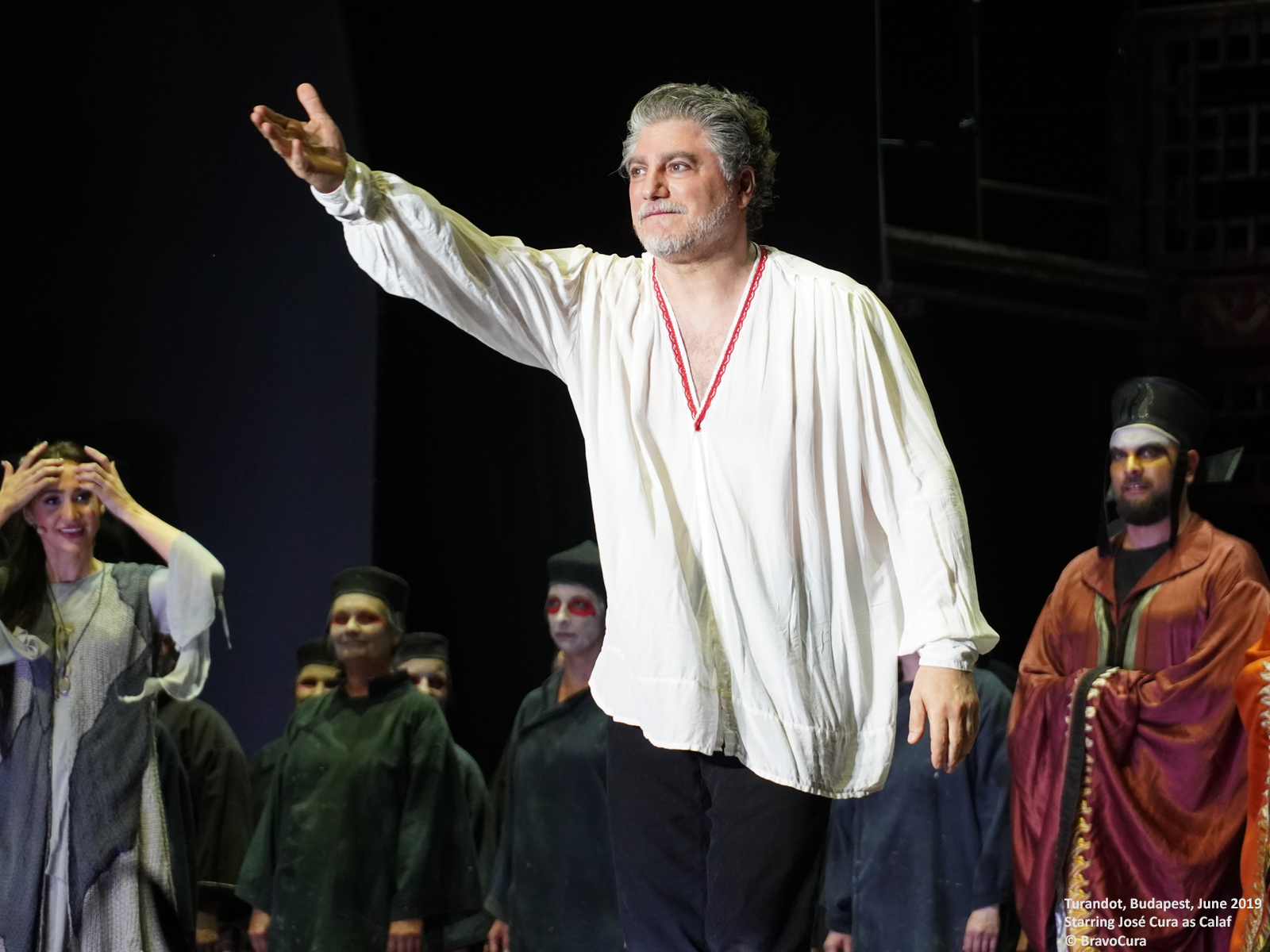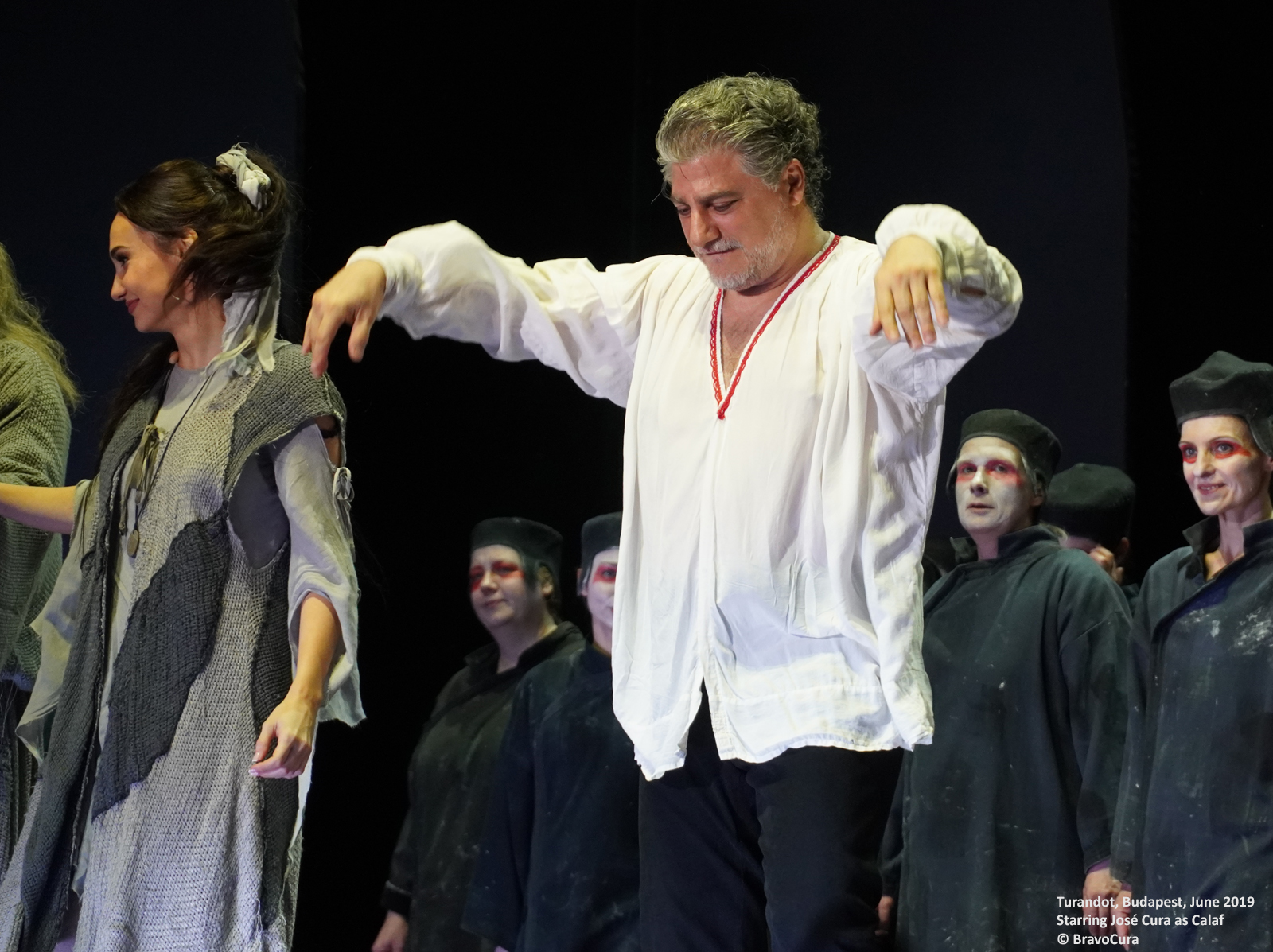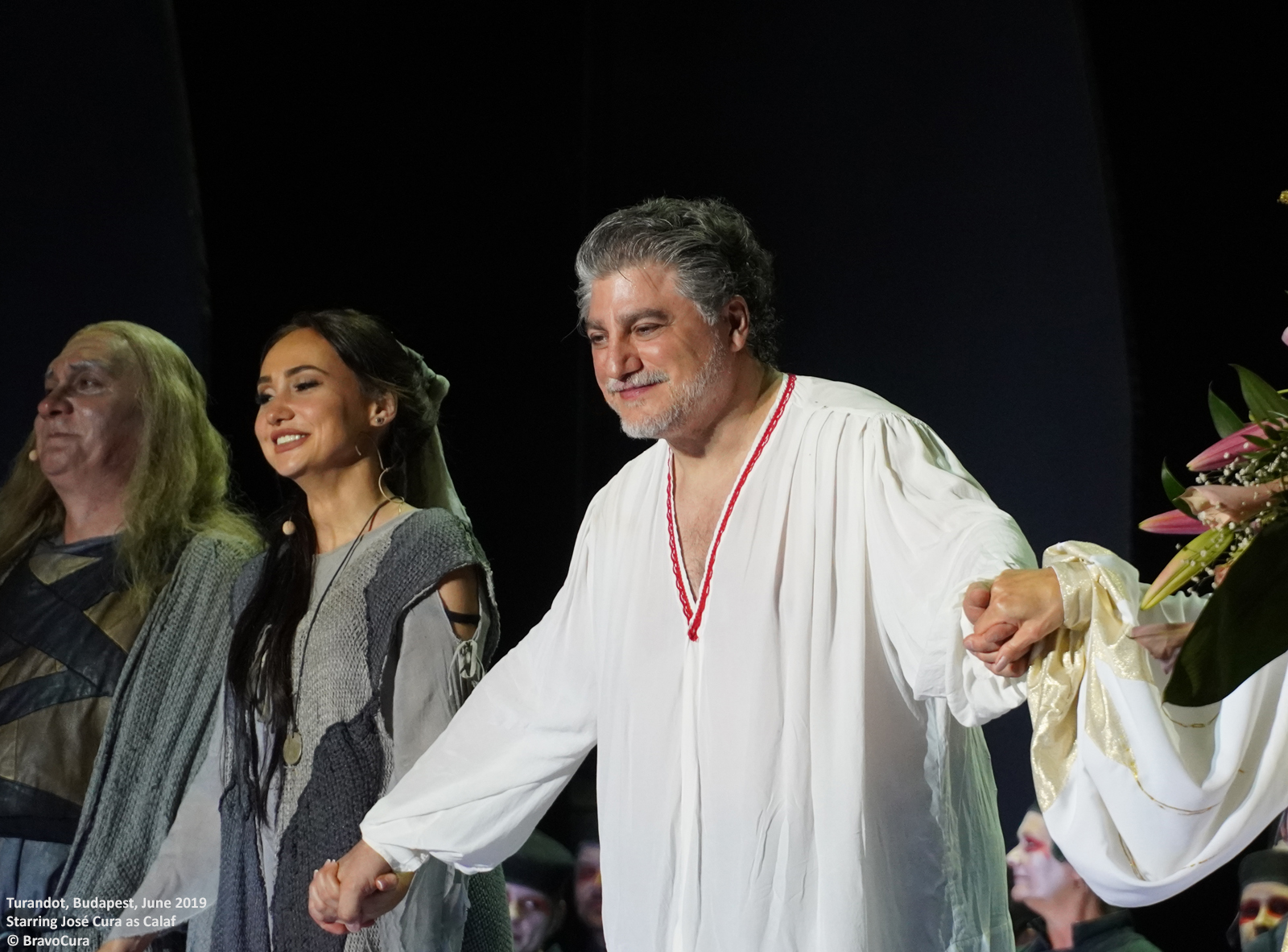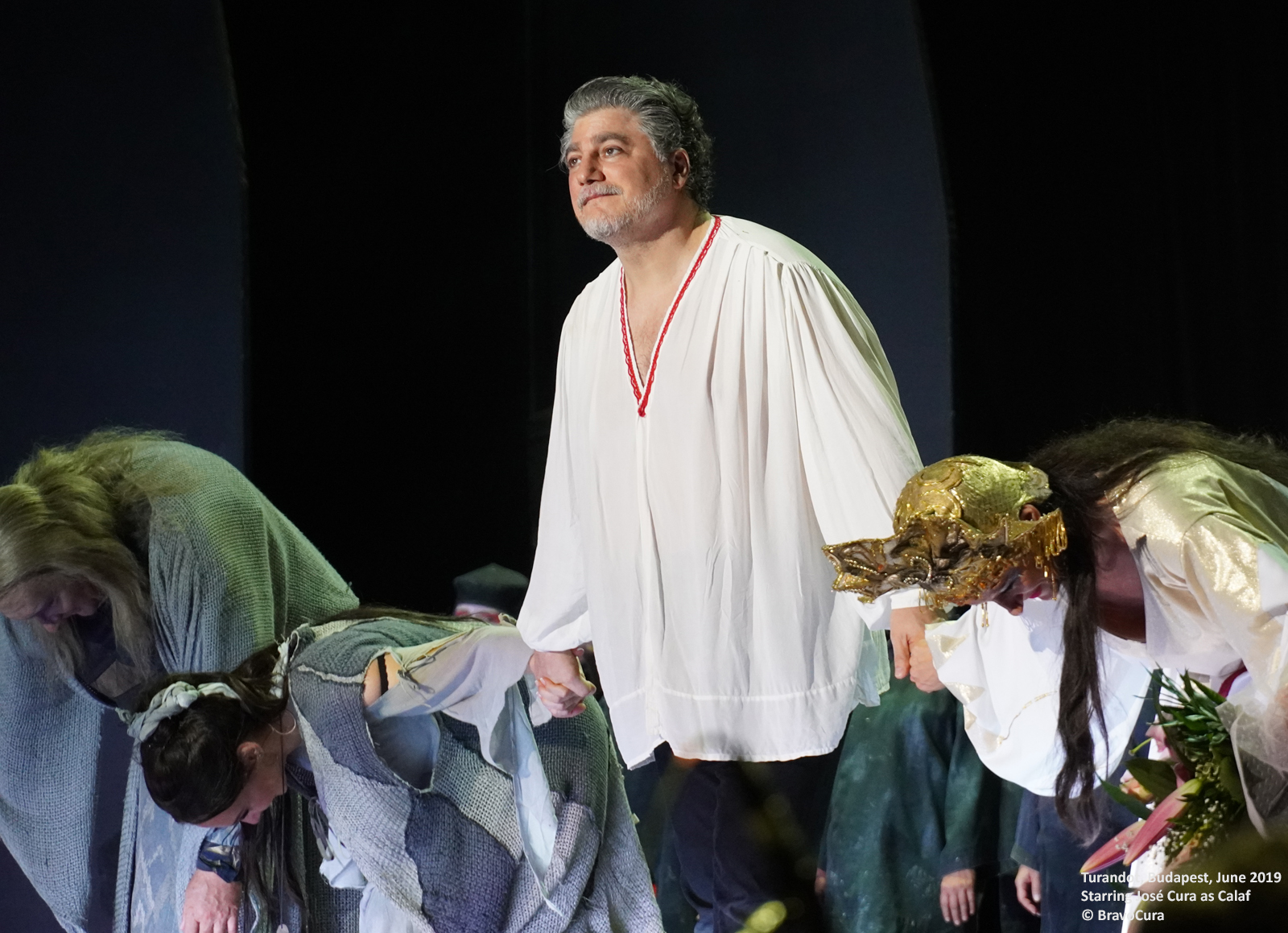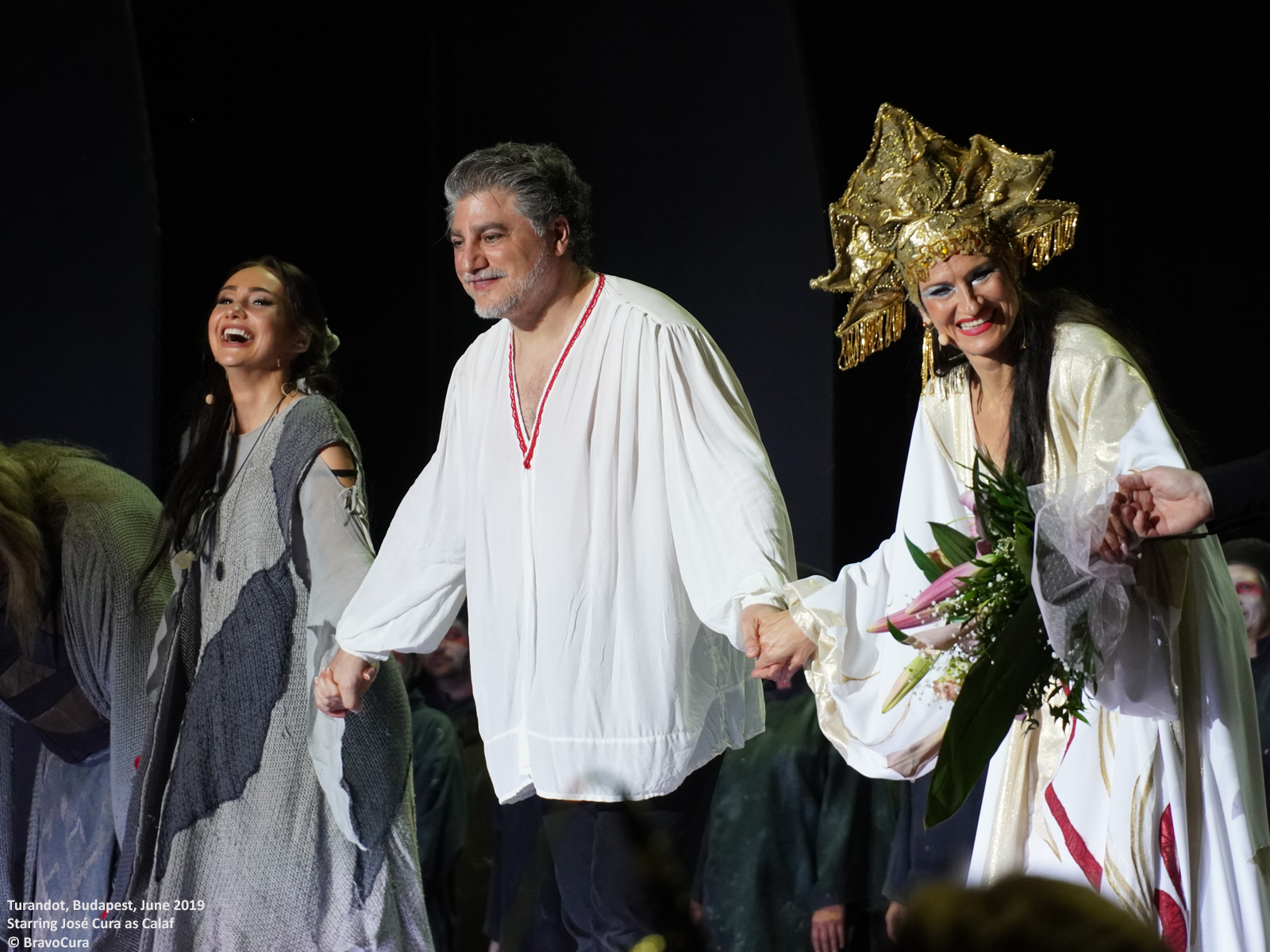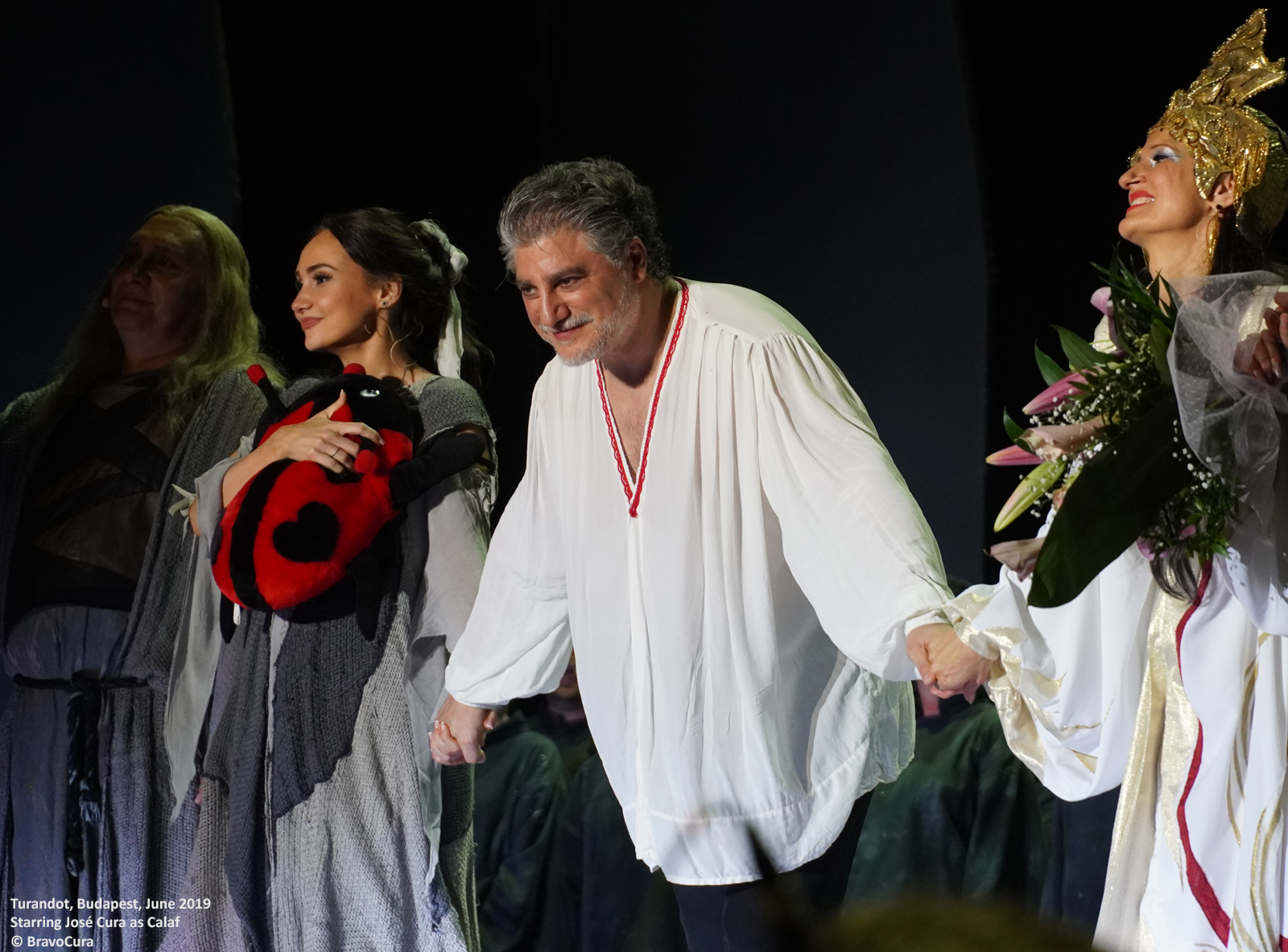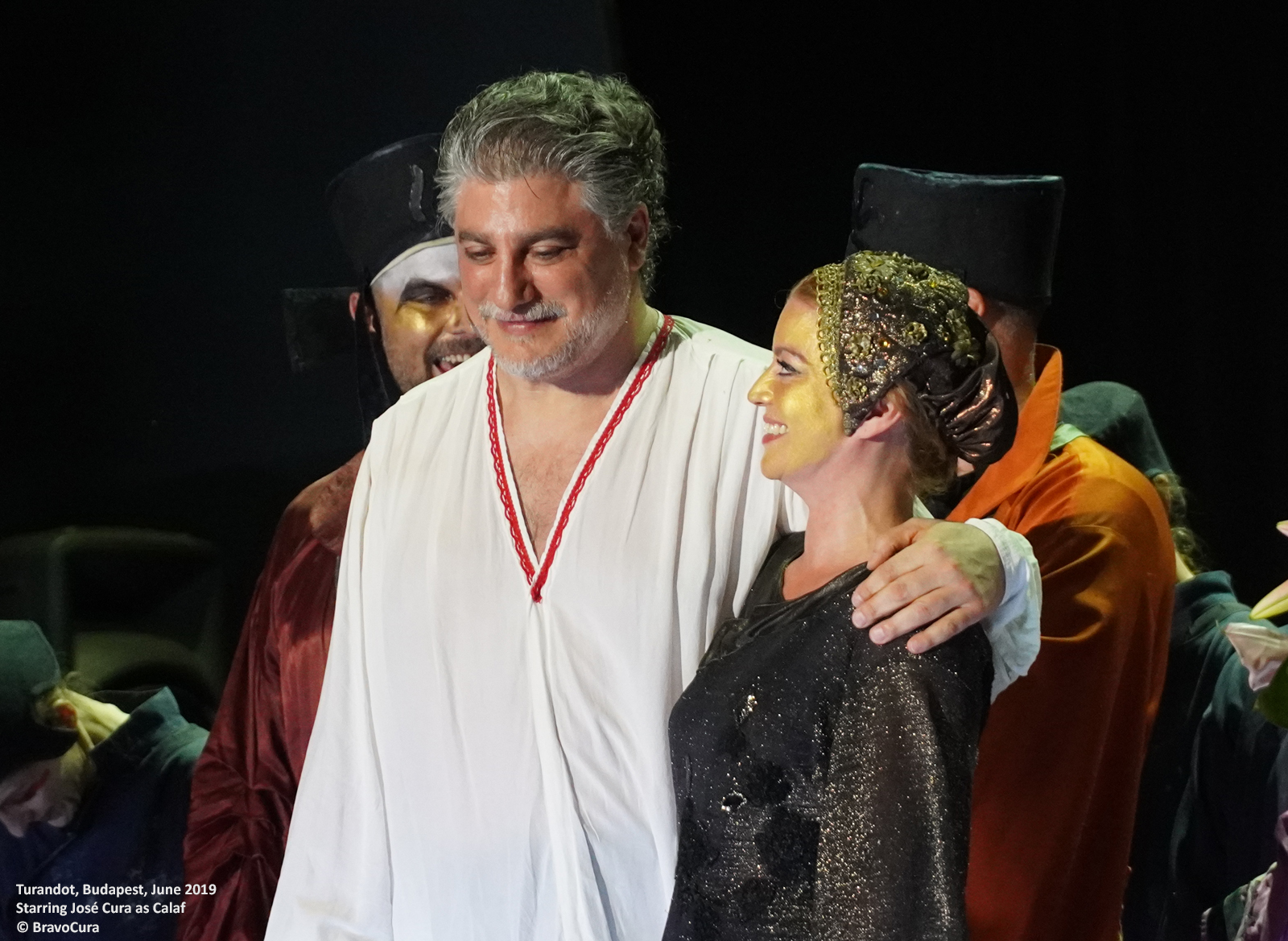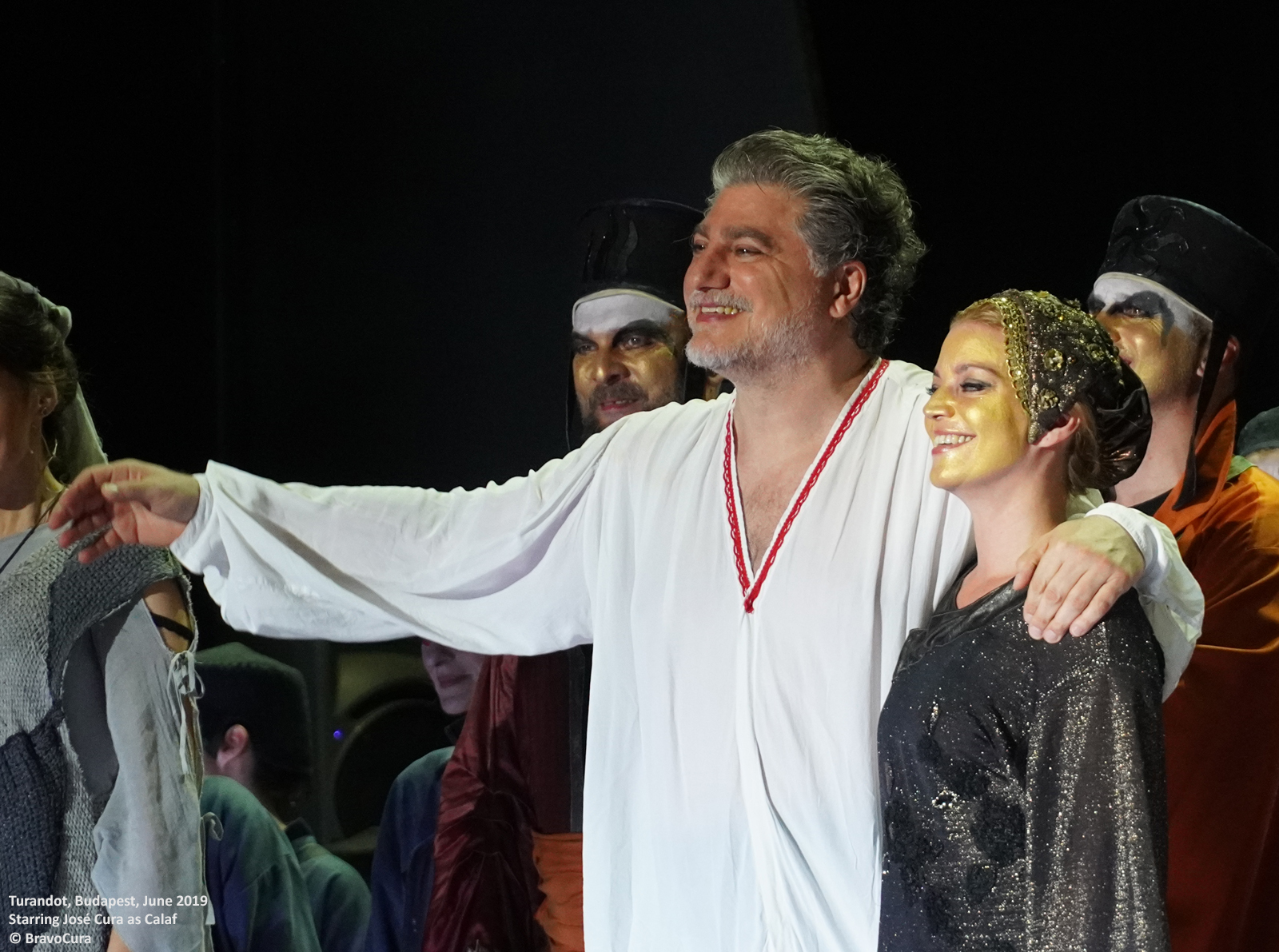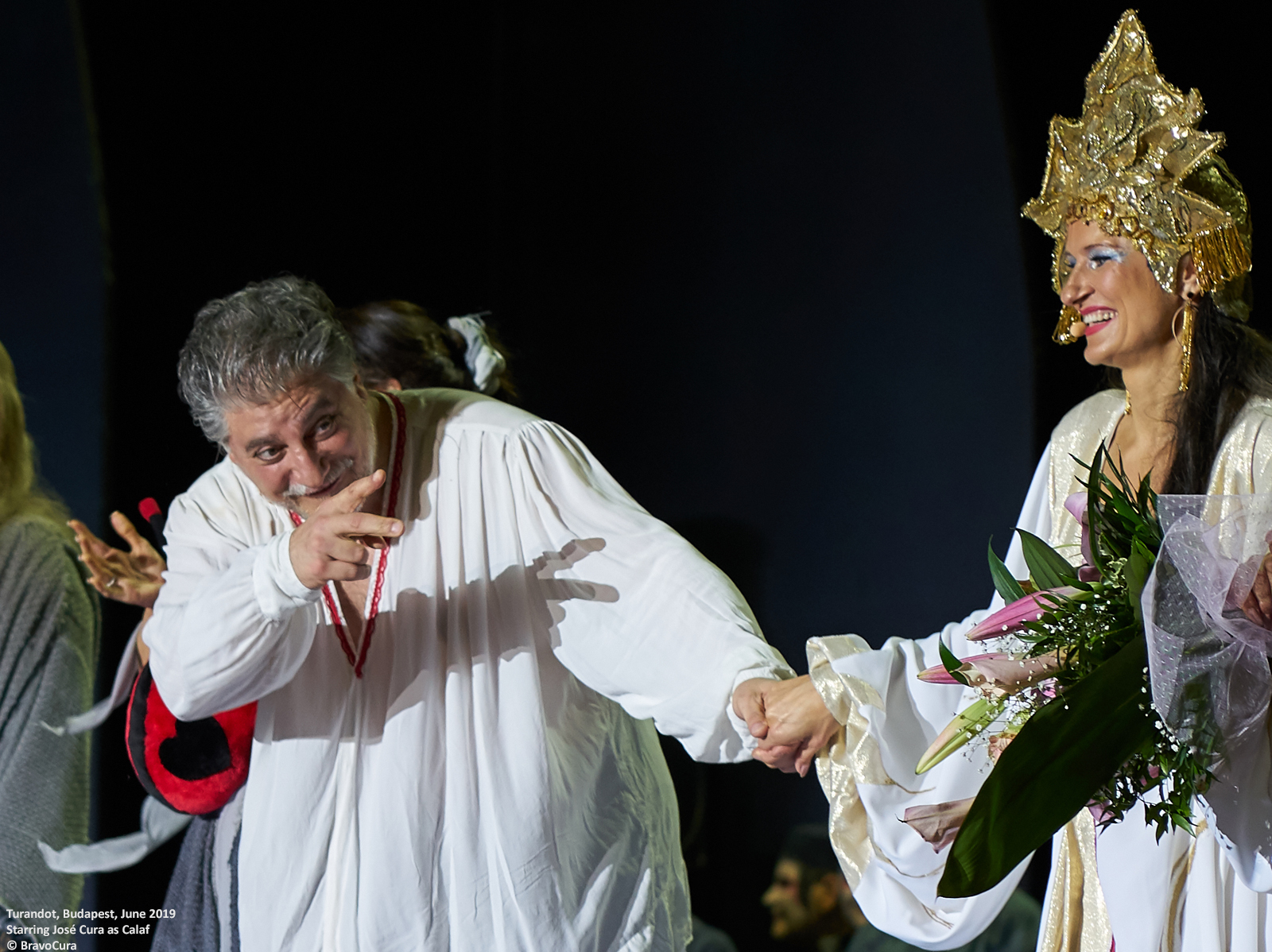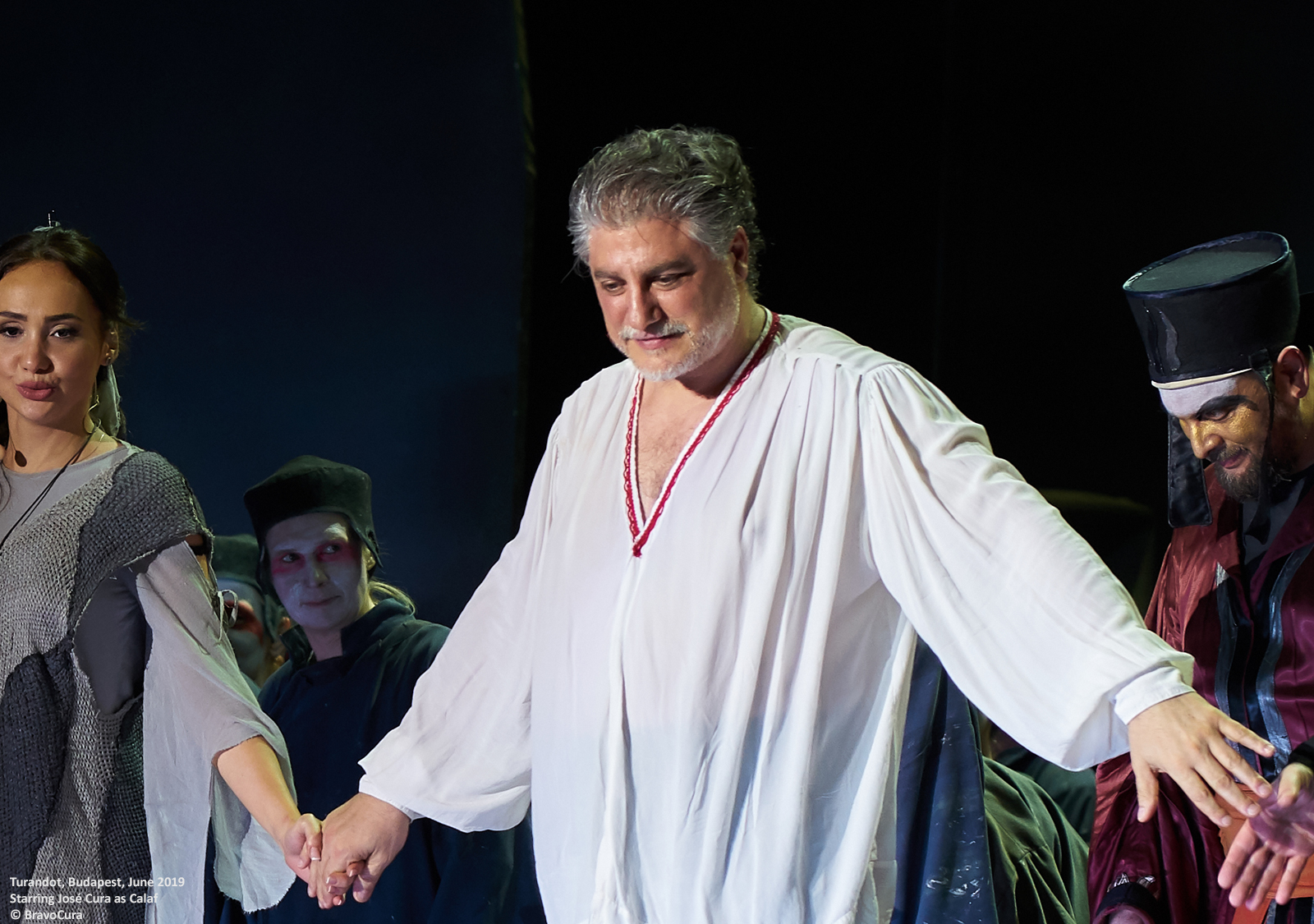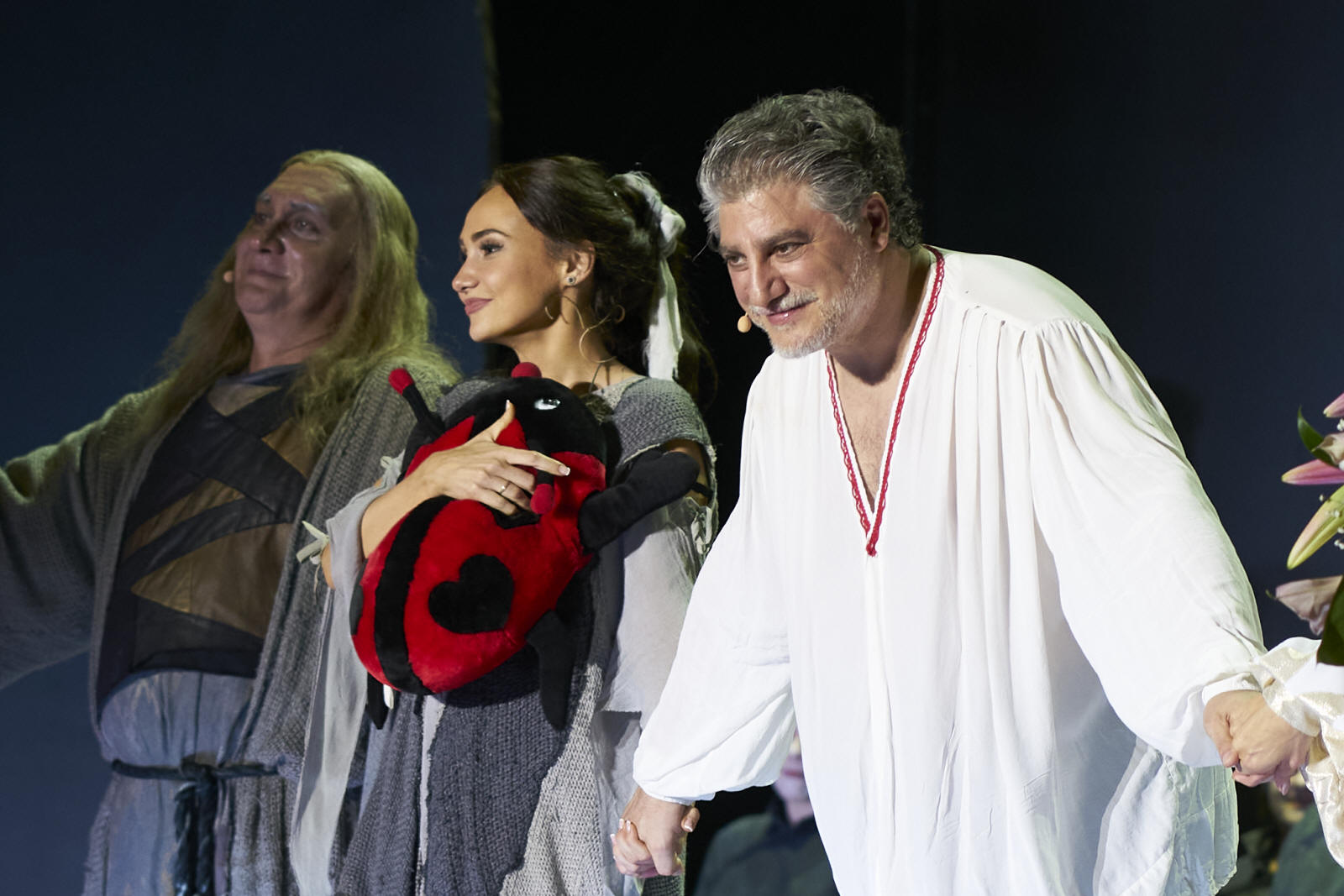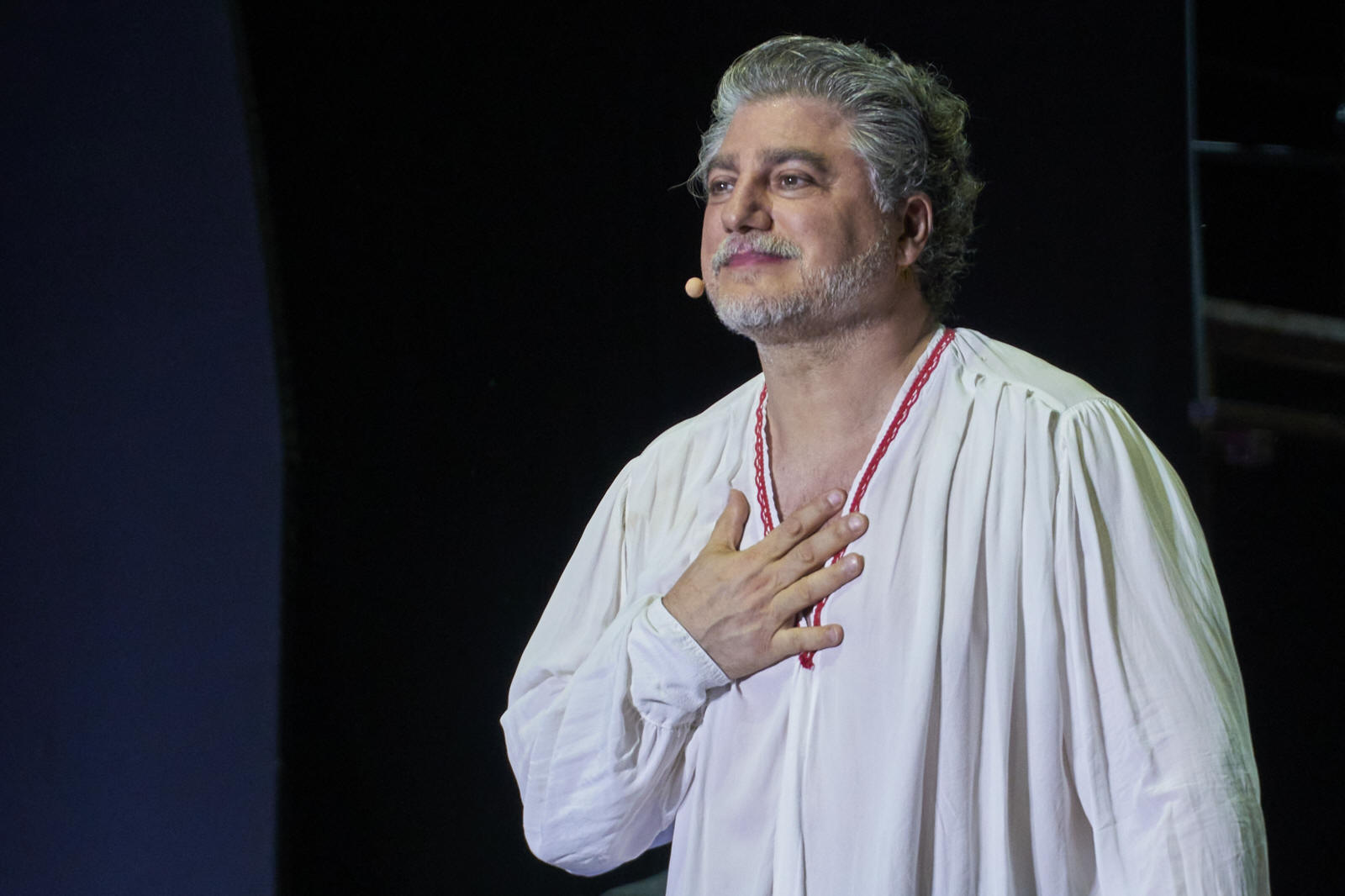Turandot - Budapest
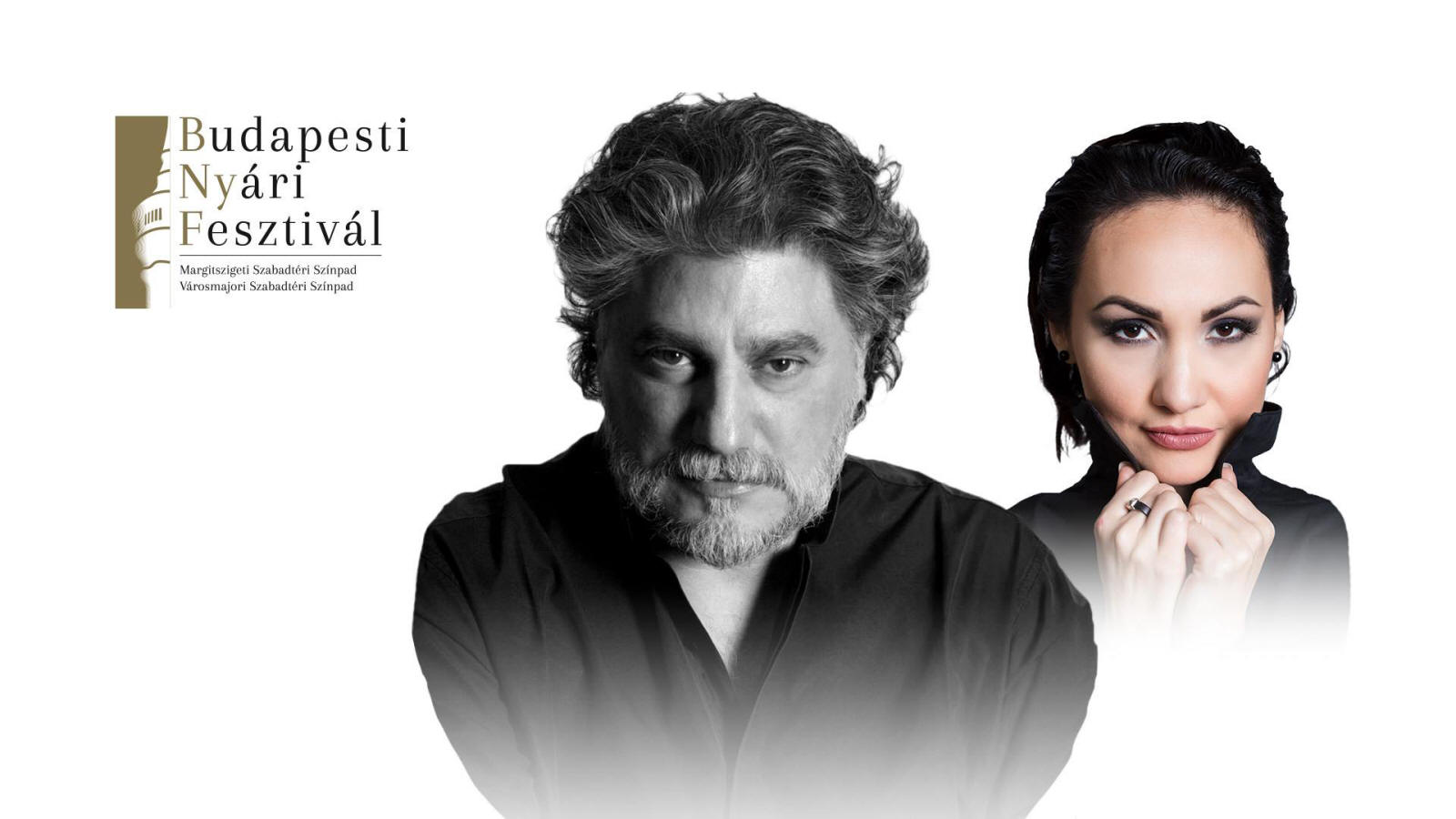
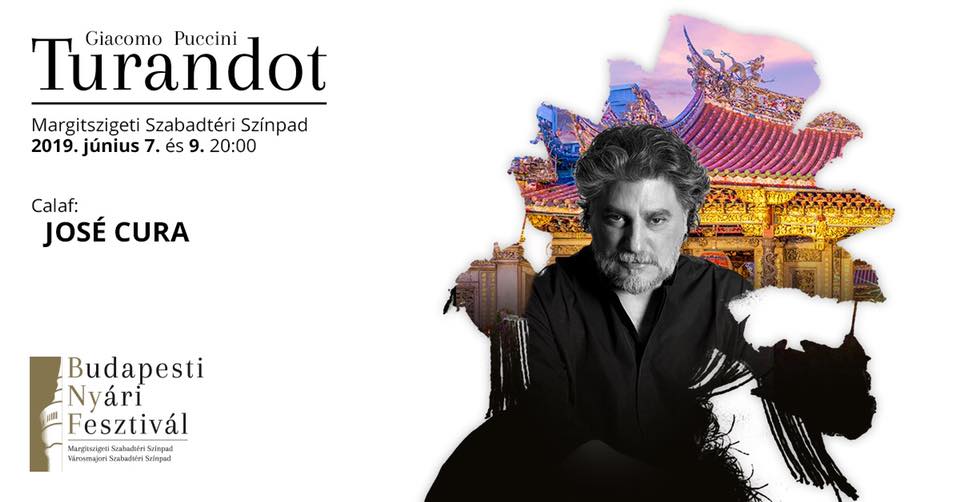
|
Giacomo Puccini: 7 June (Friday) and 9 June (Sunday ) 2019 at 8 p.m. Margaret Island Open-Air Stage Puccini’s last and perhaps most astonishing work is his first opera based on a fairy tale, but with burning, repressed romantic desire at its core. The premiere of this frenetic and epic musical piece features star soloists such as the excellent young Romanian soprano Cristina Pasaroiu and Argentine opera legend José Cura in both the lead and title roles. The story of the Chinese princess actually comes from a Persian tale. Besides Gozzi, Schiller also adapted it. Puccini was very fond of the story and took an active part in the work of his librettists, G. Adami and R. Simoni. “Of all Gozzi’s stage works, I consider Turandot the most natural and human of Gozzi’s plays,” the conductor wrote to Adami in 1920. The work features an ambitious construction and a distinct, exotic sound, but all this is overshadowed by the final duet and grandiose lyricism of the tale, which was left without a finale. The opera was finally finished by Puccini’s pupil and friend, Franco Alcano, on the basis of Puccini’s precise notes. Its world premiere was in Milan’s La Scala in 1926.
|
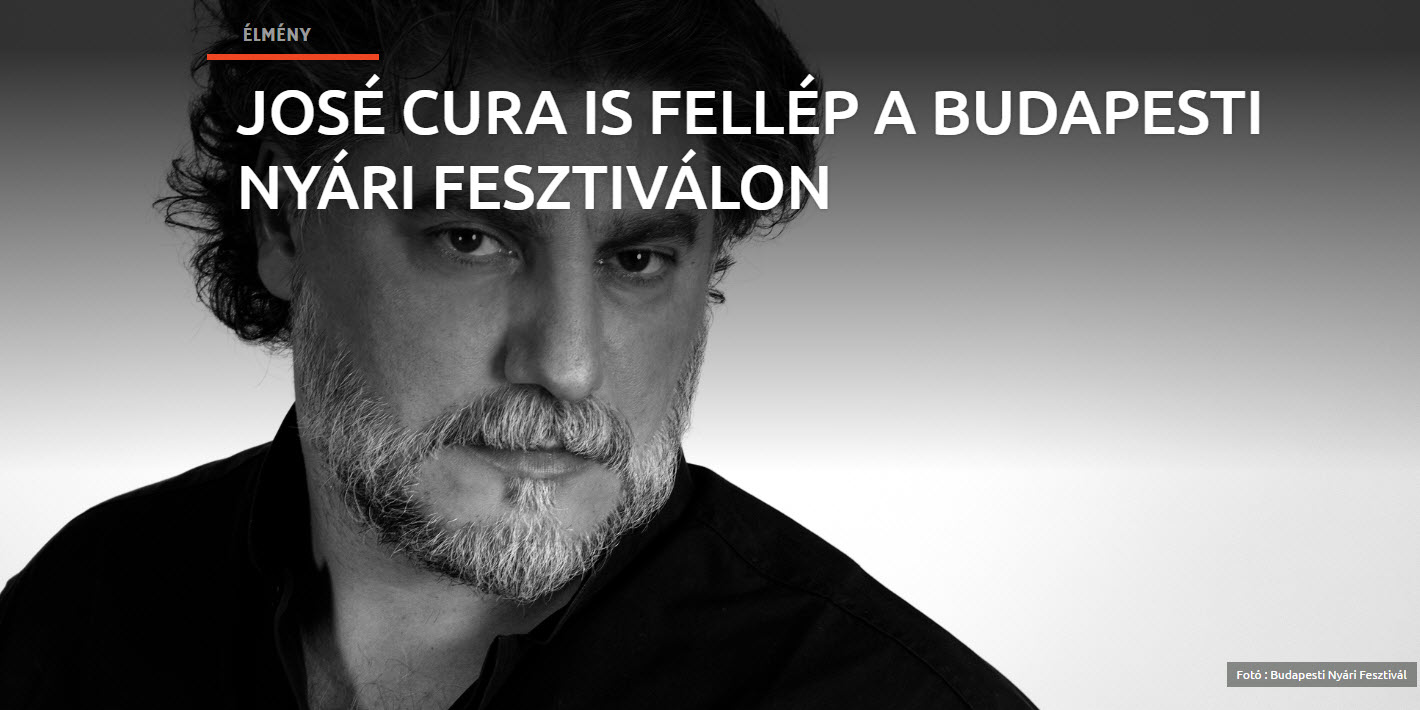
| José Cura will Perform at the Budapest Summer Festival We Love Budapest [Computer-Assisted Translation // Excerpt] José Cura, the Argentinean opera legend, lives inside Calaf’s skin twice in June in Puccini's Turandot at the Budapest Summer Festival on the Margaret Island Outdoor Stage.
Argentine opera singer, composer, conductor, actor, teacher, photographer and businessman José Cura, also known as the Tenor of the 21st Century, has been seen in Budapest at the Opera House, the Academy of Music and the Palace of Arts and also in rural festivals such as Tokaj, Veszprém and Szeged. The opera singer recently returned to Budapest, on February 24 at the Cziffra Festival in Budapest with world-famous tenor Balázs János piano accompaniment.
This year, the artist's series of performances in Budapest will not end with this: Cura will be a permanent guest of the Hungarian Radio Art Groups beginning with a concert year starting in the autumn, for three years. As part of the co-operation, he conducts Verdi's Requiem in November, and in January of 2020 he will conduct the premiere of his own opera opera, Montezuma, and the Ginger Friar at the Music Academy. As a singer, the Hungarian audience will also be able to see Leoncavallo in his opera Pagliacci.
However, before starting work with the Hungarian Radio Art Groups, we can see how the world famous tenor in the role of Calaf in Giacomo Puccini’s Turandot at the Margaret Island Open-Air Stage on 7 and 9 June. In Puccini’s last and perhaps most expressive work, José Cura will be partnered by the Romanian soprano Cristina Pasaroiu (Liu) ande Rila Silvi in the title role. The conductor will be Balázs Kocsár and the Orchestra, Choir and Children's Choir of the Hungarian State Opera will participate in the show
In honor of José Cura - who, due to his many performances, has been tied to the Hungarian capital for years - the Argentinean Embassy recently hosted an affair. The guest of the event was also Teodora Bán, director of Szabad Tér Theater Nonprofit Kft. At the reception, José Cura personally expressed his appreciation for the great Budapest Summer Festival that hosted him.
|
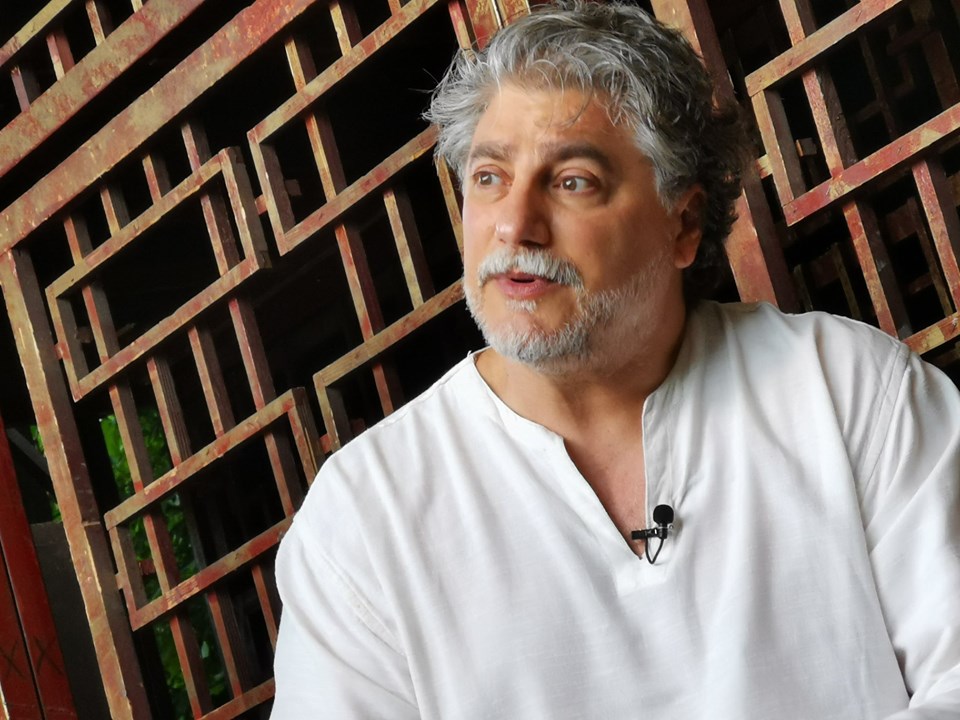
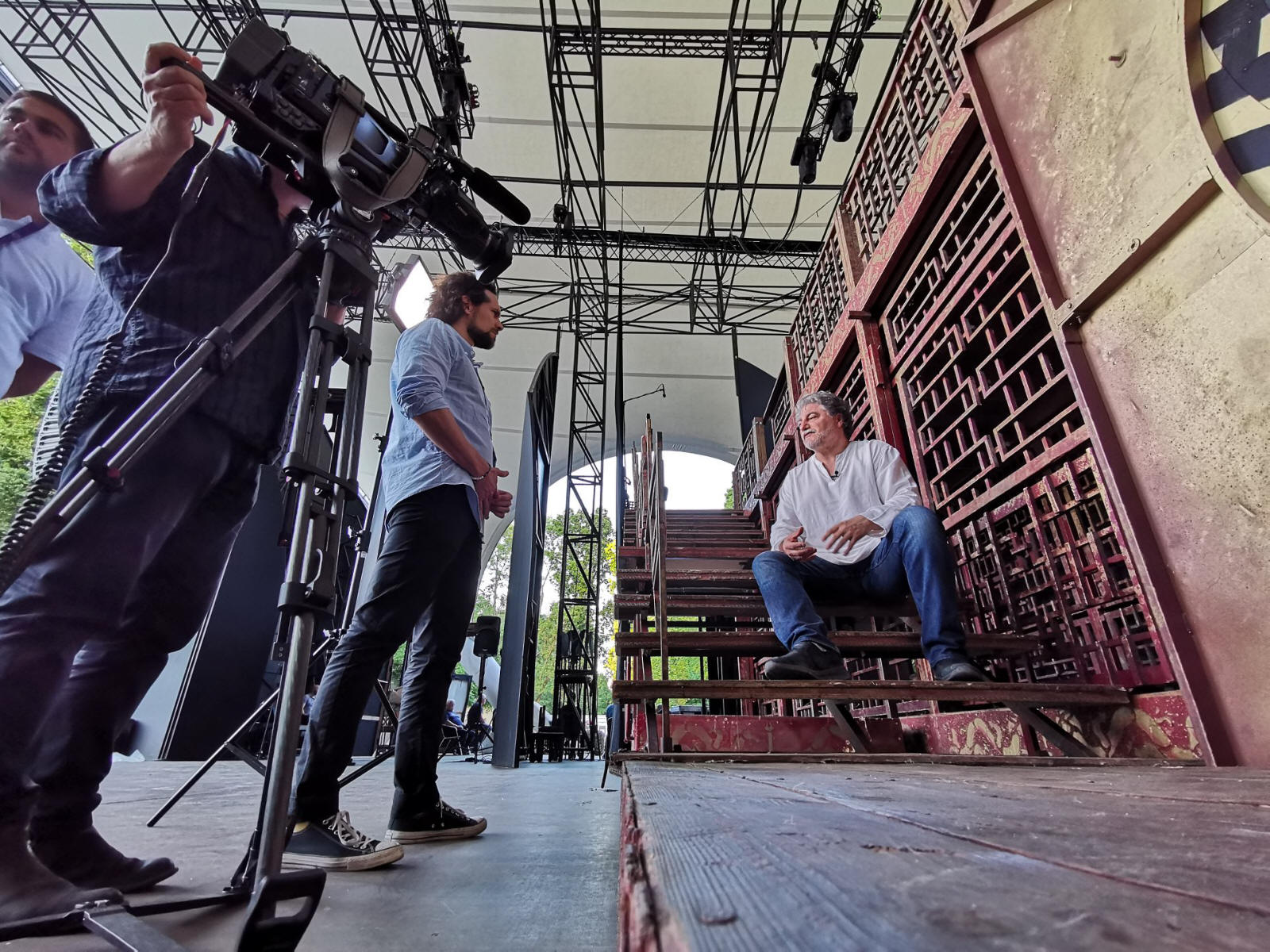
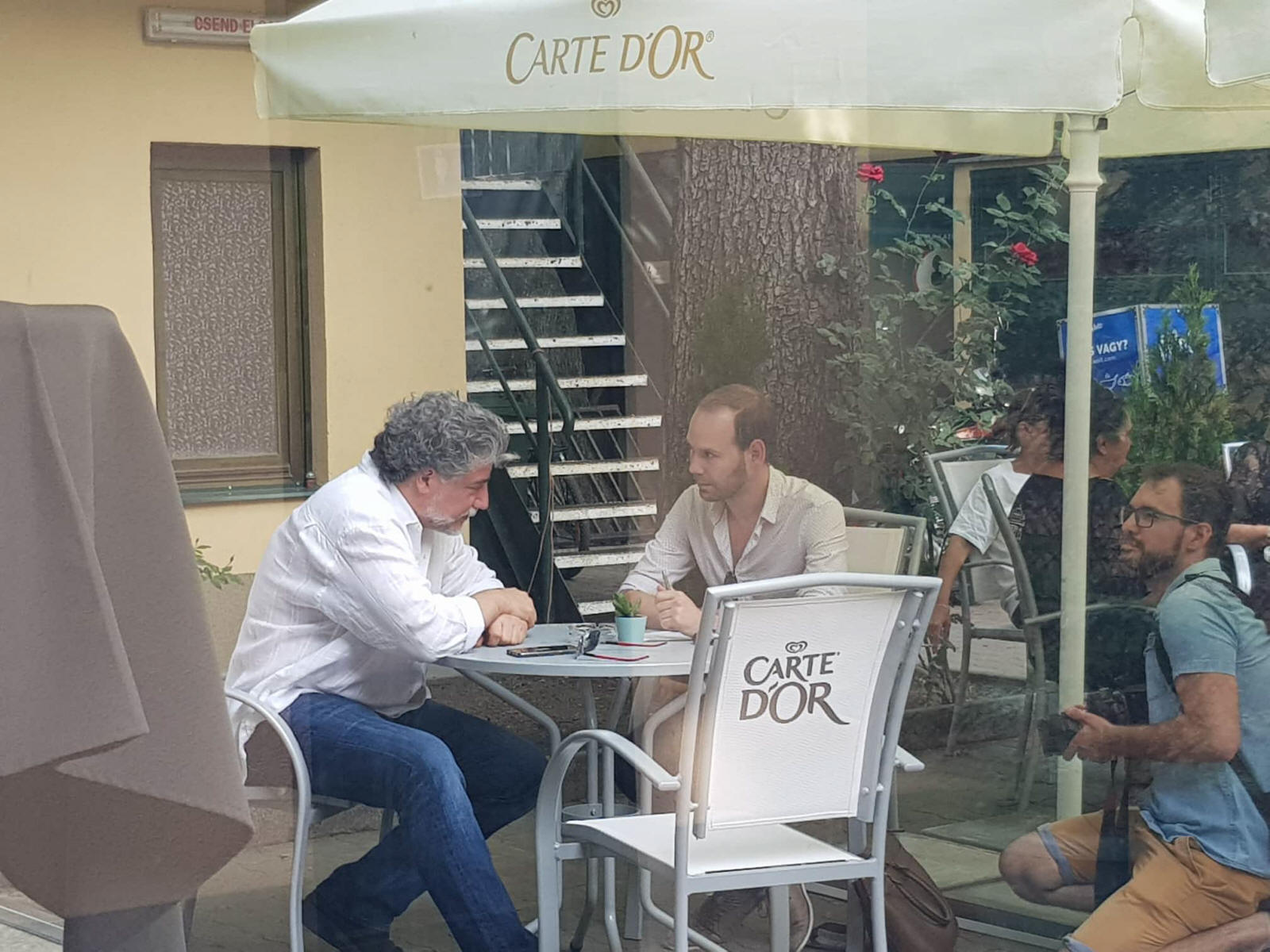
|
|
Note: This is a machine-based translation. José Cura uses language with precision and purpose; the computer does not. We offer it only a a general guide to the conversation and the ideas exchanged but the following should not be considered definitive.
|
|
Official Photos from Turandot Act I
Note that this is not Verdi's Turandot and the eponymous star is missing from the poster but it did get the Calaf right ...
|
|
BravoCura Photos Act I Note: we removed the microphone from some of the photos
|
|
Act II
|
|
José Cura: "The audience is accustomed to seeing me in different roles"
Papageno 26 April 2019
José Cura, the Argentine opera legend, will star as Calaf on June 7 and 9 in Puccini's Turandot on the Margaret Island Open-air stage. Nowadays, José Cura is increasingly honoring his other great passions, conducting, and composing. The good news for Cura fans is that they will have the opportunity to see the singer many times this year in Budapest. We talked to him about his upcoming work and his experiences in Hungary. - In the summer of 2000 you made your debut in Hungary with the Falion Chamber Orchestra of the Hungarian State Opera (conducted by János Ács). Have you had any prior relationship with Hungary? Why did you choose our country? - My first show in Hungary was my first trip to this wonderful place. Until then, I had no relationship with the country, but since then, I have been more and more involved. Hungary occupies a prestigious place in the musical life of the world, so when I am asked why Hungary is, I find it strange. Why? I can only answer why not? It was one of the best decisions for me. - Many people say it is a festival is different from a concert. Did you experience that? Is there a difference? - A performance is a performance, and it doesn't matter to me whether it is in the festival season or in the theater season. The only difference may be that the program of the festivals is less rigid, not bound to rules, so that pieces that are not on the repertoire will also appear. The medium is much more open, you can experiment more. Maybe more for some people. - You have worked with several well-known Hungarian opera singers. How was your relationship with them and did you work well together? What is your opinion about Hungarian music education? - In Hungary, music education is very high. But often, outstanding talents do not come from where the conditions are ideal. I think success depends not only on education. There are many other things needed for someone to succeed. You have to be determined and there is a lot of work and humility. Without these things, you cannot go [far]. I have been singing with some excellent Hungarian singers, and the joint work has always been very good. - Do you have a chance to see much of the city on a trip like this one? Do you have a favorite place in Budapest? When I'm here, I always work, I don't really have time to look around. I perform in one of the operas, this time singing the role of Calaf in June, or give a concert, or maybe I will conduct the concert. And after my performances I meet my friends. These visits are all about work without exception. - When will the Hungarian audience see you again? - Soon. After the performance in June, the joint work with the Artistic Associations of the Hungarian Radio begins. First, my own oratorio, Ecce Homo, will be recorded, and as part of the collaboration, I will conduct Verdi's Requiem on November 13 at Müpa. I think the audience is accustomed to seeing me in many roles. After many years of hard work I dare to stand in front of the audience outside my usual role. I'm on my way. That's so exciting. I look forward to what the future holds. |
|
|
|
Turandot Act II - Bravo Cura Photos I
|
|
José Cura: I Feel Close to God Lokál Erika Bodnár 17 June 2019
José Cura sang the lead role of Puccini's Turandot in the Margaret Island Outdoor Stage last week. After the star-studded rehearsals with the star tenor, we talked about acting, talent and belief in God. You once said you prayed that your artistic mission would bring peace to everyone. Do you feel close to God? José Cura: It depends on what you mean by God. If you mean institutionalized religion, the church, then not so much. But when we talk about God Himself, I can say that yes, I feel close to God. According to some, the artist mediates between the lord and the audience. Yeah, like a medium. But it is not just artists, because it is the flower, it is the wonderful rose, or the sun or the tree that mediate between man and God. This is a very simple matter, and it does not need to be more complicated: all living beings speak of the presence of God. Whoever thinks more about himself as an artist has a problem with his ego. When you were eight, your teacher thought you would be better off not dealing with music. Why? Because he thought I was too young for the life that classical music required. He wisely suggested that I do something else and he was absolutely right in this respect because I was supposed to be a kid then and not sitting at the piano. Among other things, I owe this advice to who I became. I played rugby like others and thanks to that I had a wonderful childhood, and now I'm sitting here as a musician. Fate will catch you even if you try to avoid it. Besides Domingo, Carreras and Pavarotti you are referred to as the fourth tenor. What do you think about this title? It was just a designation in the press, back in the 1990s when my career began. At that time, the Three Tenors were extremely popular and they were known by this name, and I was one of the very first members of the new generation, but it’s been at least thirty years. Pavarotti is dead, Domingo is singing as a baritone, and I'm just a tenor singer who is a perfectionist in his work. And – because we are at a lucky moment – with many other wonderful singers. Do you remember your first invitation in Europe? The first was in Genoa in July 1991, at an outdoor concert, if I'm not mistaken, on the 25th. It was a very special day, something like when your first child is born, you never forget his birthday! I was only 28. It is exciting and emotional to think back on that time. What is your relationship with your country? Was it important for you to be recognized in Argentina? I have lived in Europe for thirty years, of which I have spent 20 in Spain. When we are young, we believe we need to prove ourselves. But at my age you just do your job and let your actions speak for themselves. It is not important to prove yourself, and this knowledge comes with age. I love Argentina as much as when I was born, nothing has changed. The country, its citizens, my friends feel the same way, they are proud Argentines, and if there are some who do not like me, it is part of life. One thing is for sure, I'd like to be in my home country more often than I am now, but I can only go if I am invited. I do not have free access to Argentina. What do you do in Budapest when you are not working? There's no free time, I always work, at least I can't recall a moment when I had time for anything else. I have no idea what I would do in Budapest if I didn't have to work. Look, this is my day off: I've been trying since morning, but I had appearances and now I'm sitting with you! |
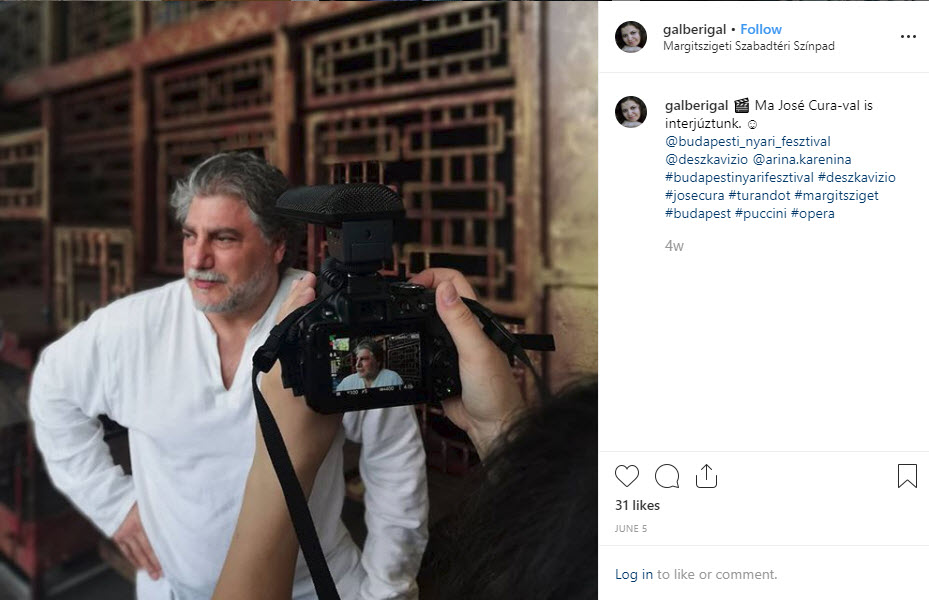
|
Act III
|
|
Due to the heat, José Cura changed shirts for the final act on the second night of performances. Photos are grouped by night rather than action.
|
|
|
